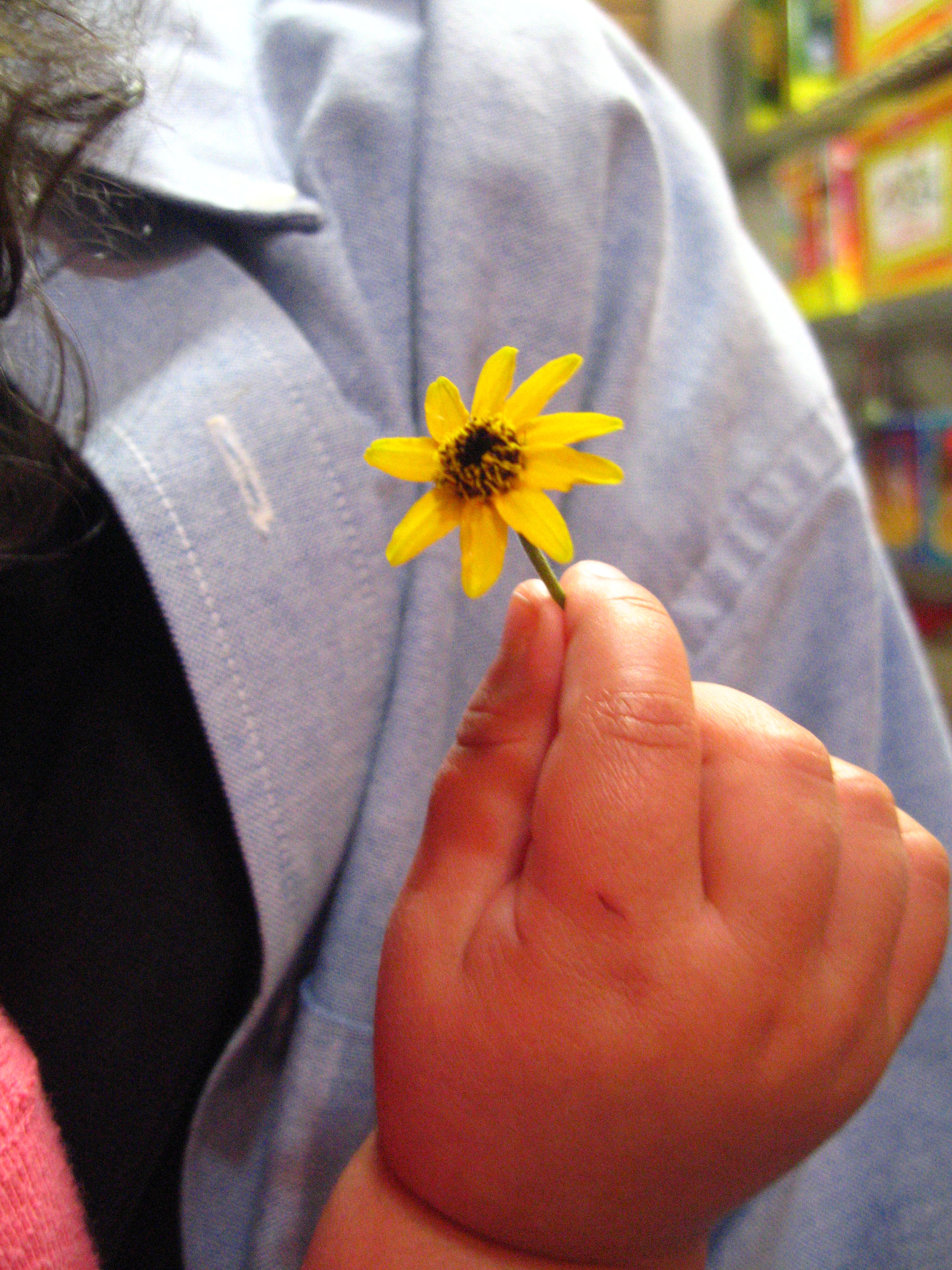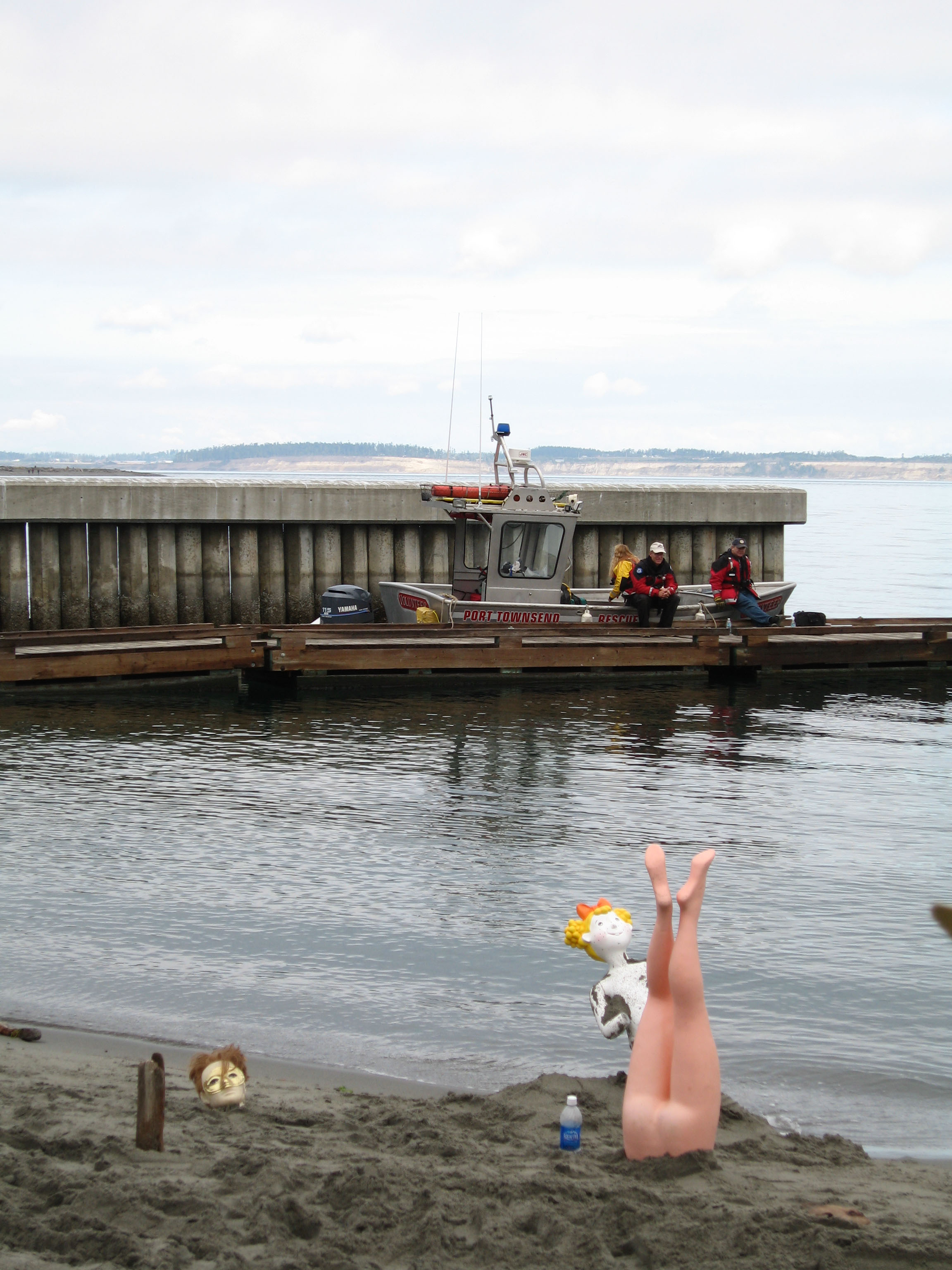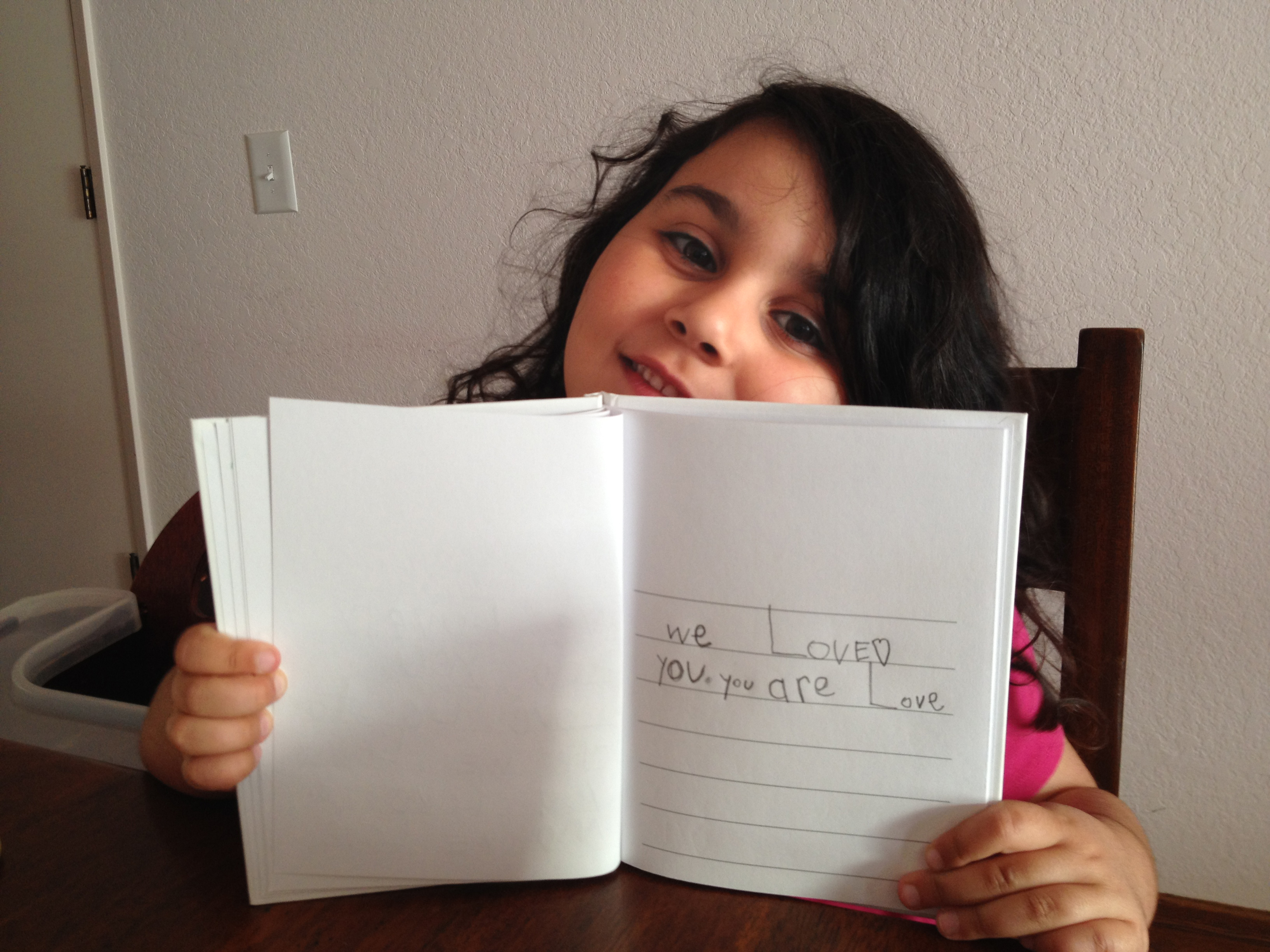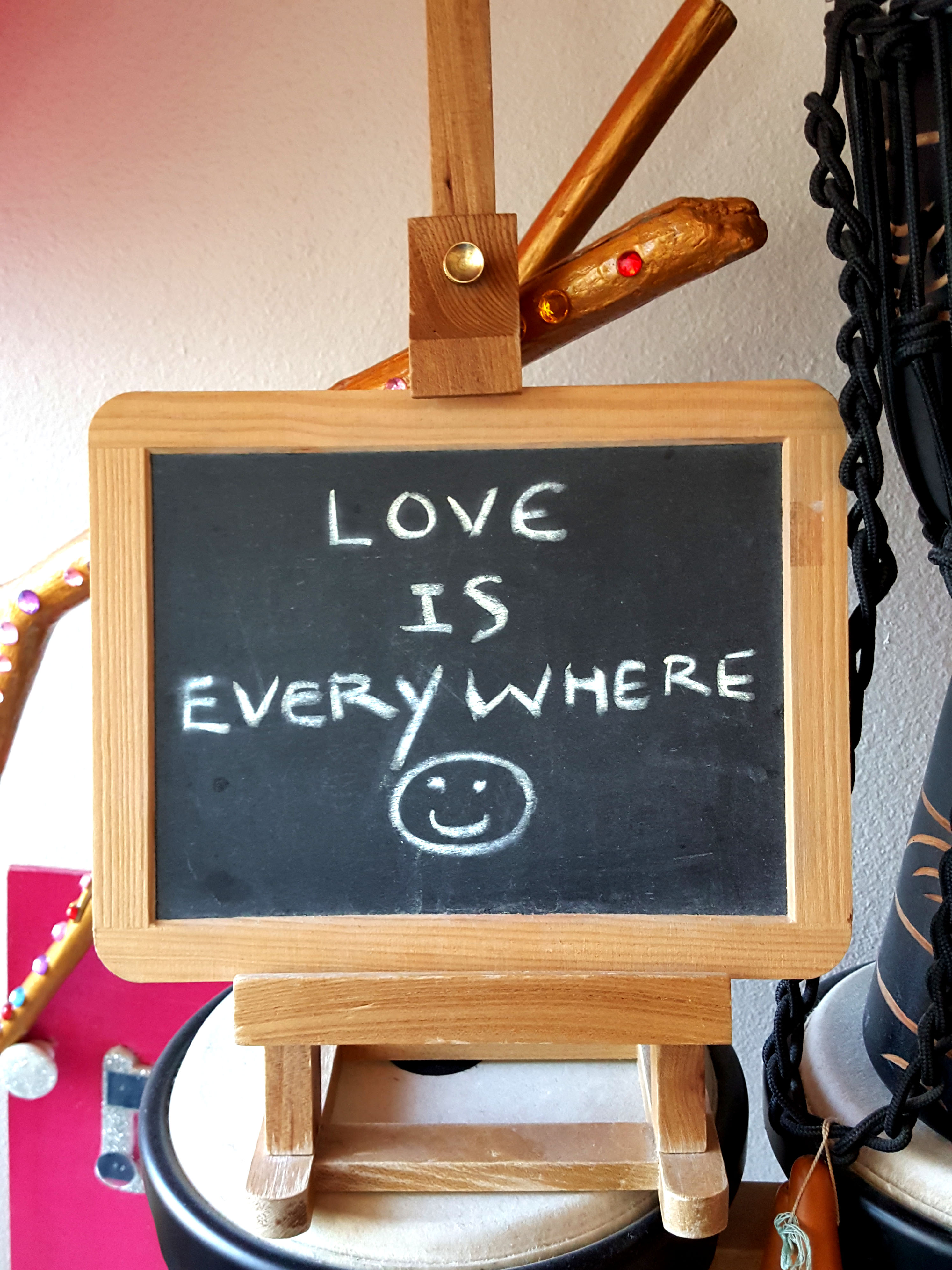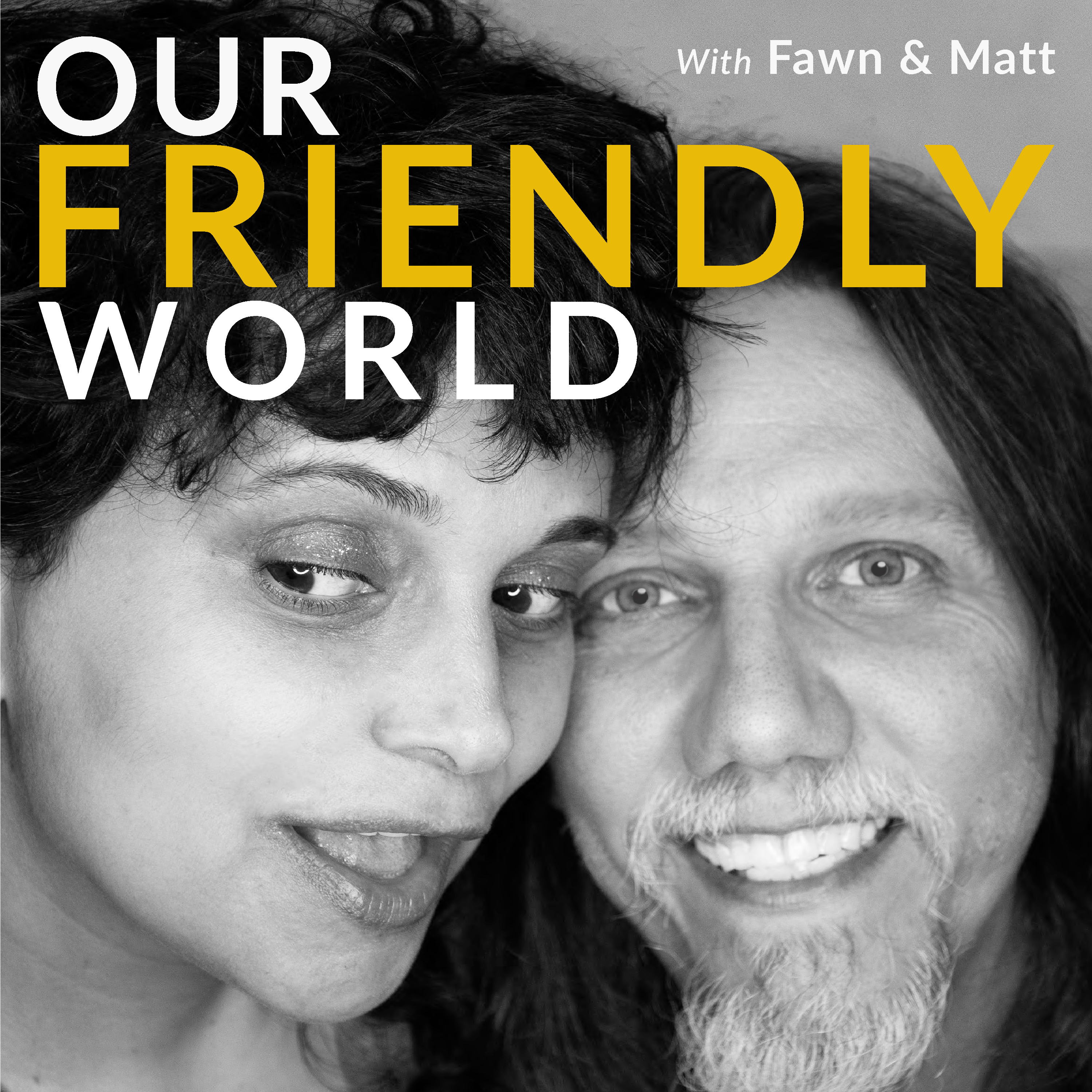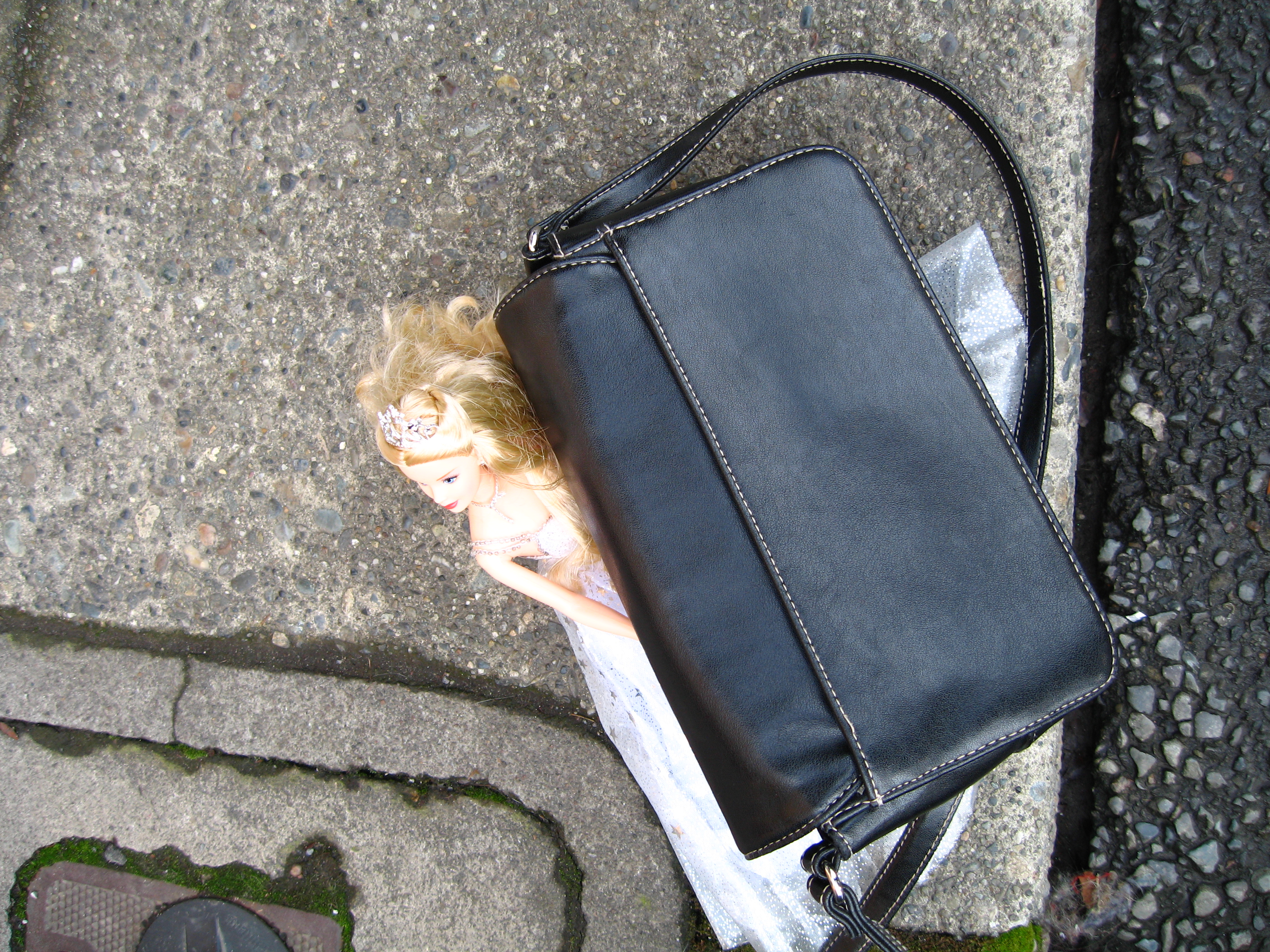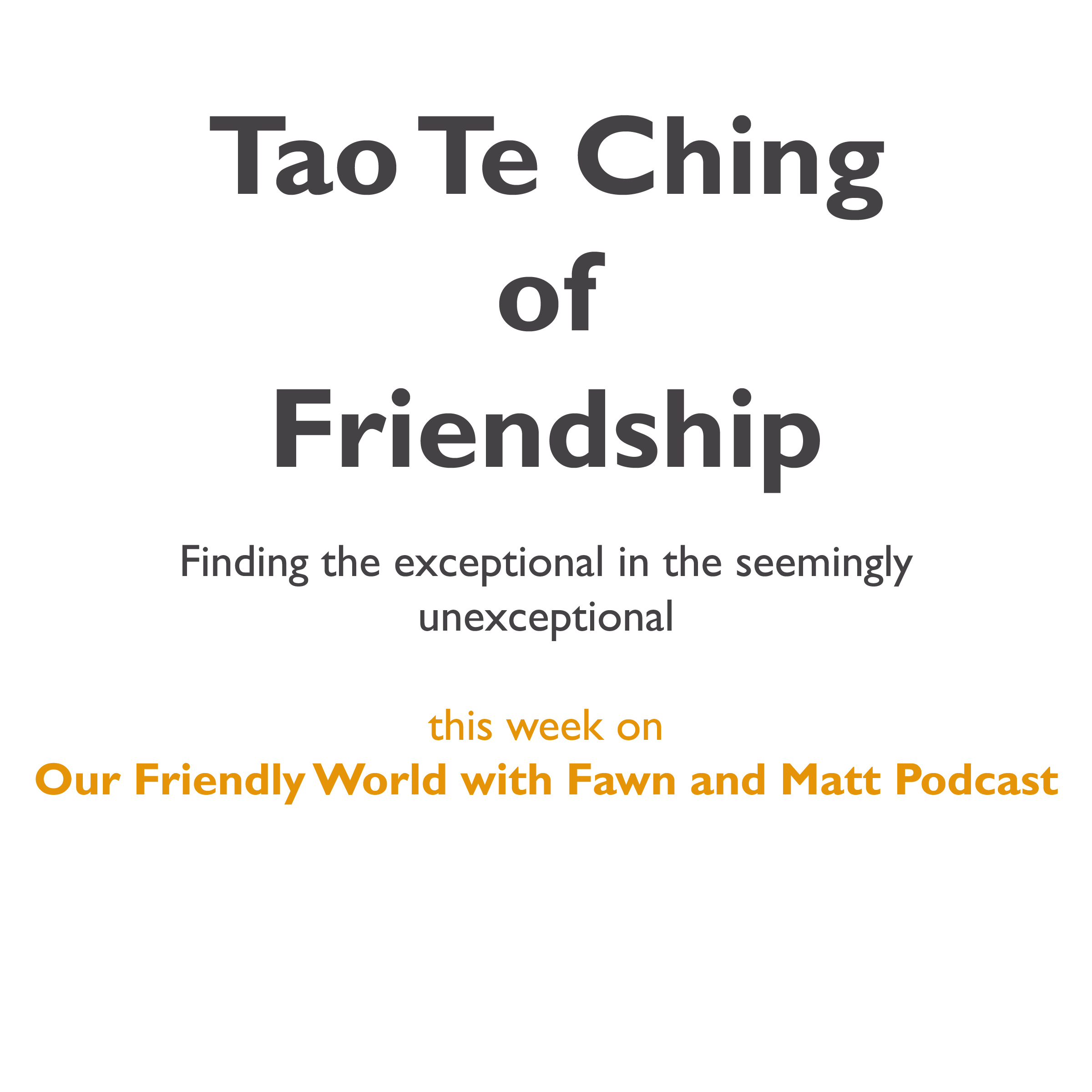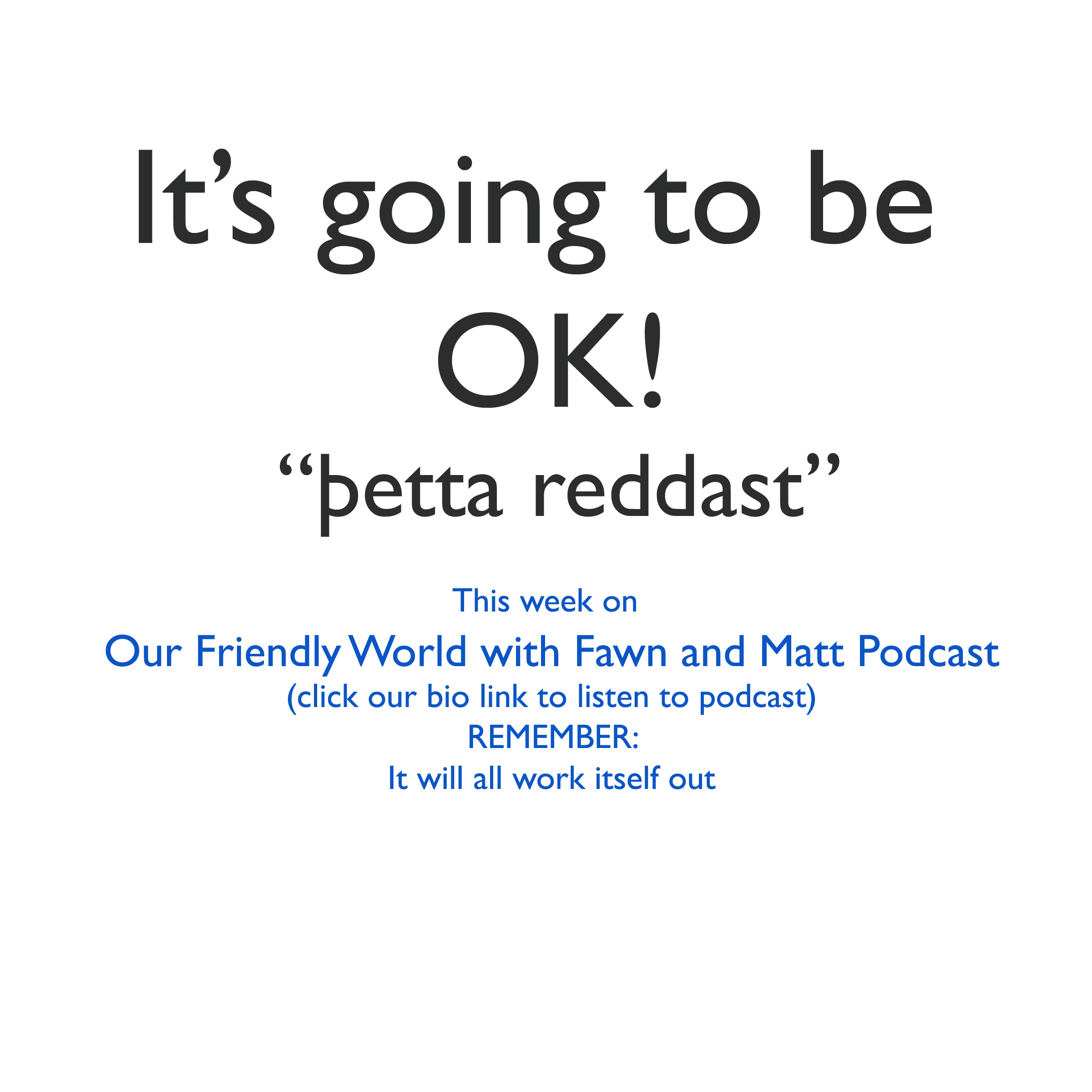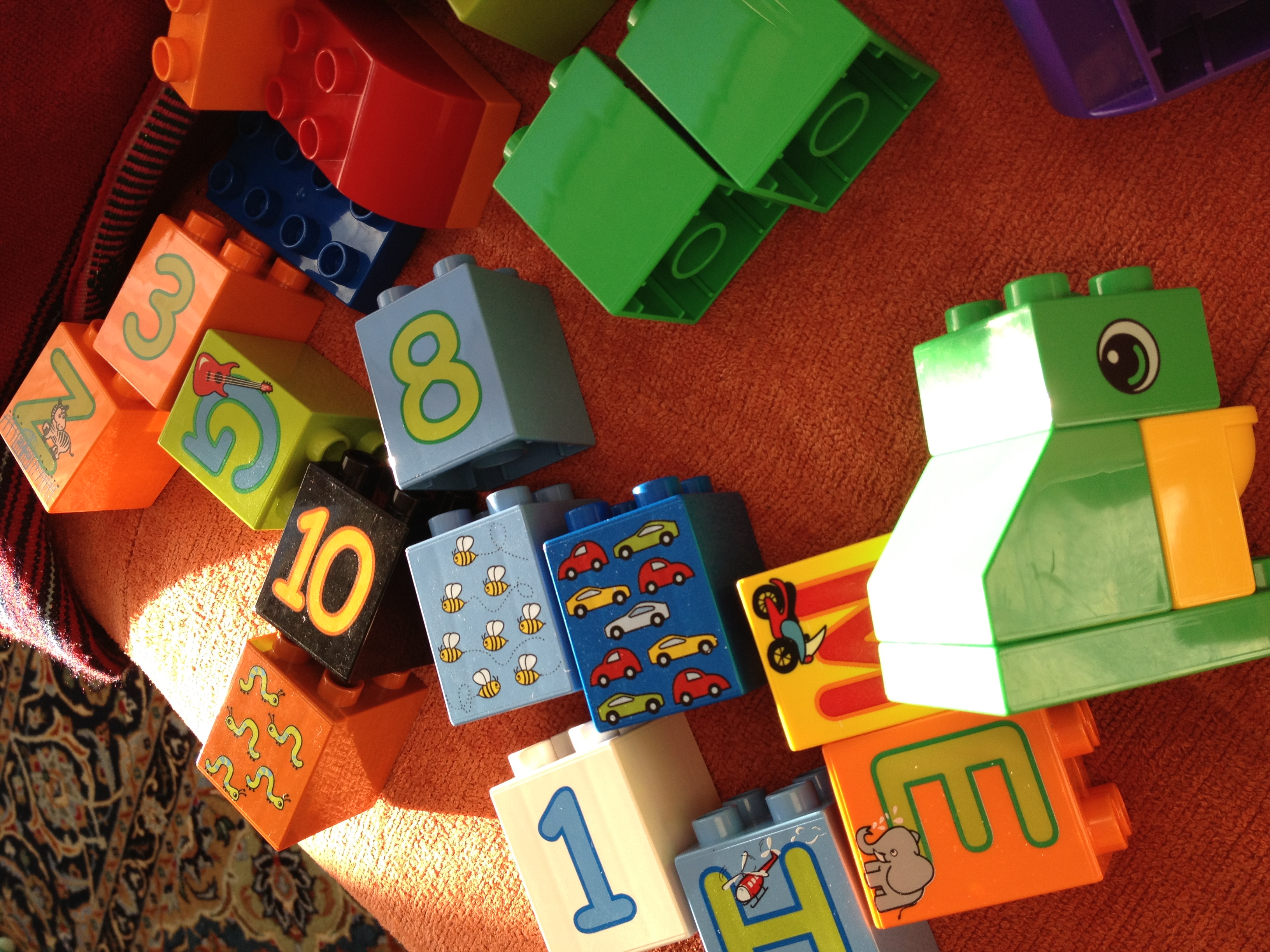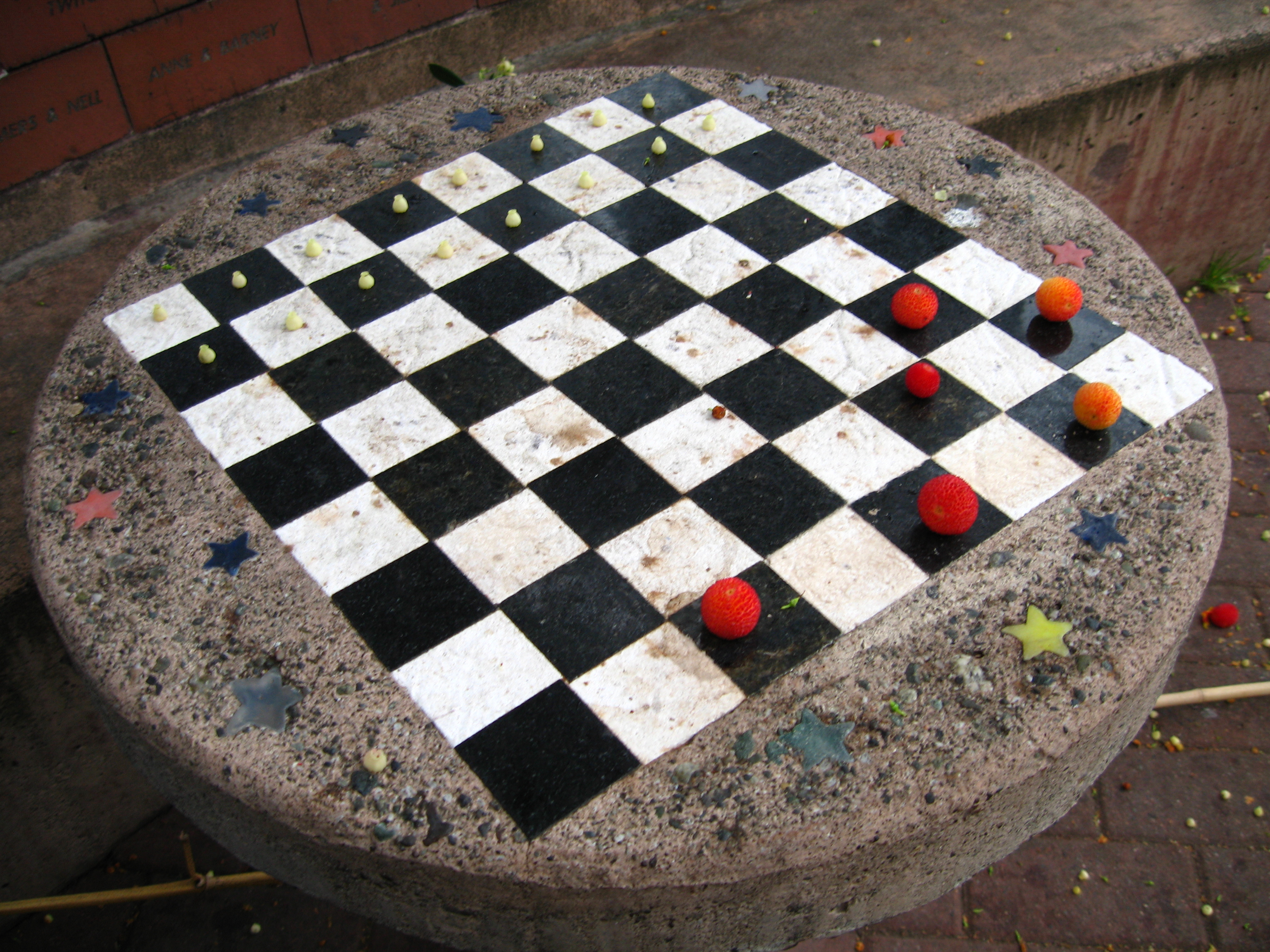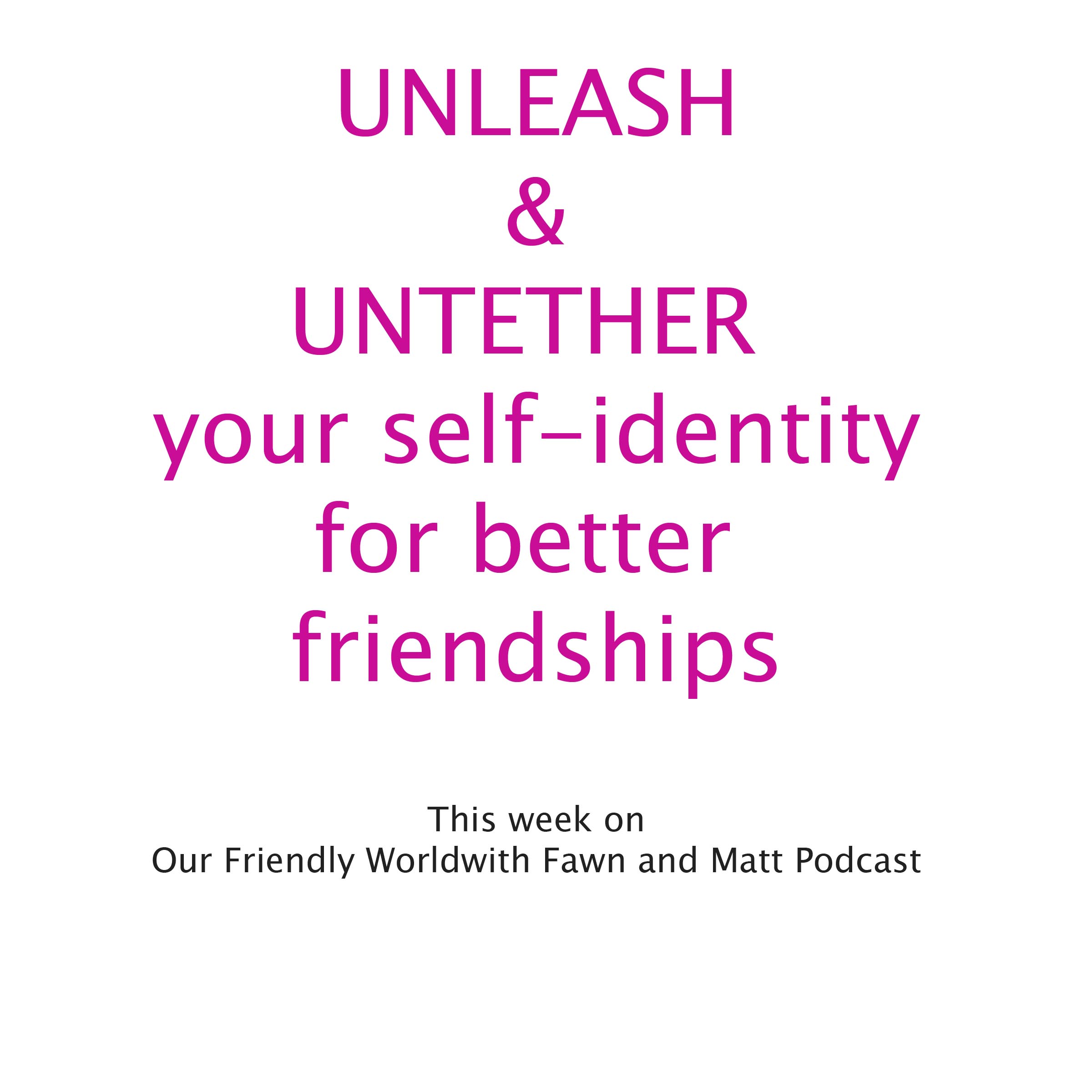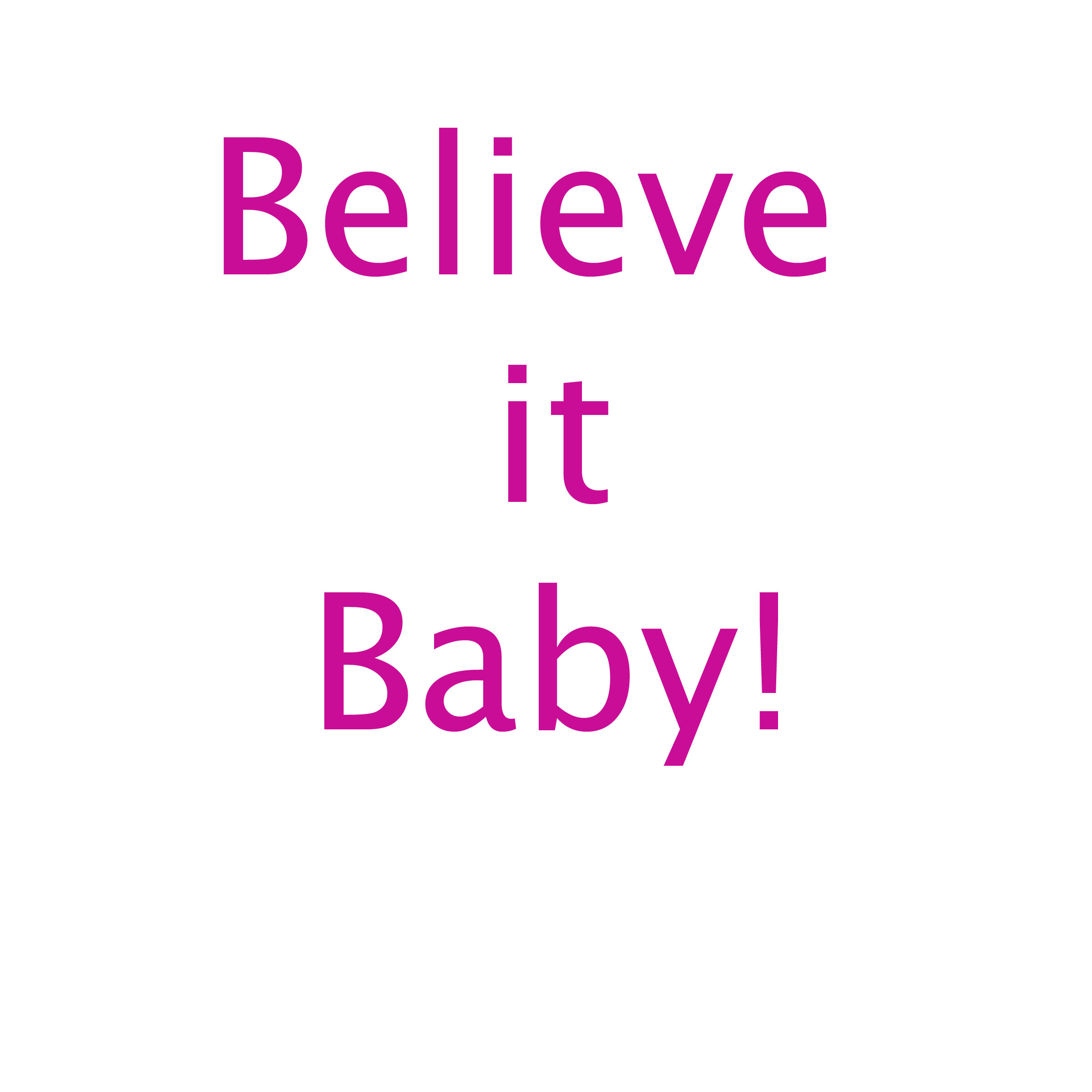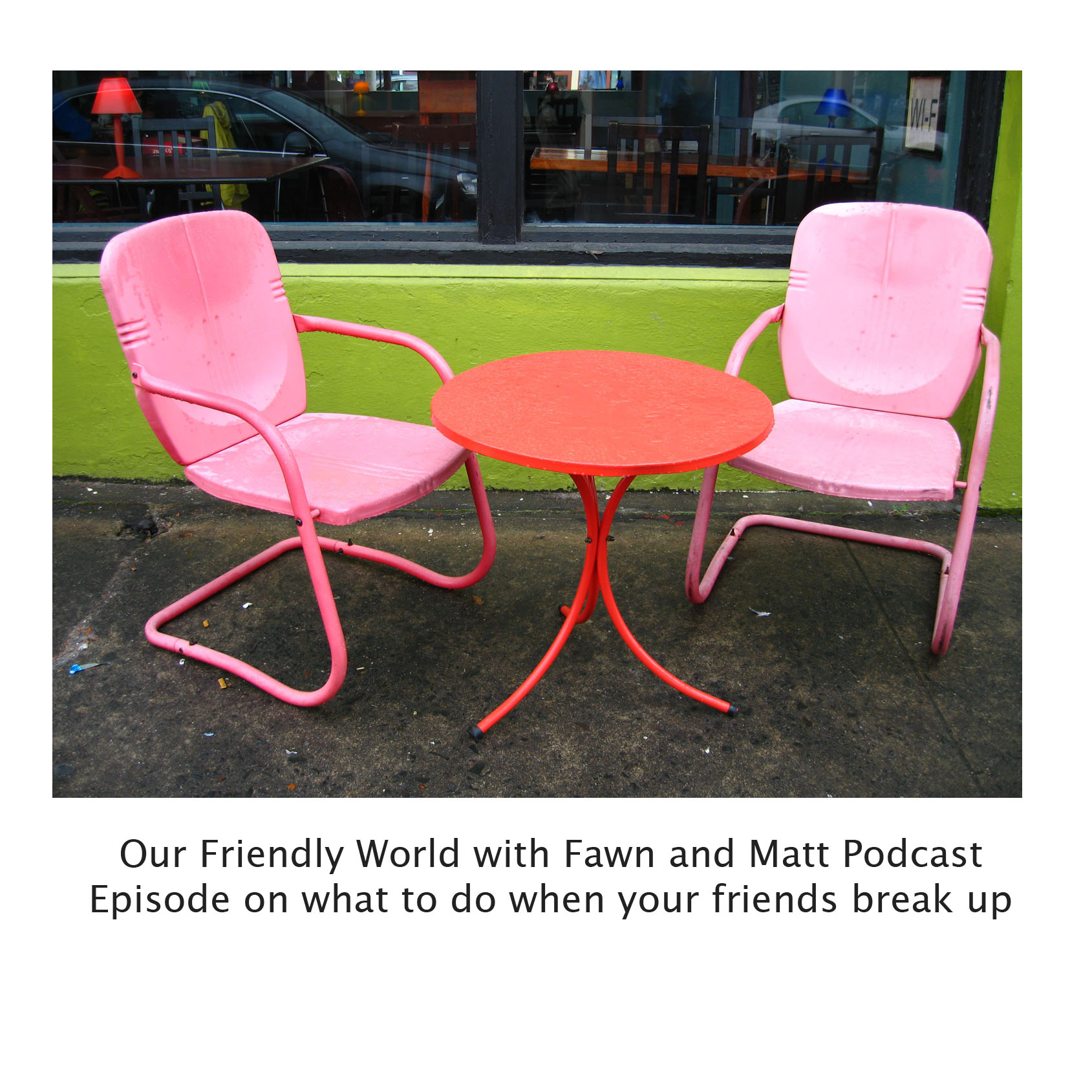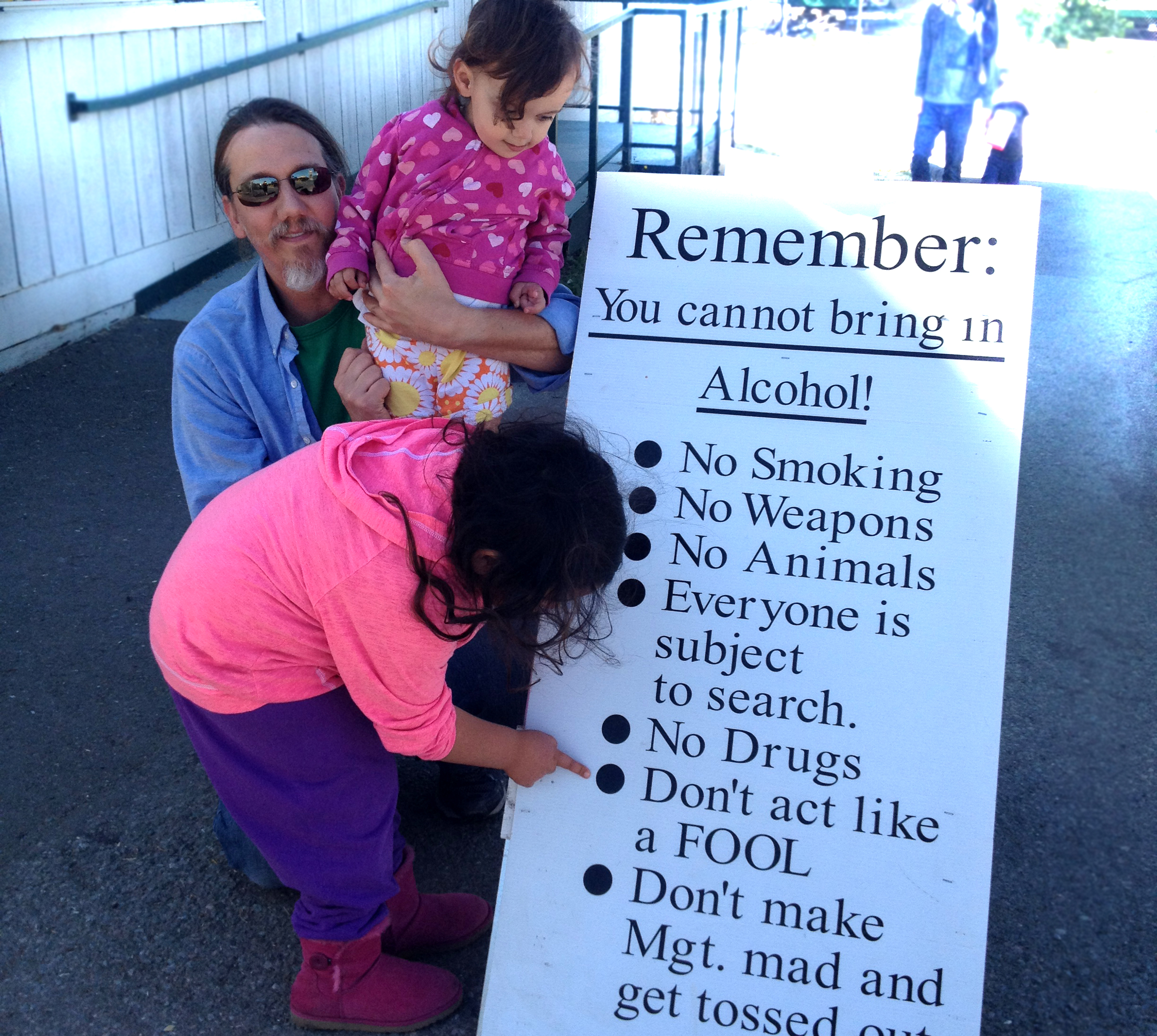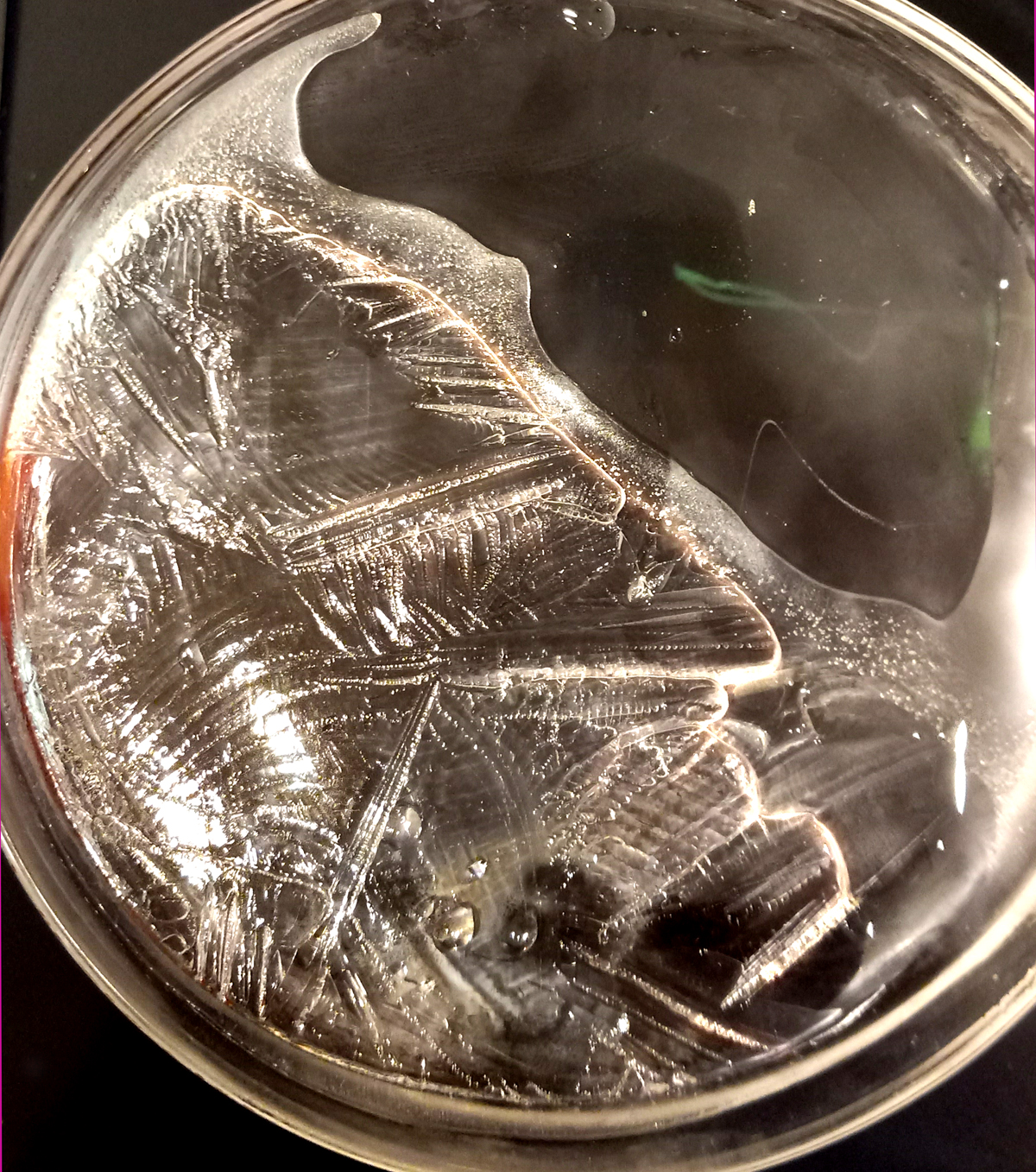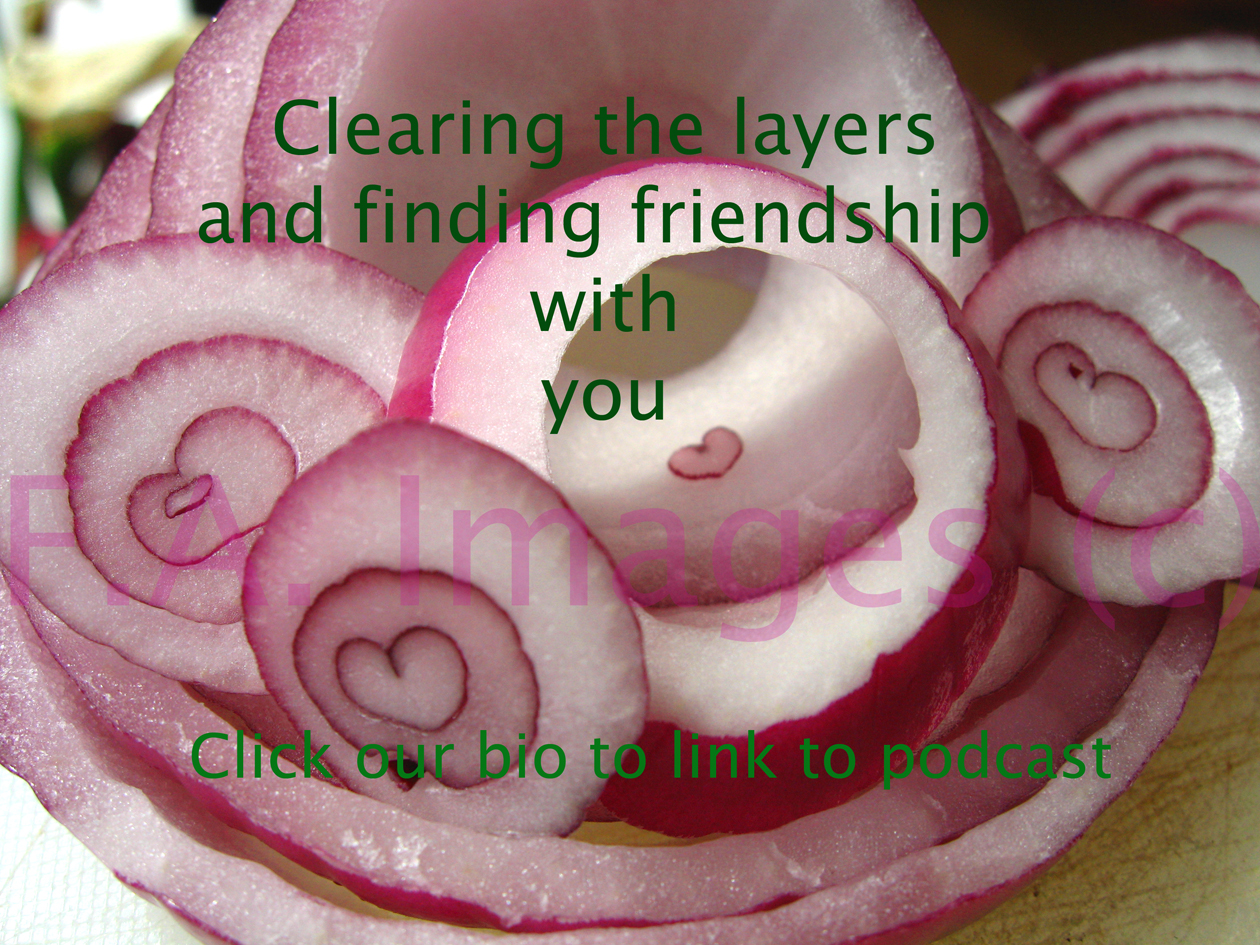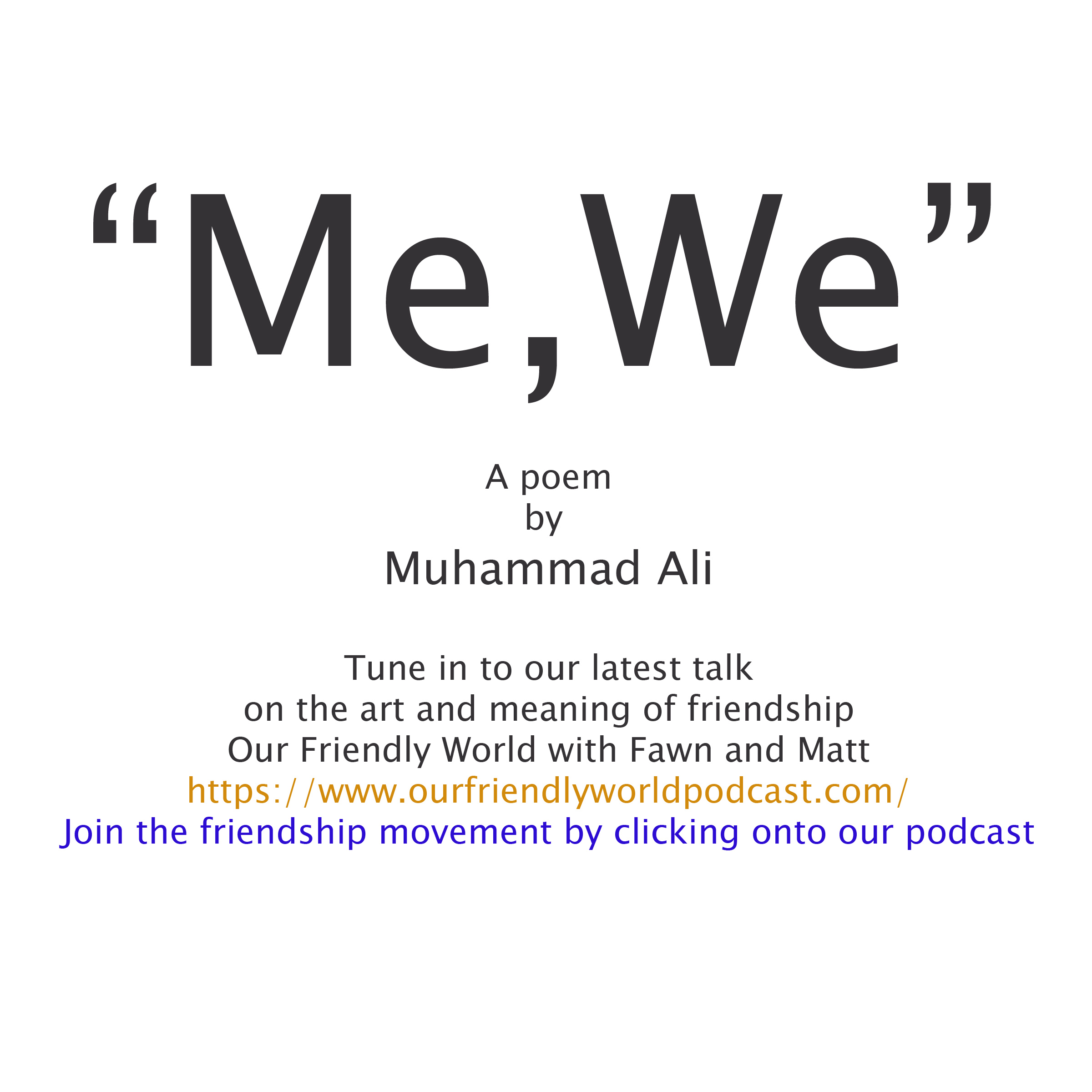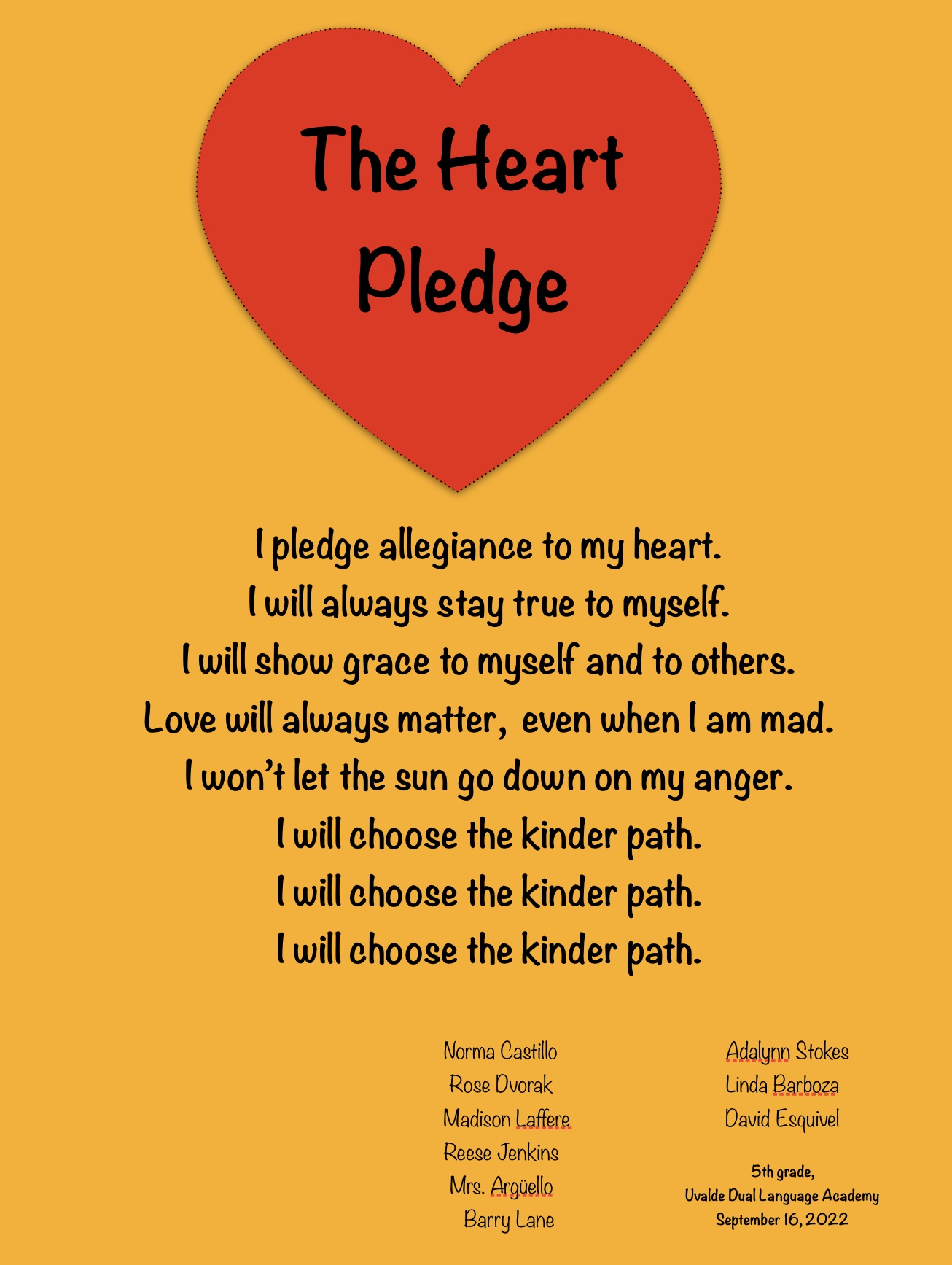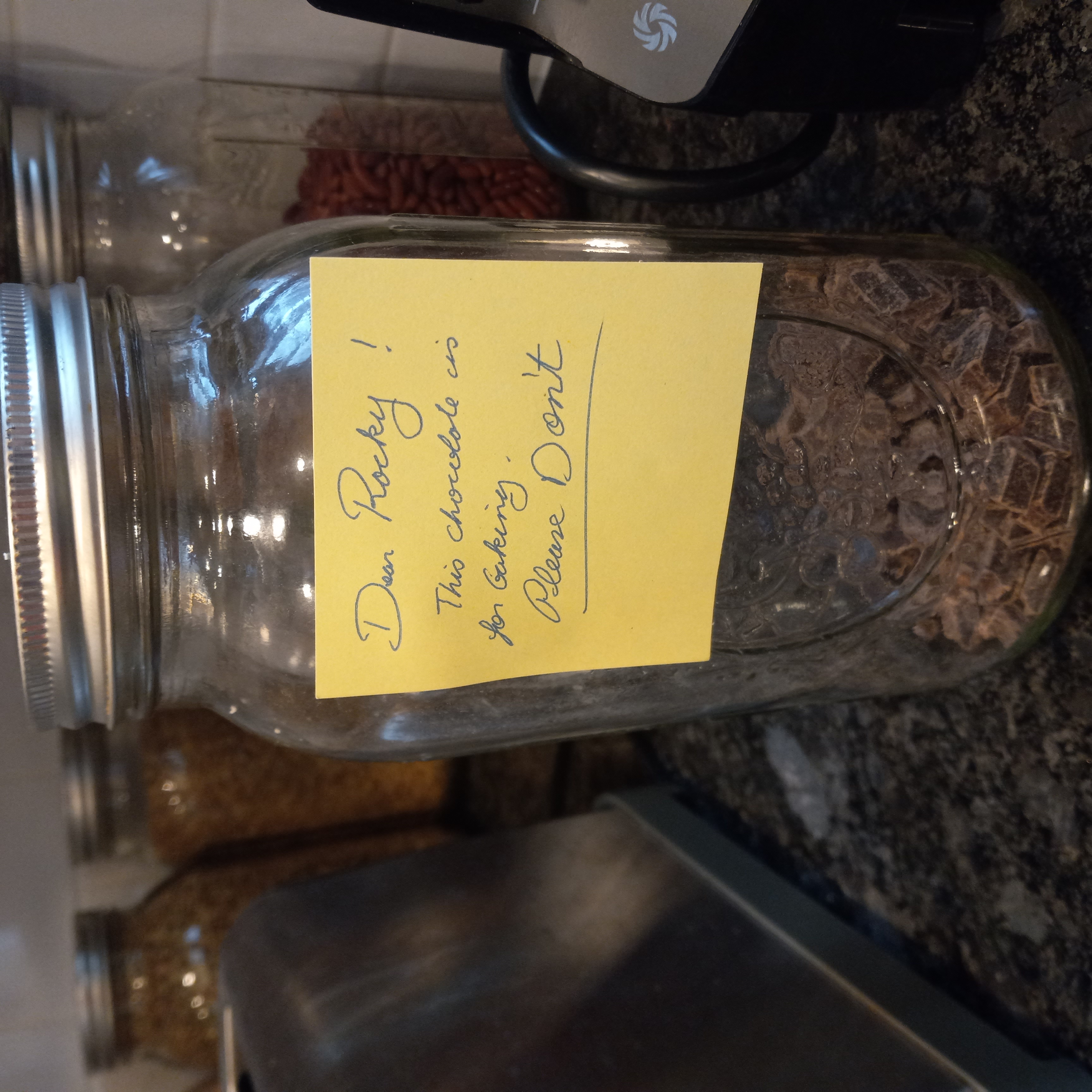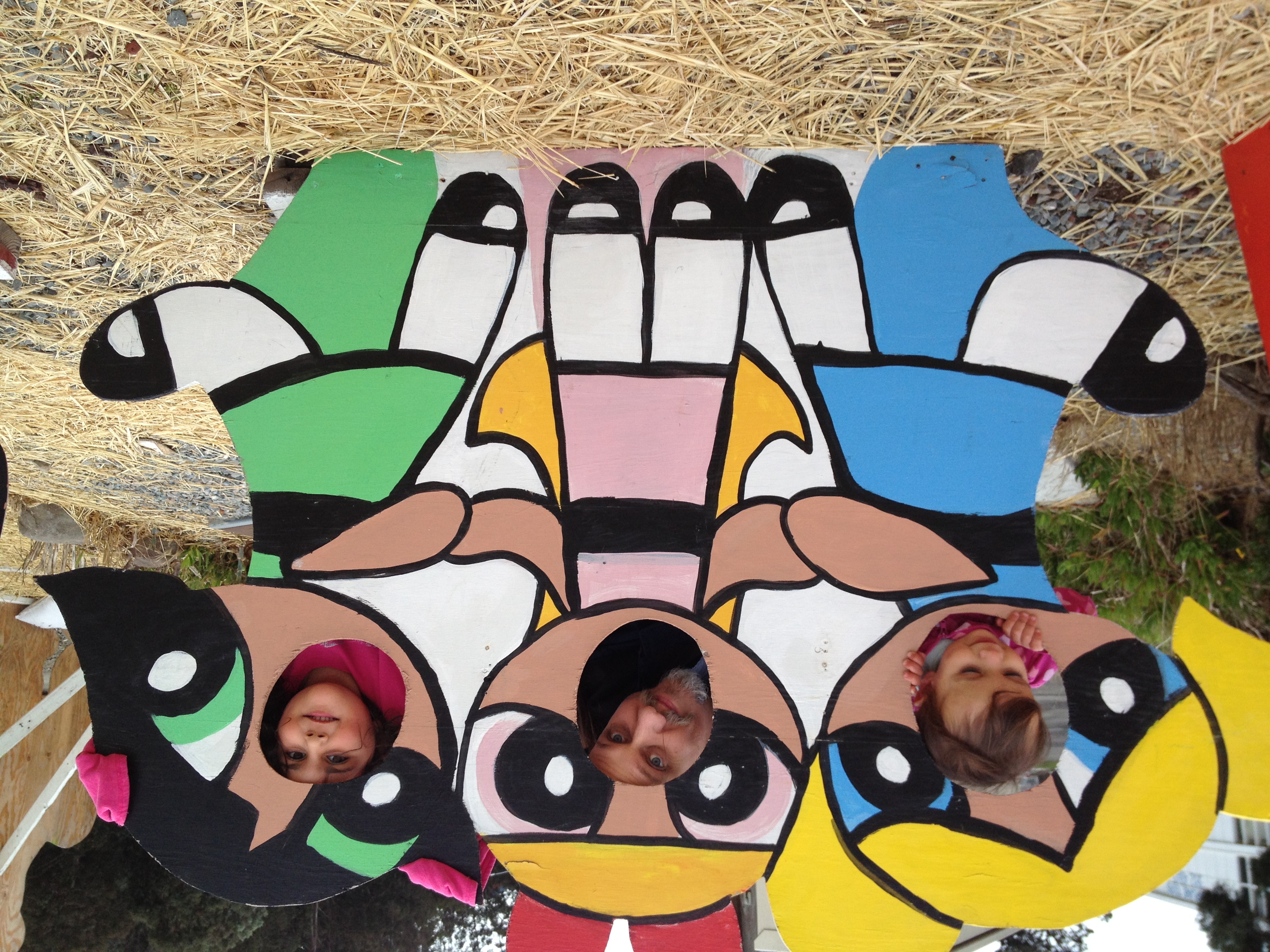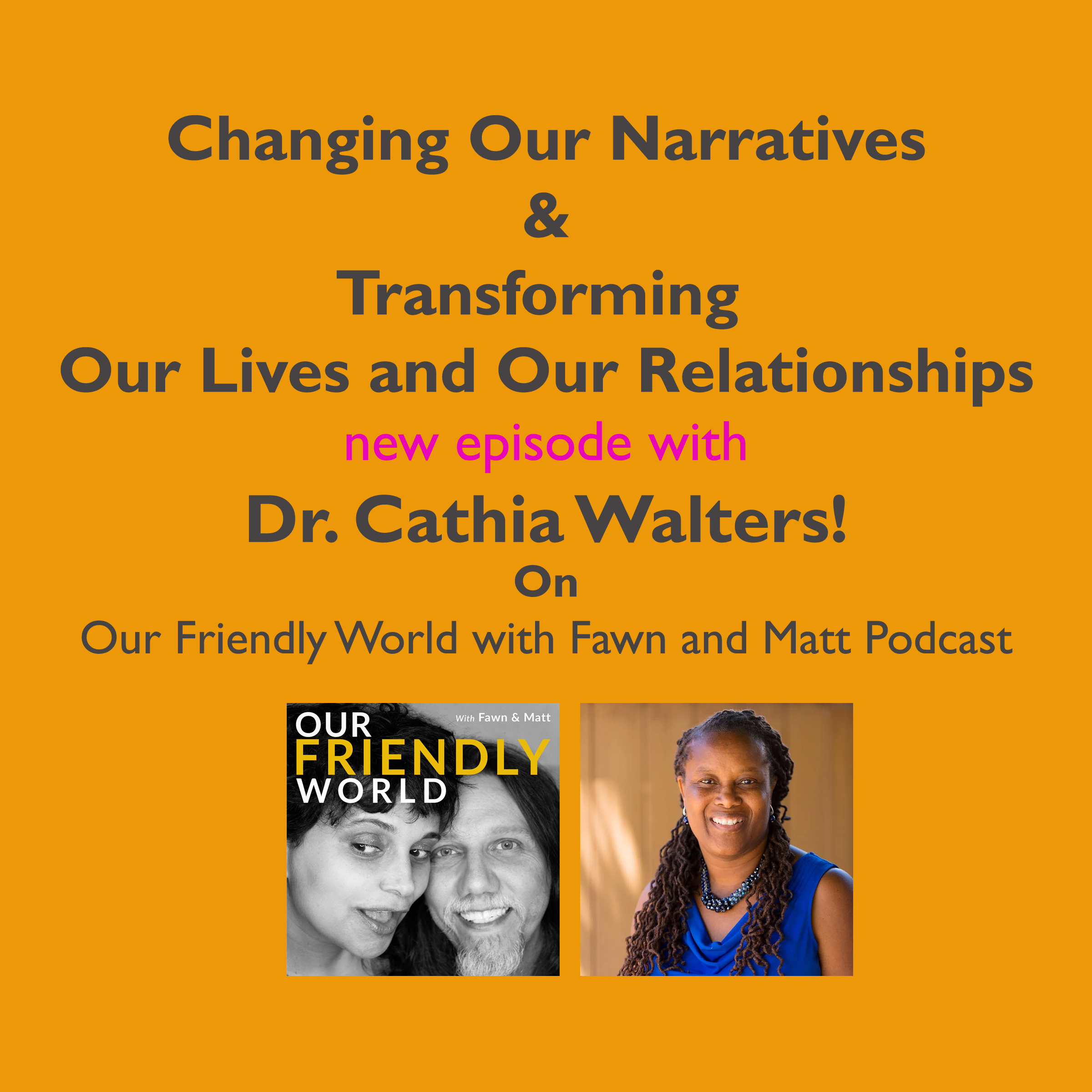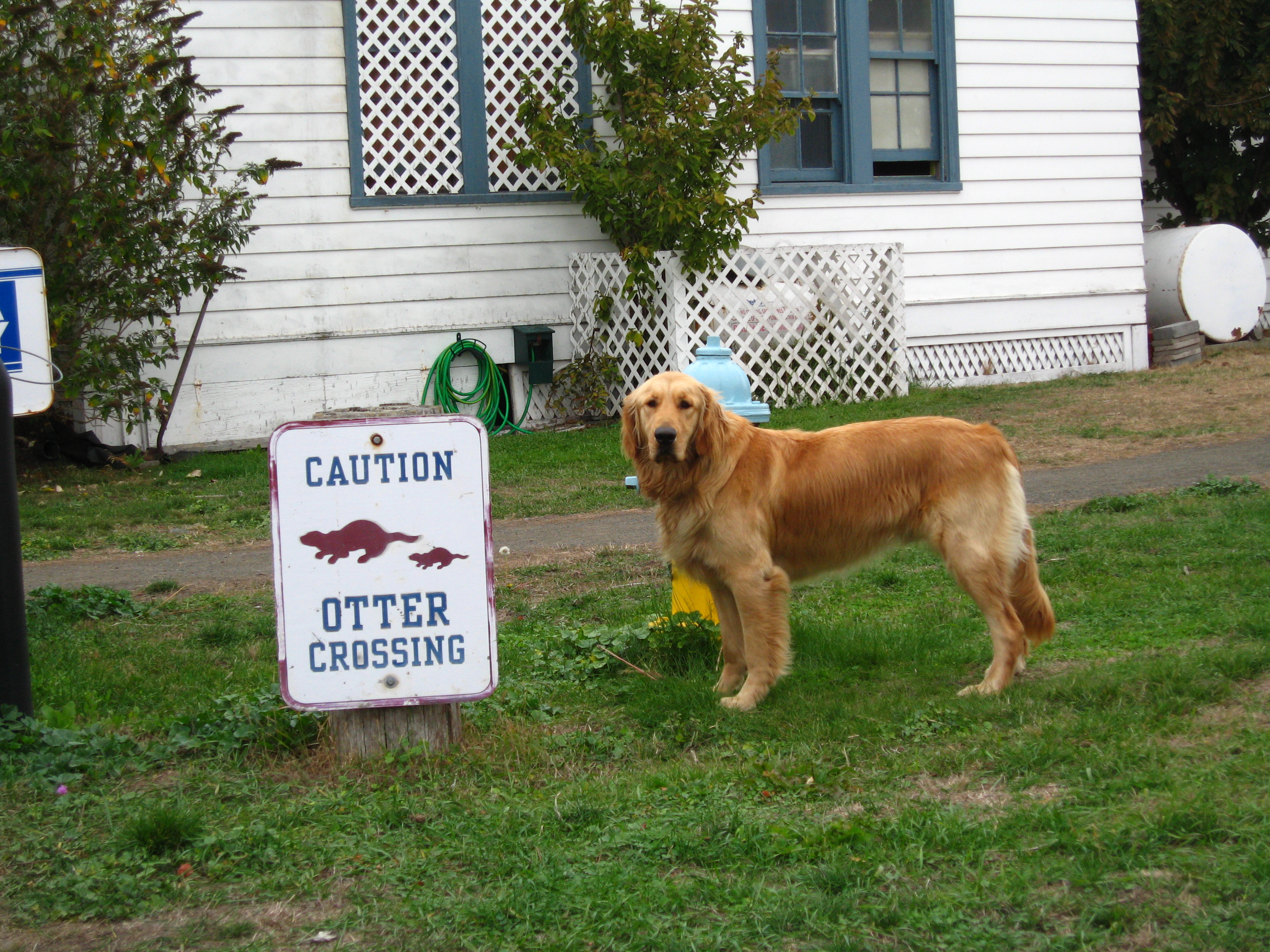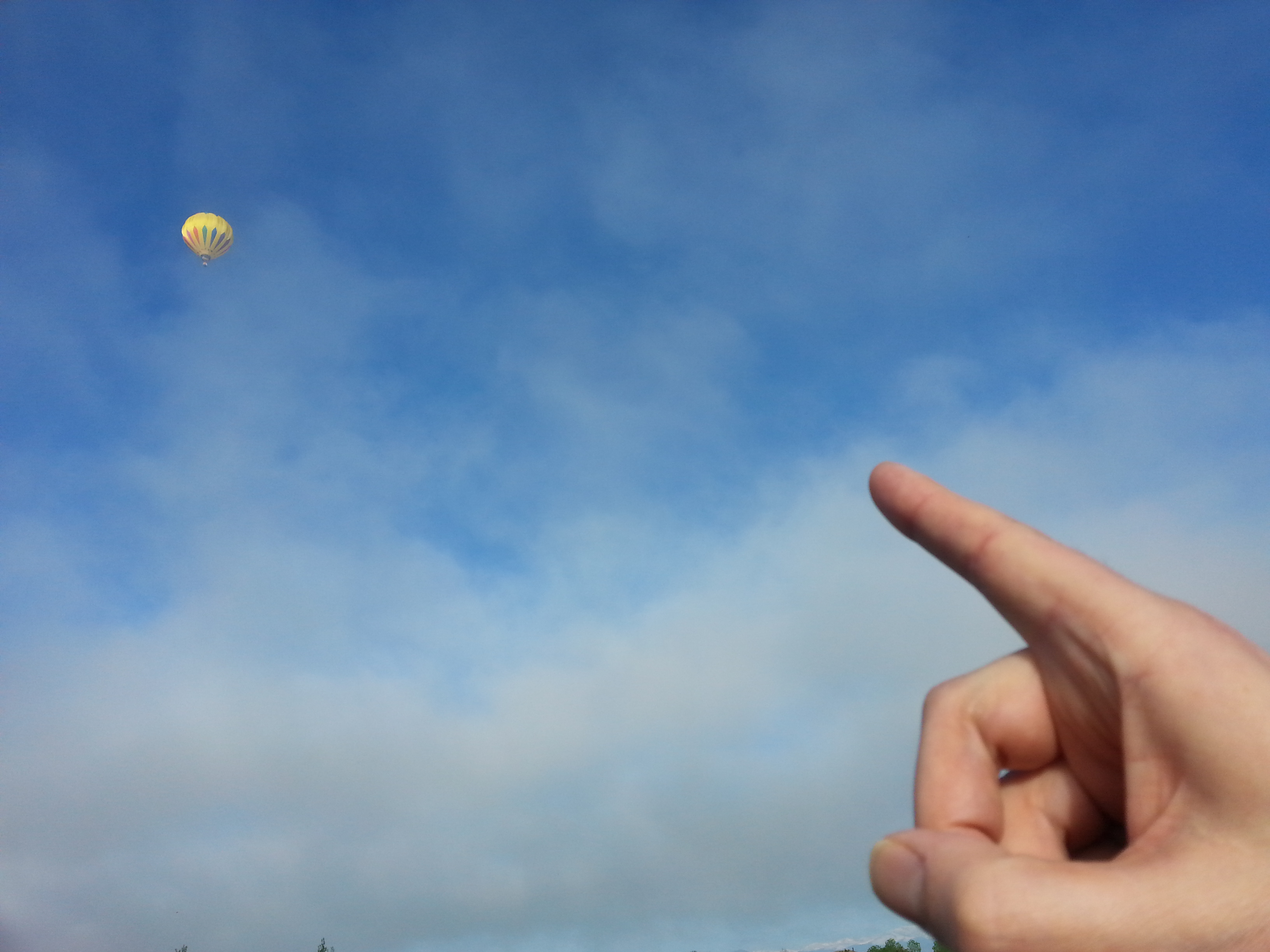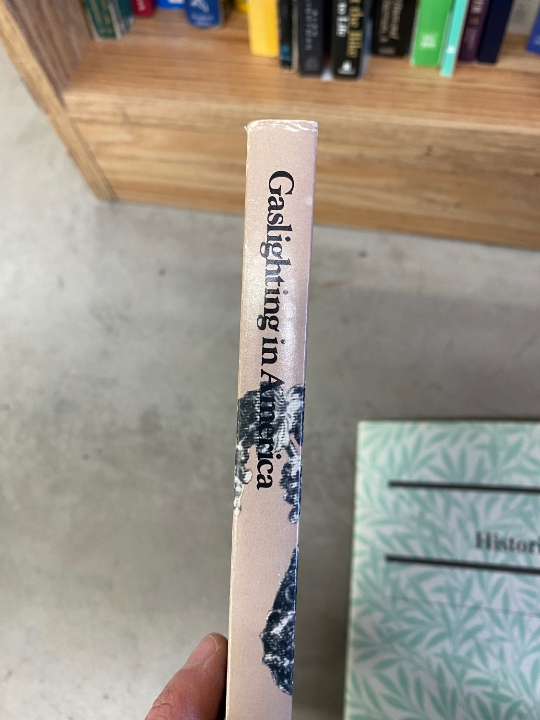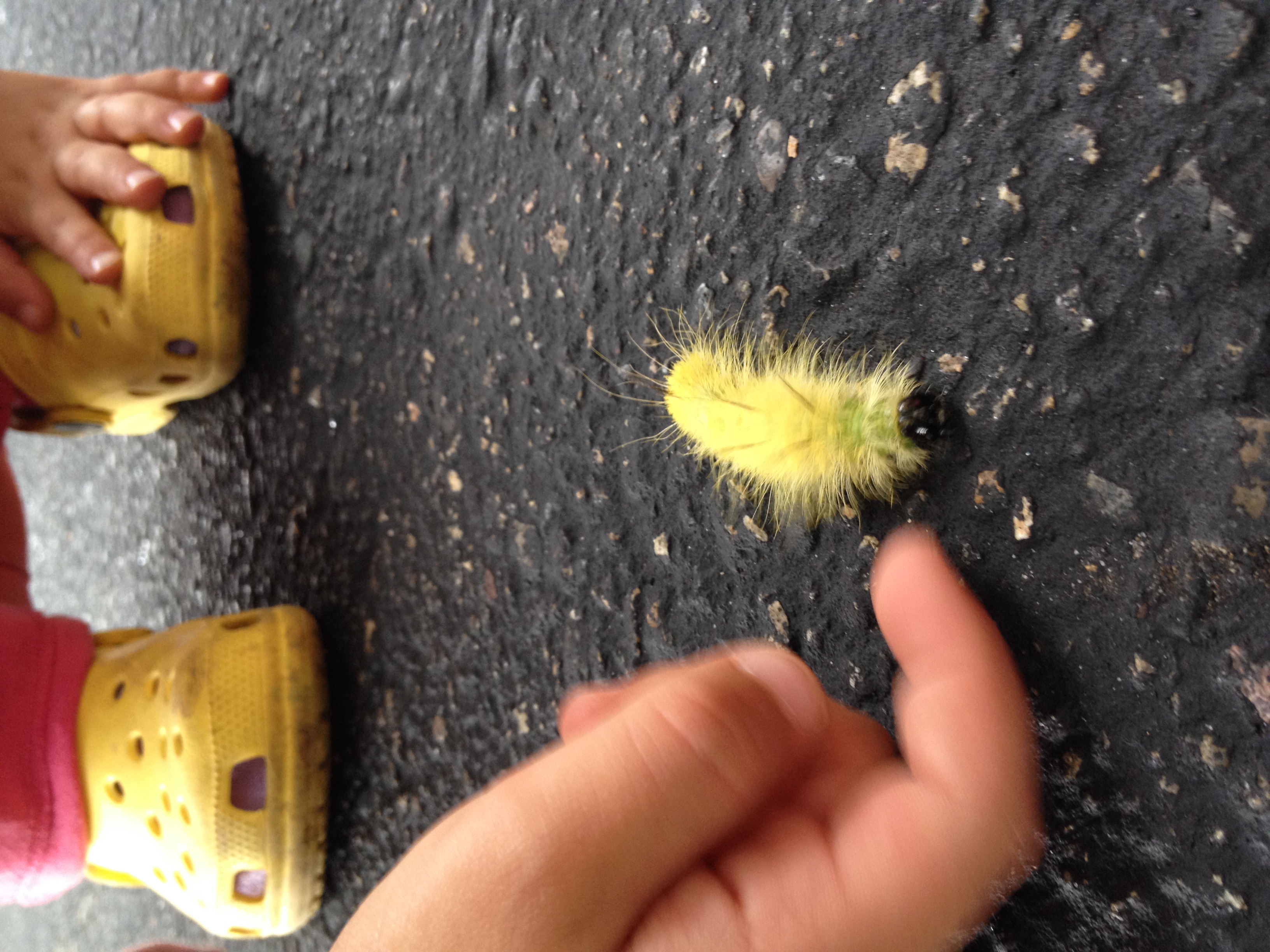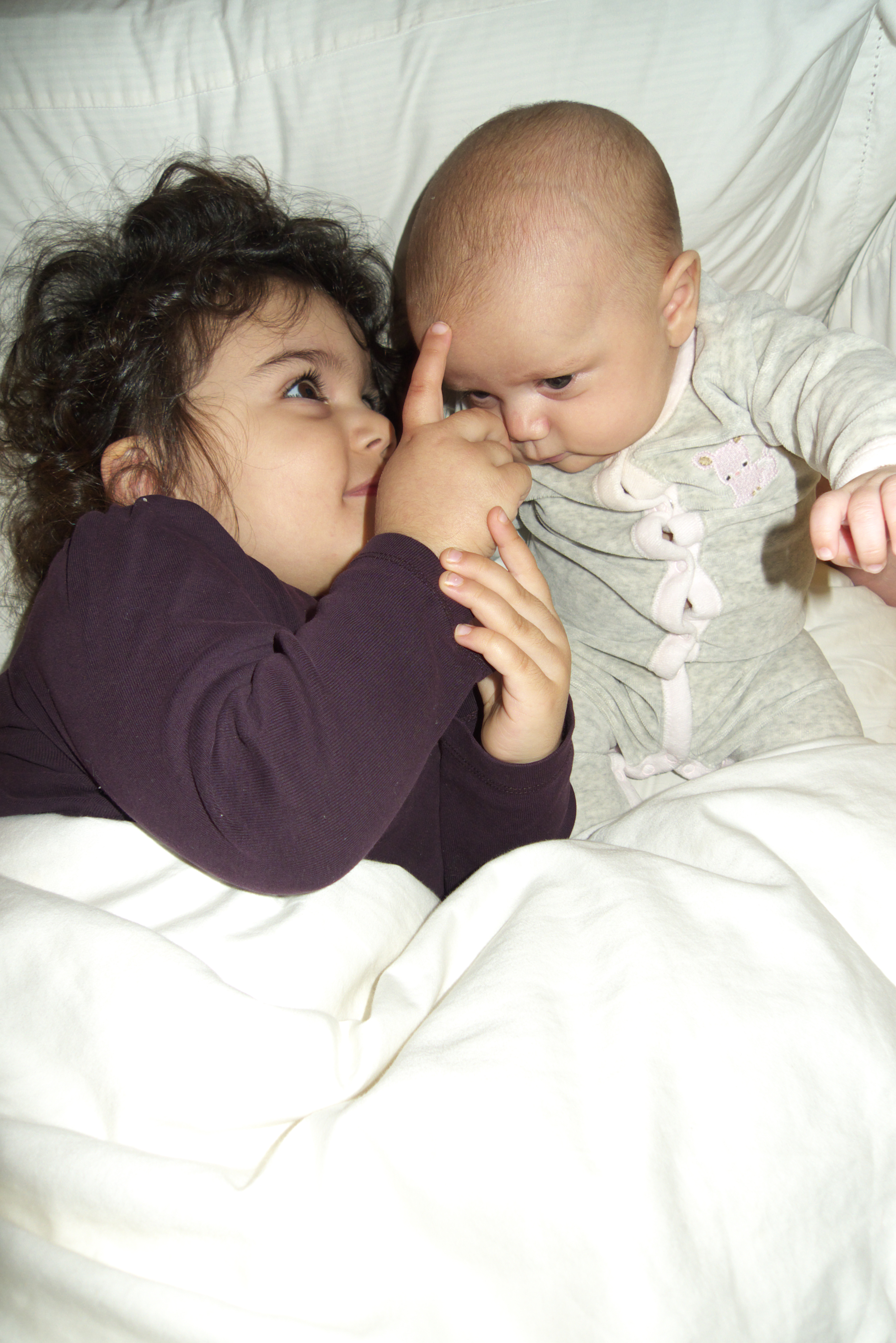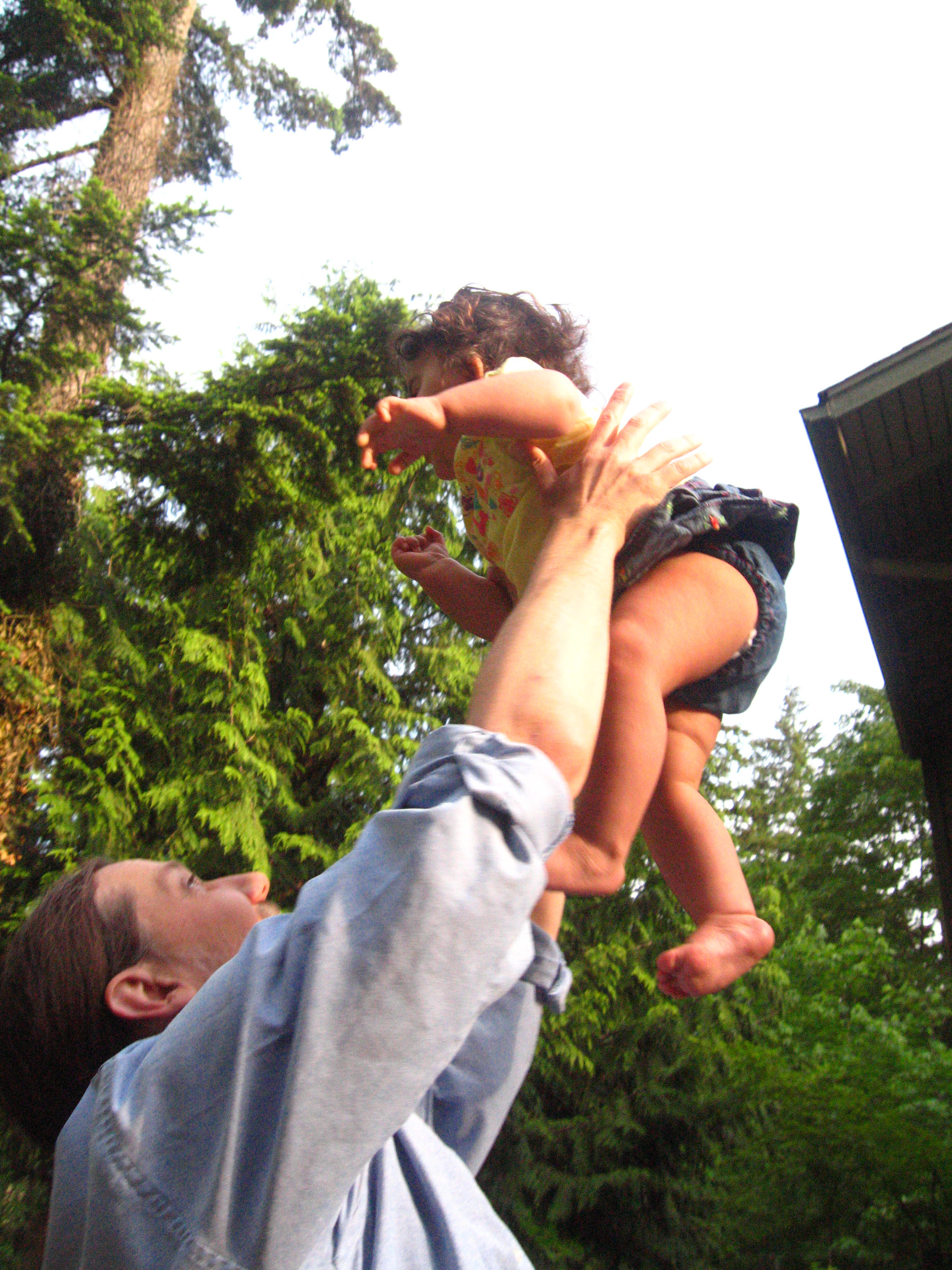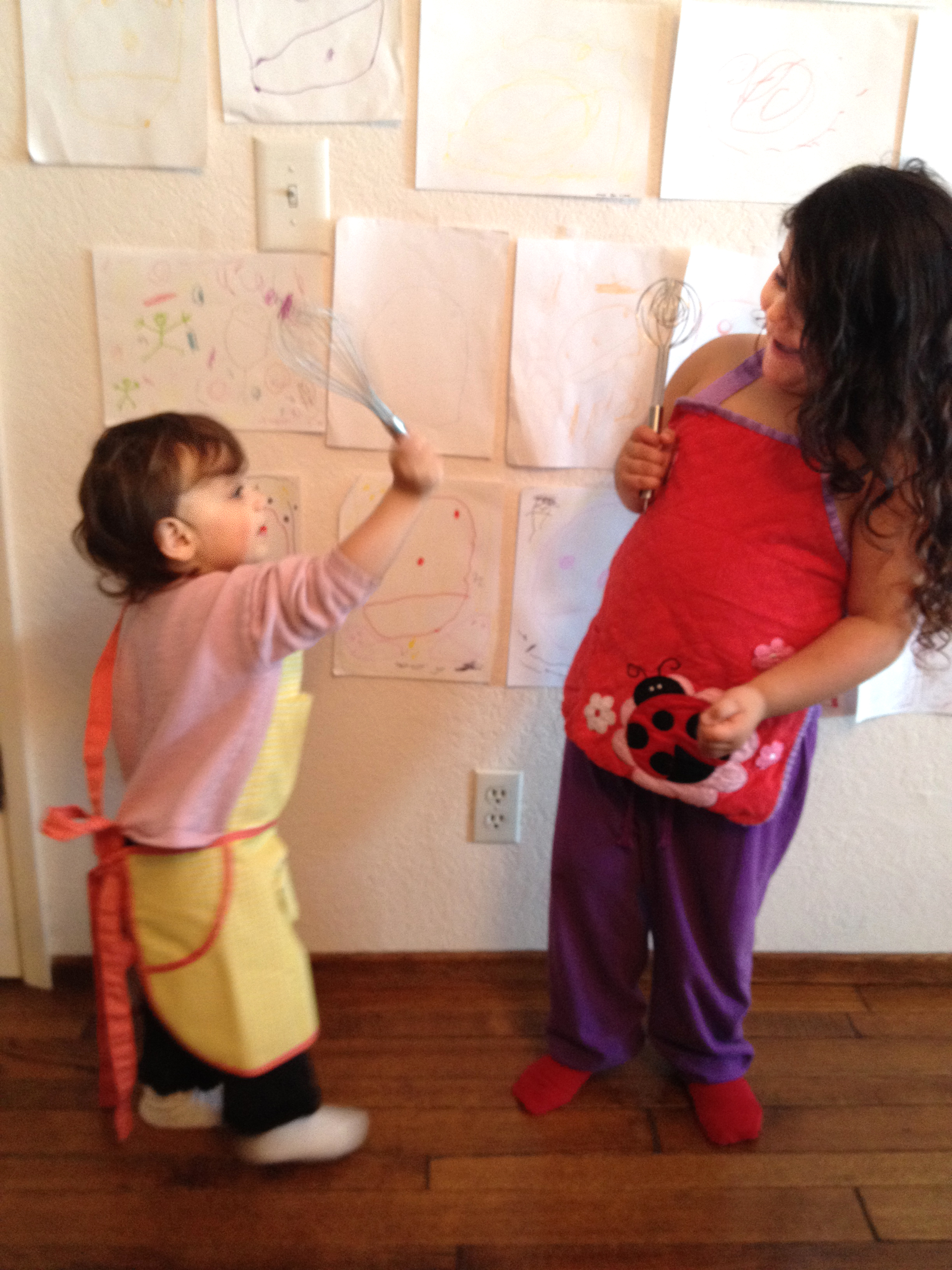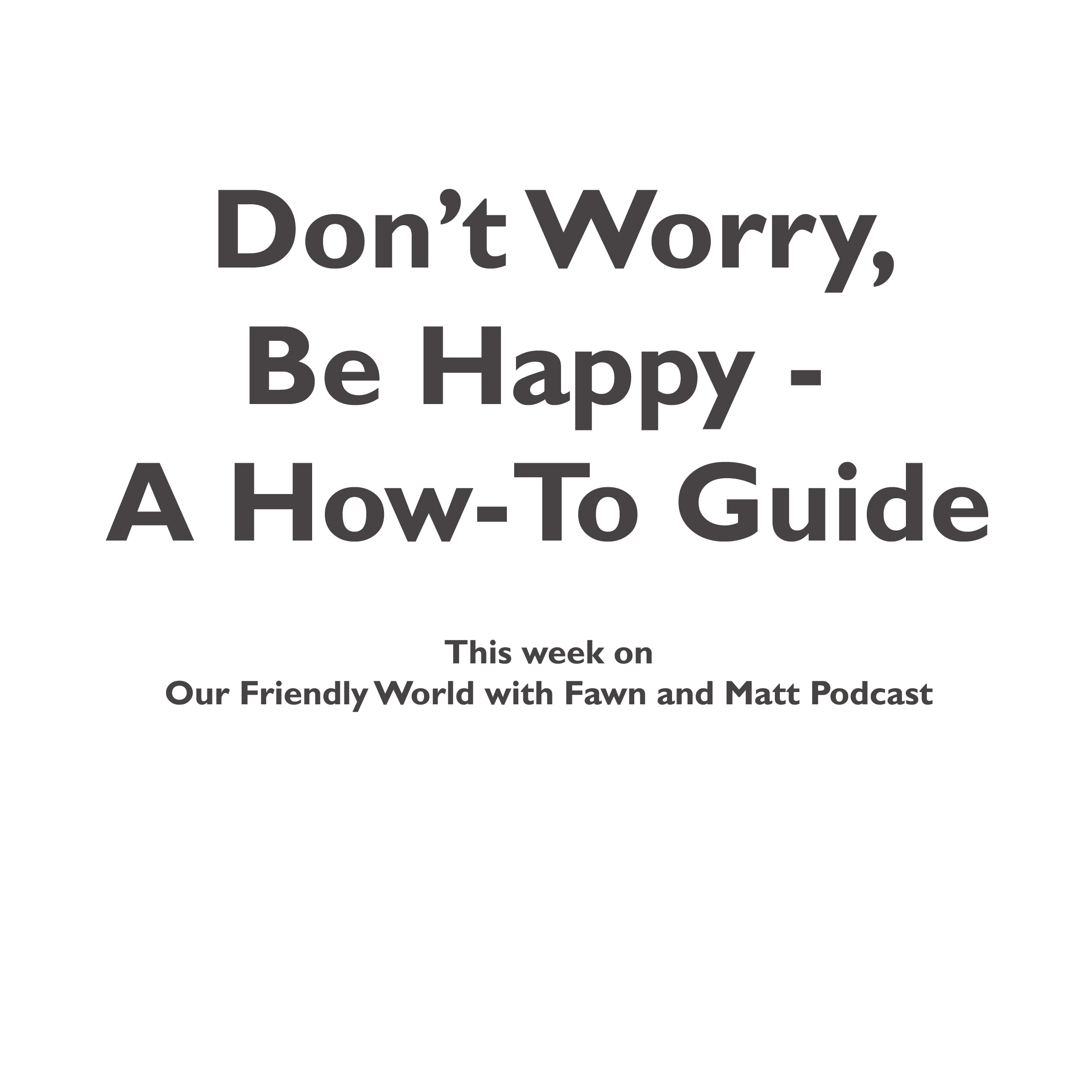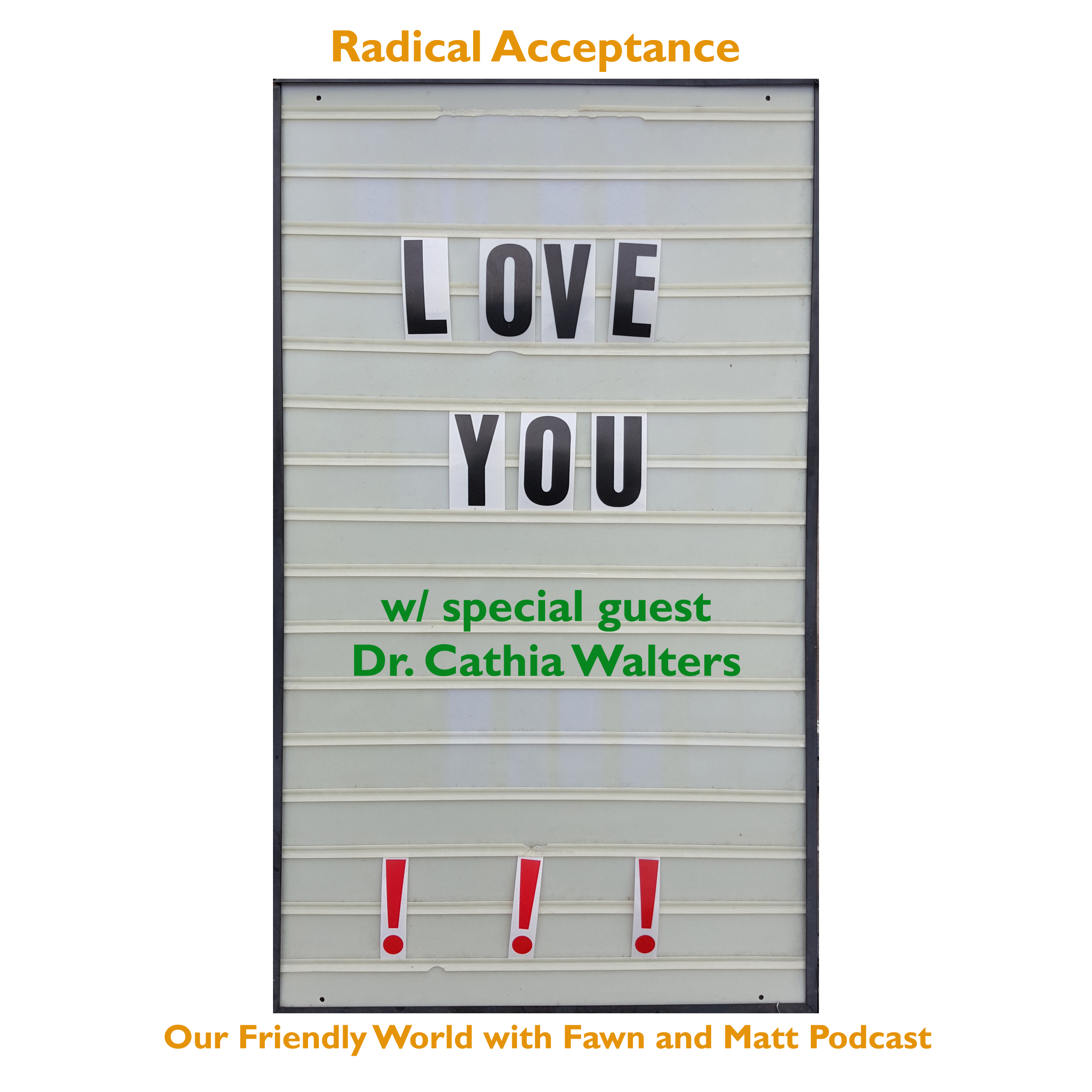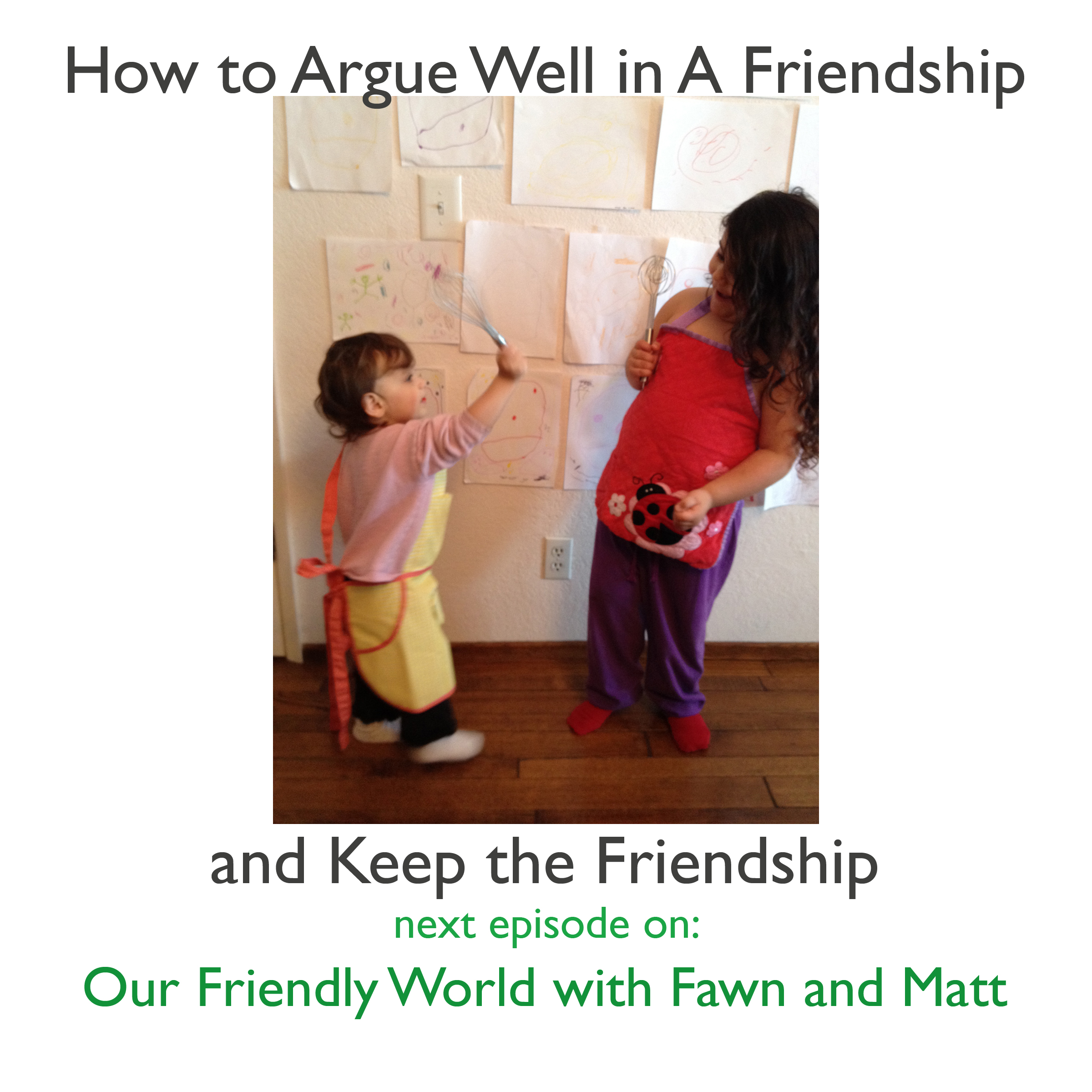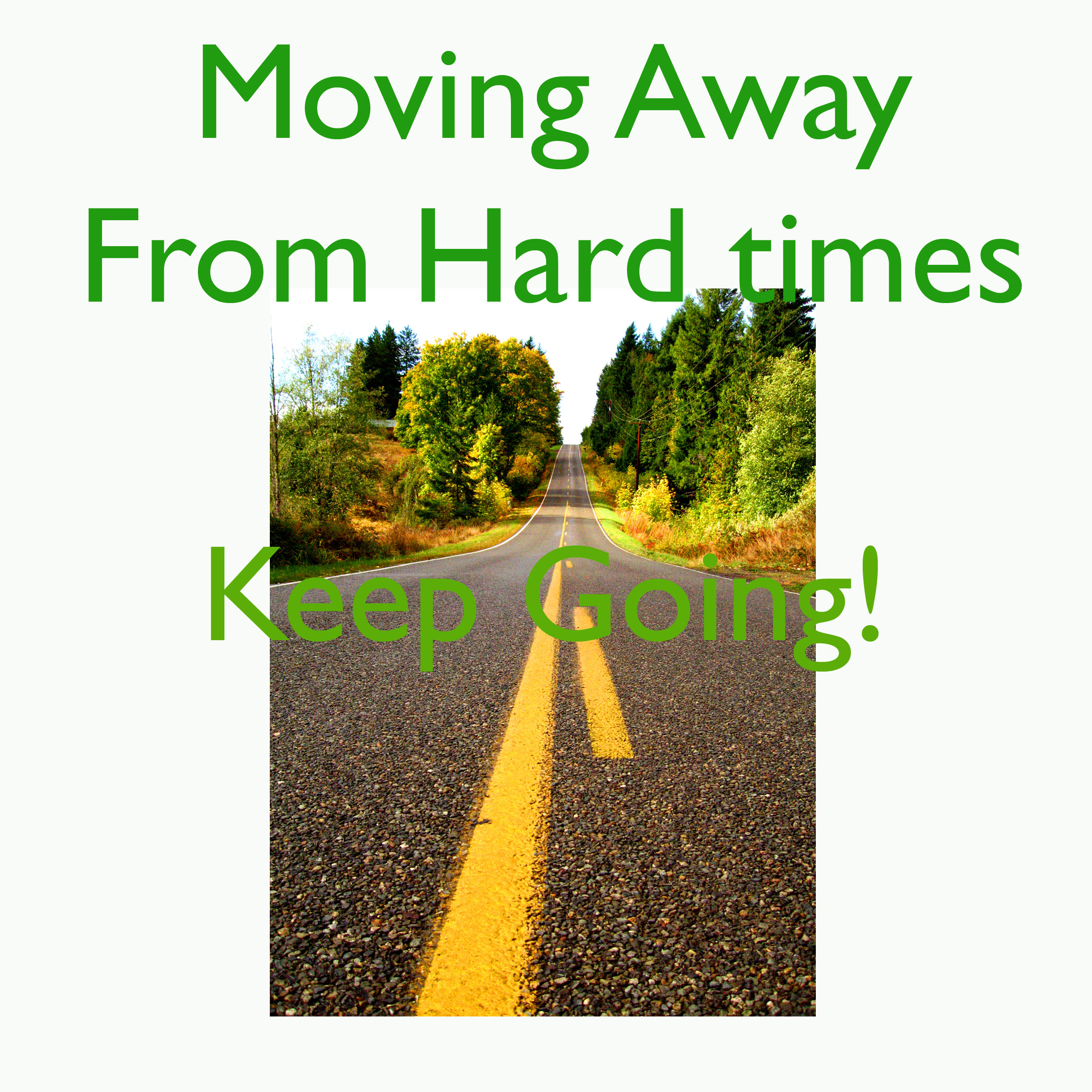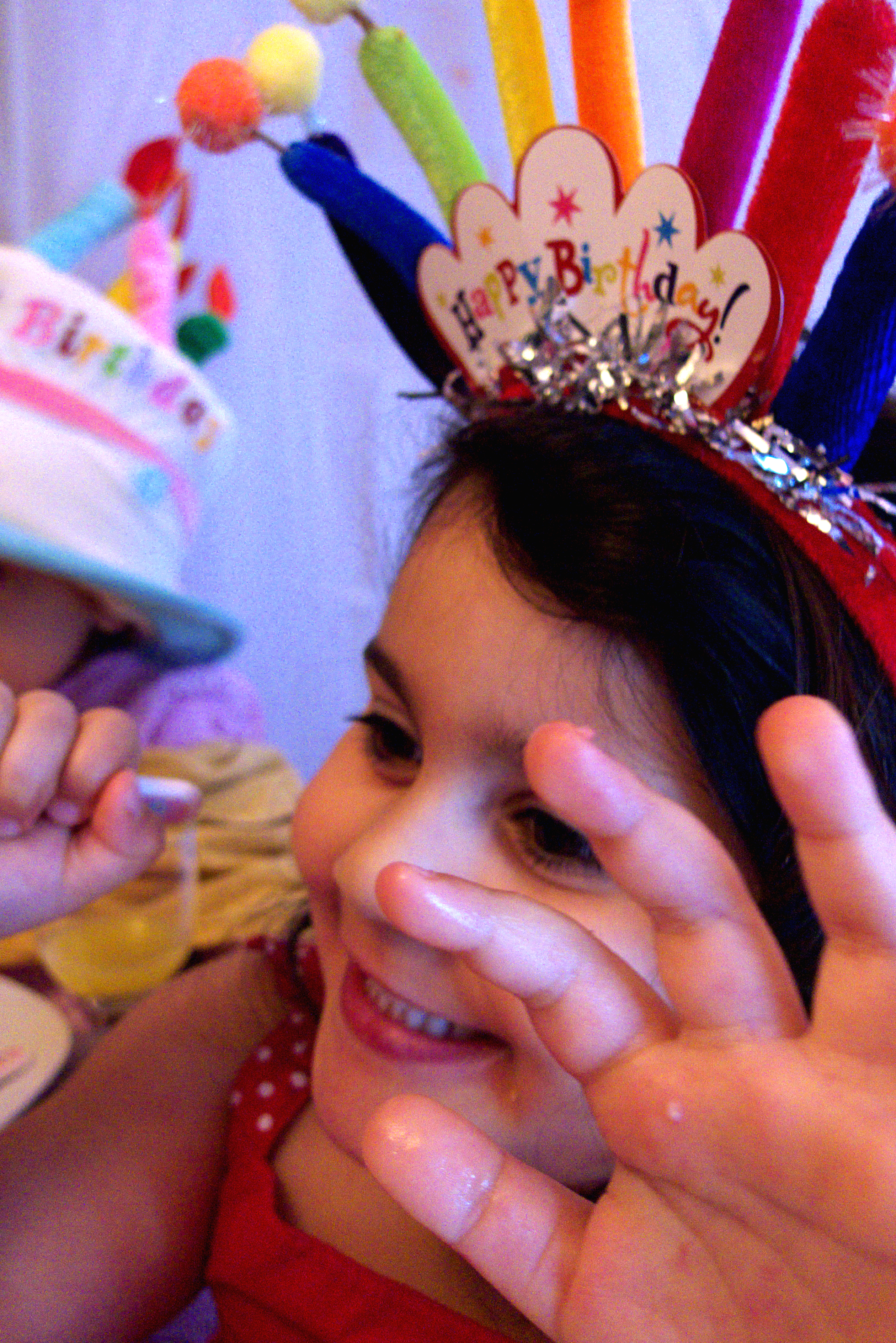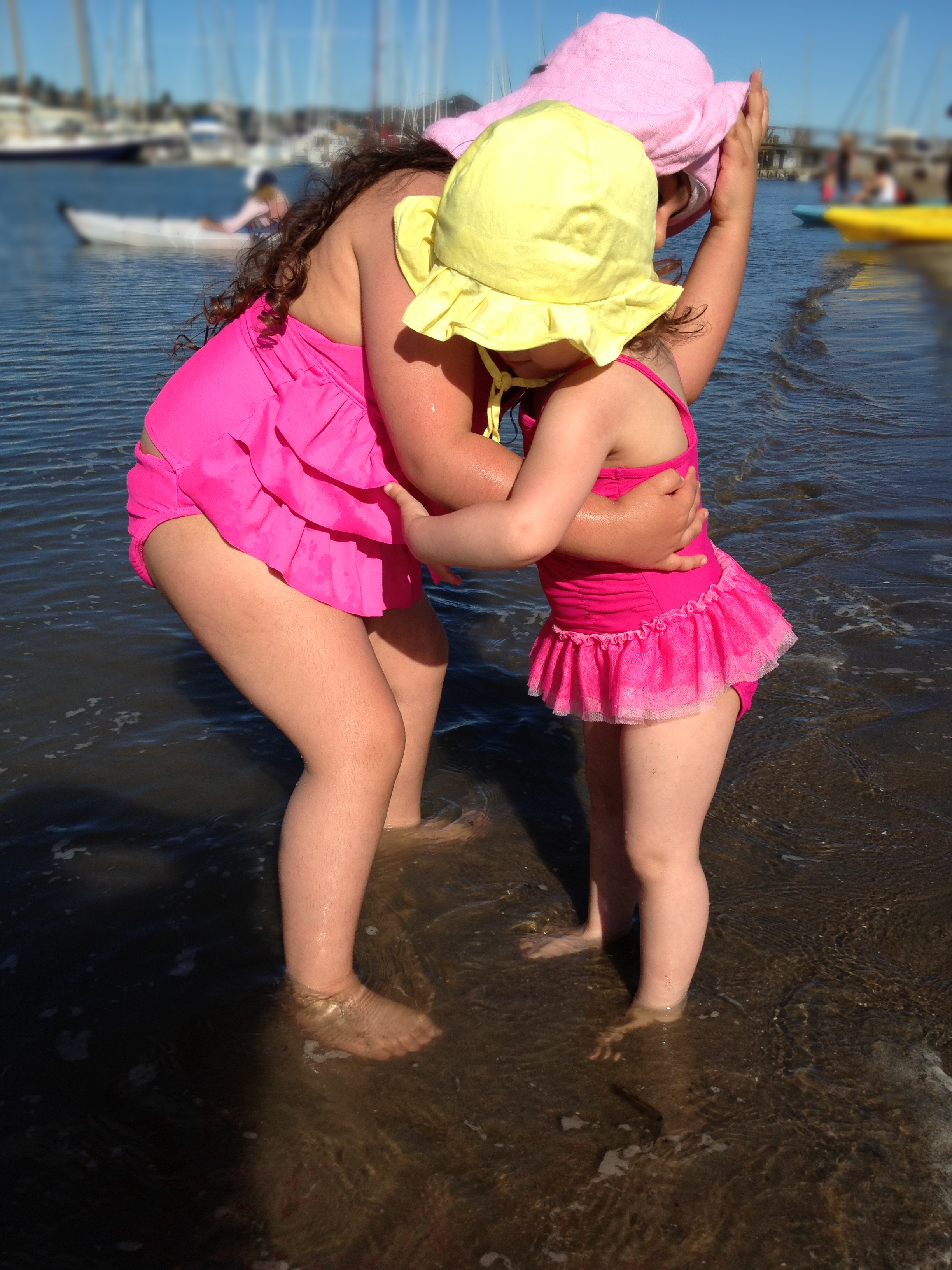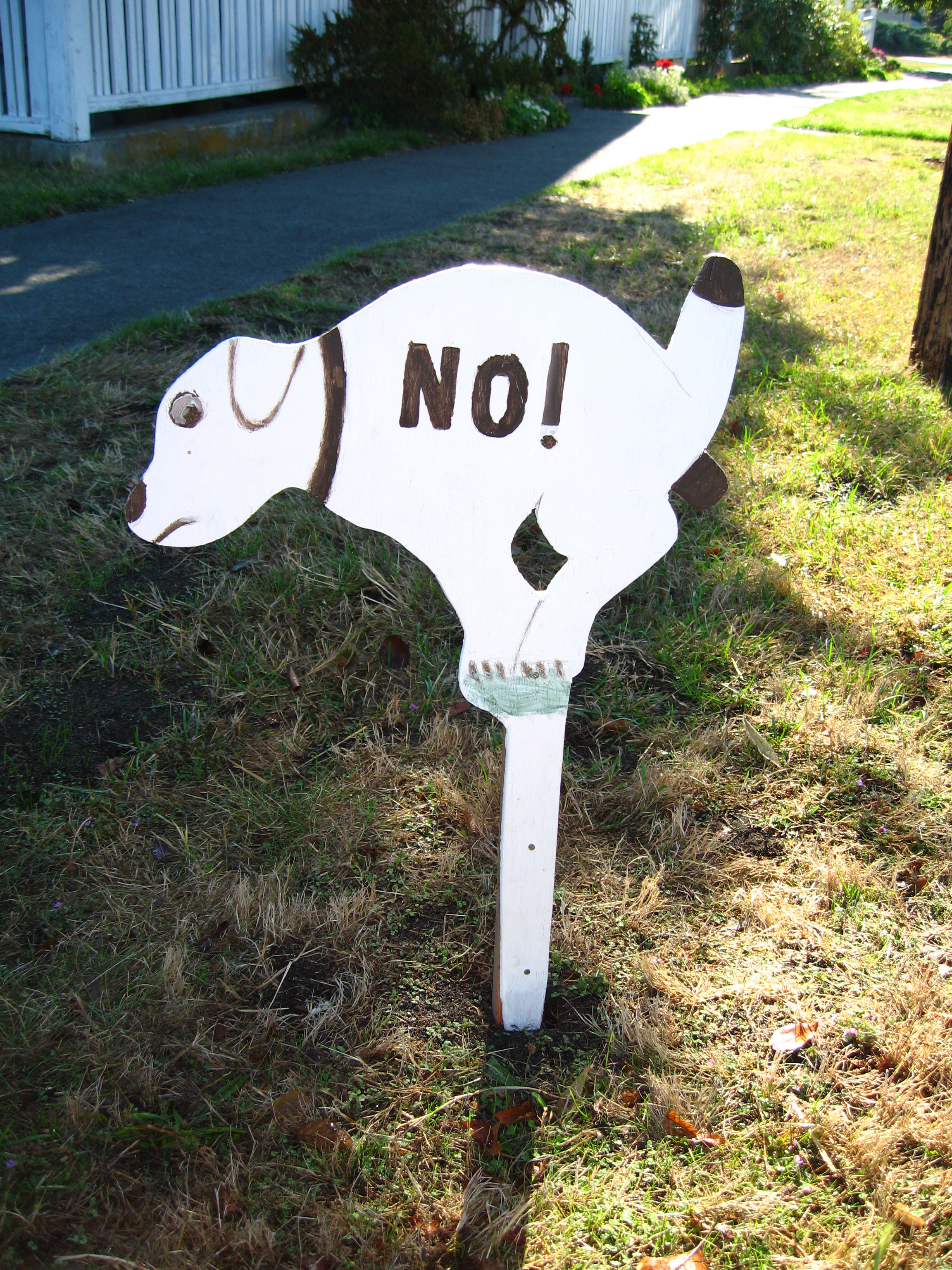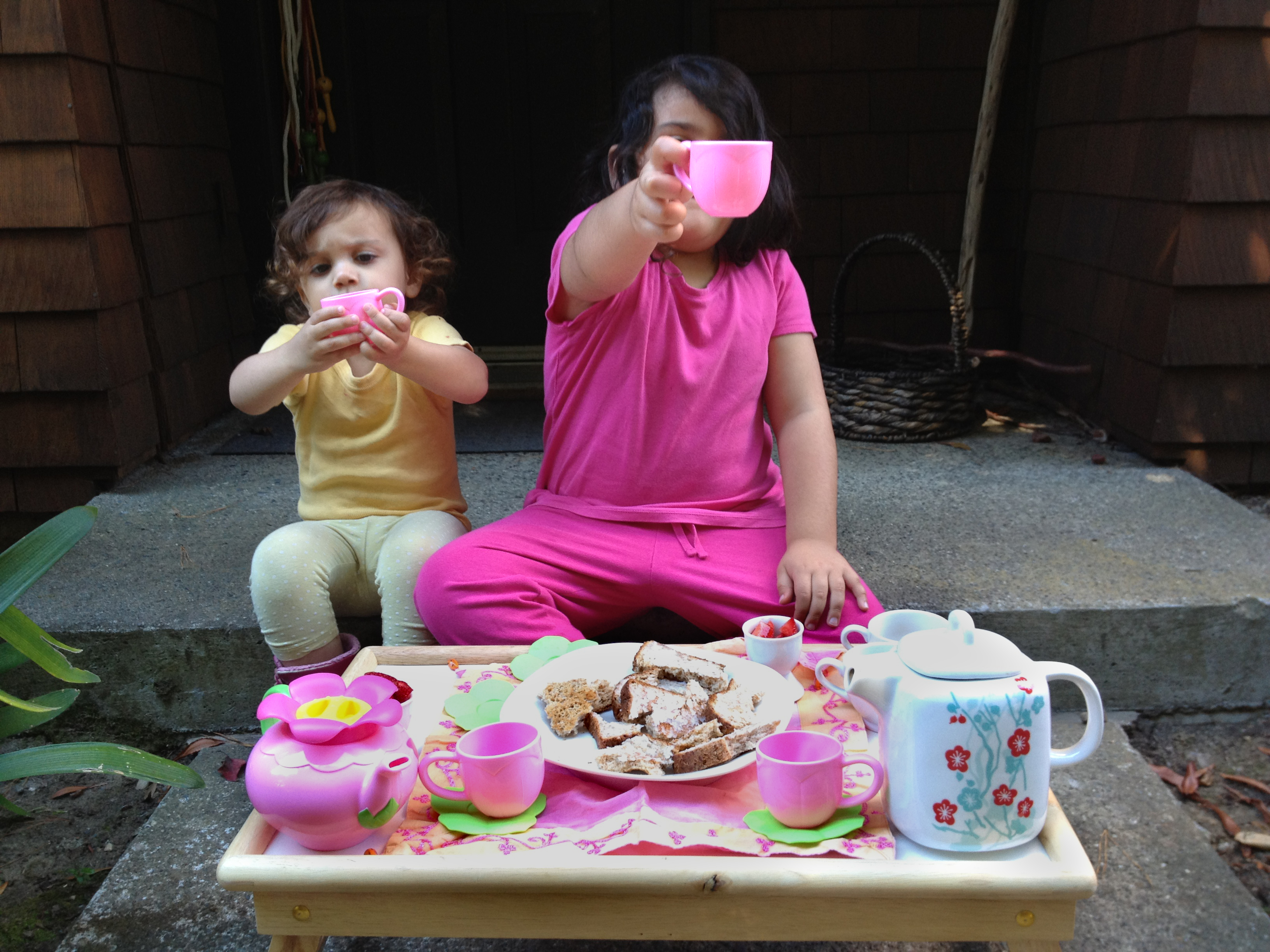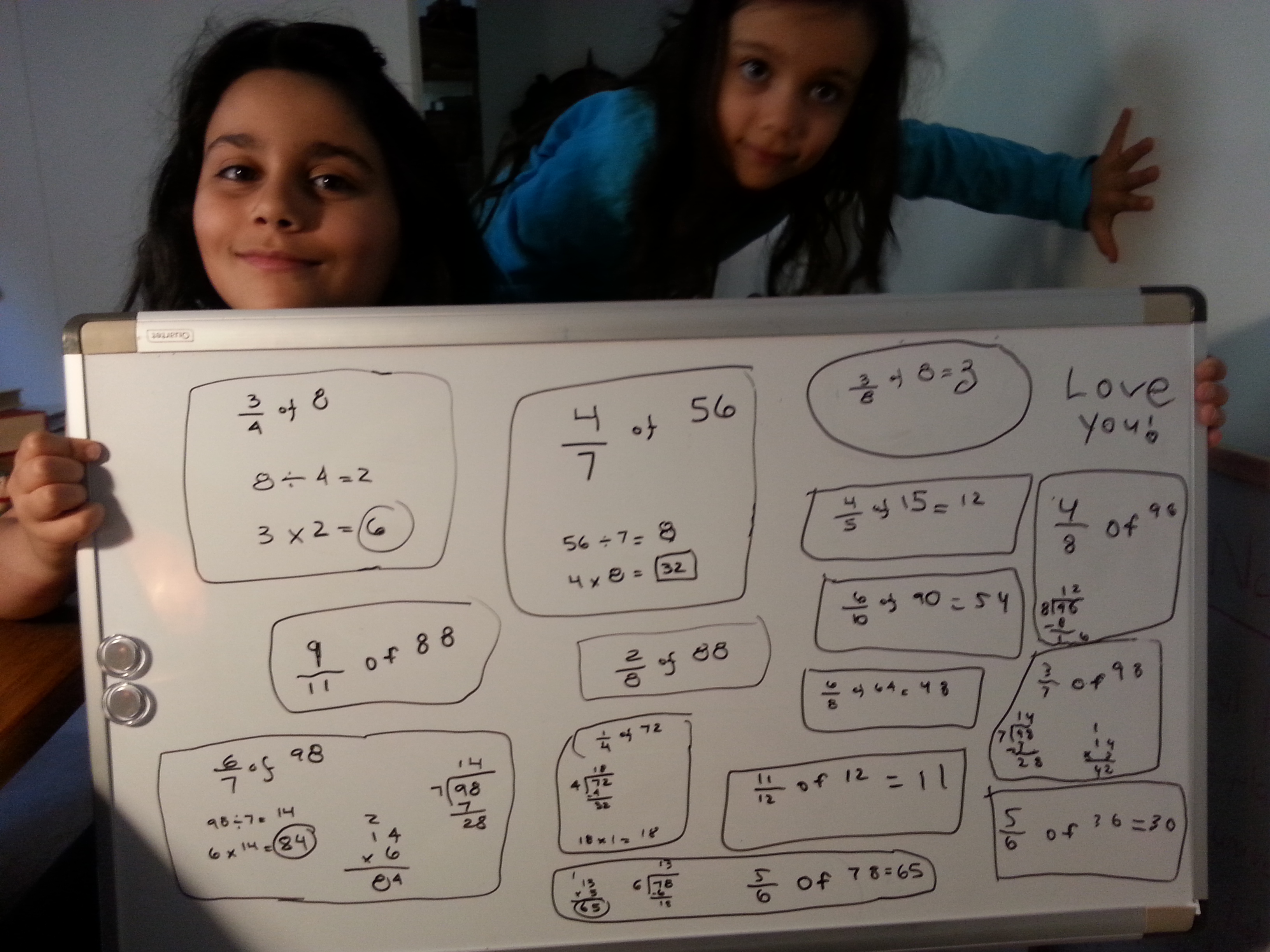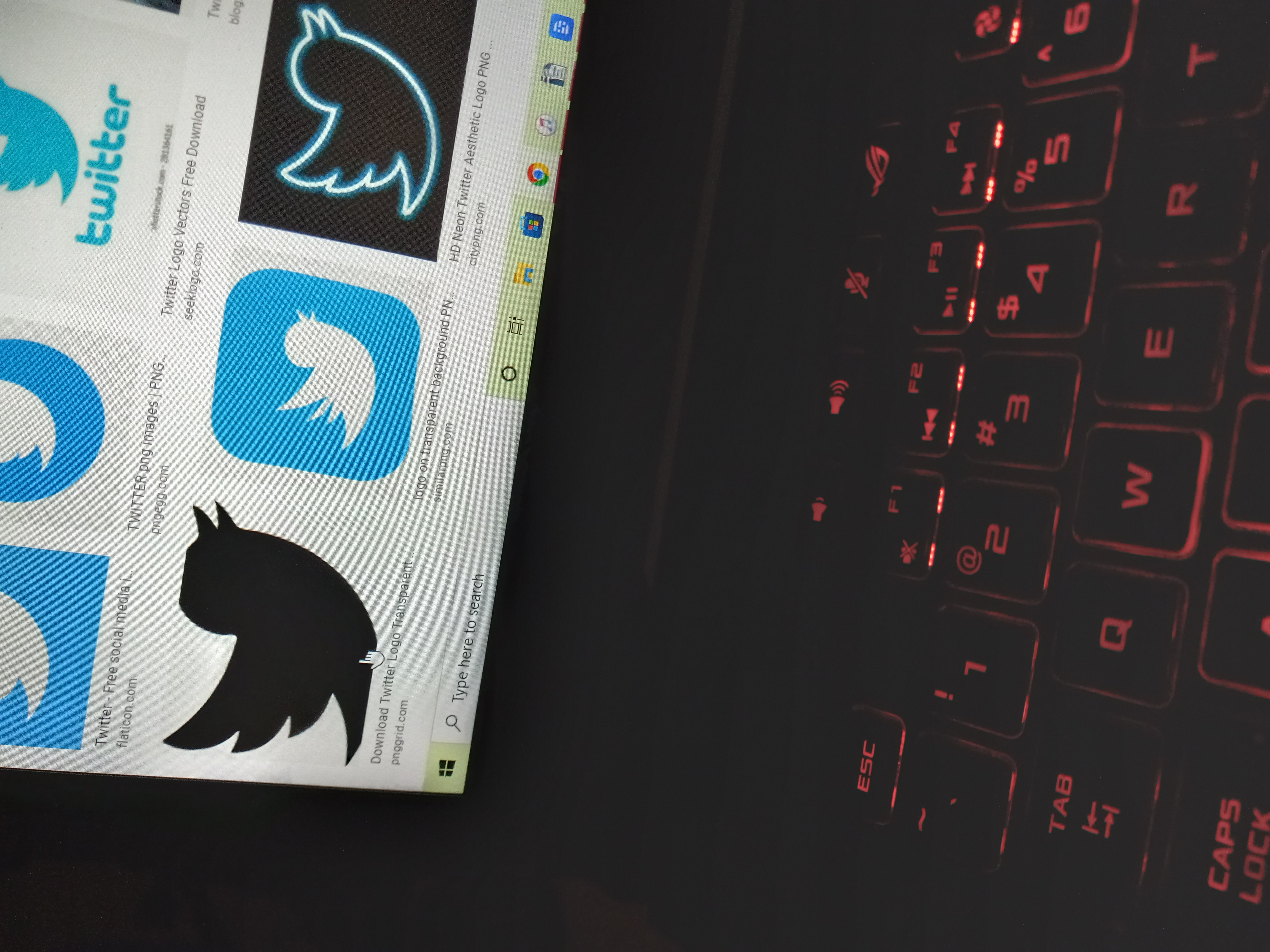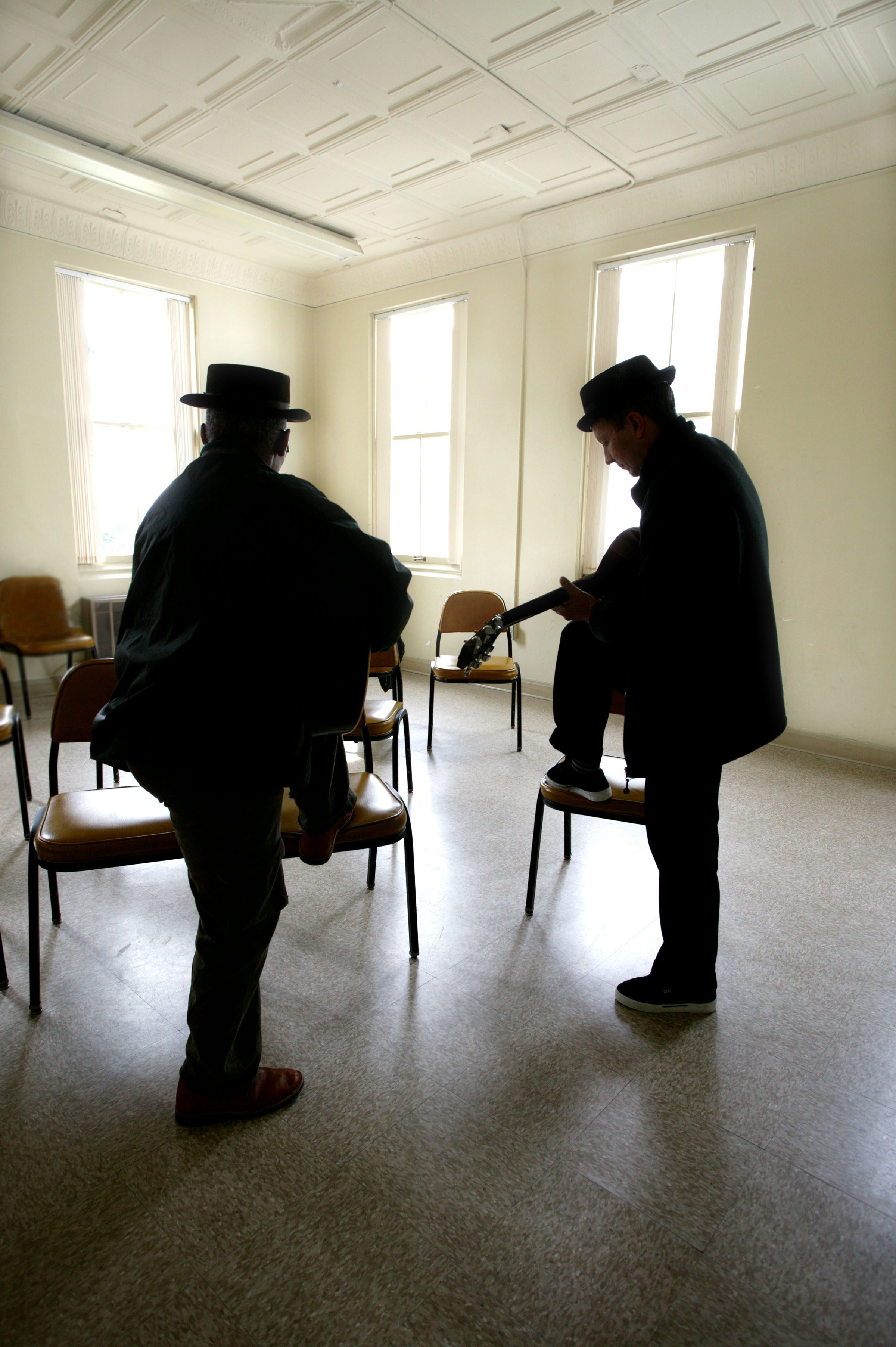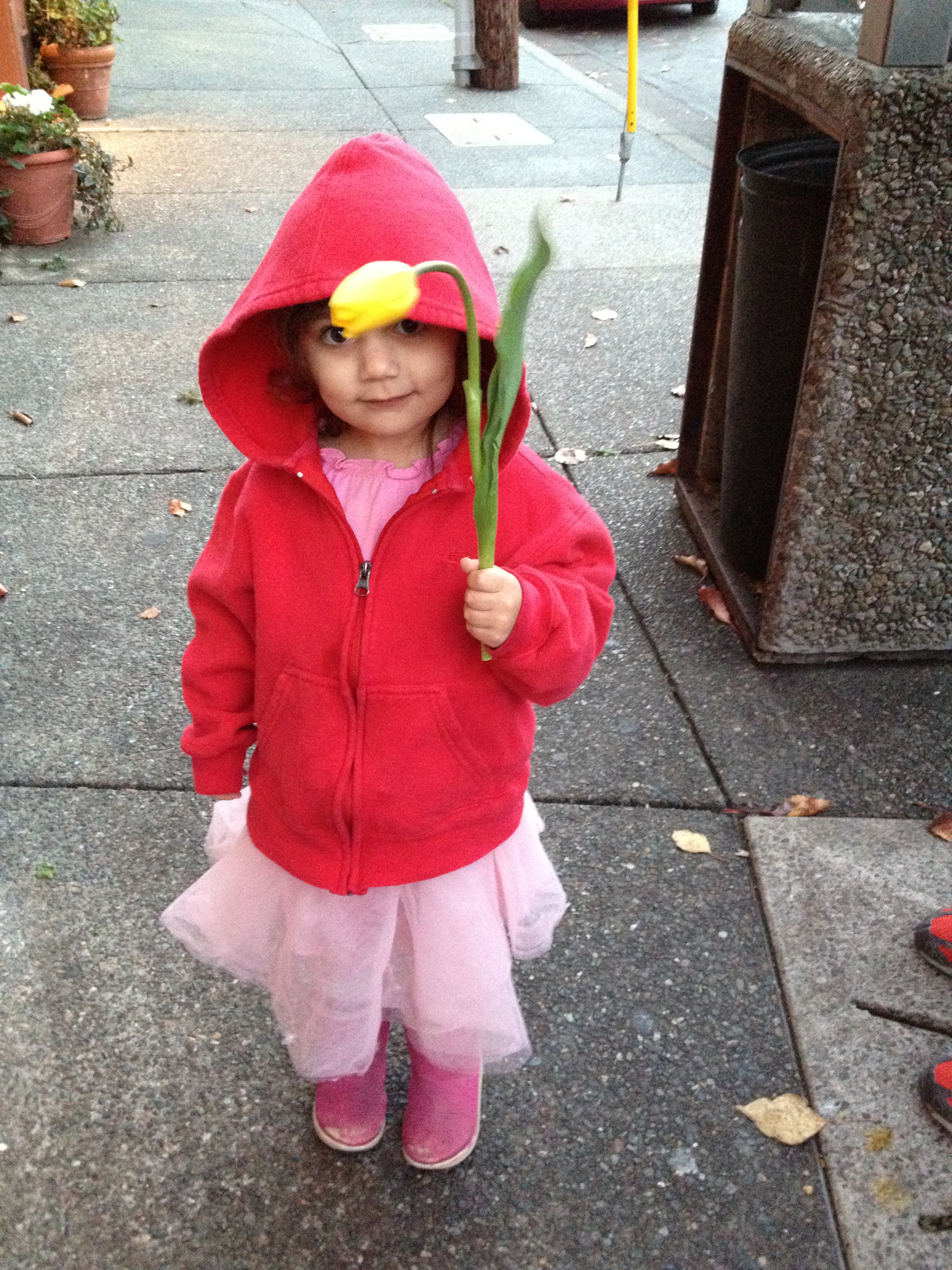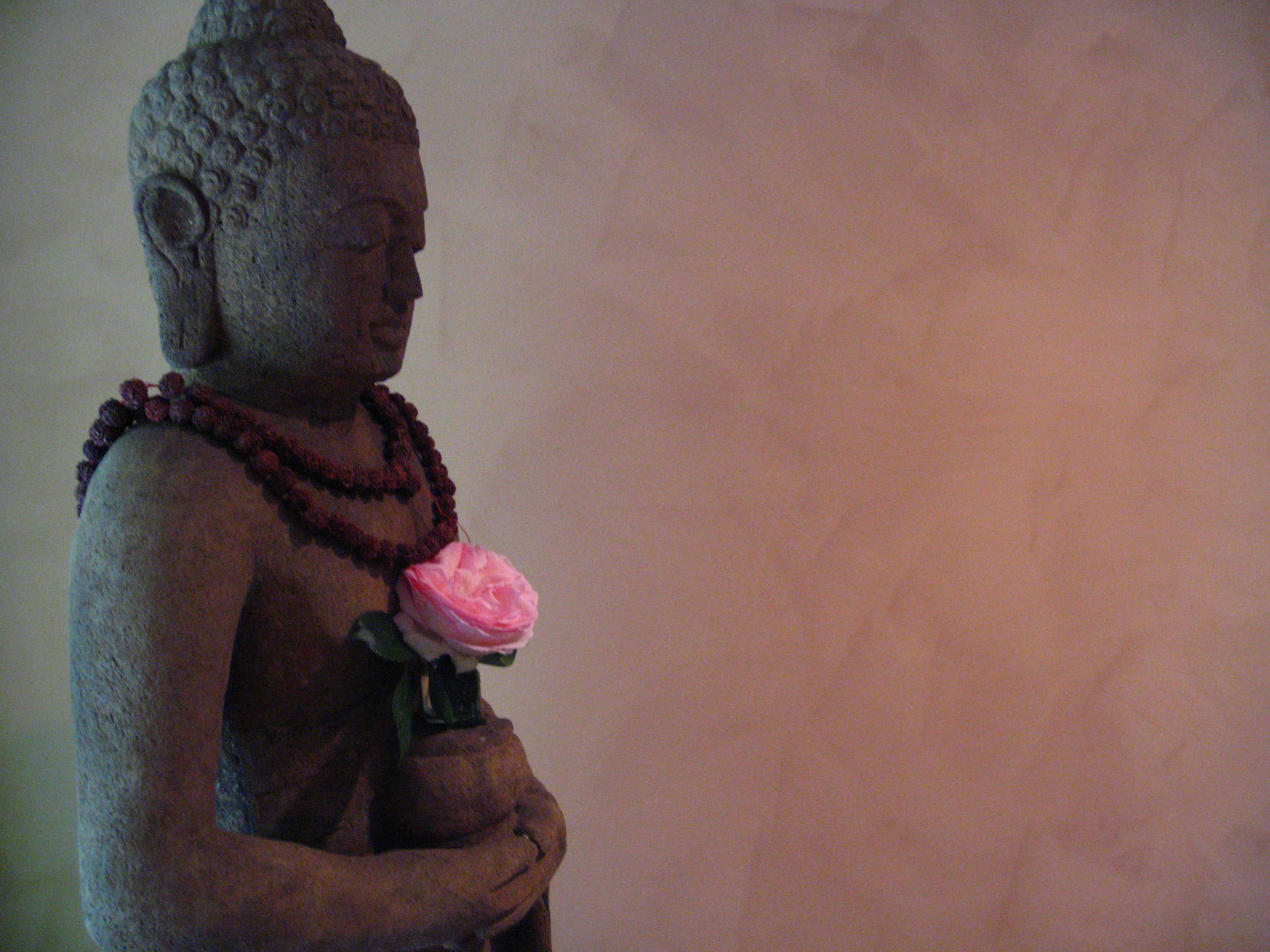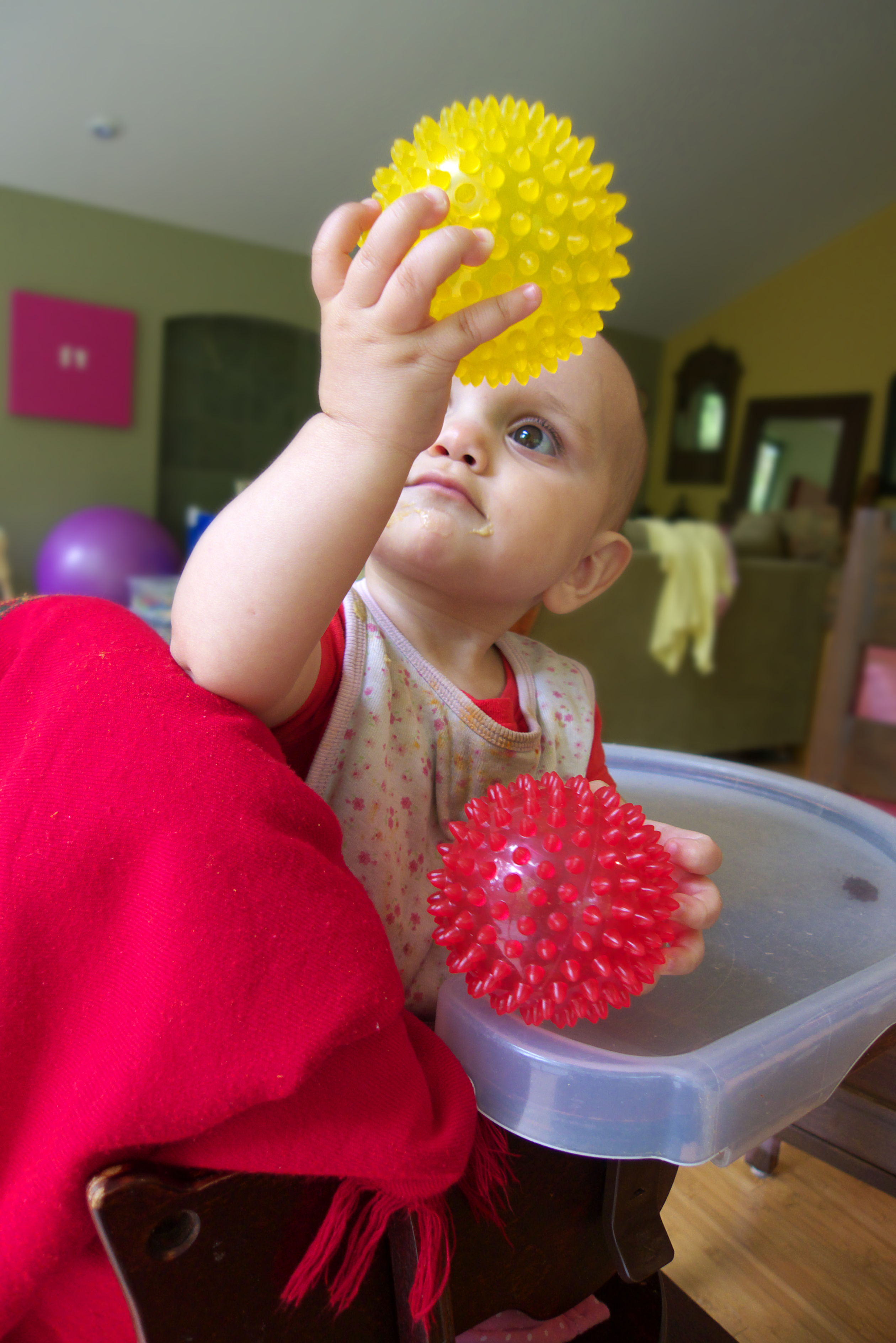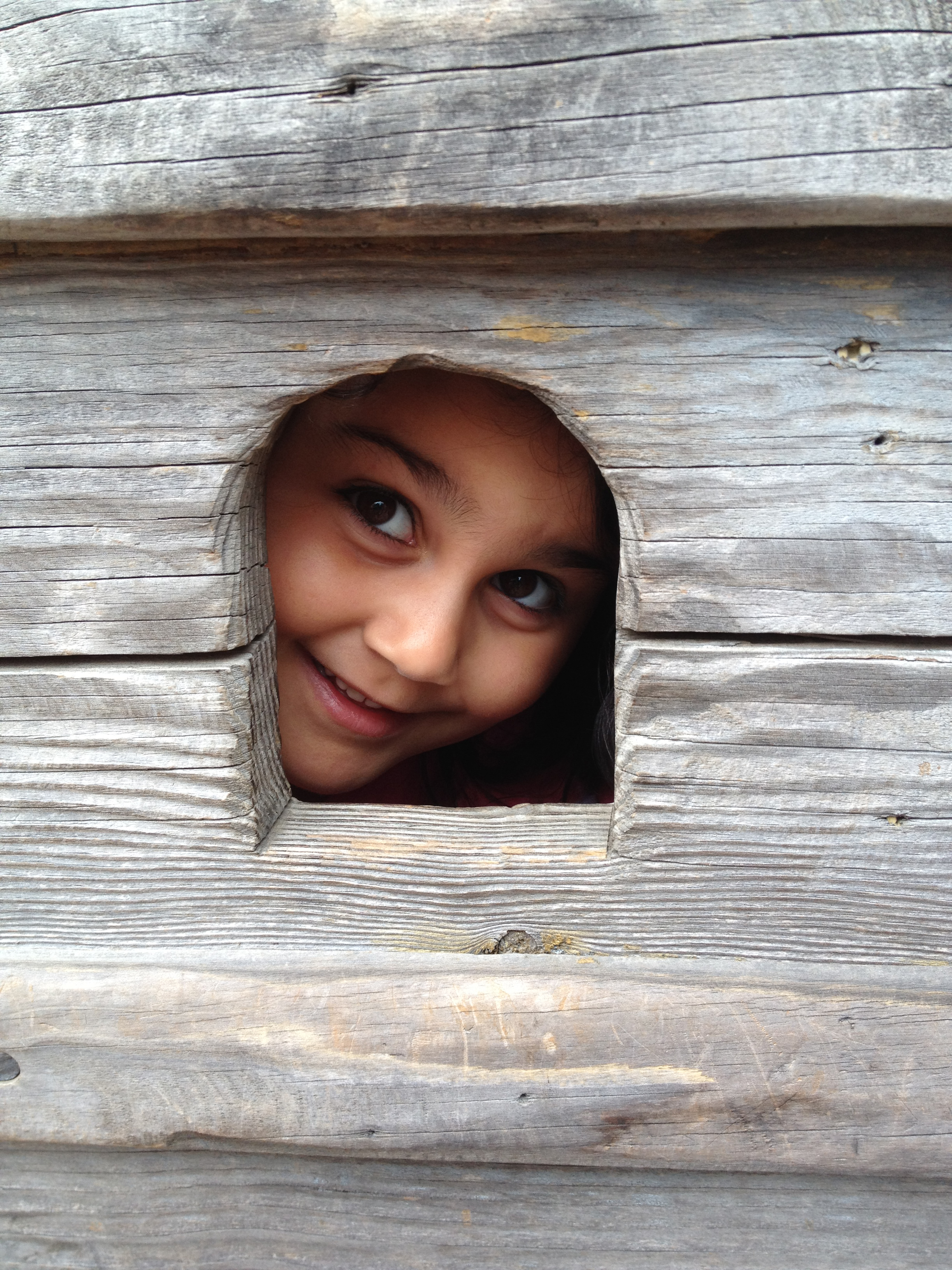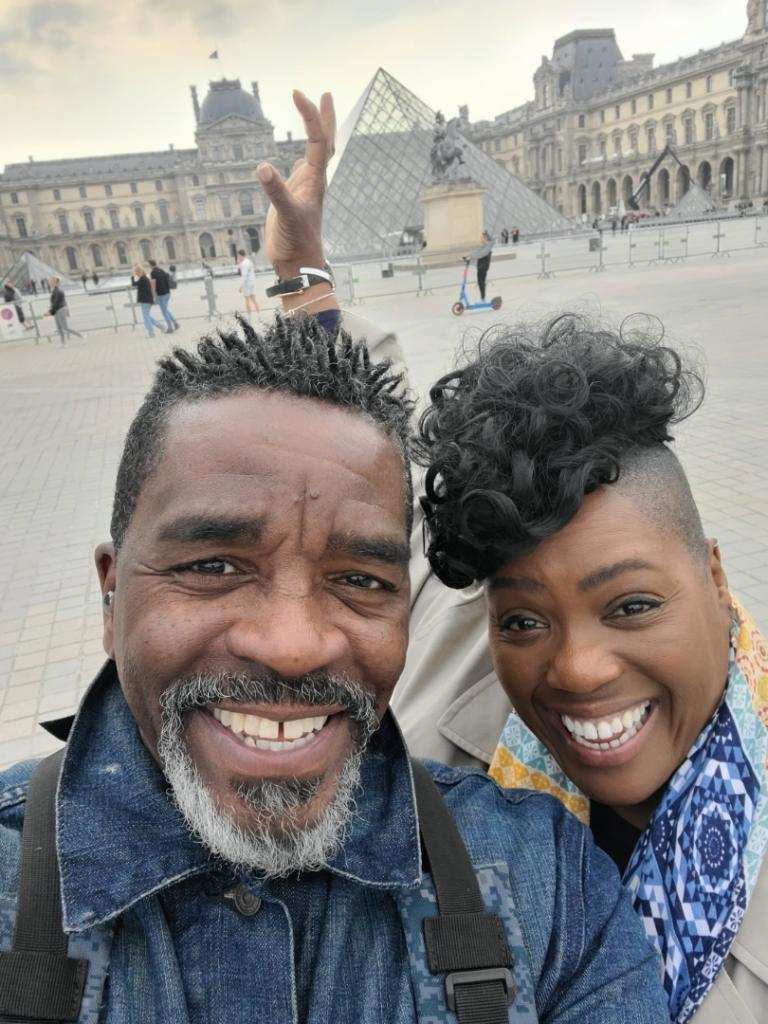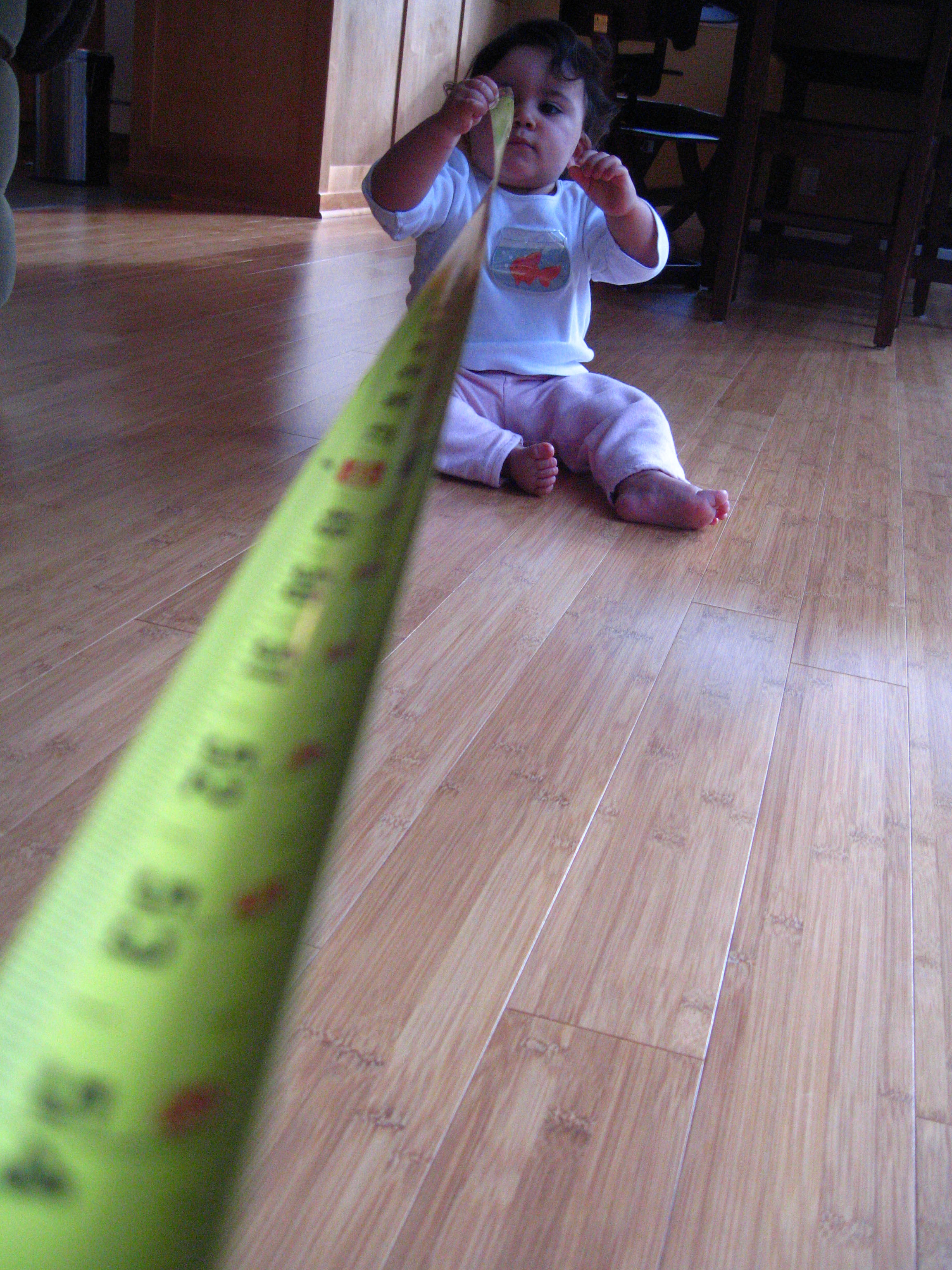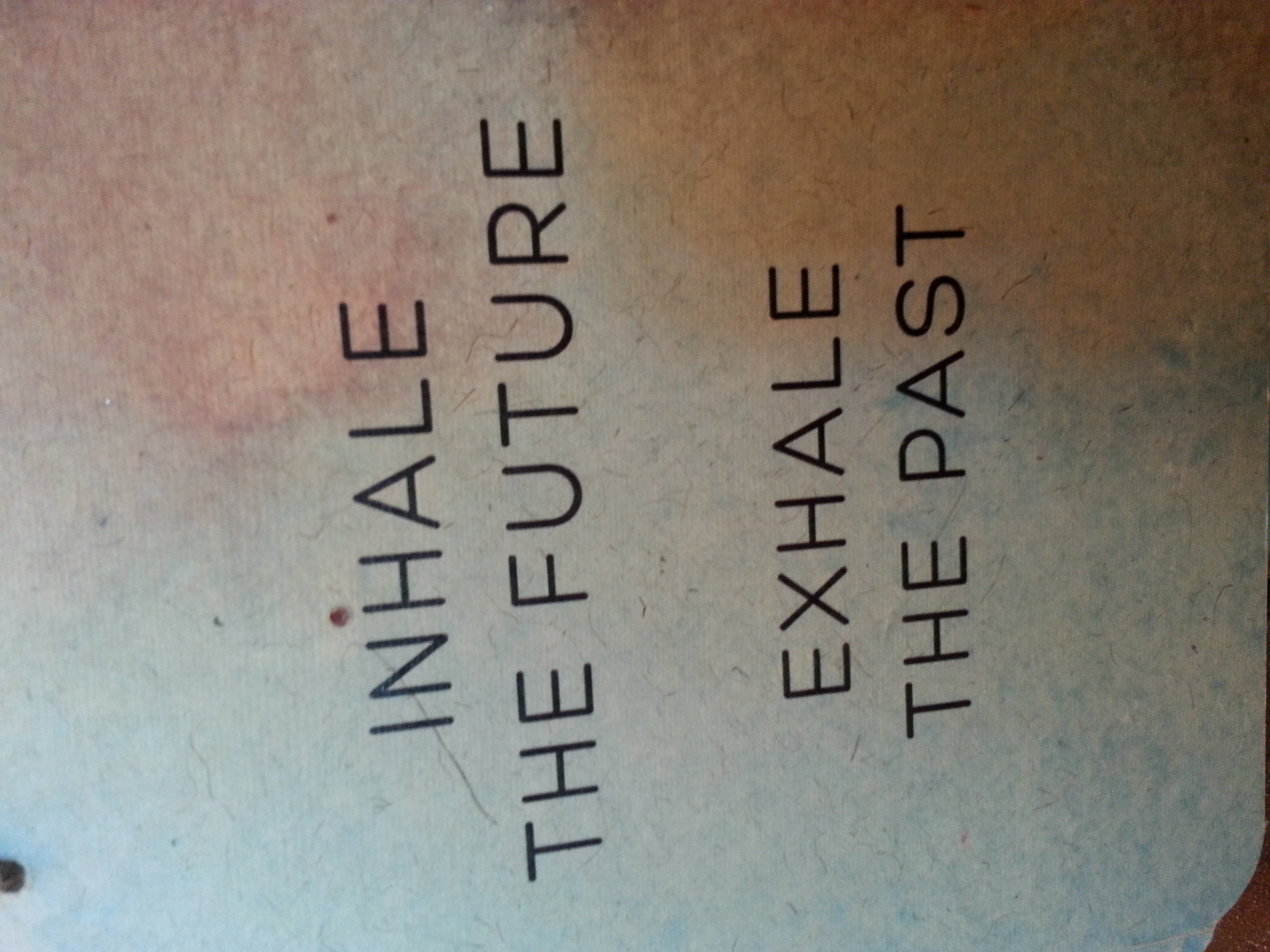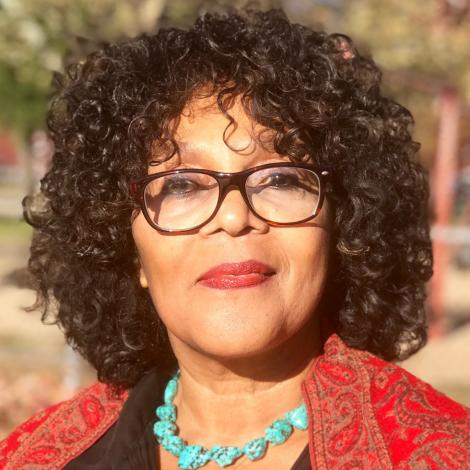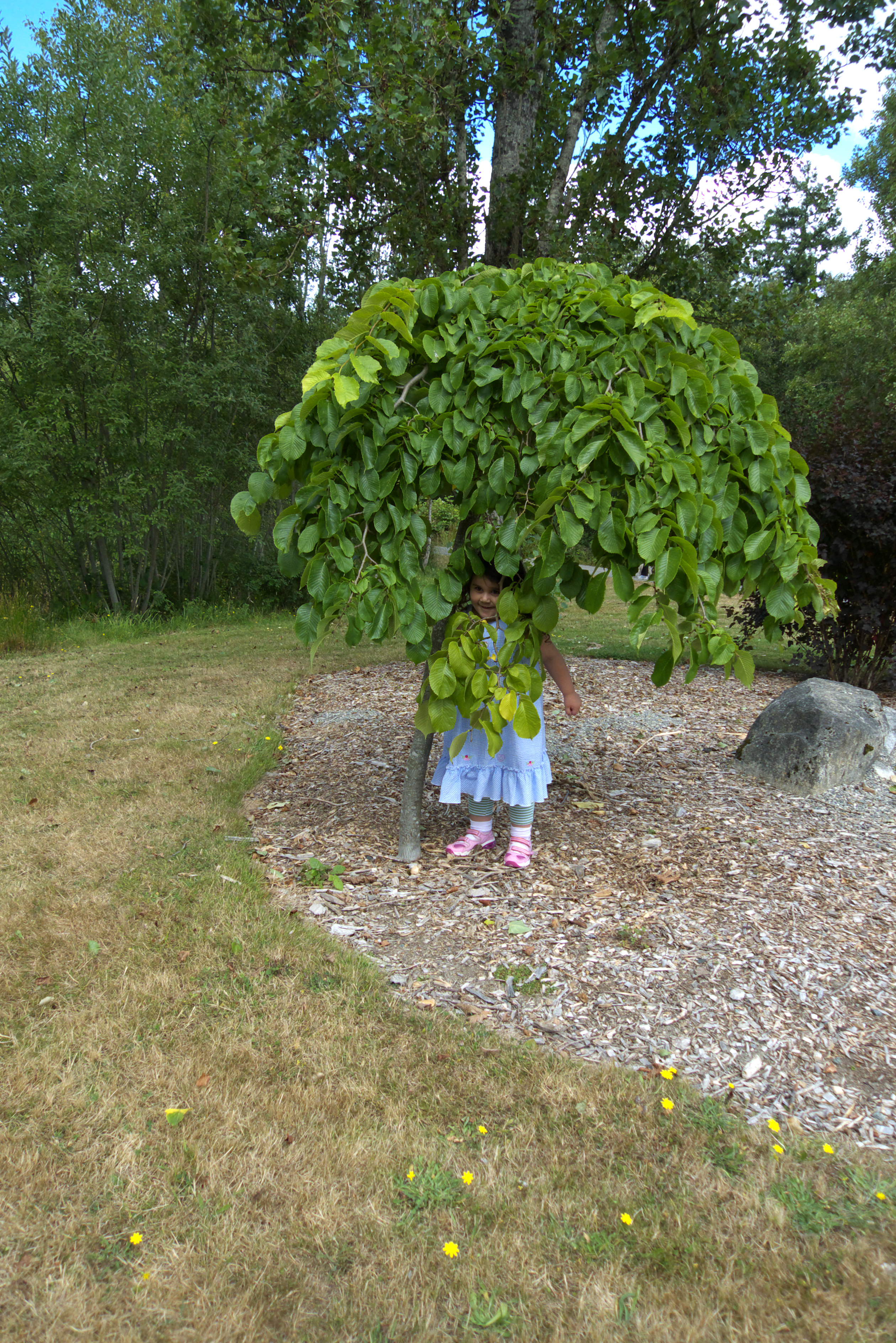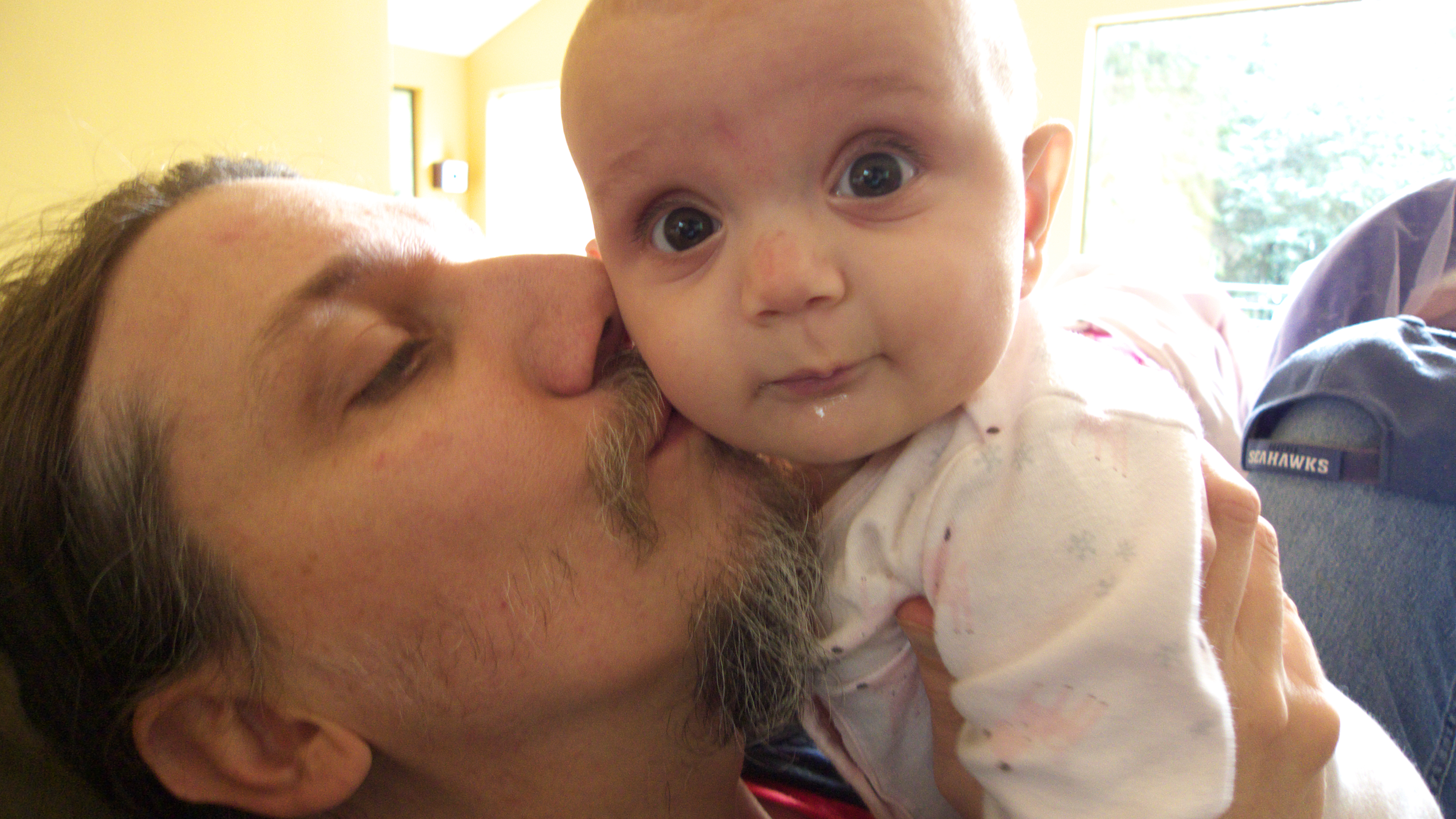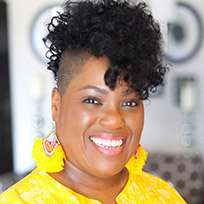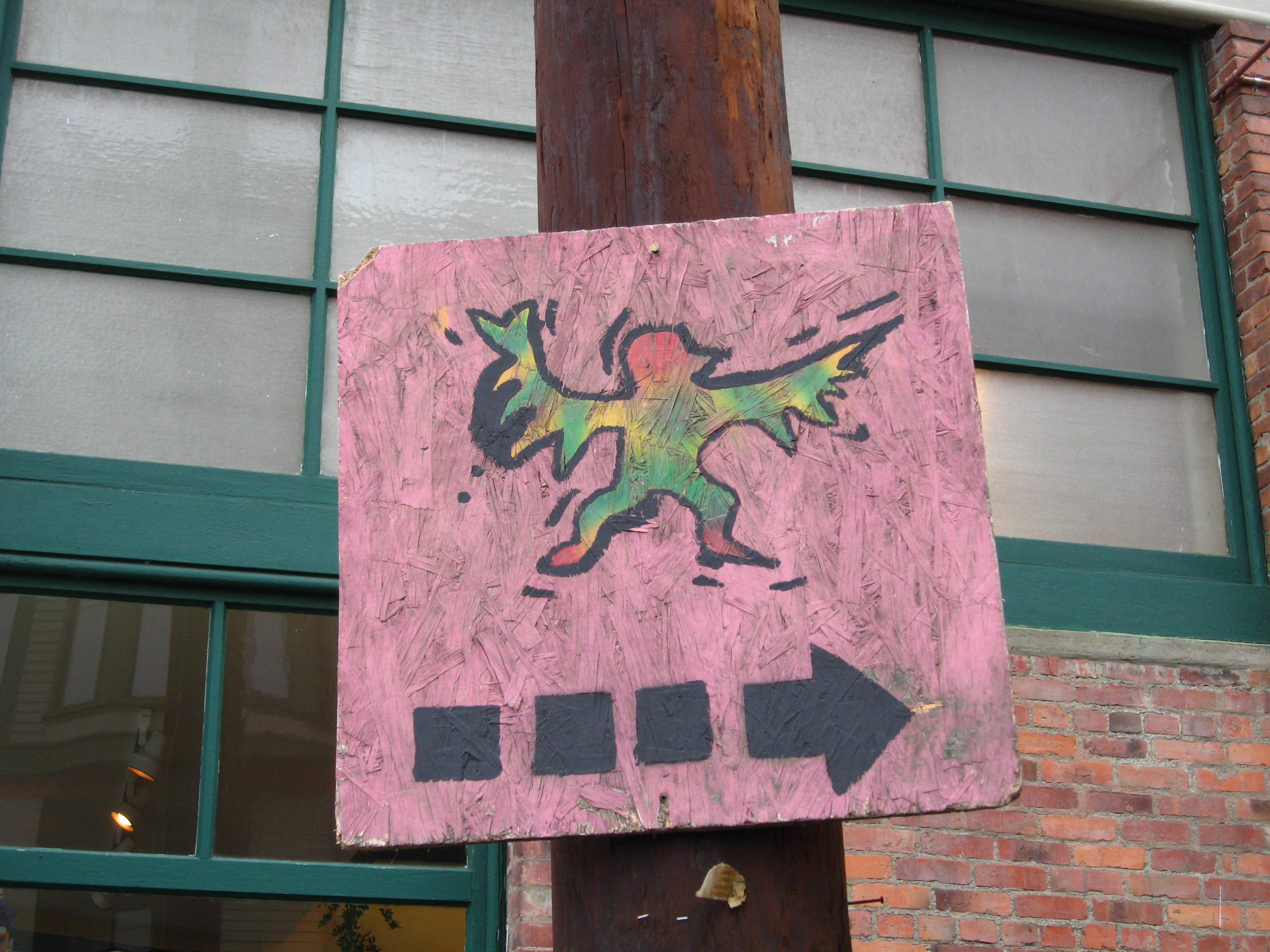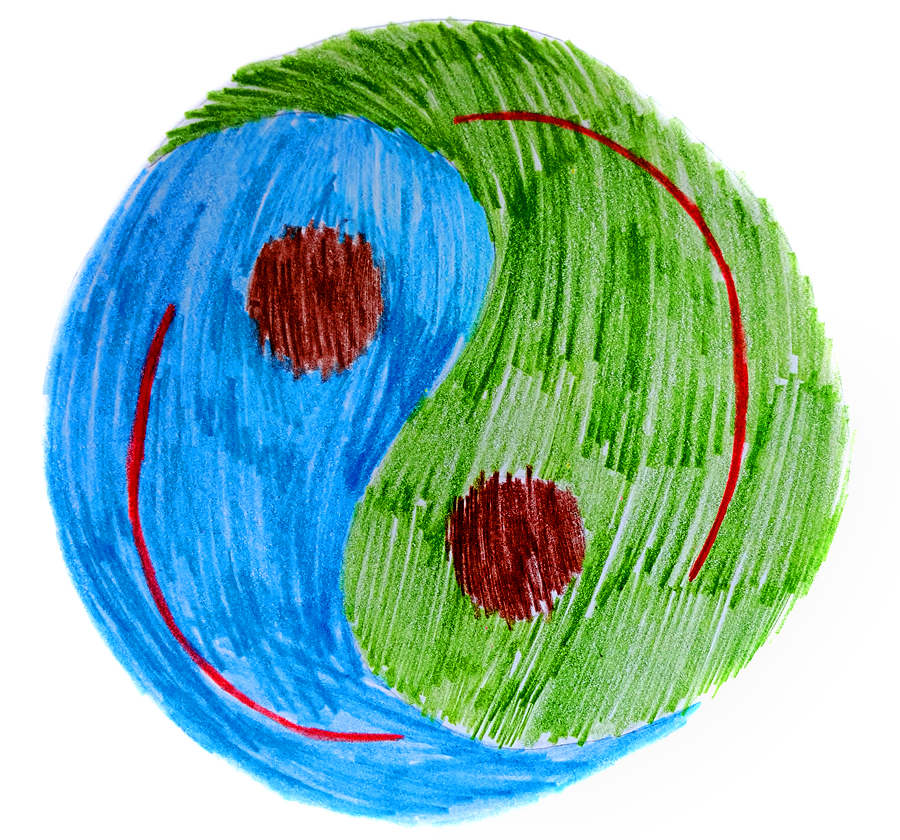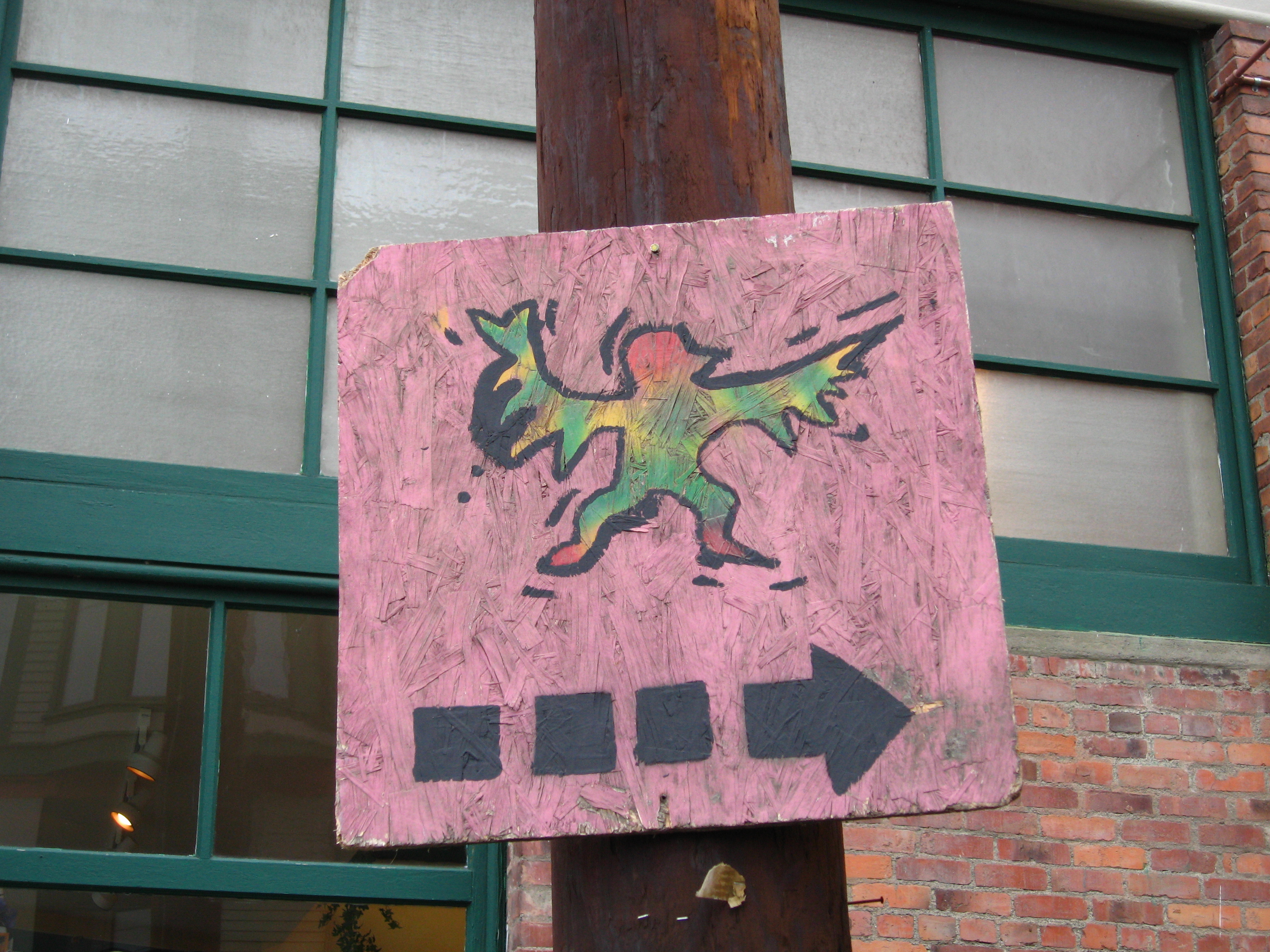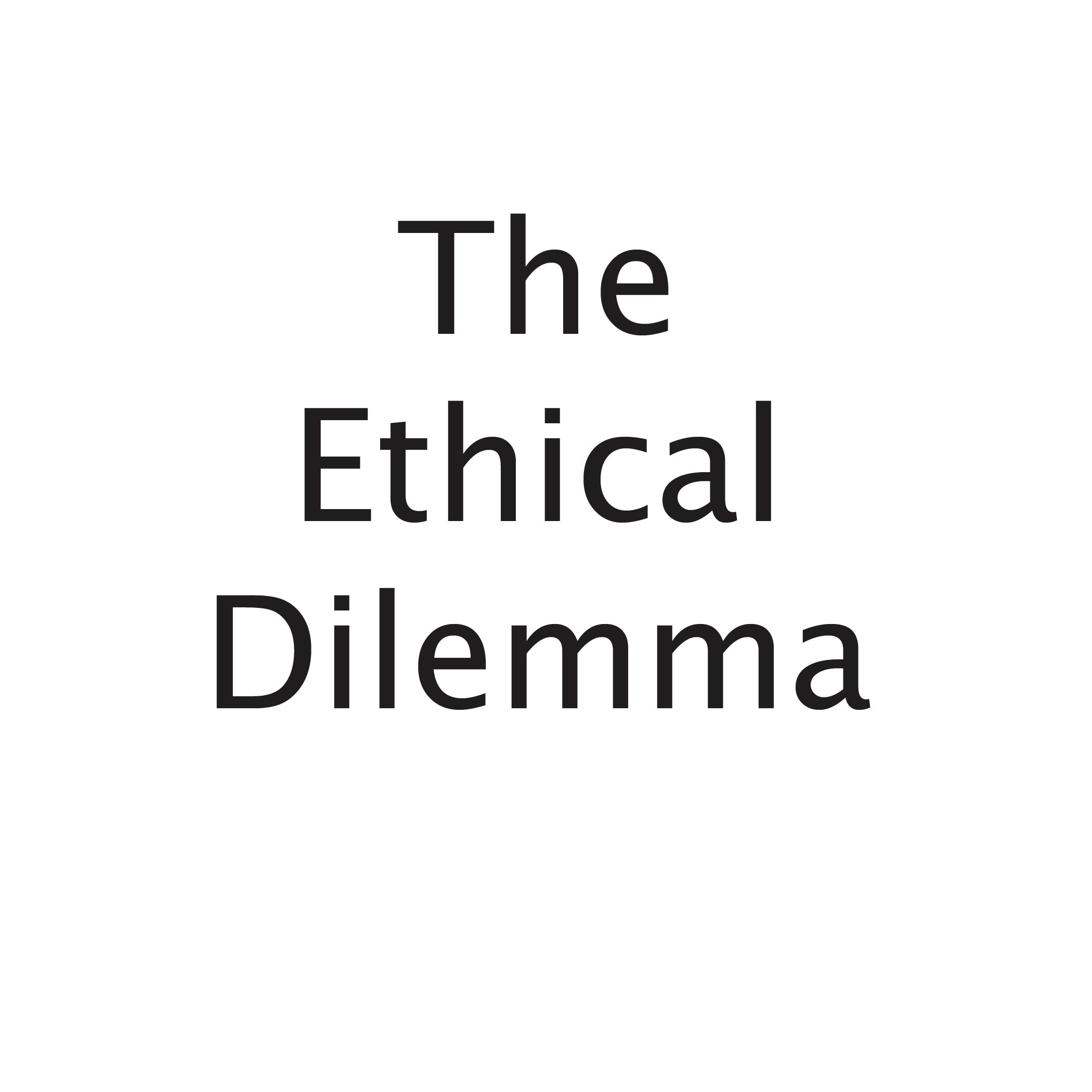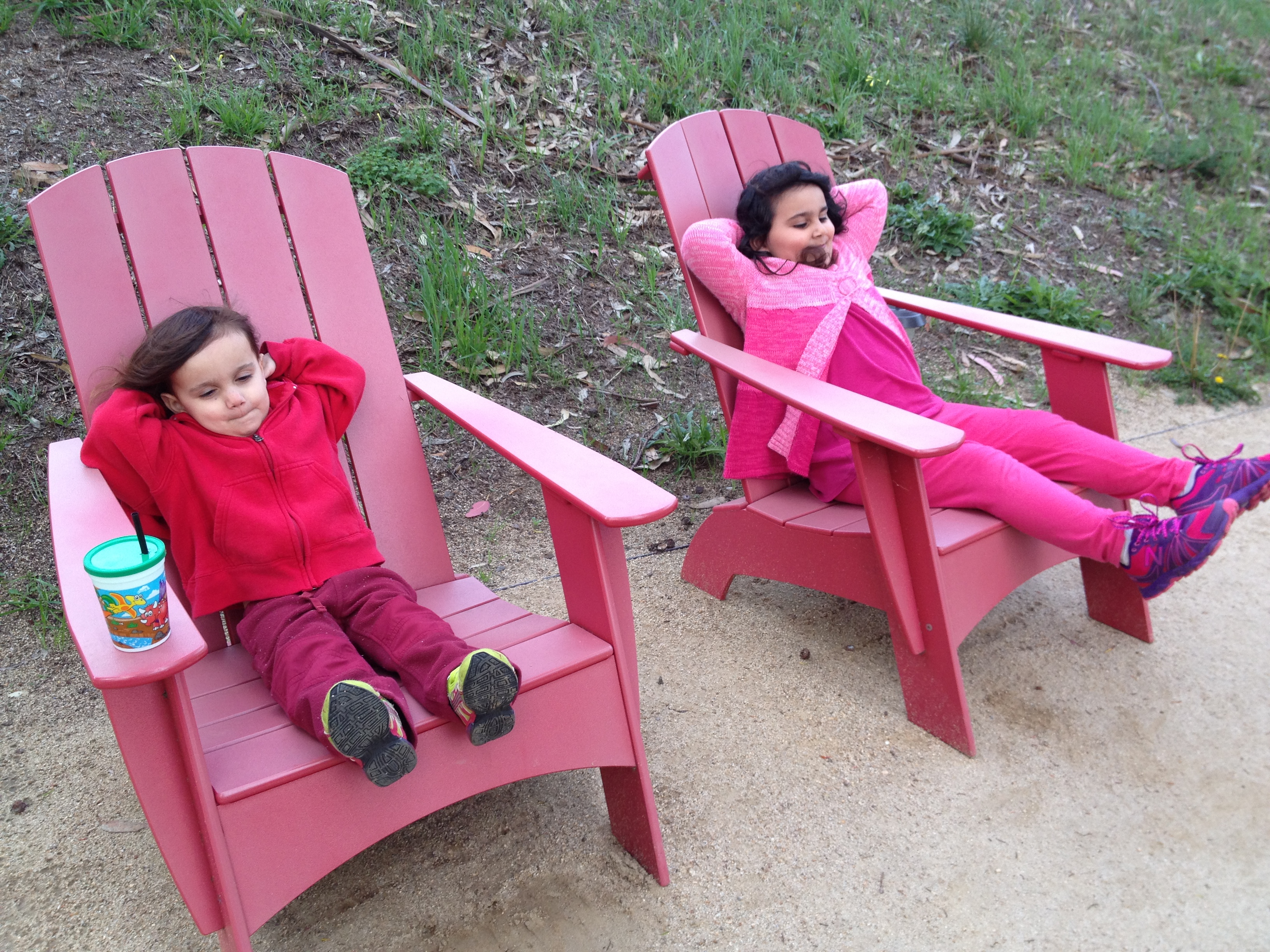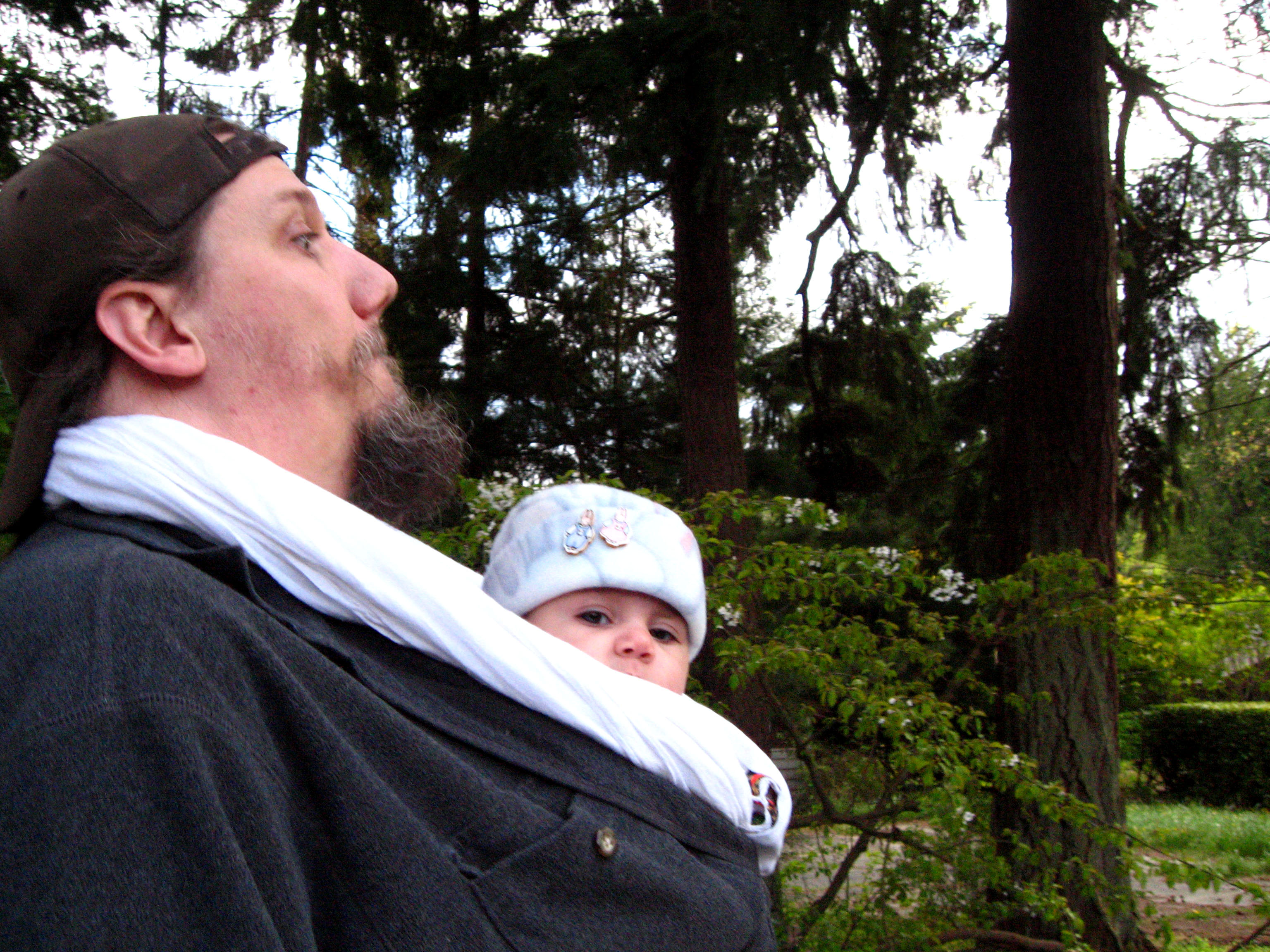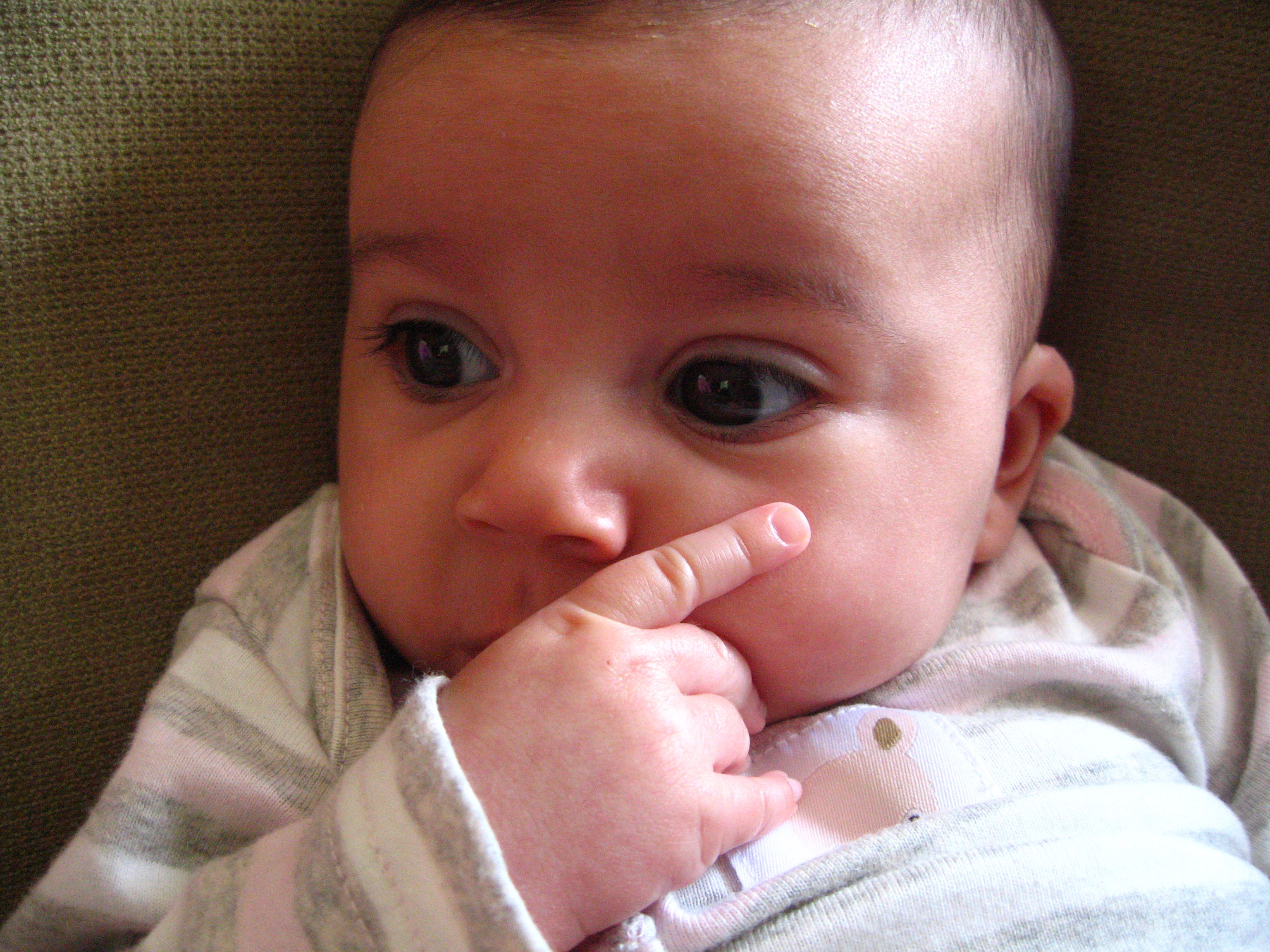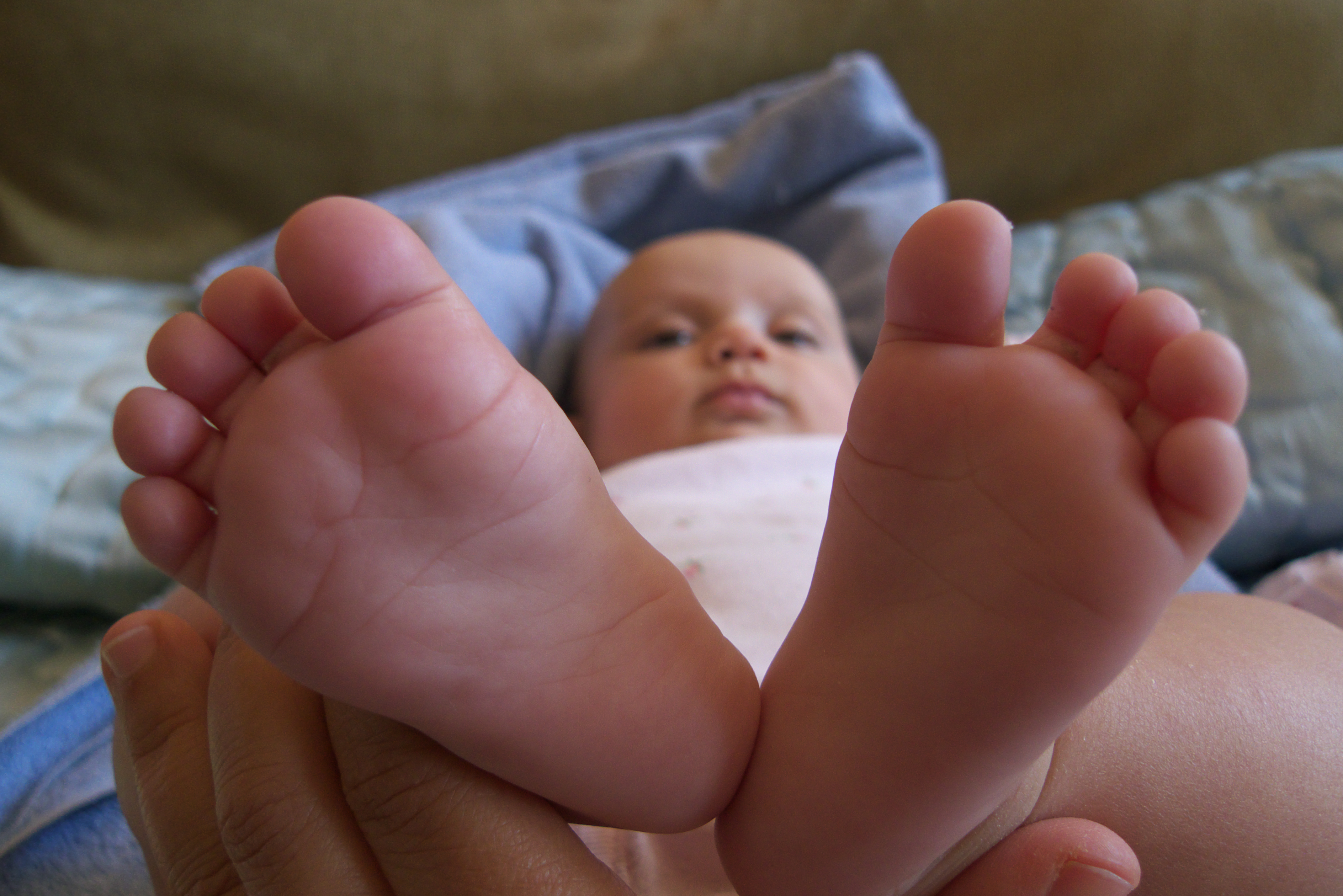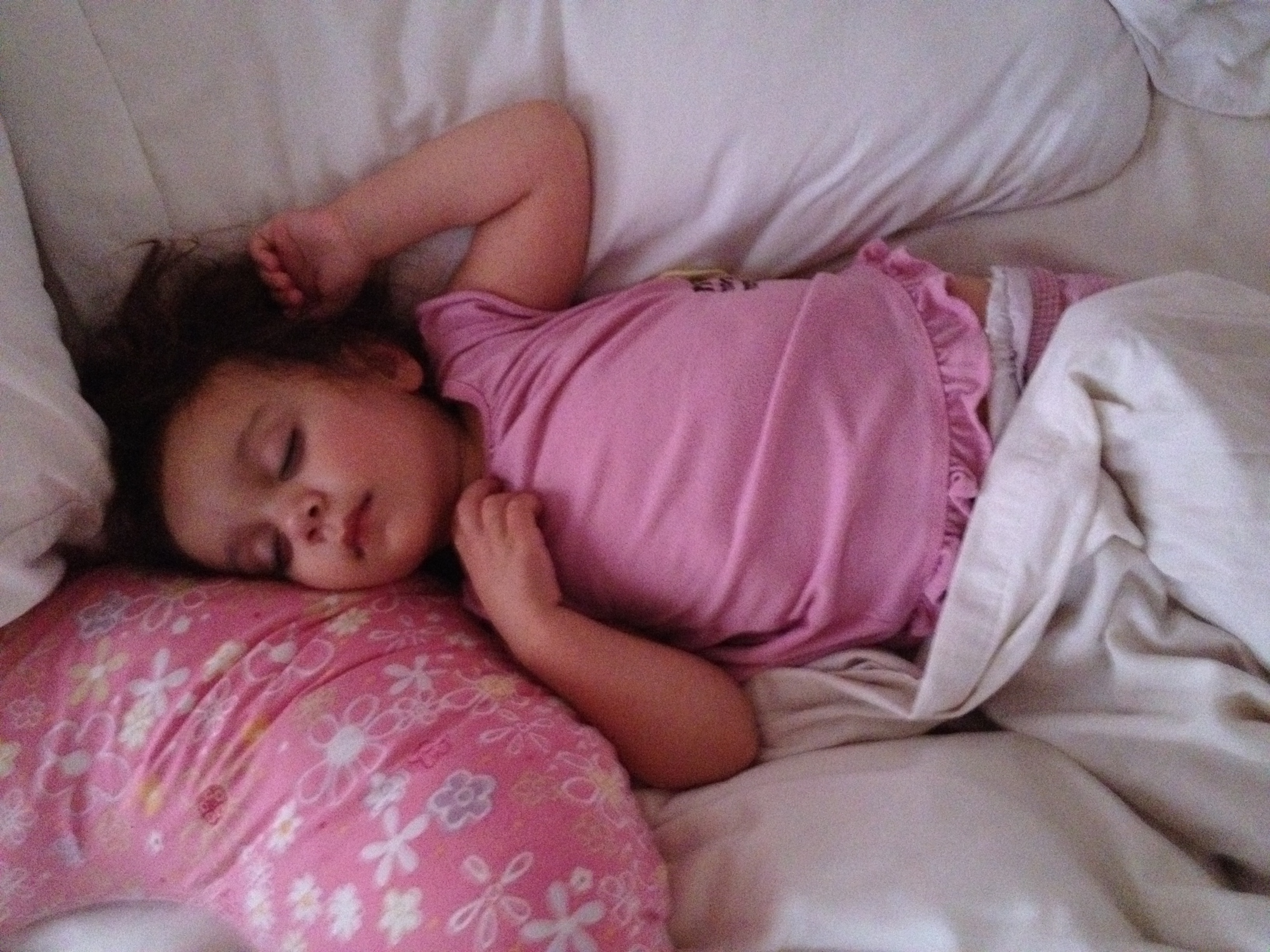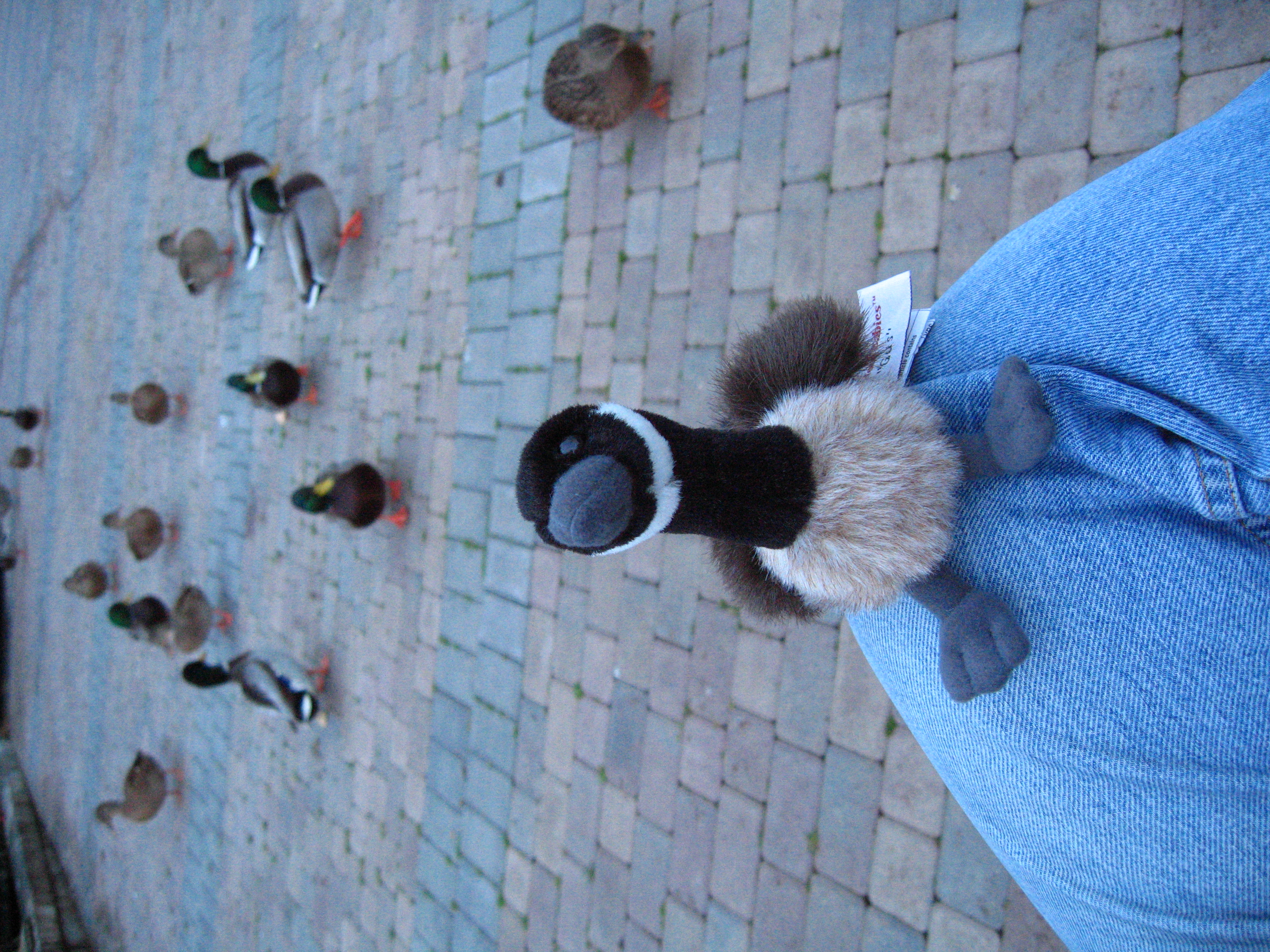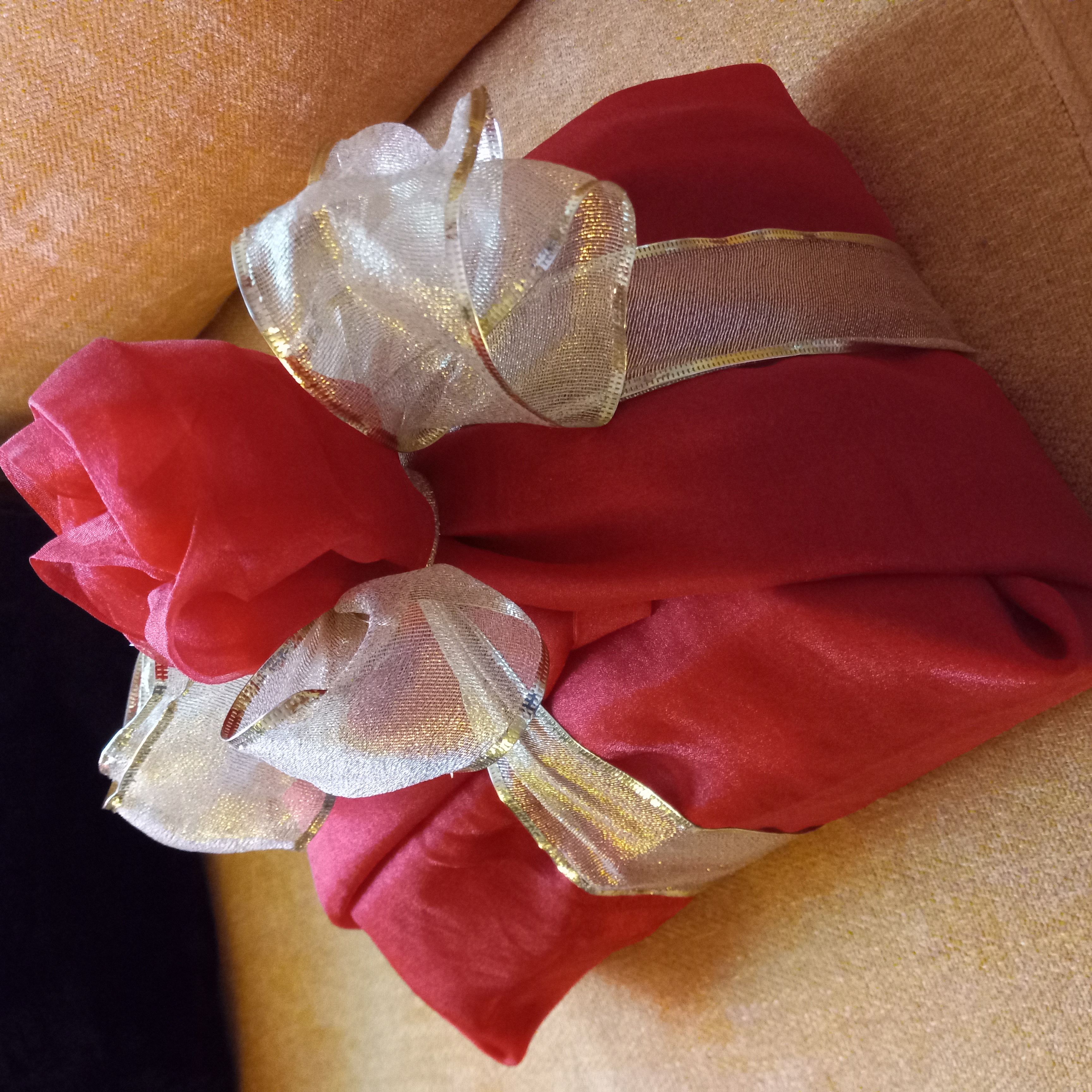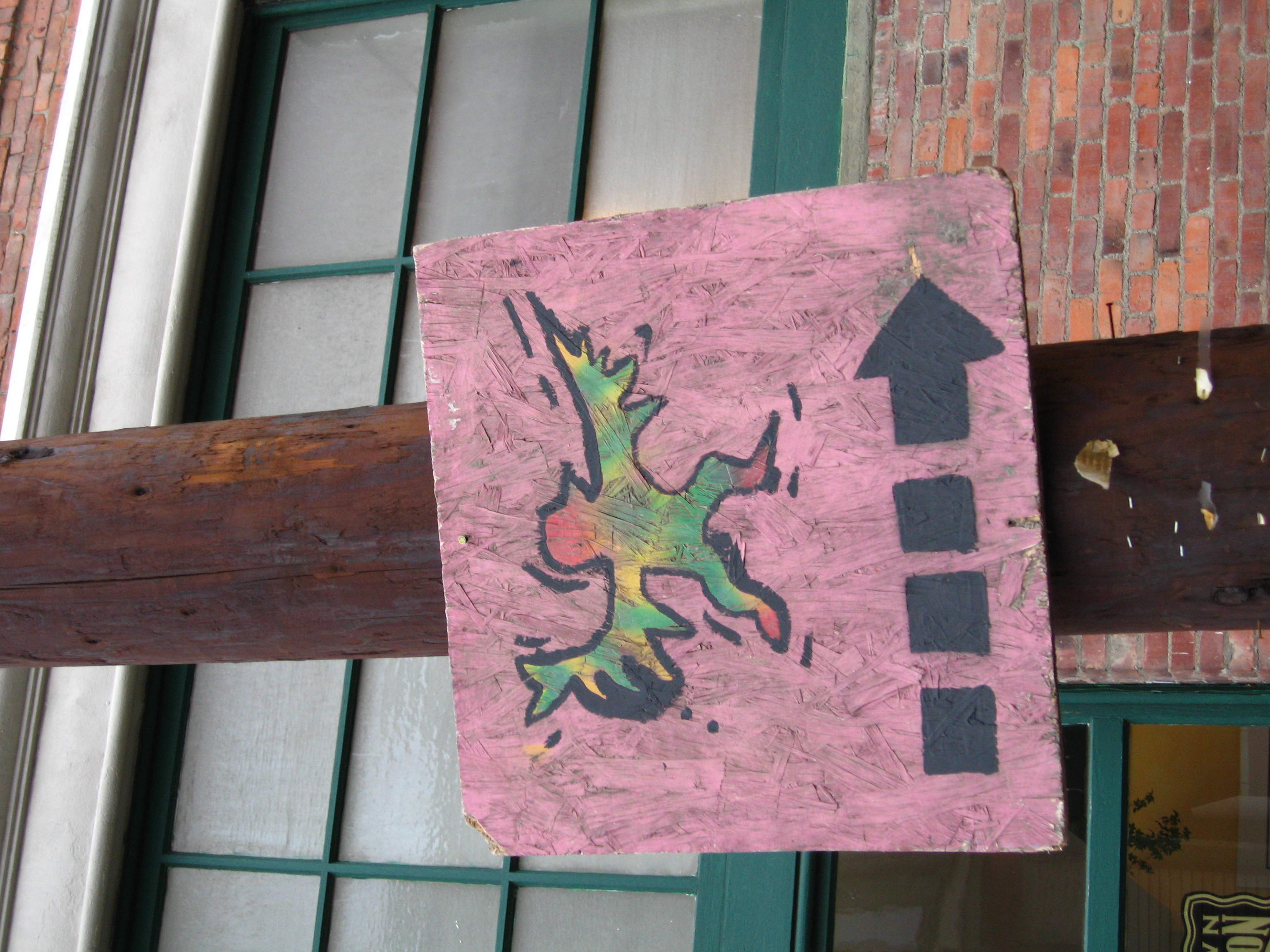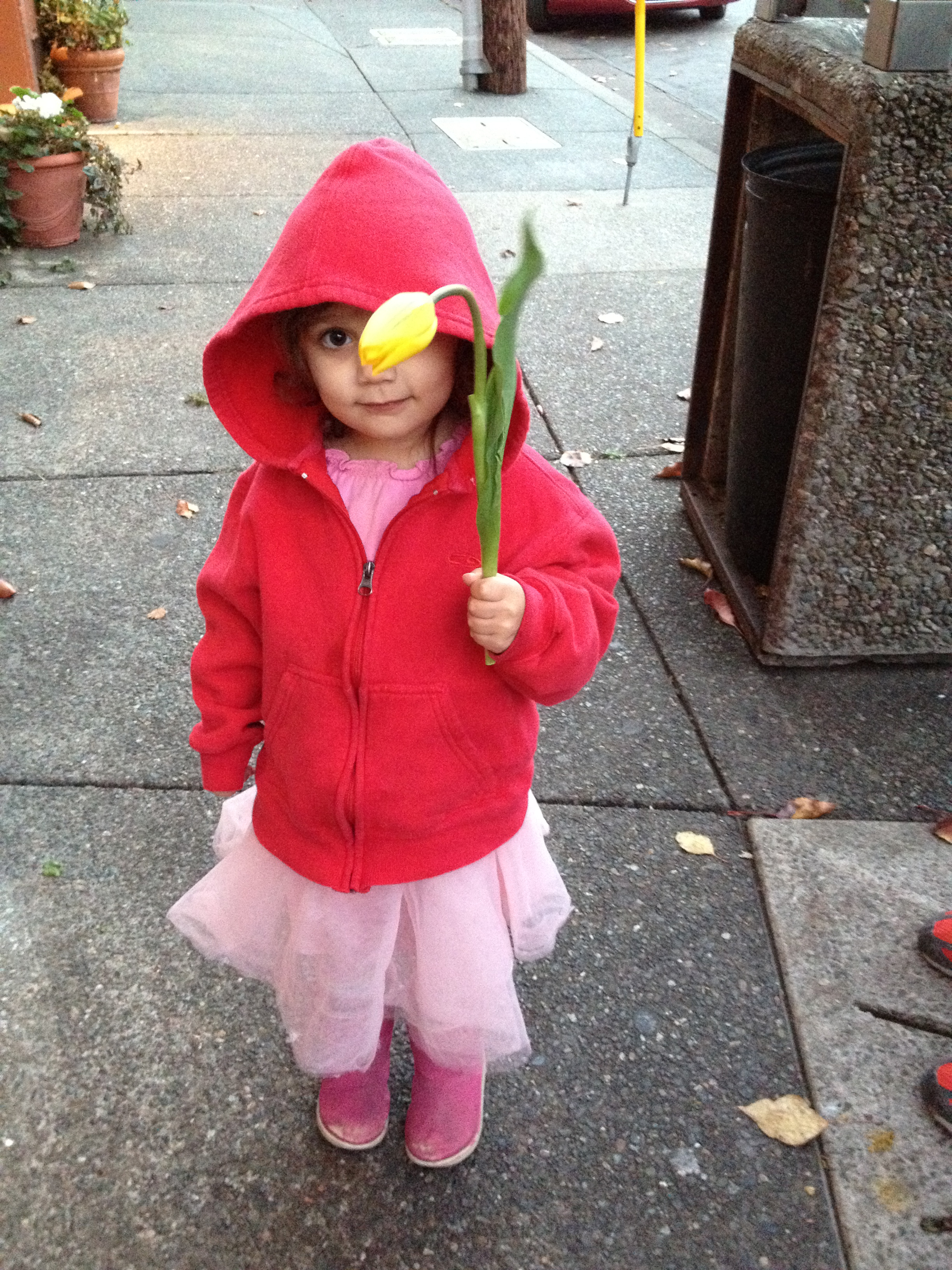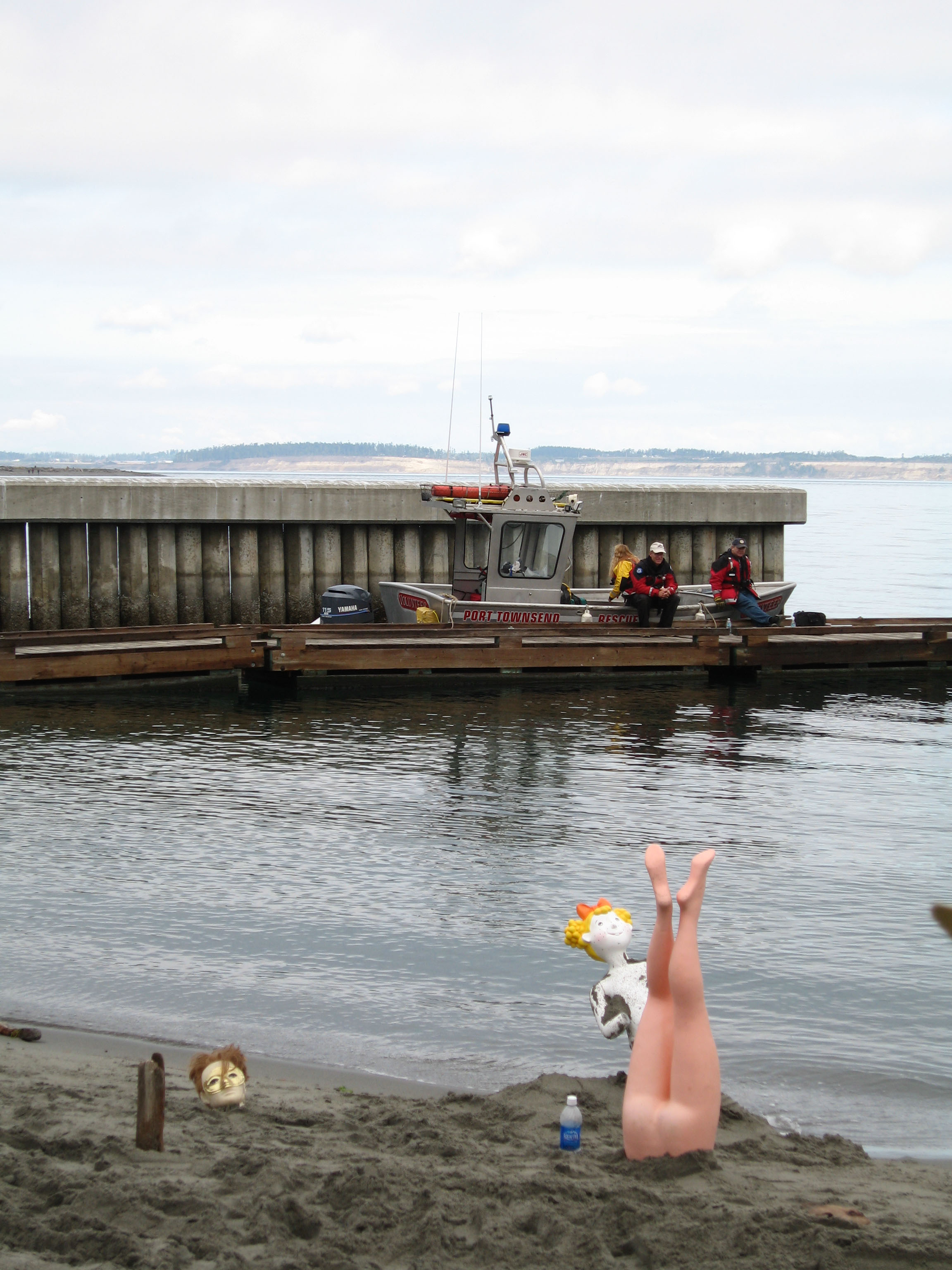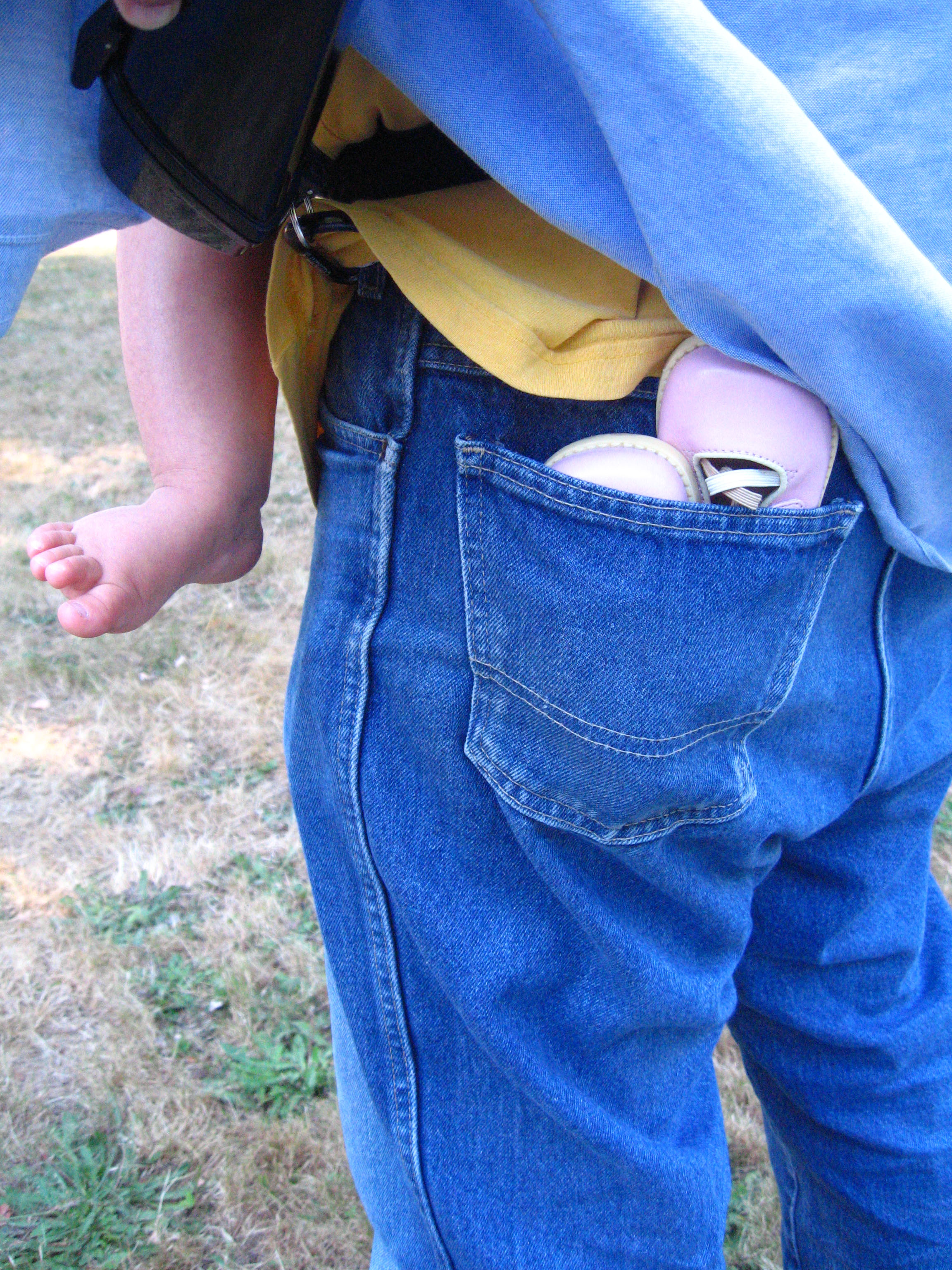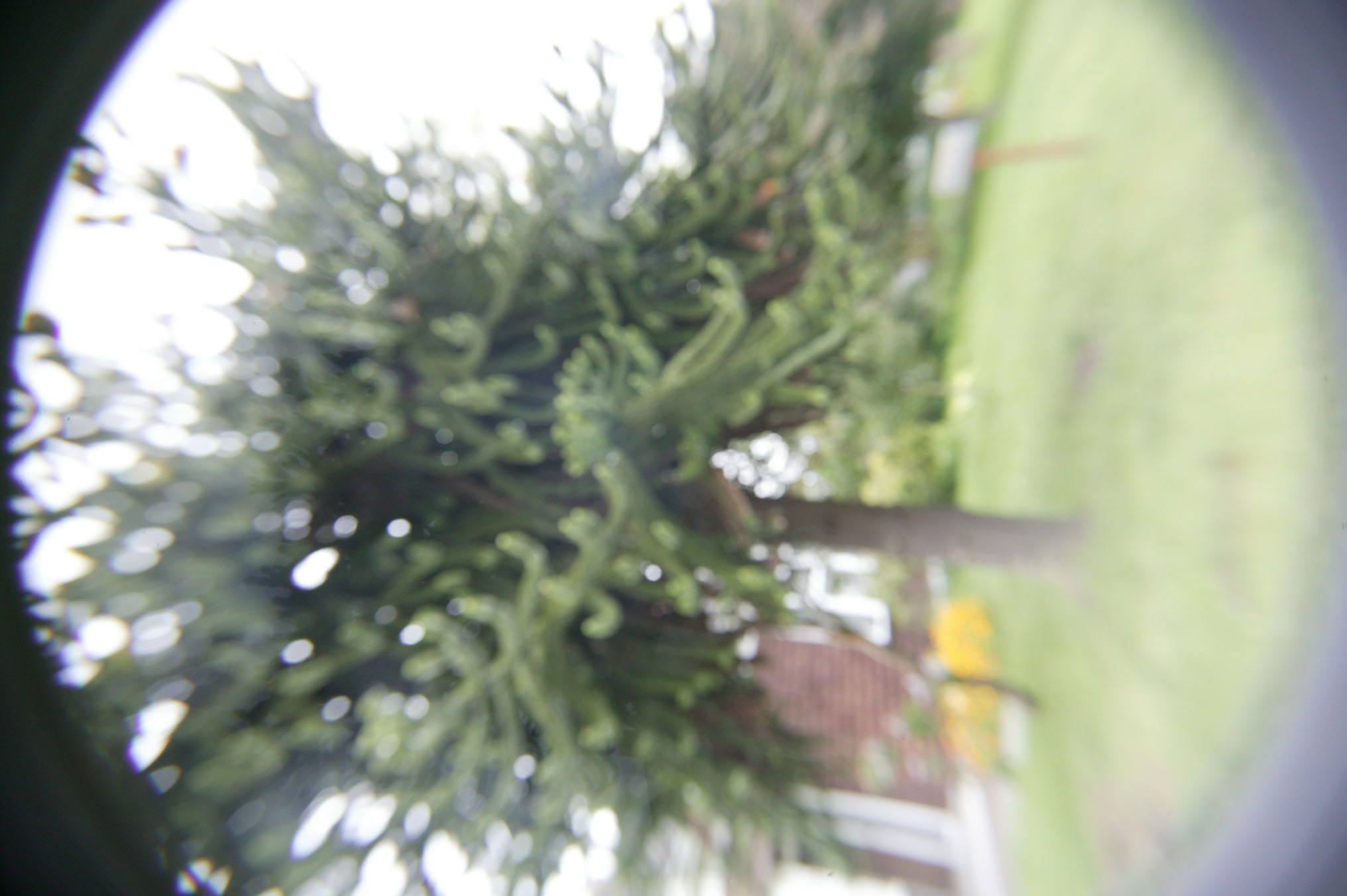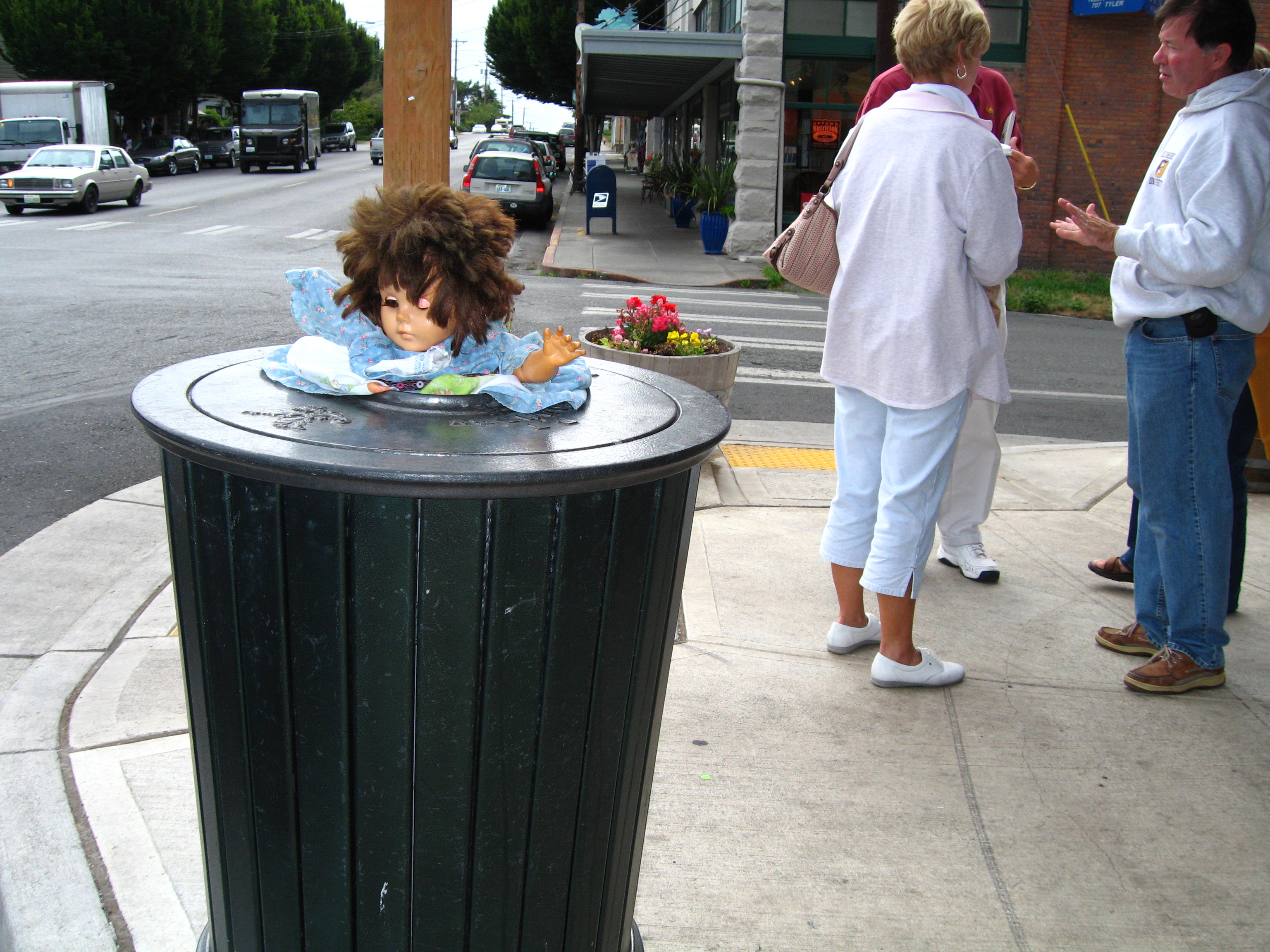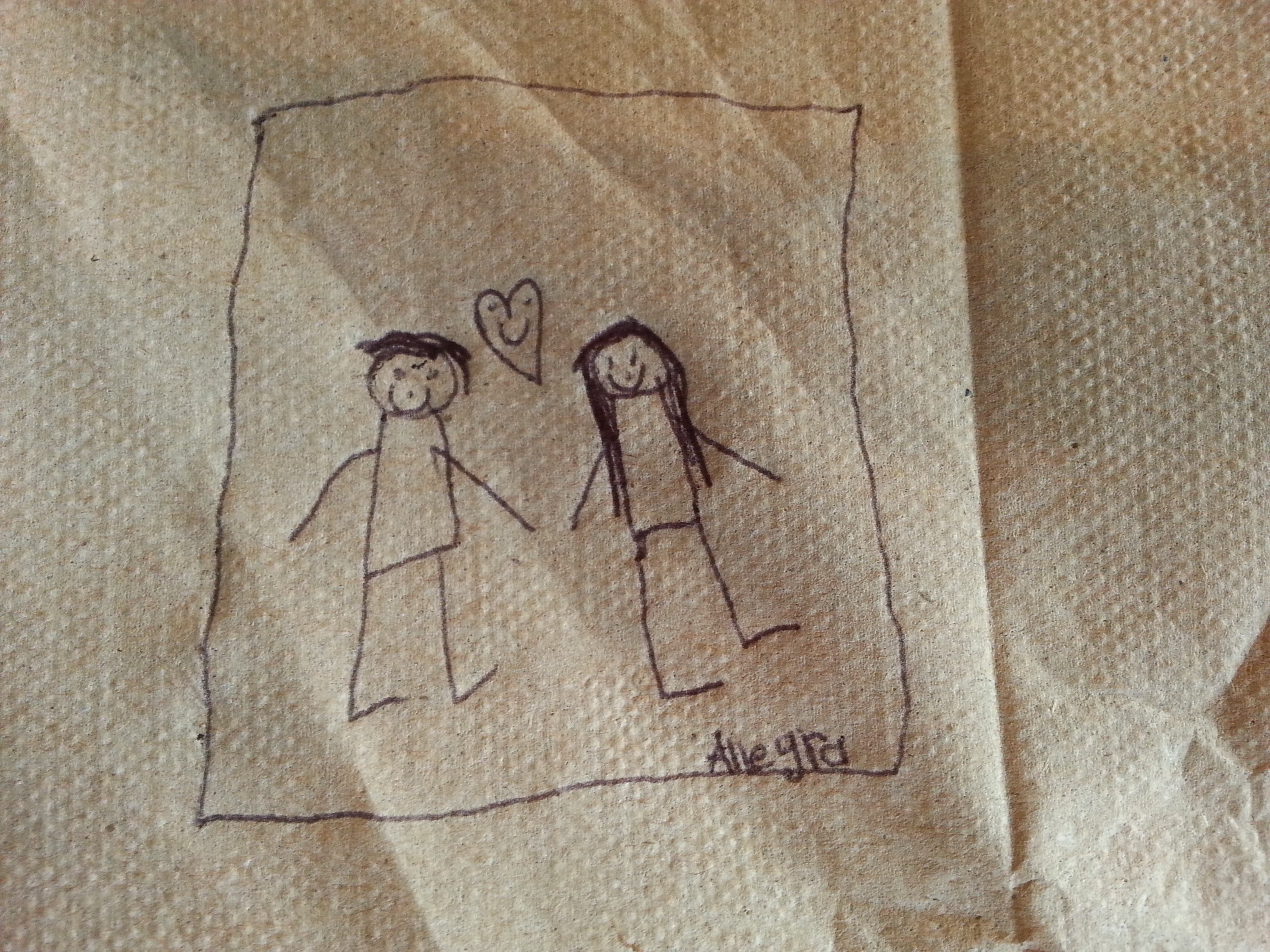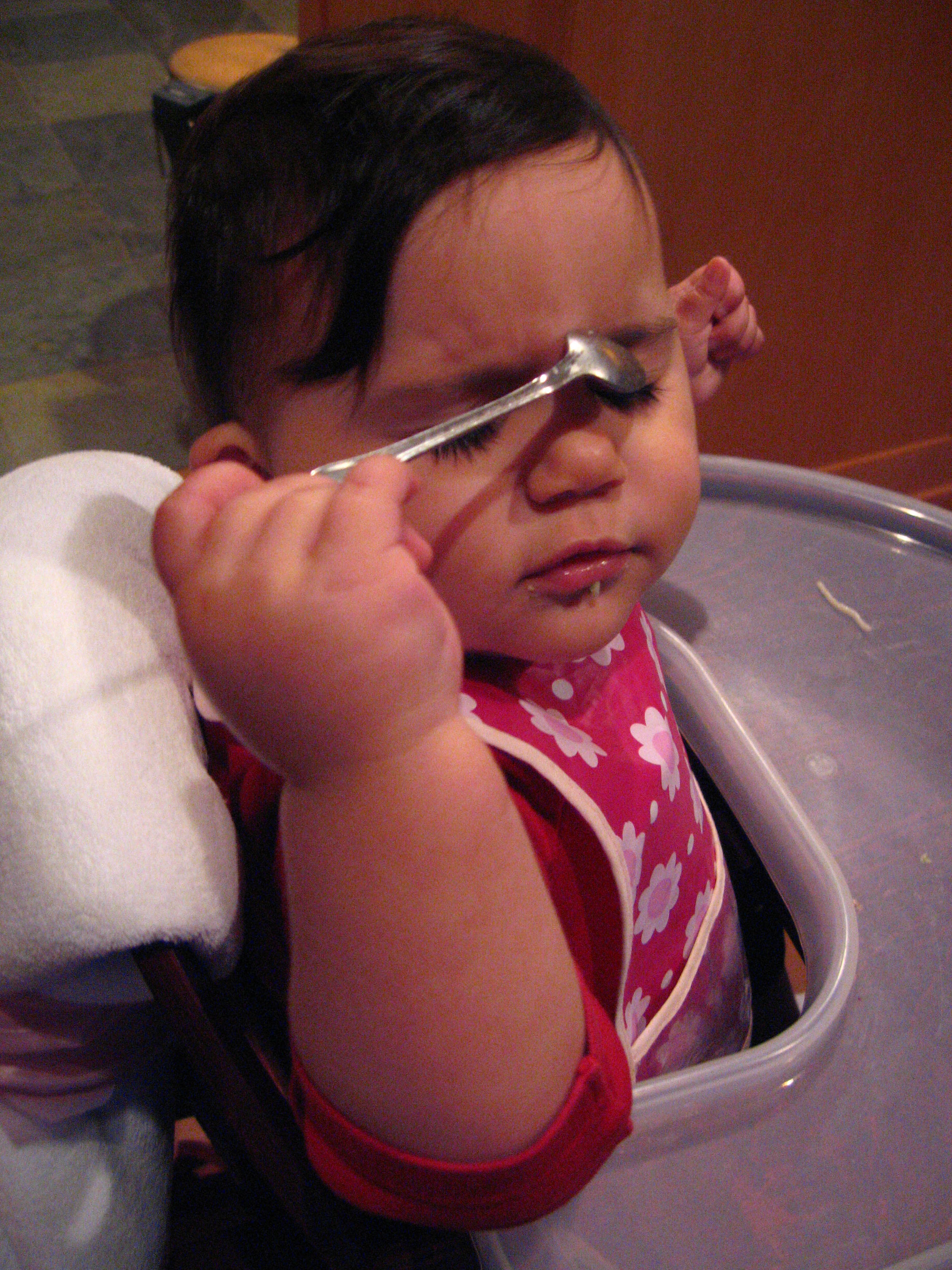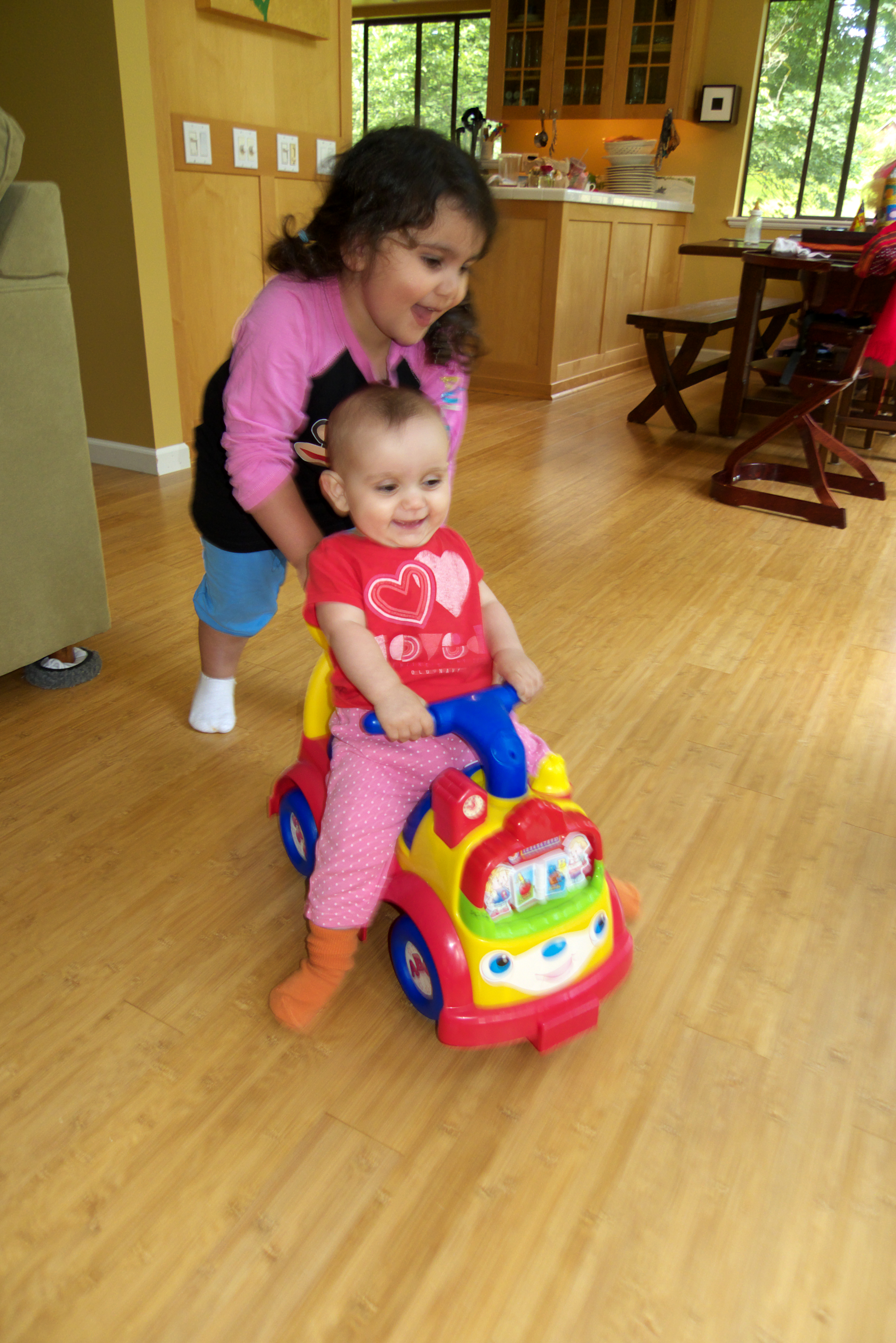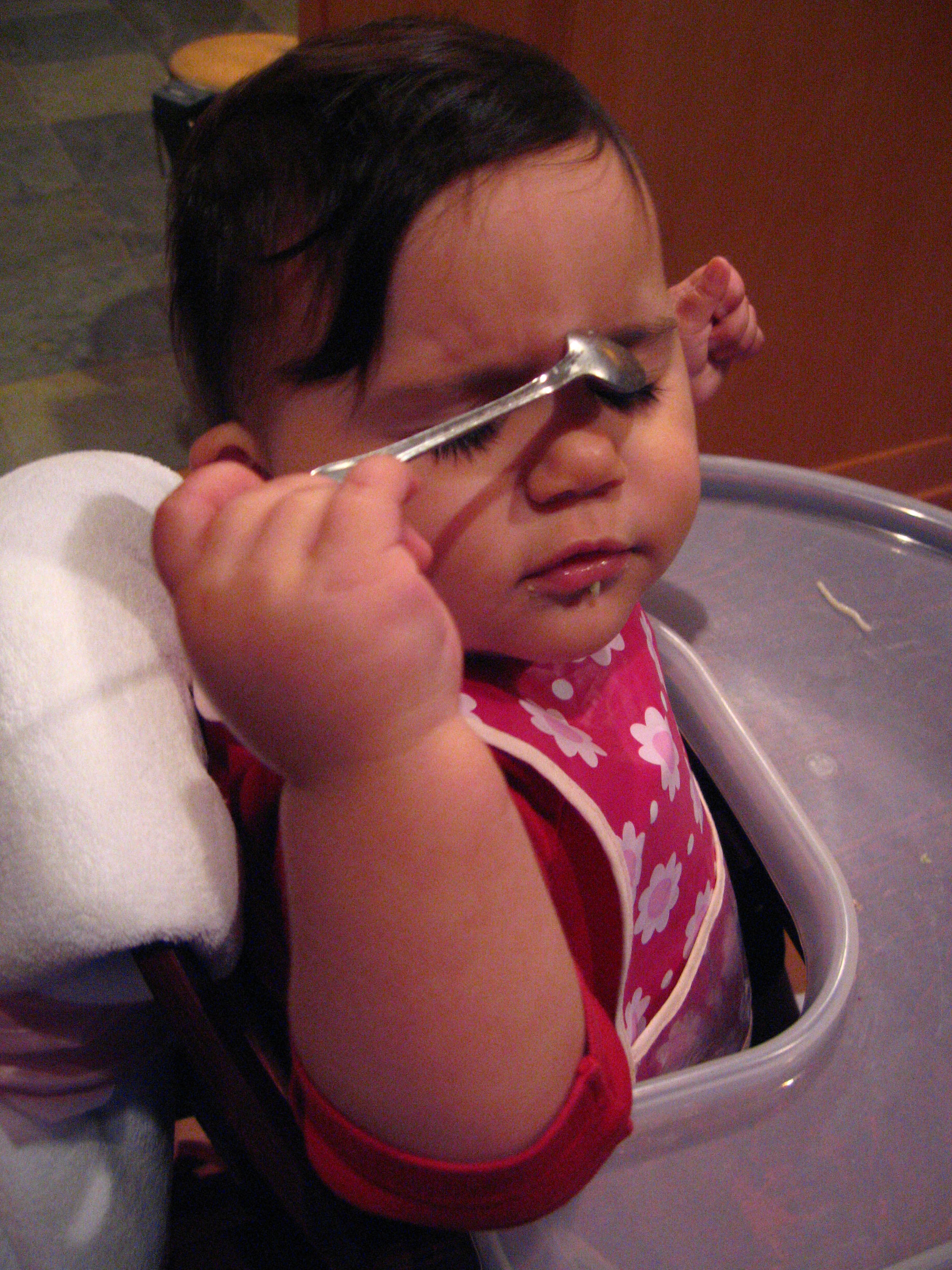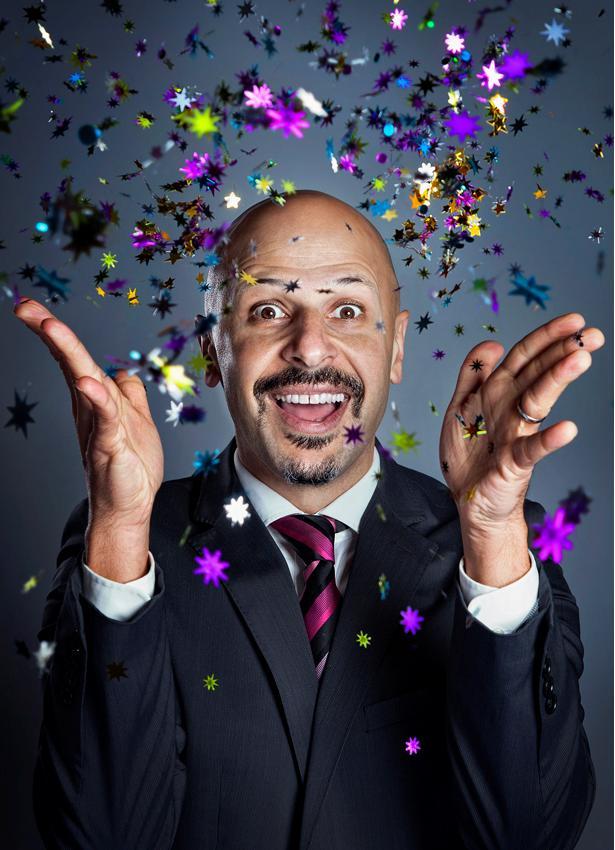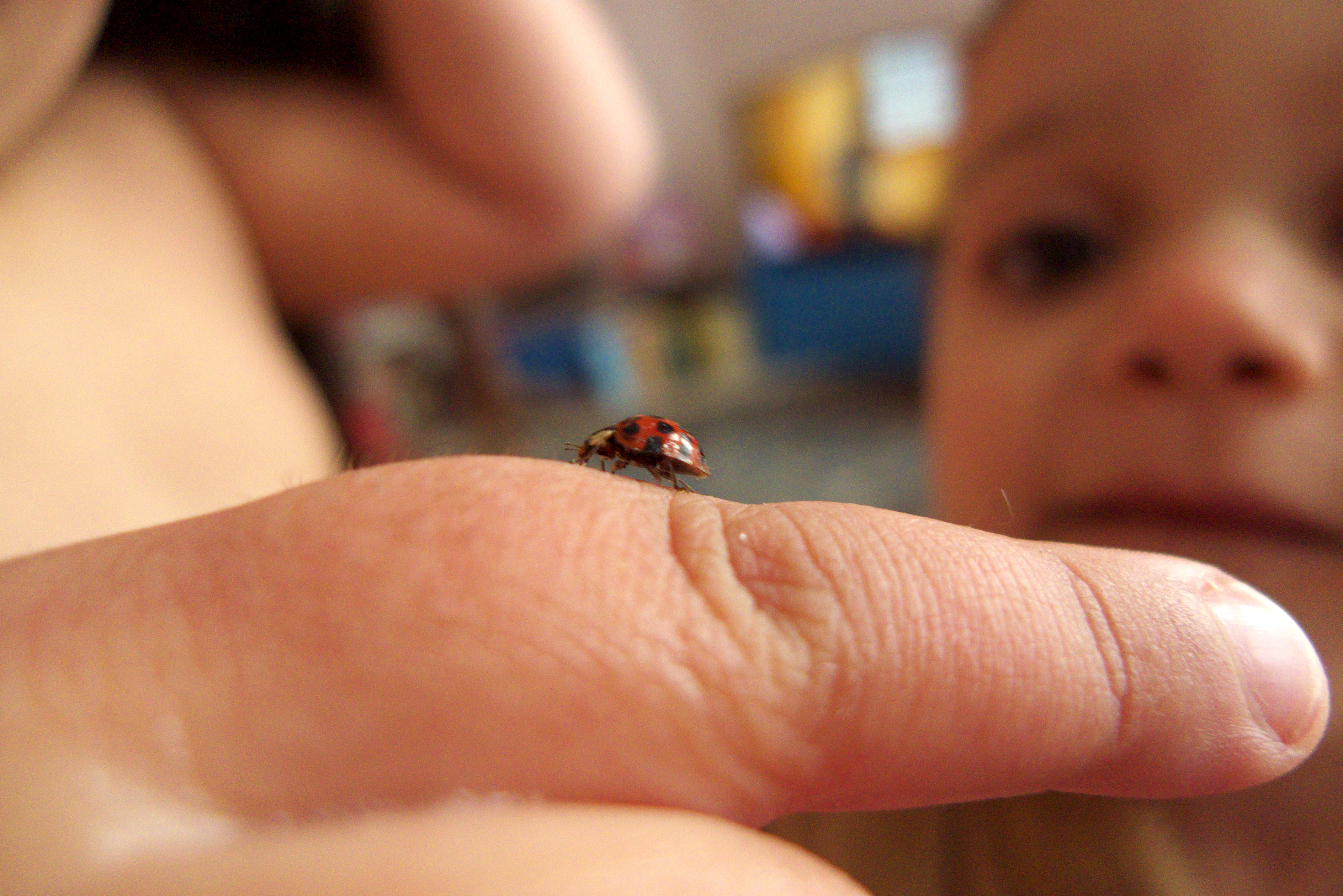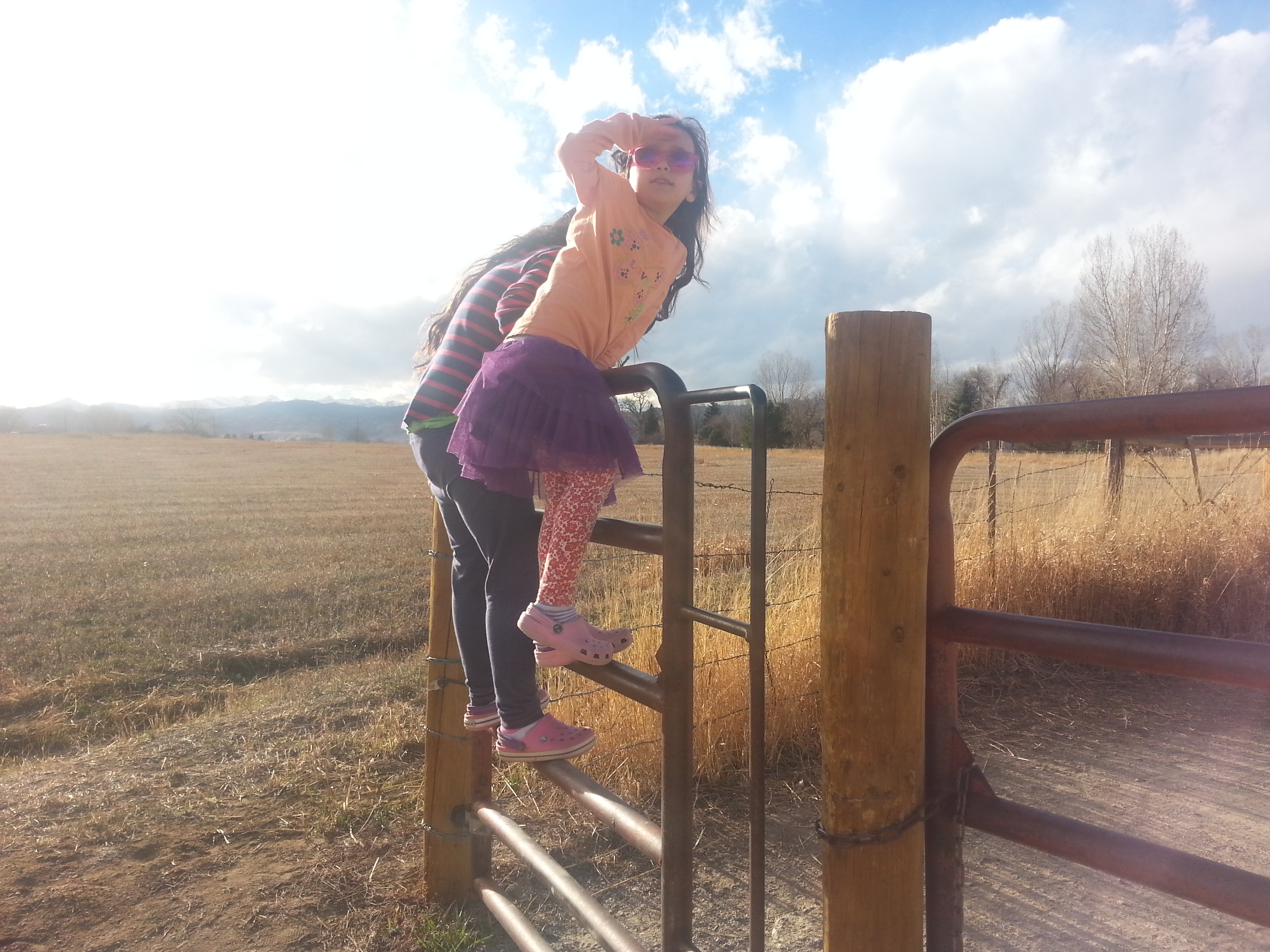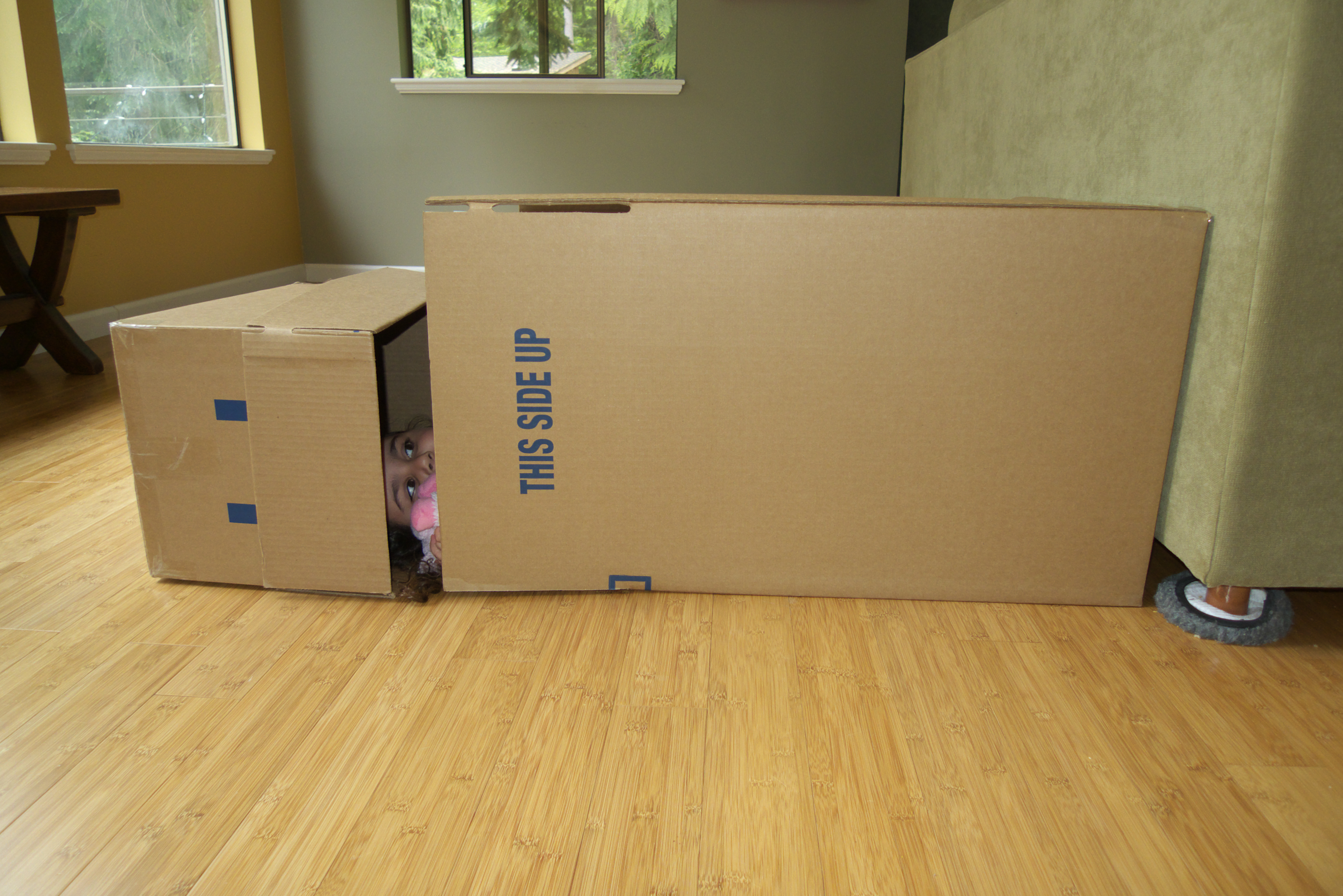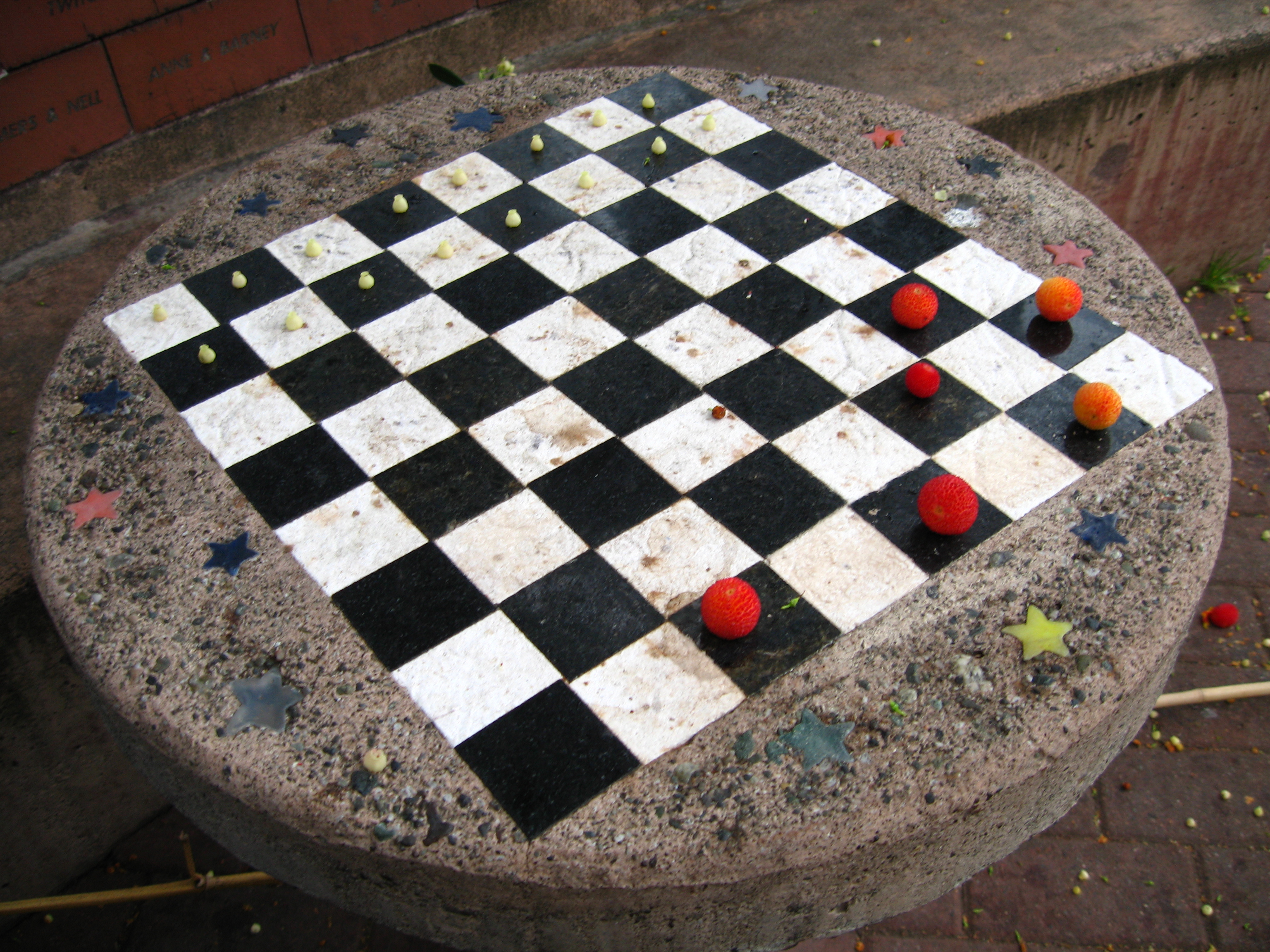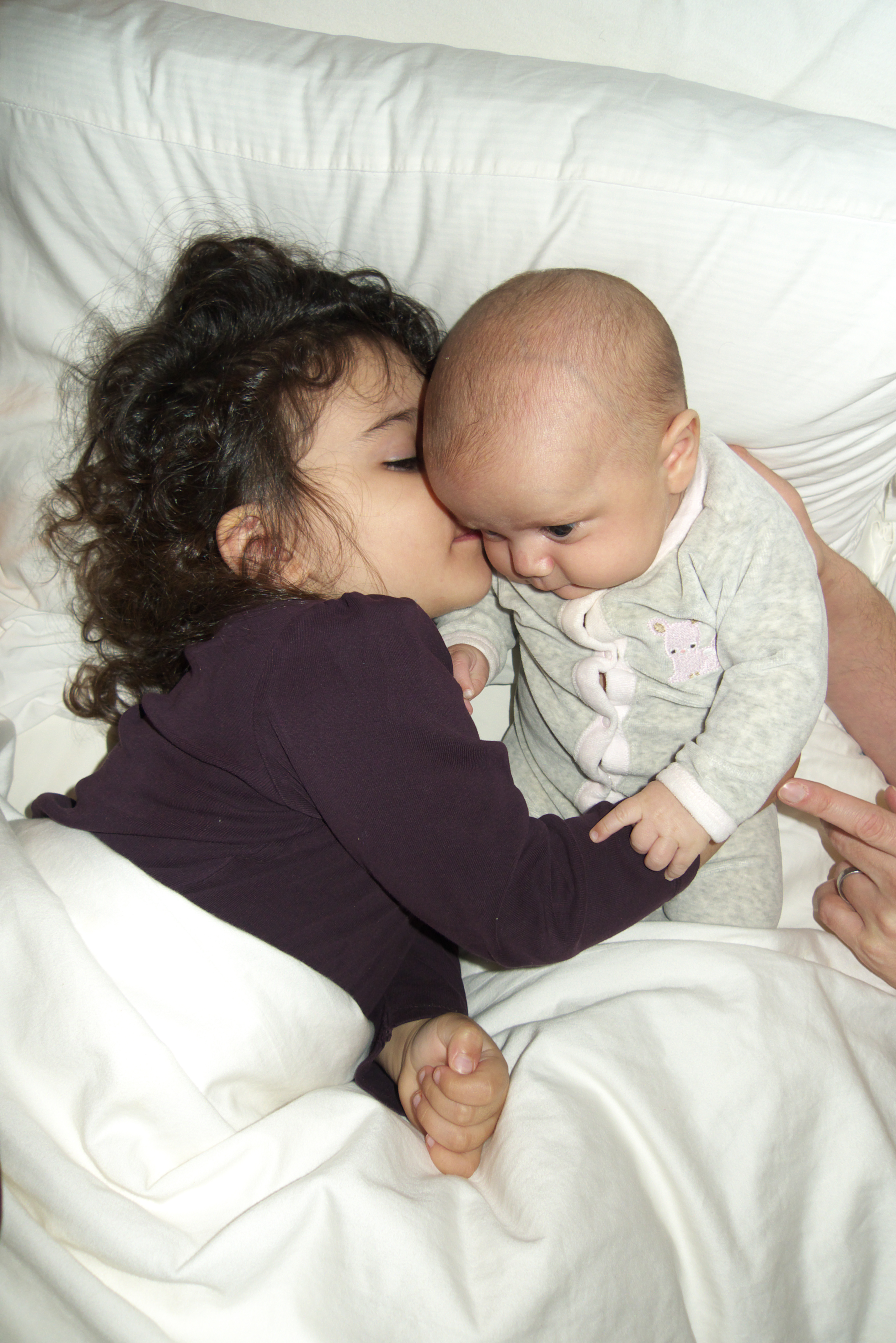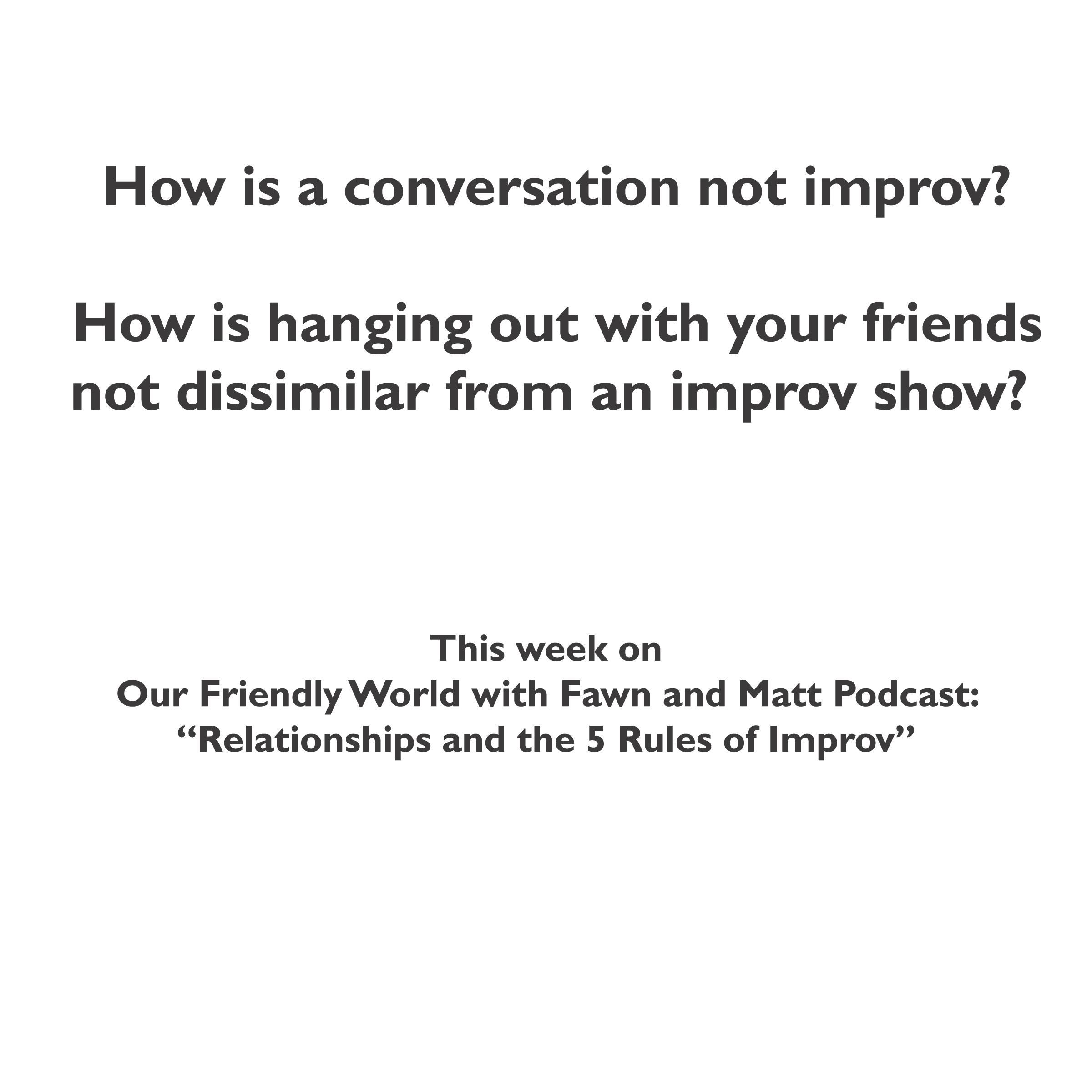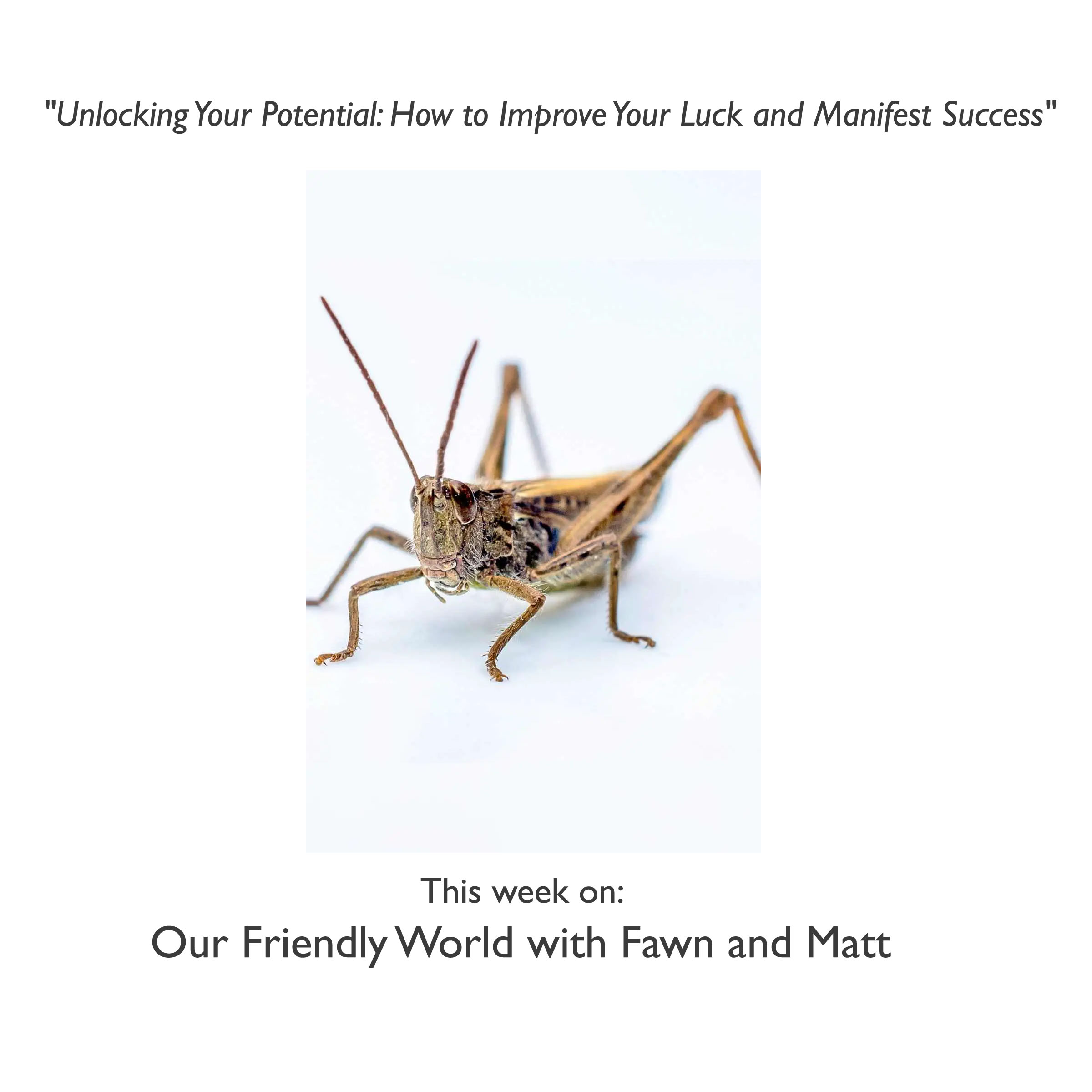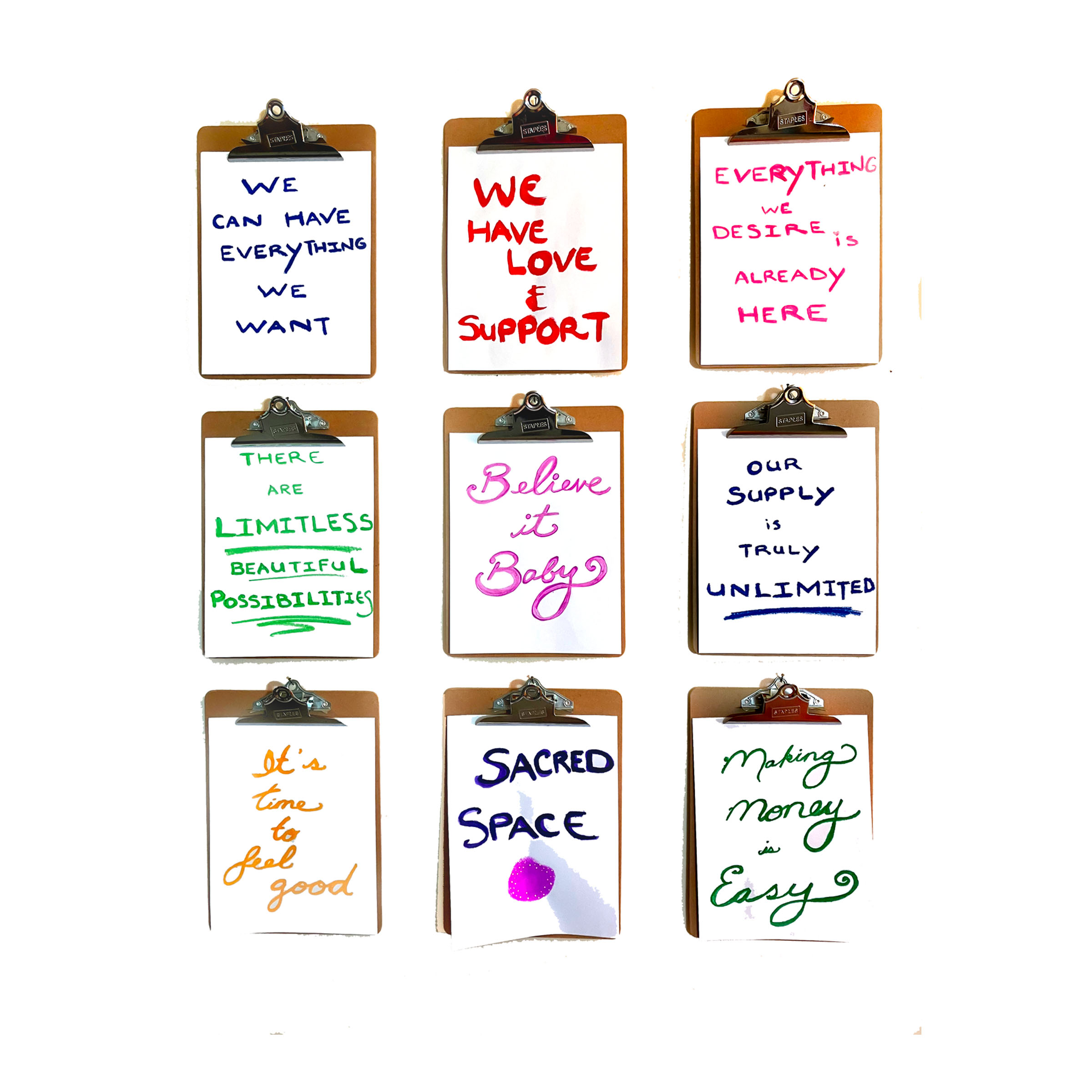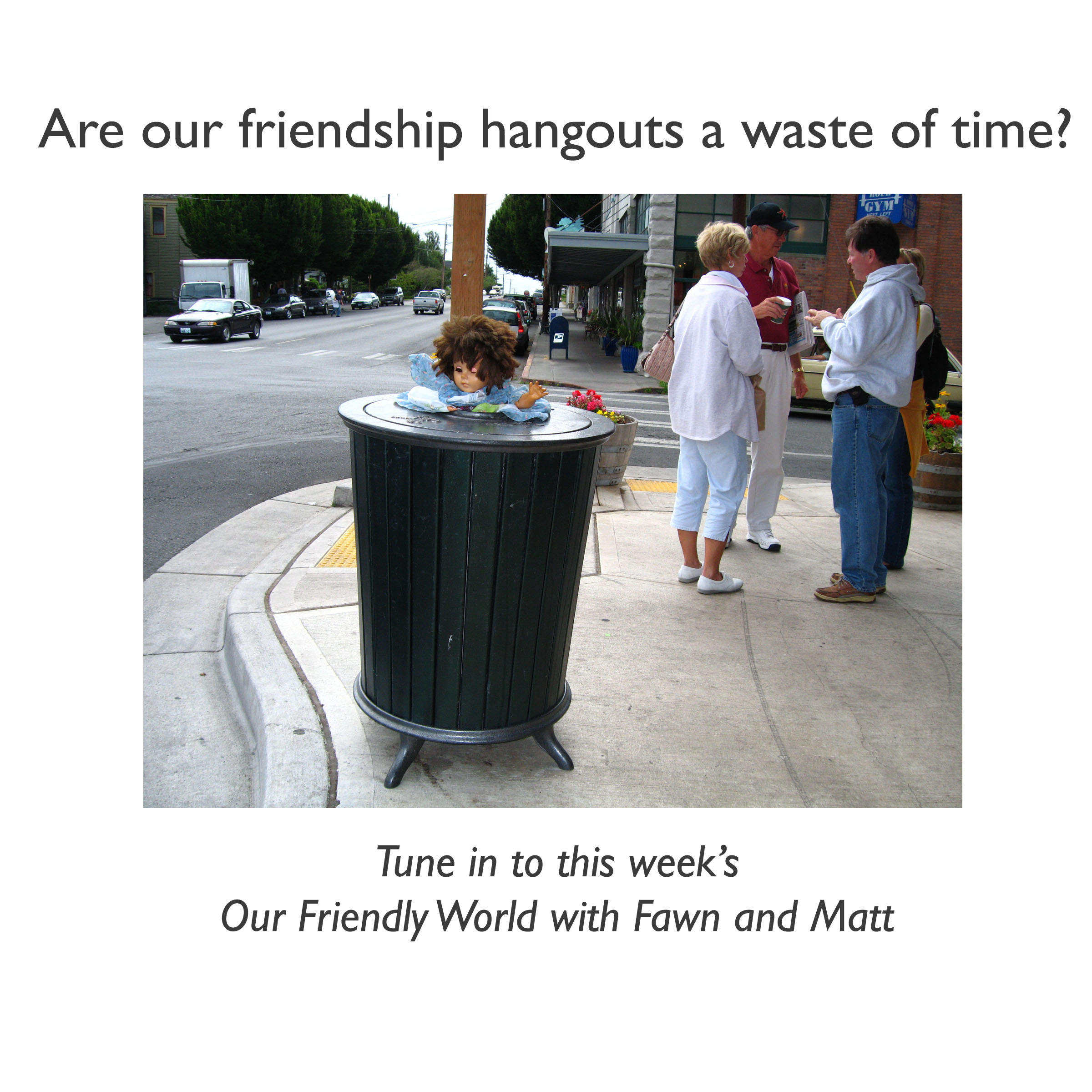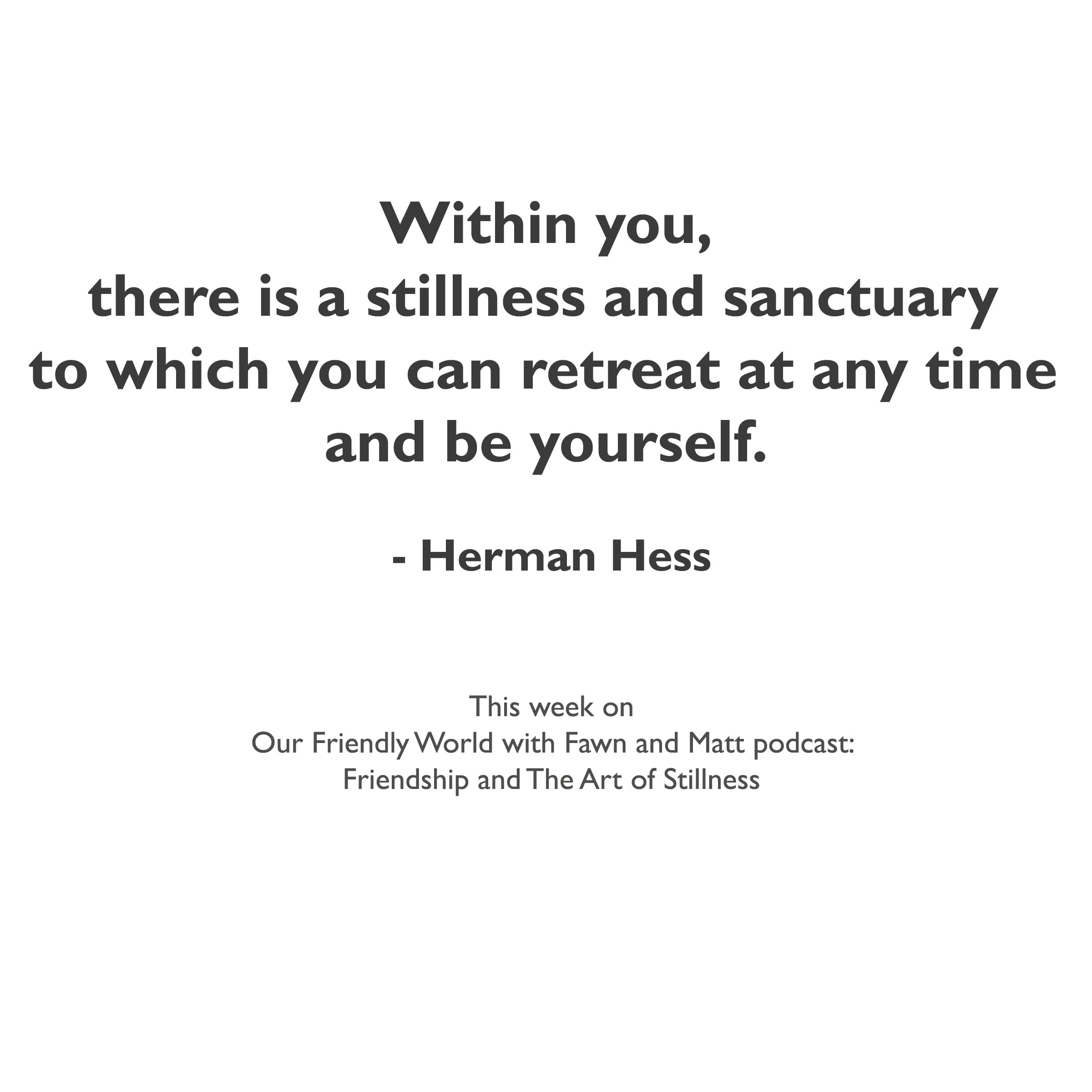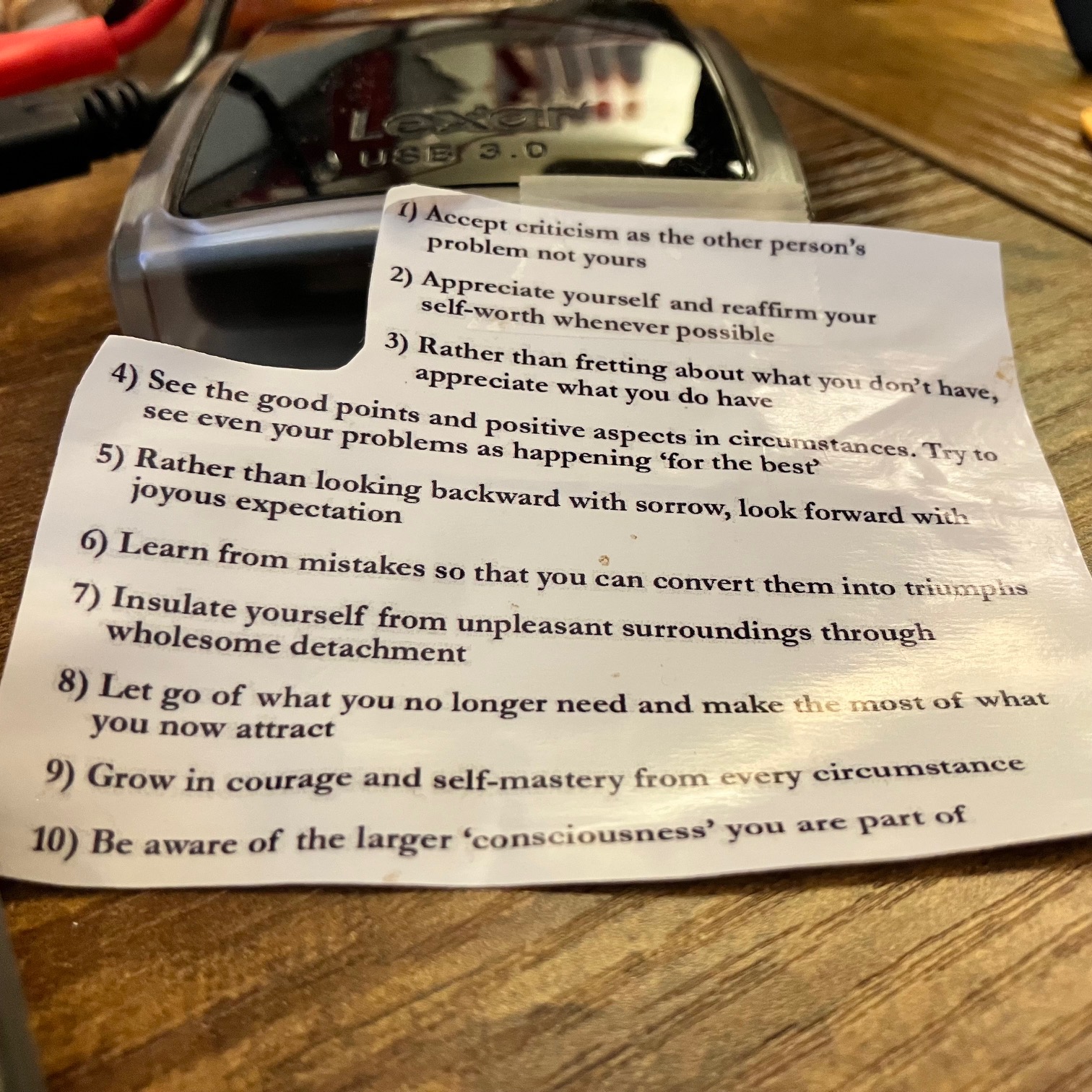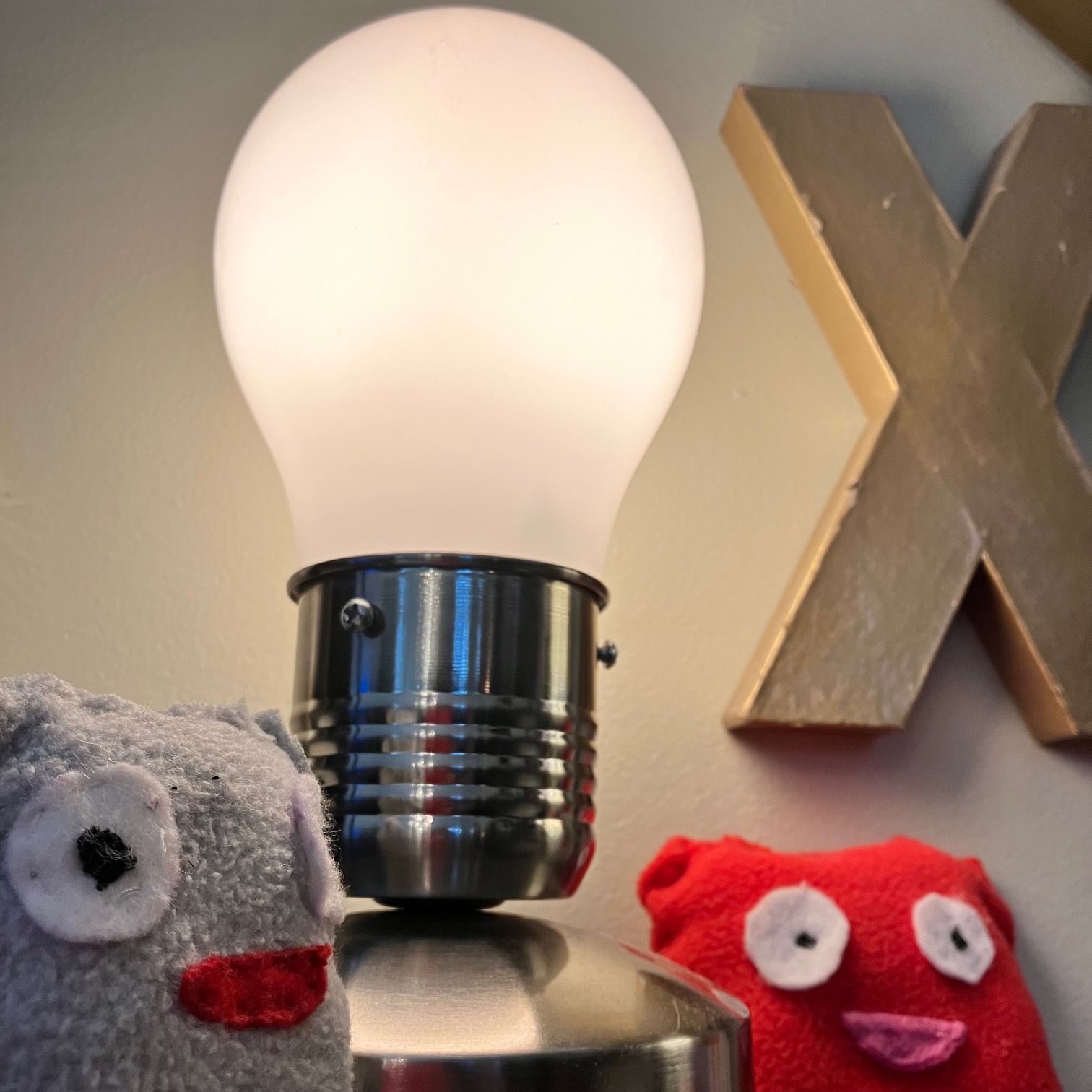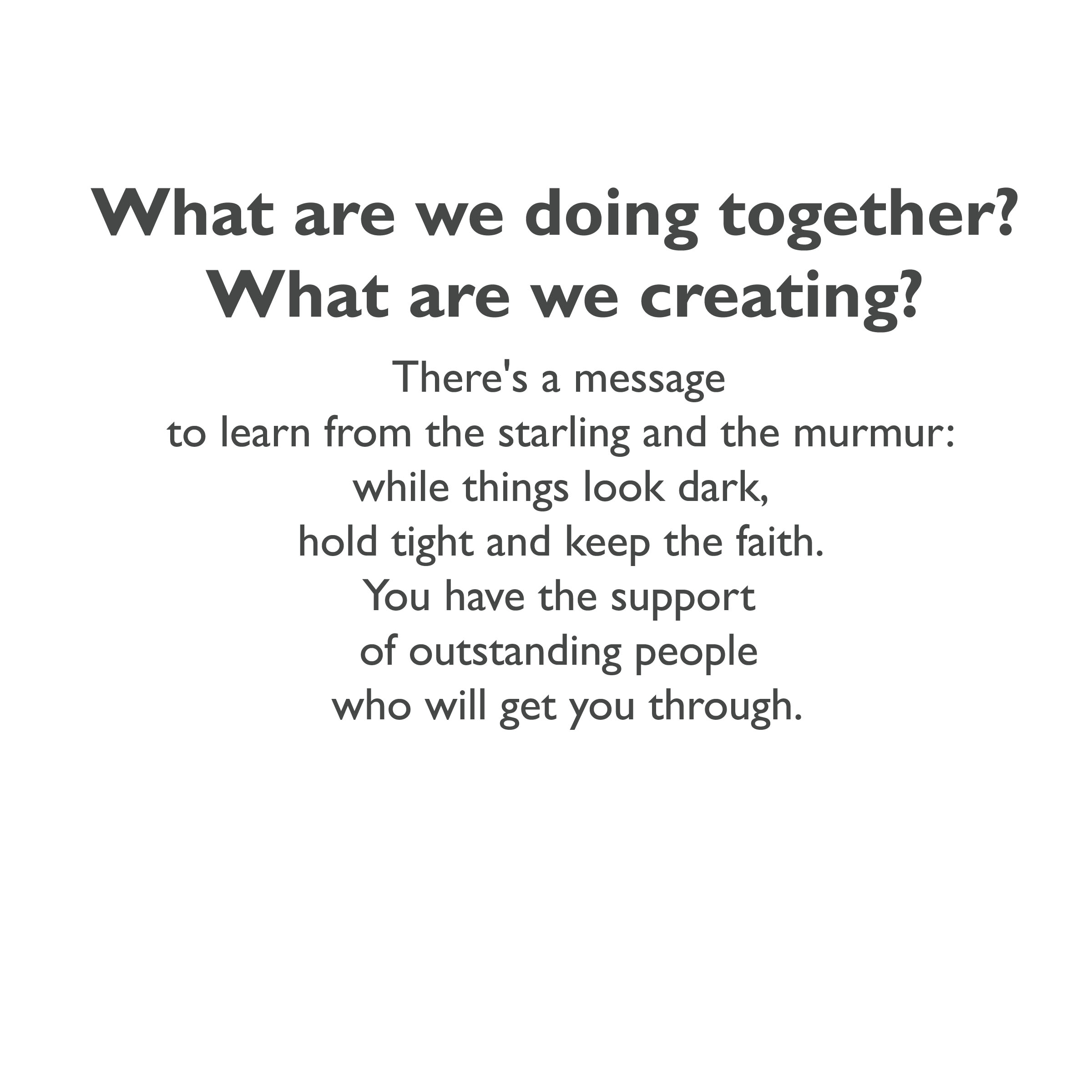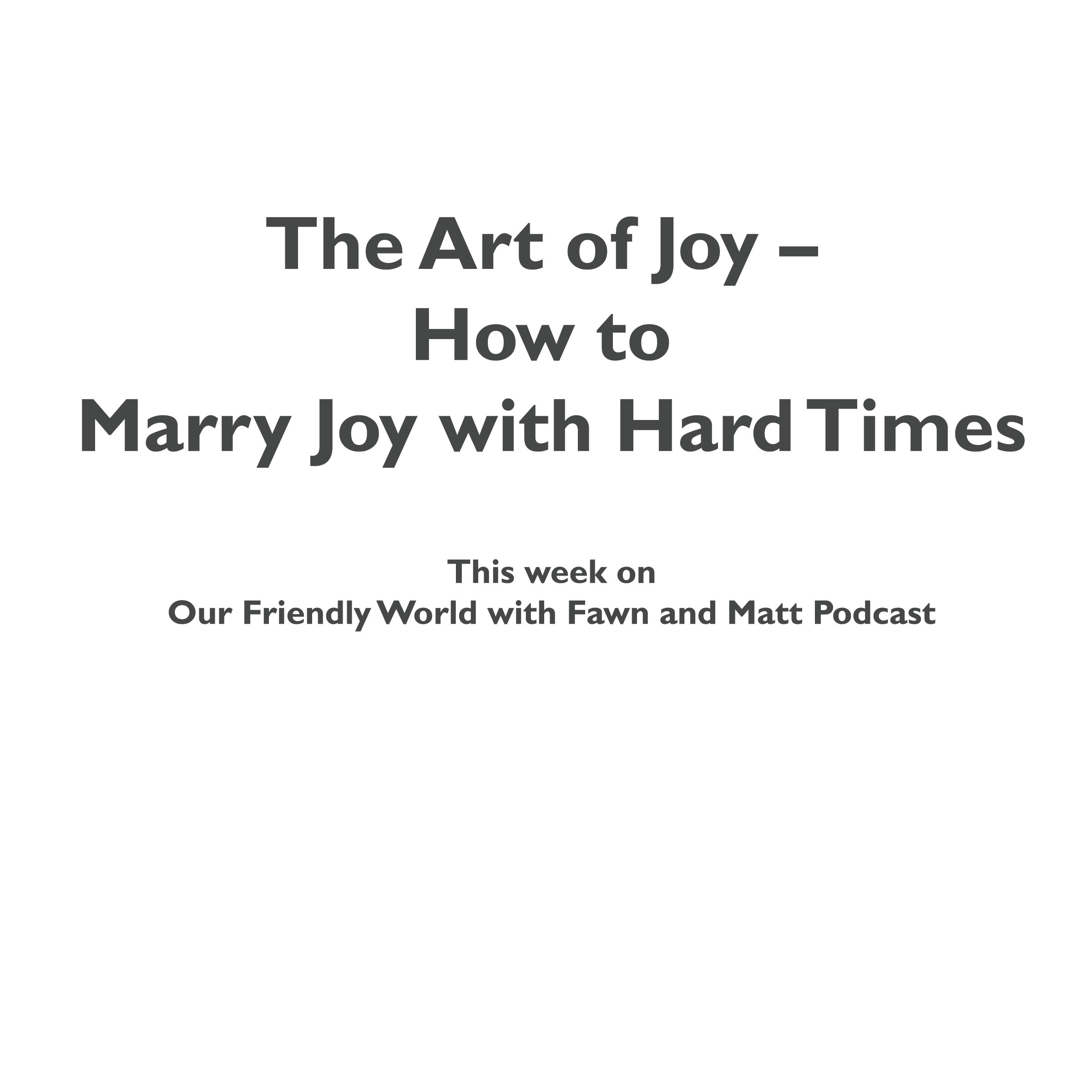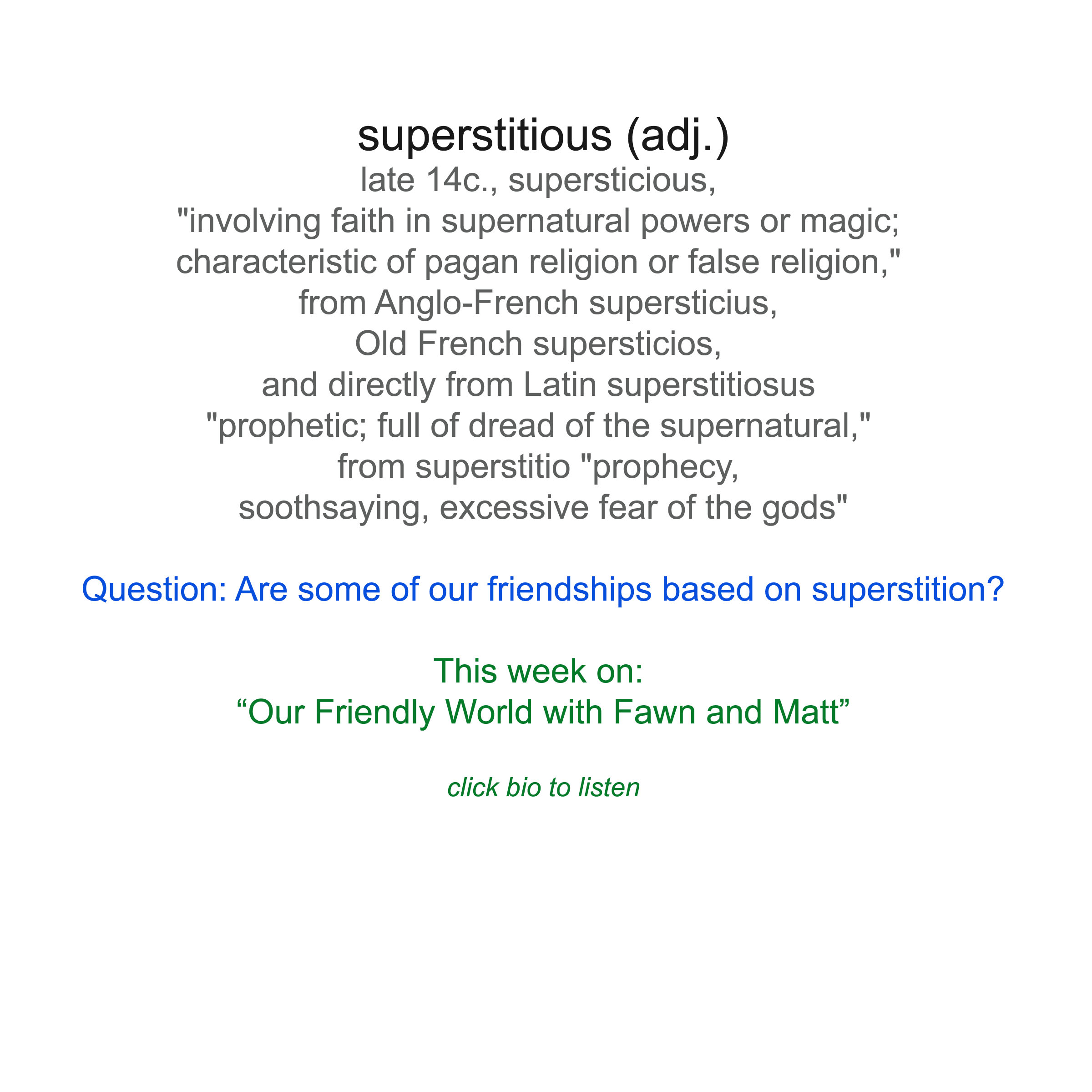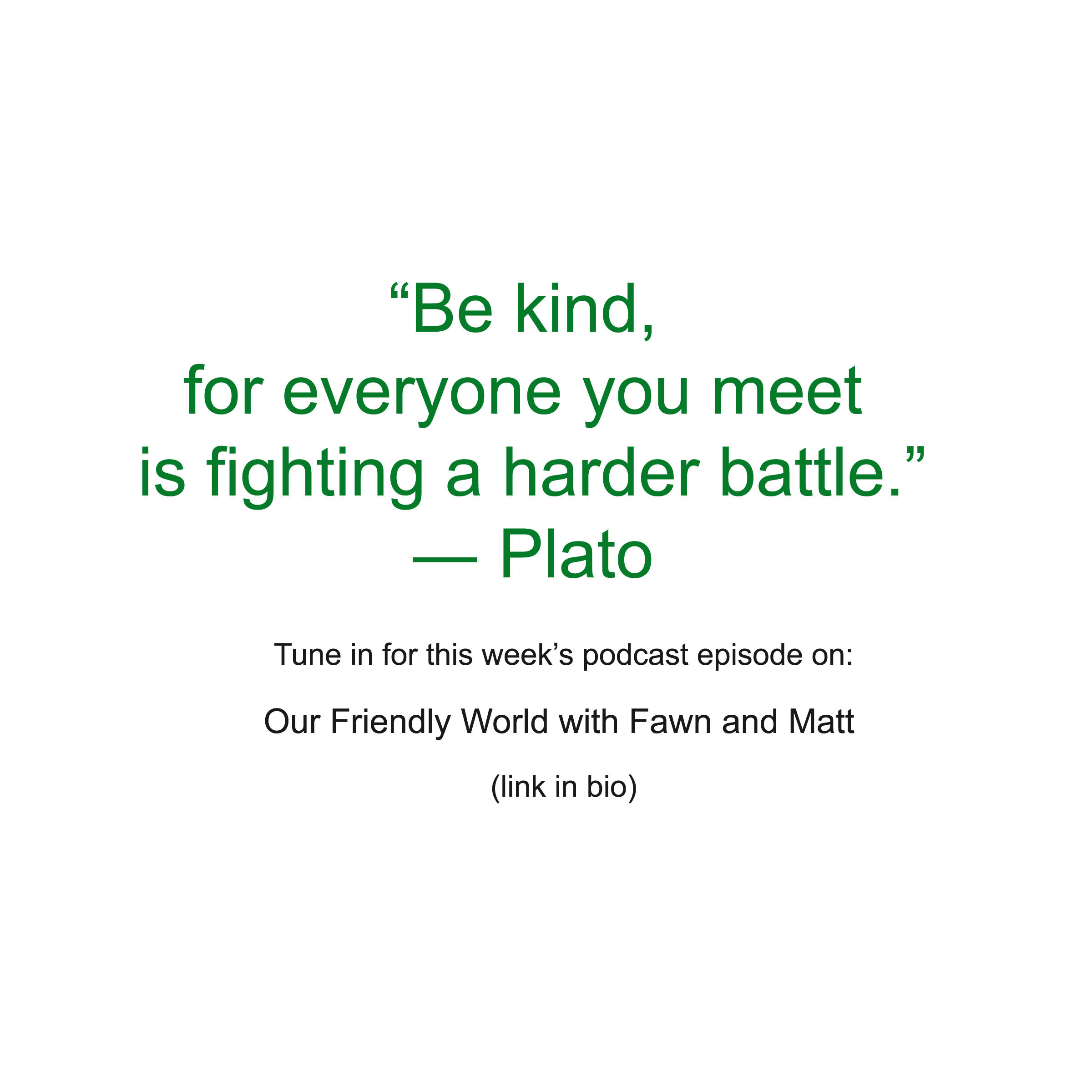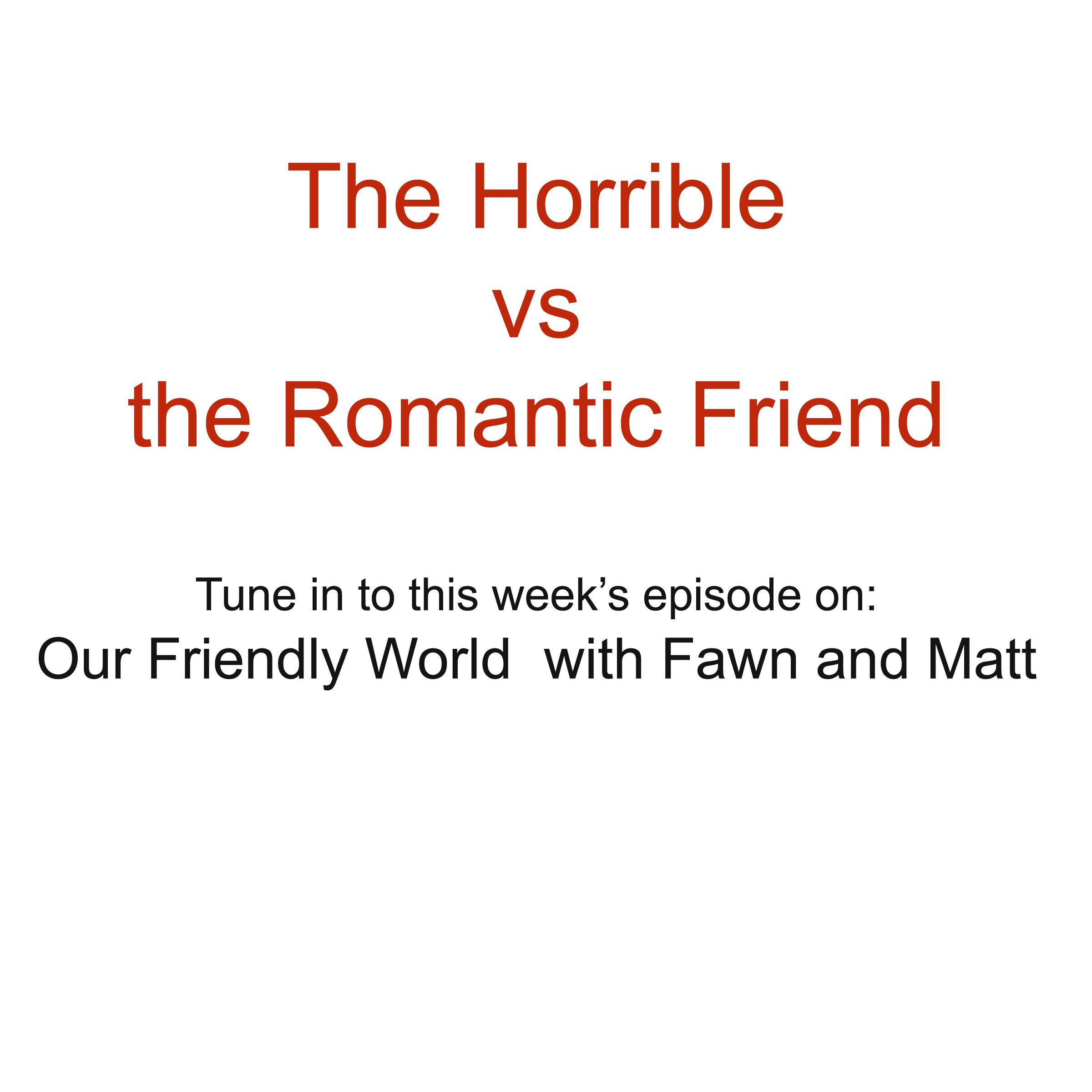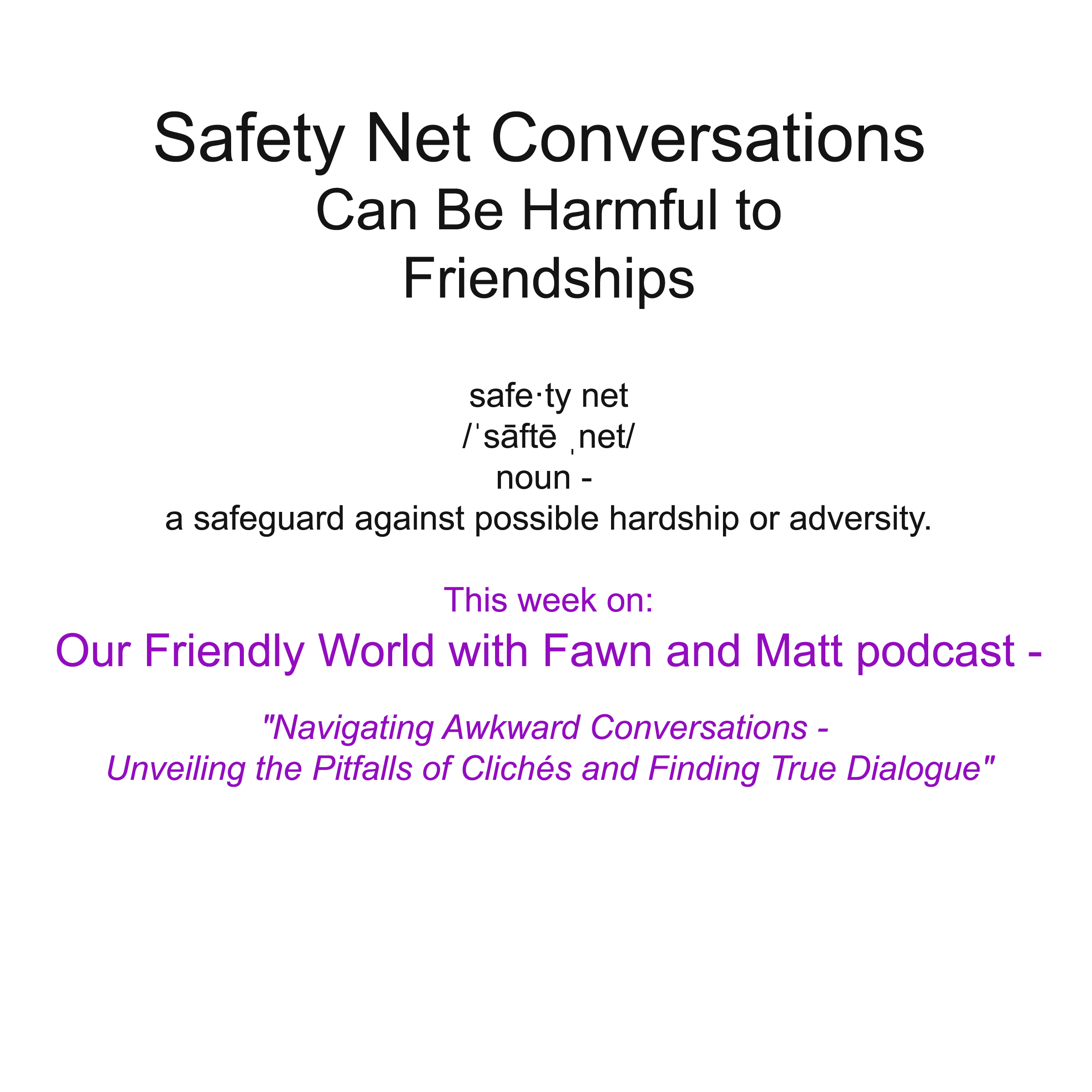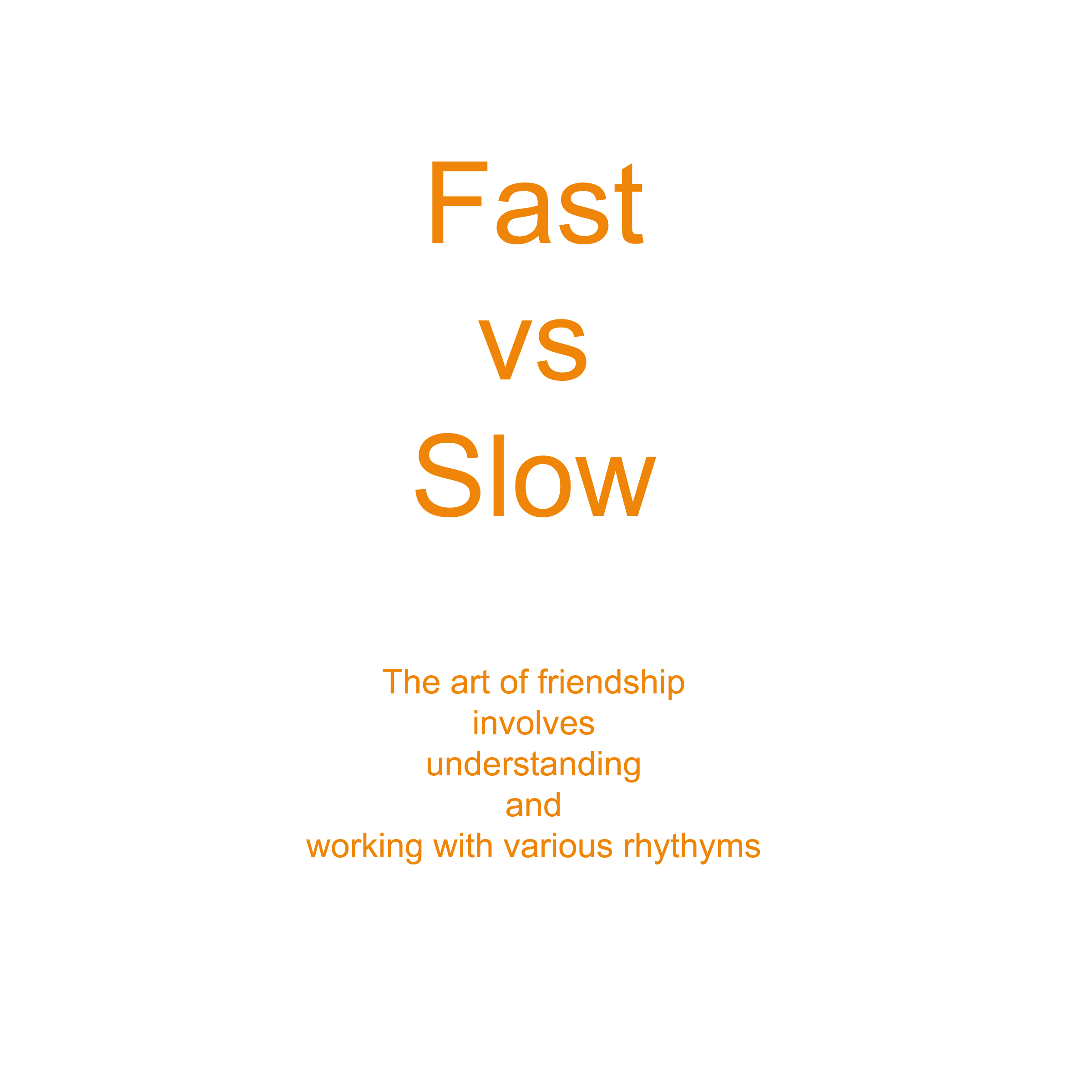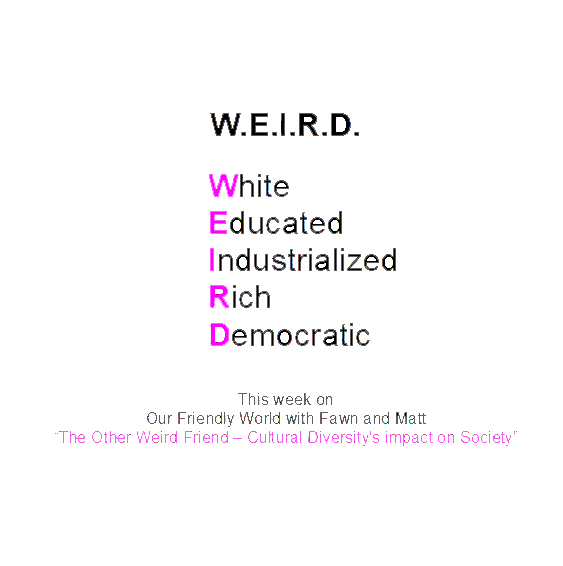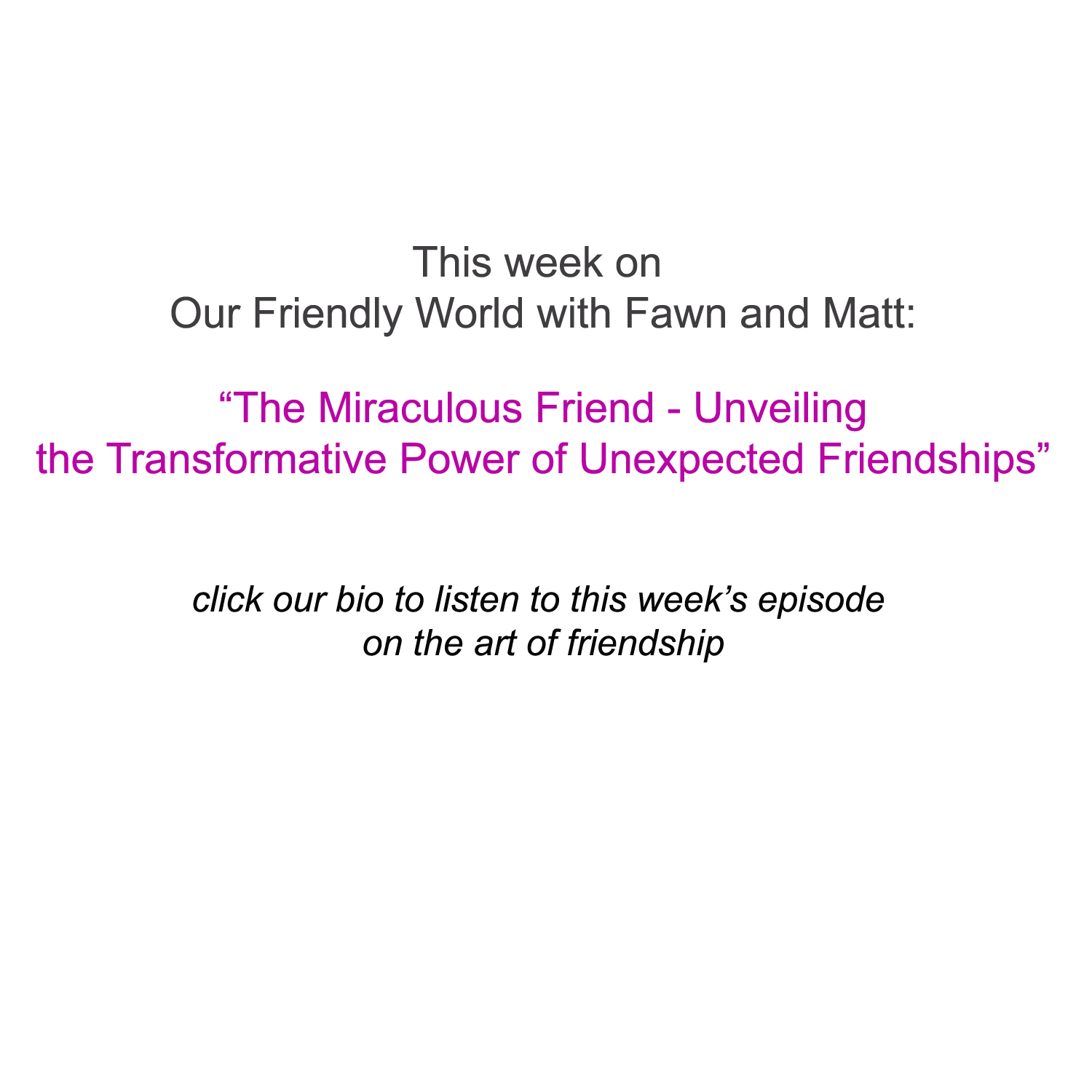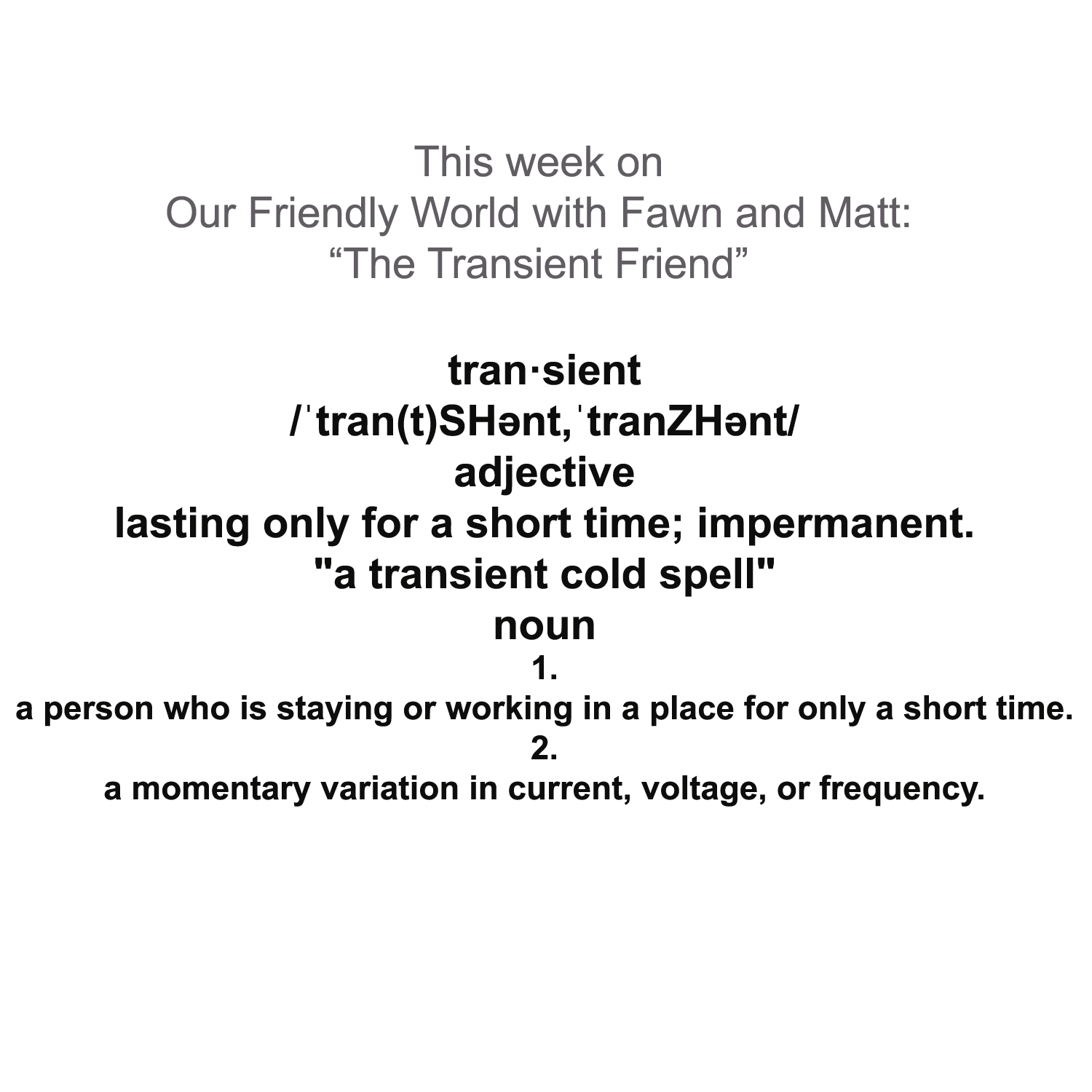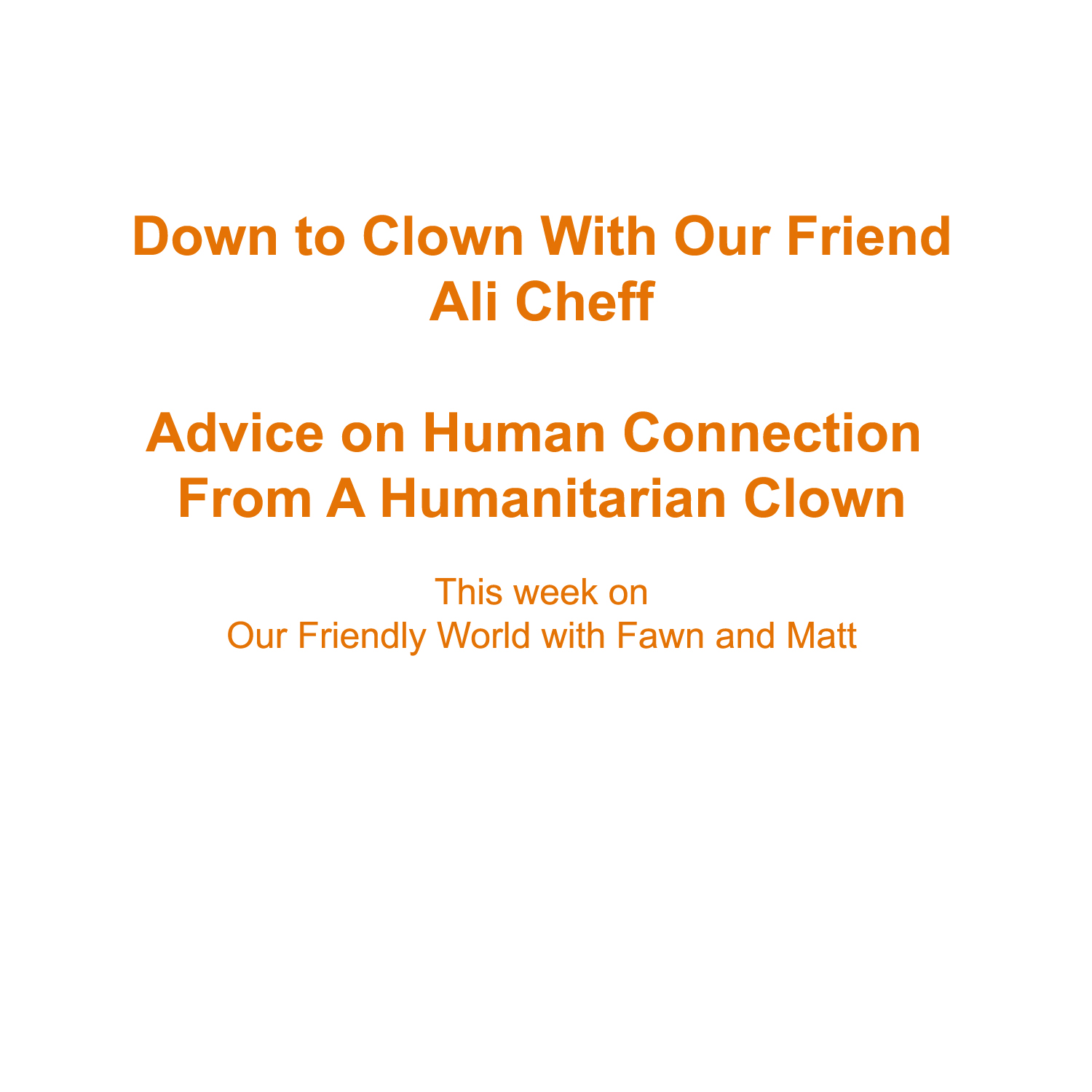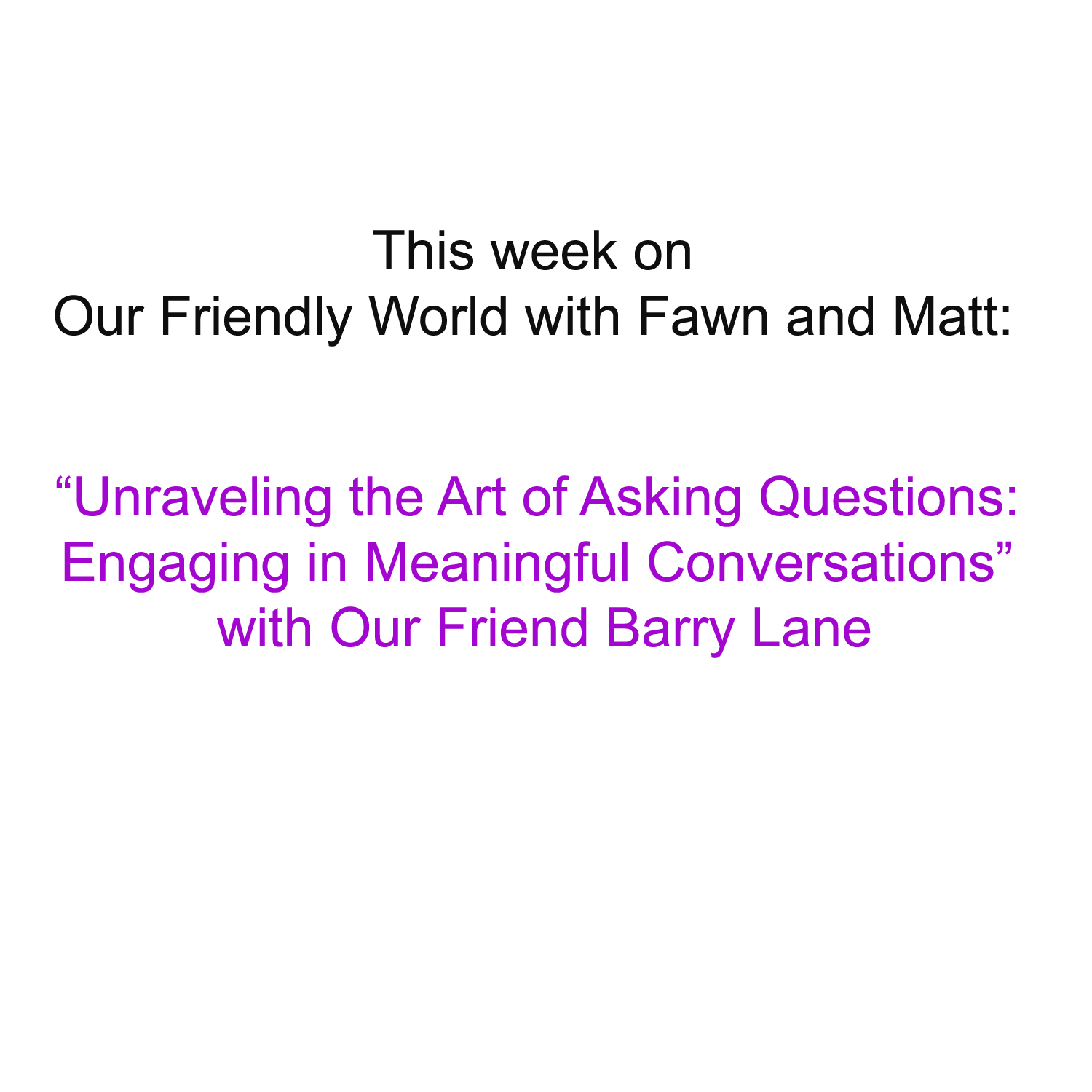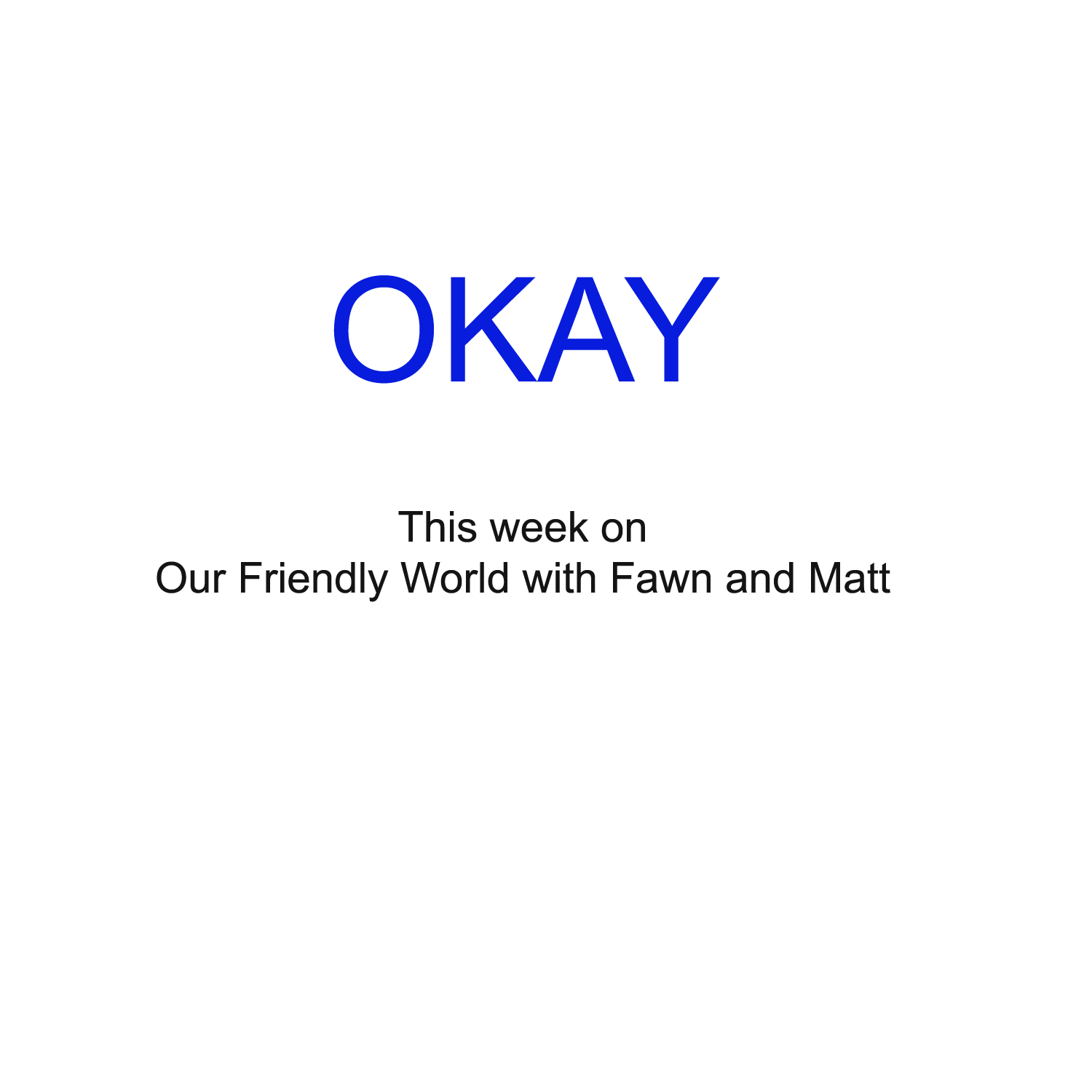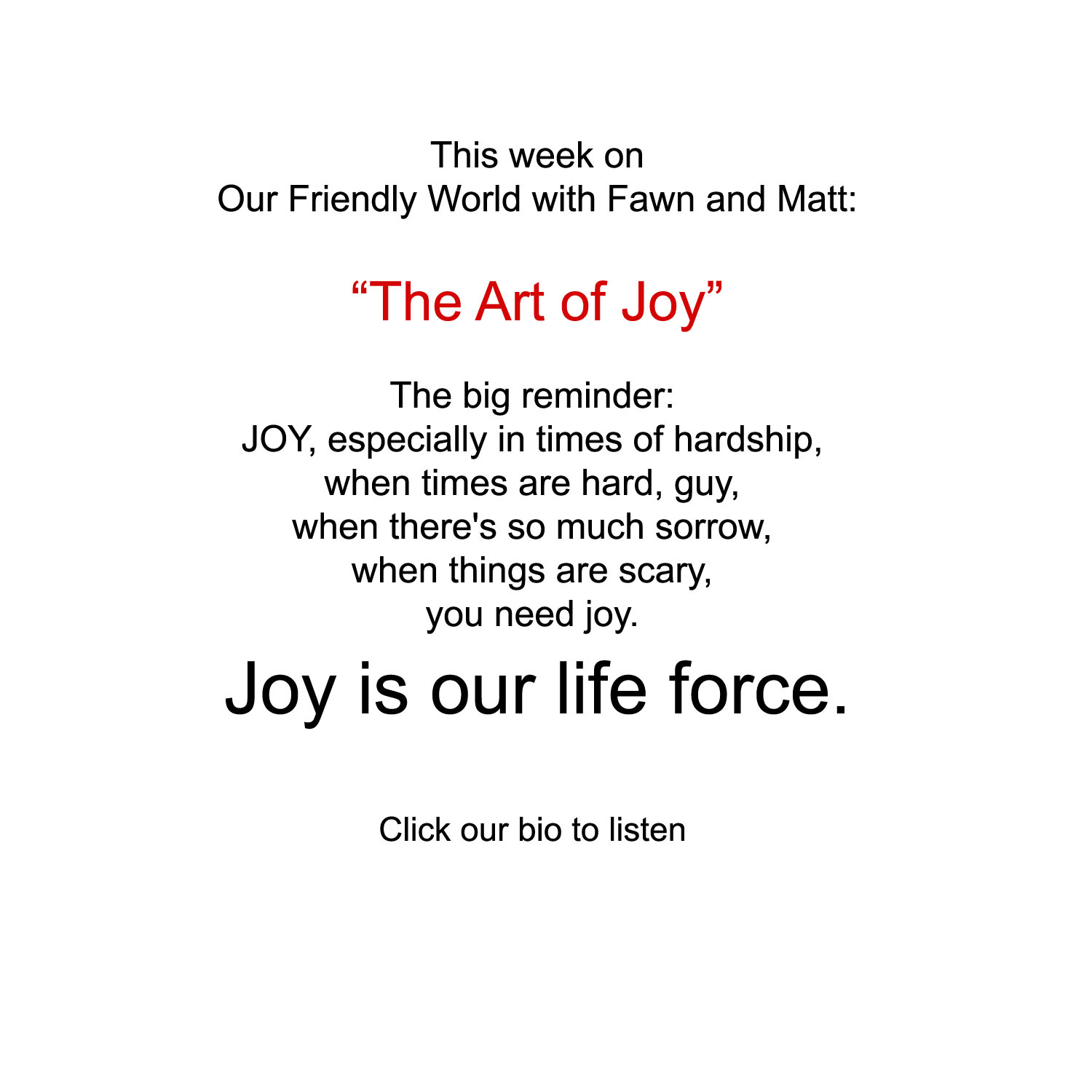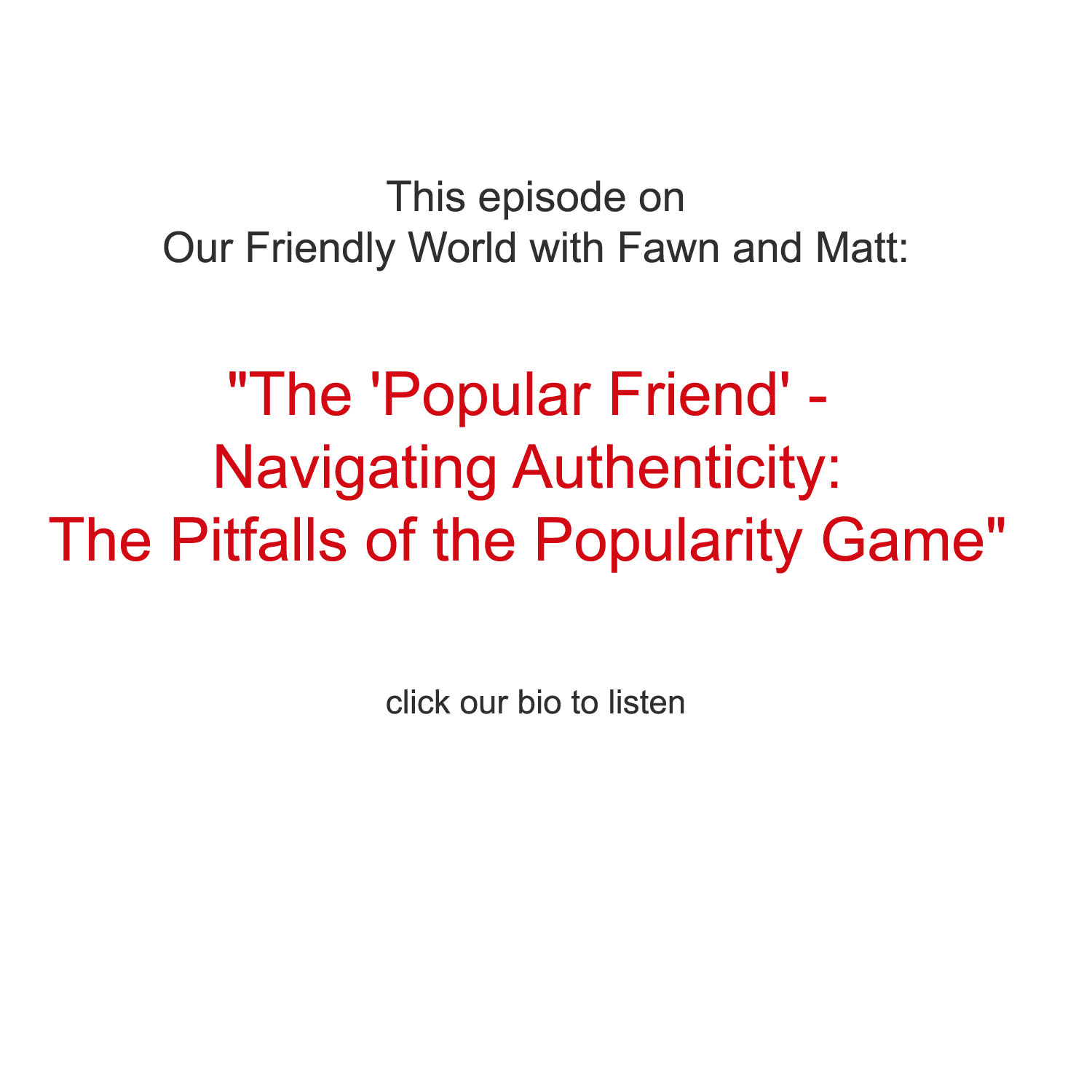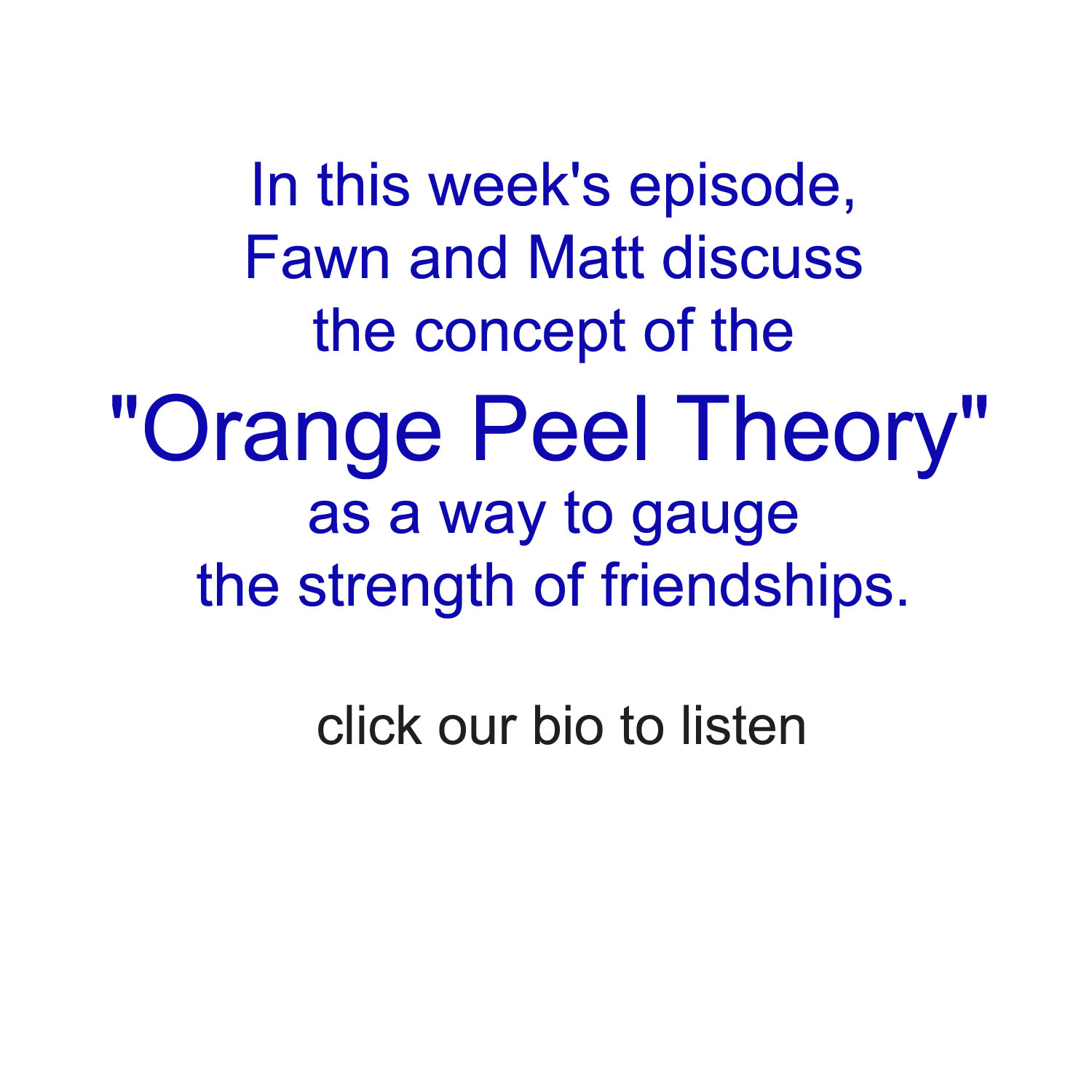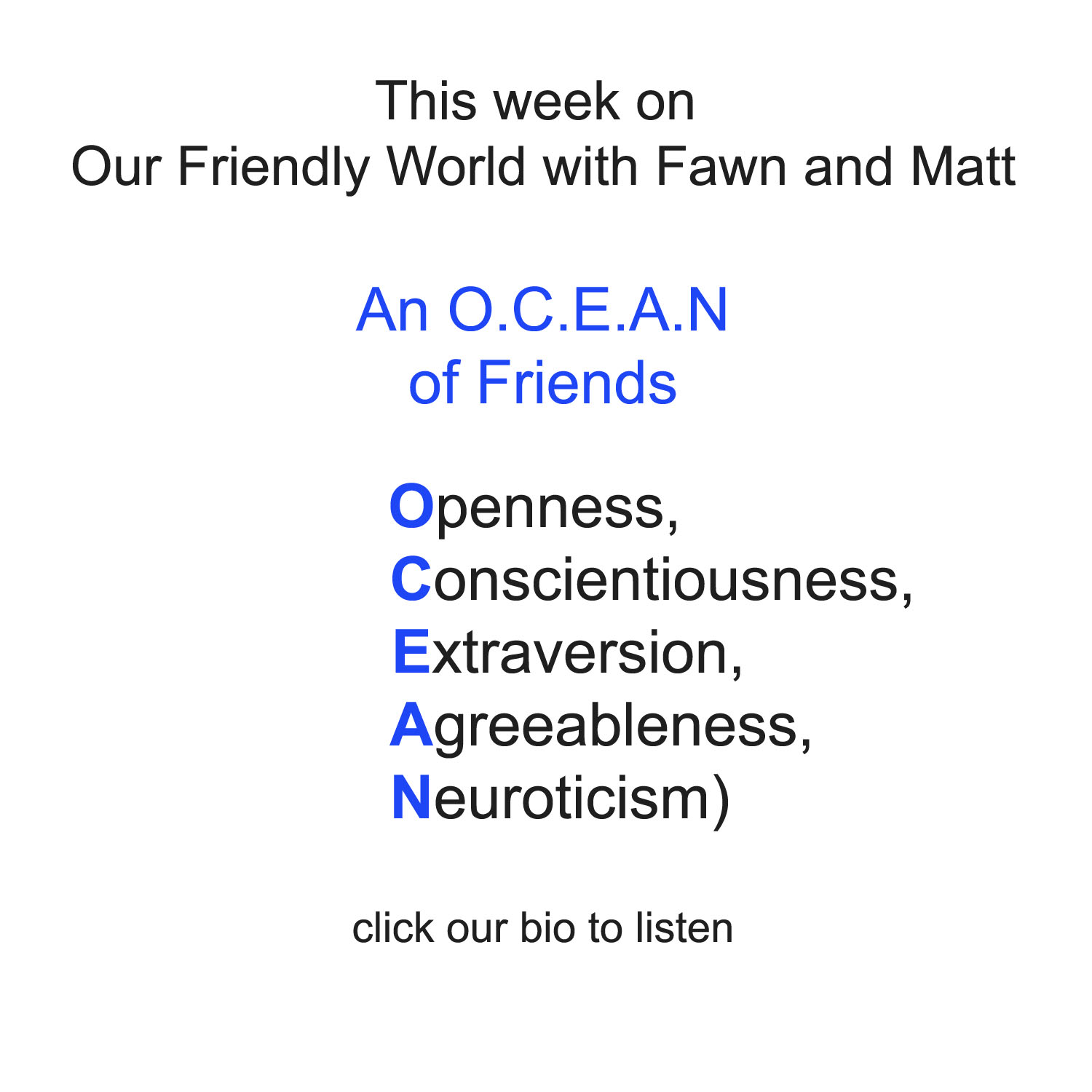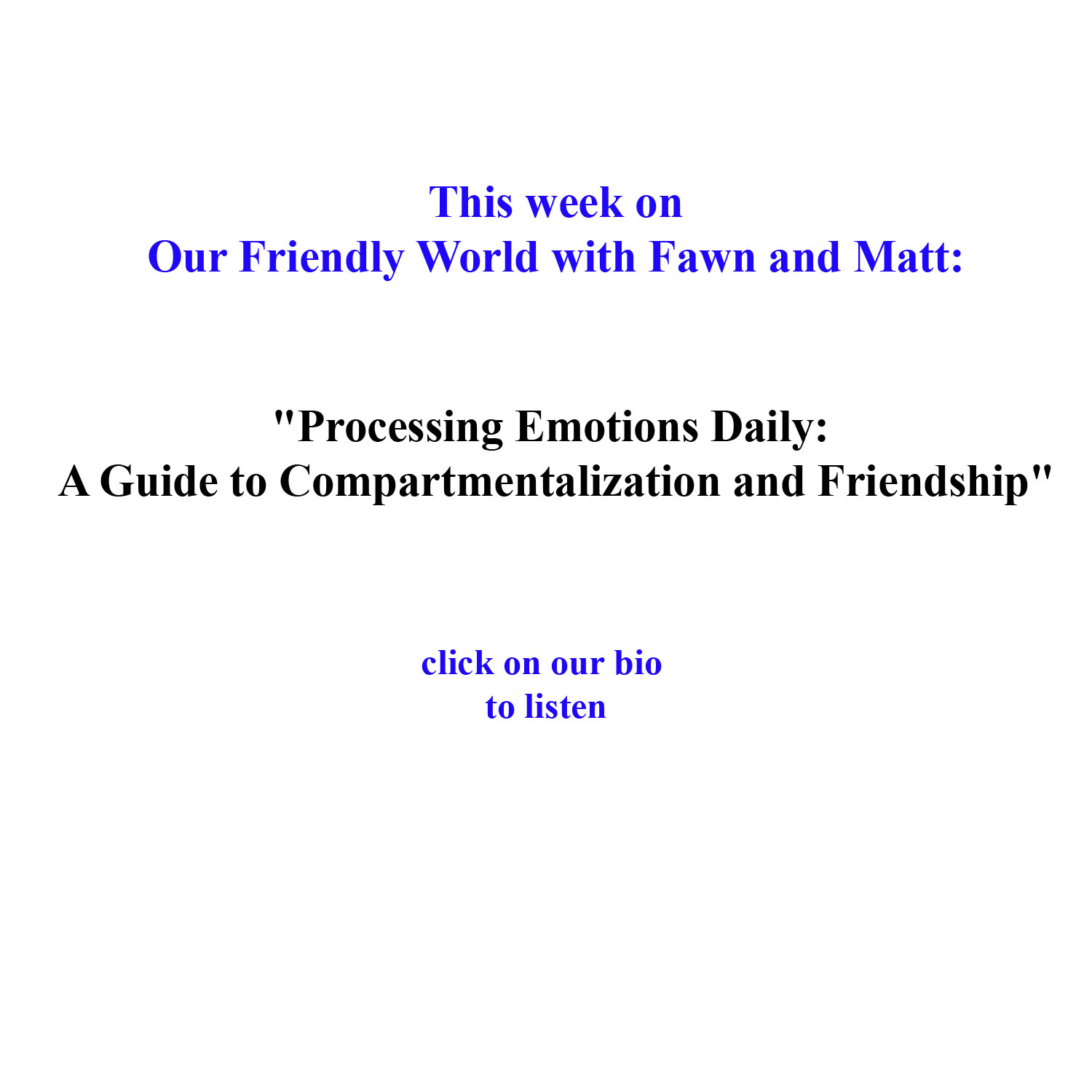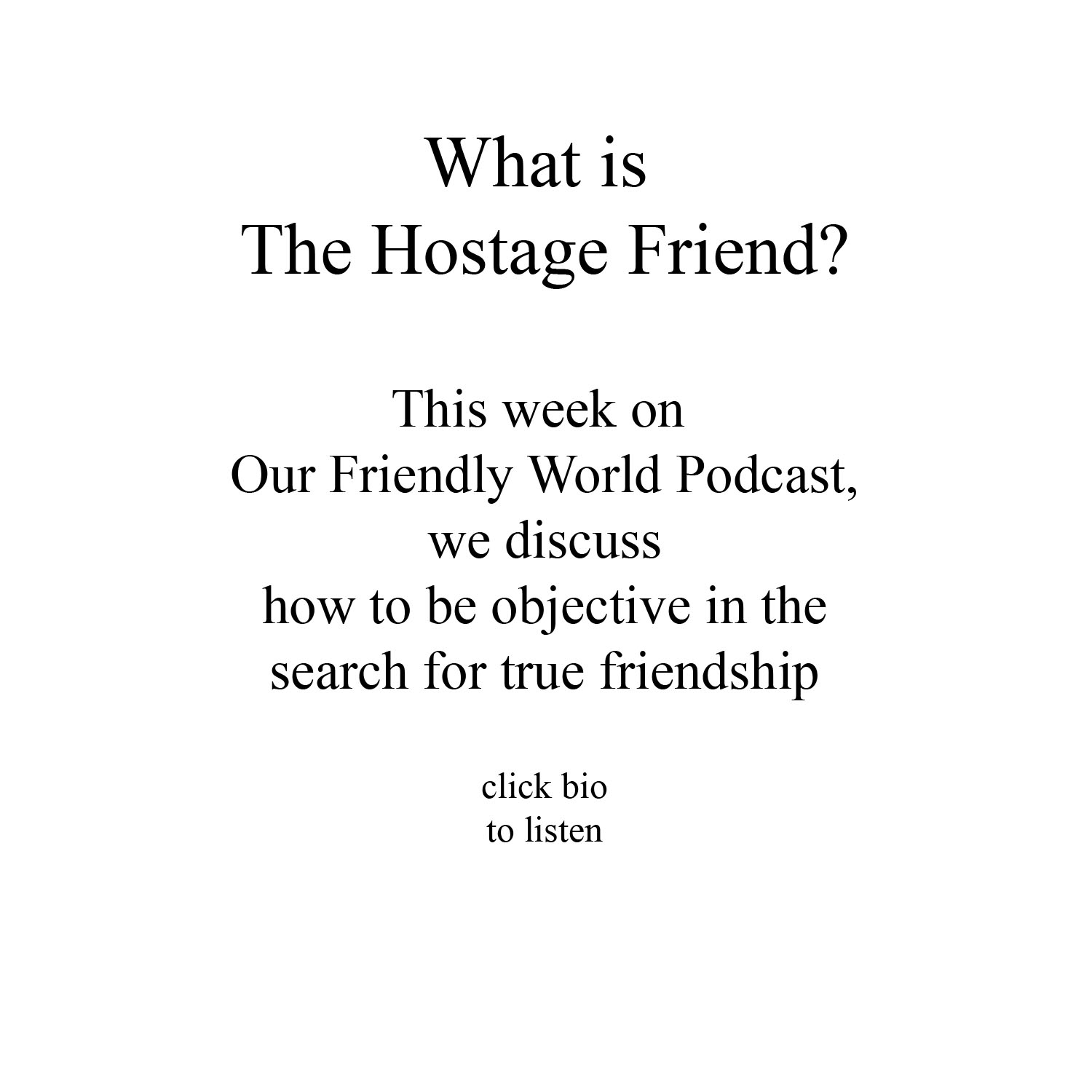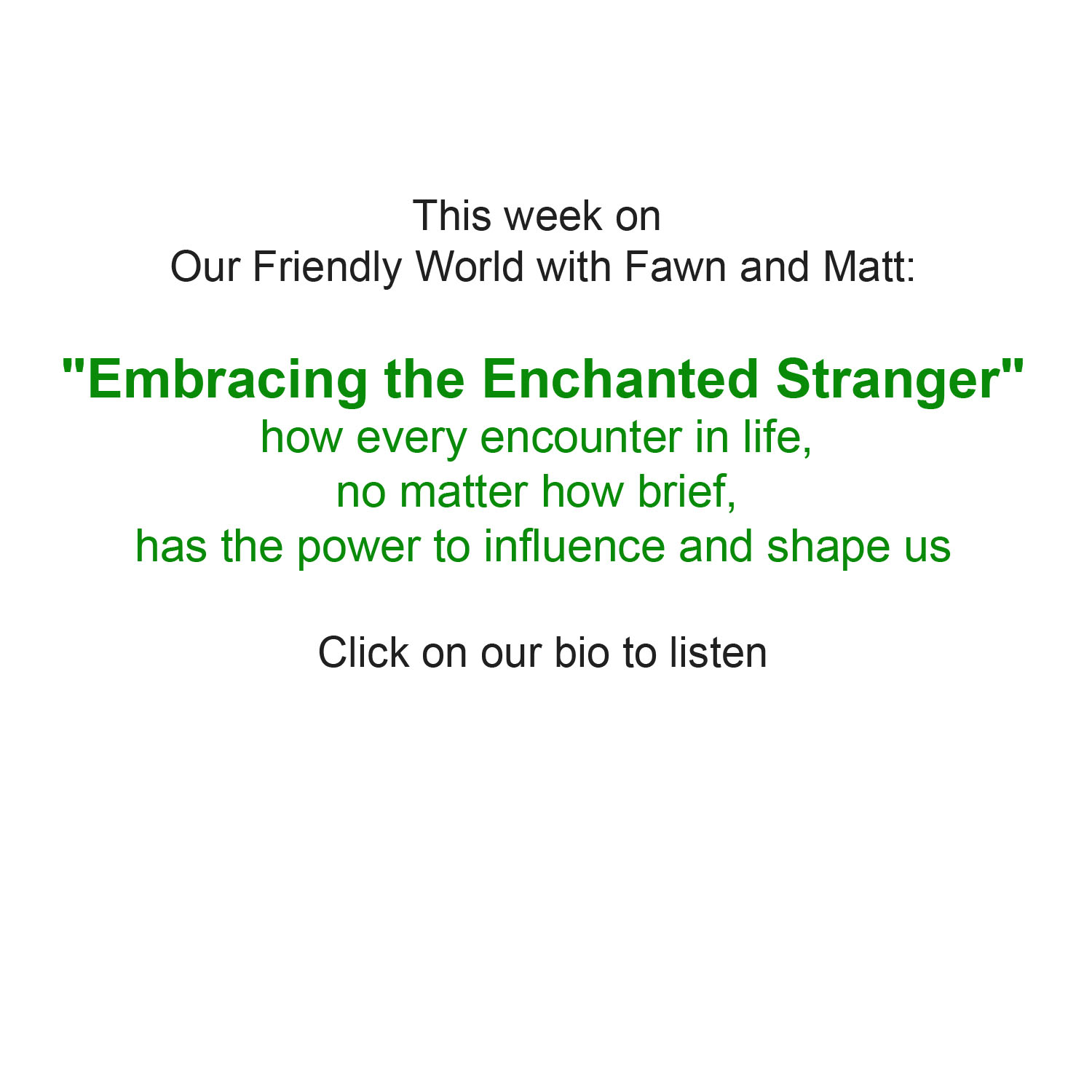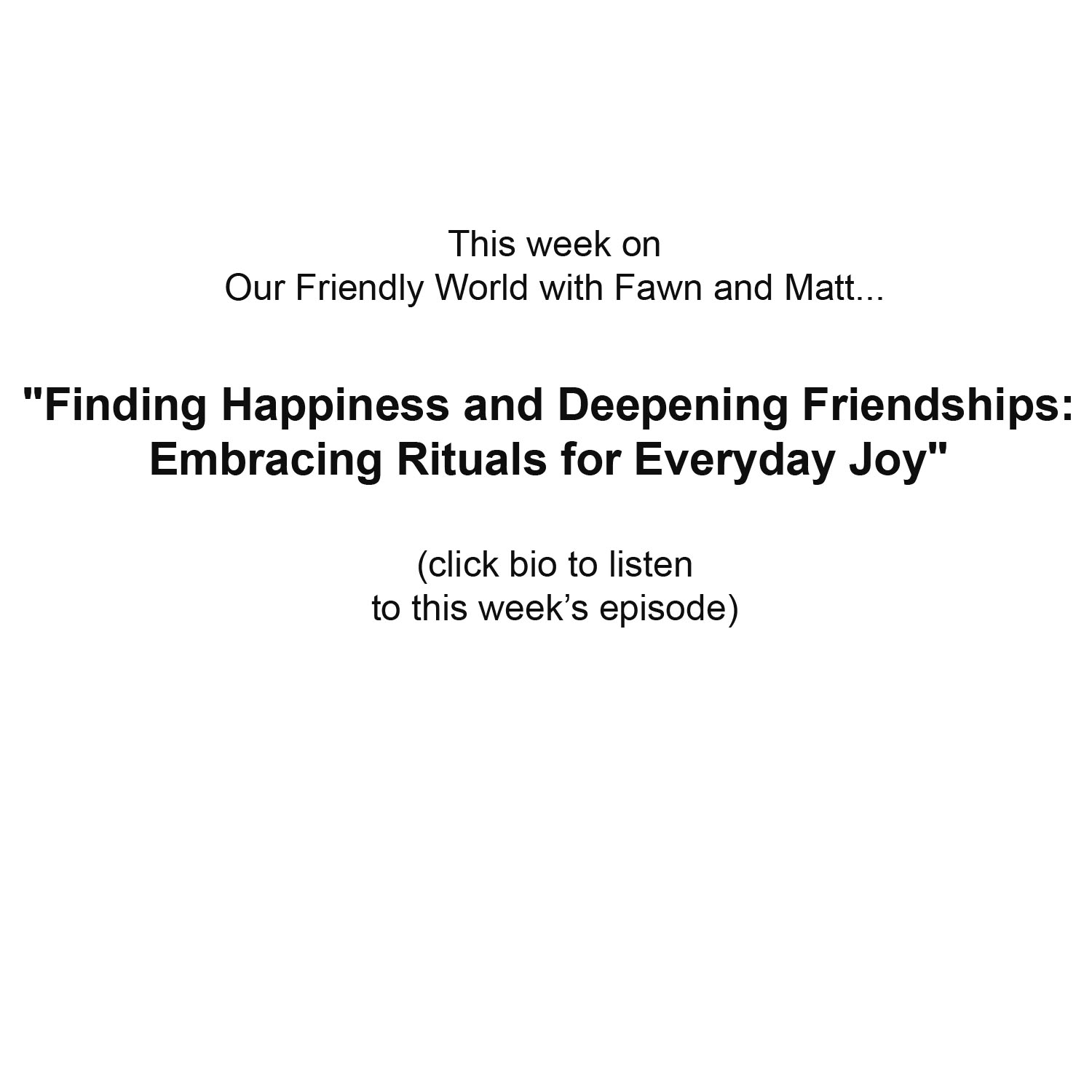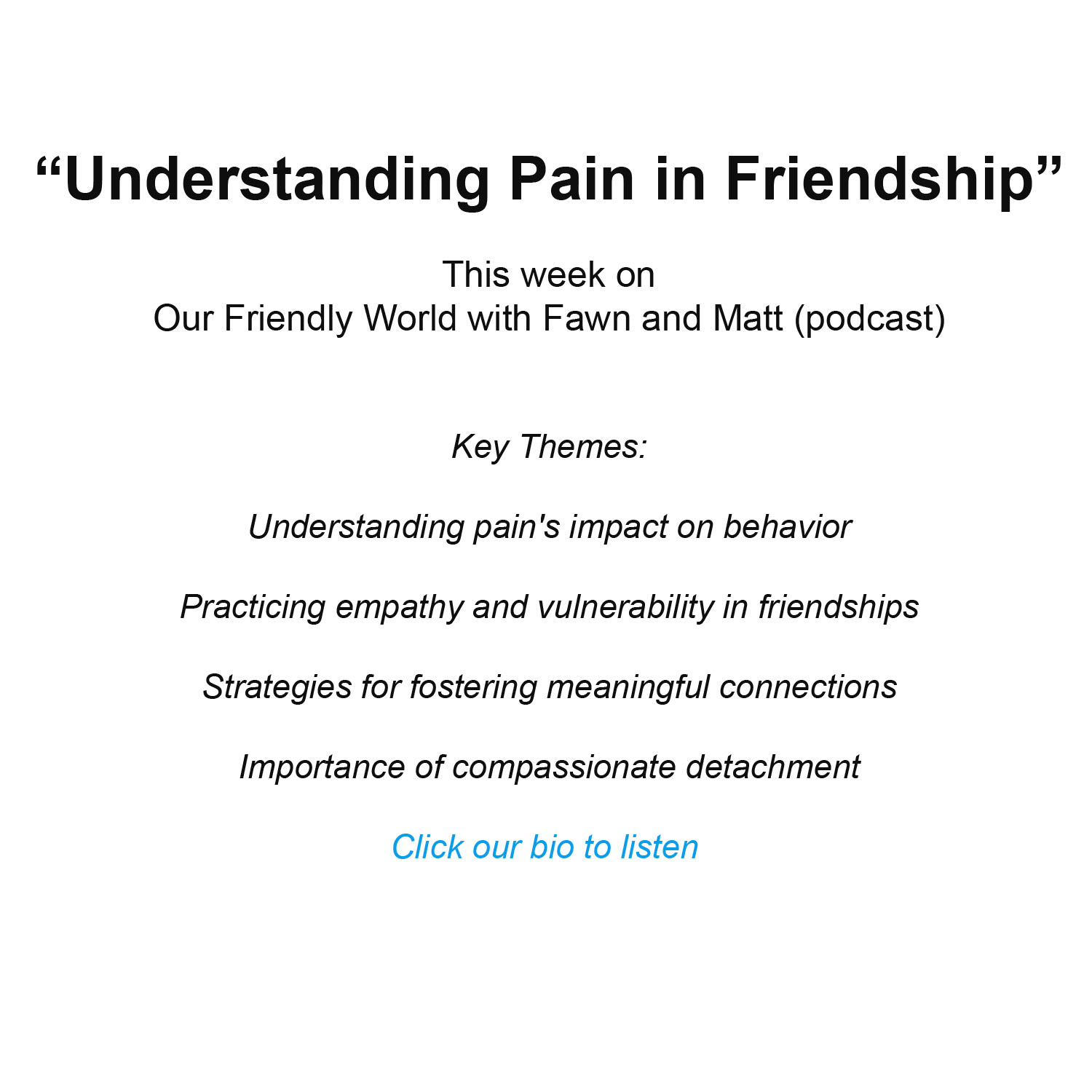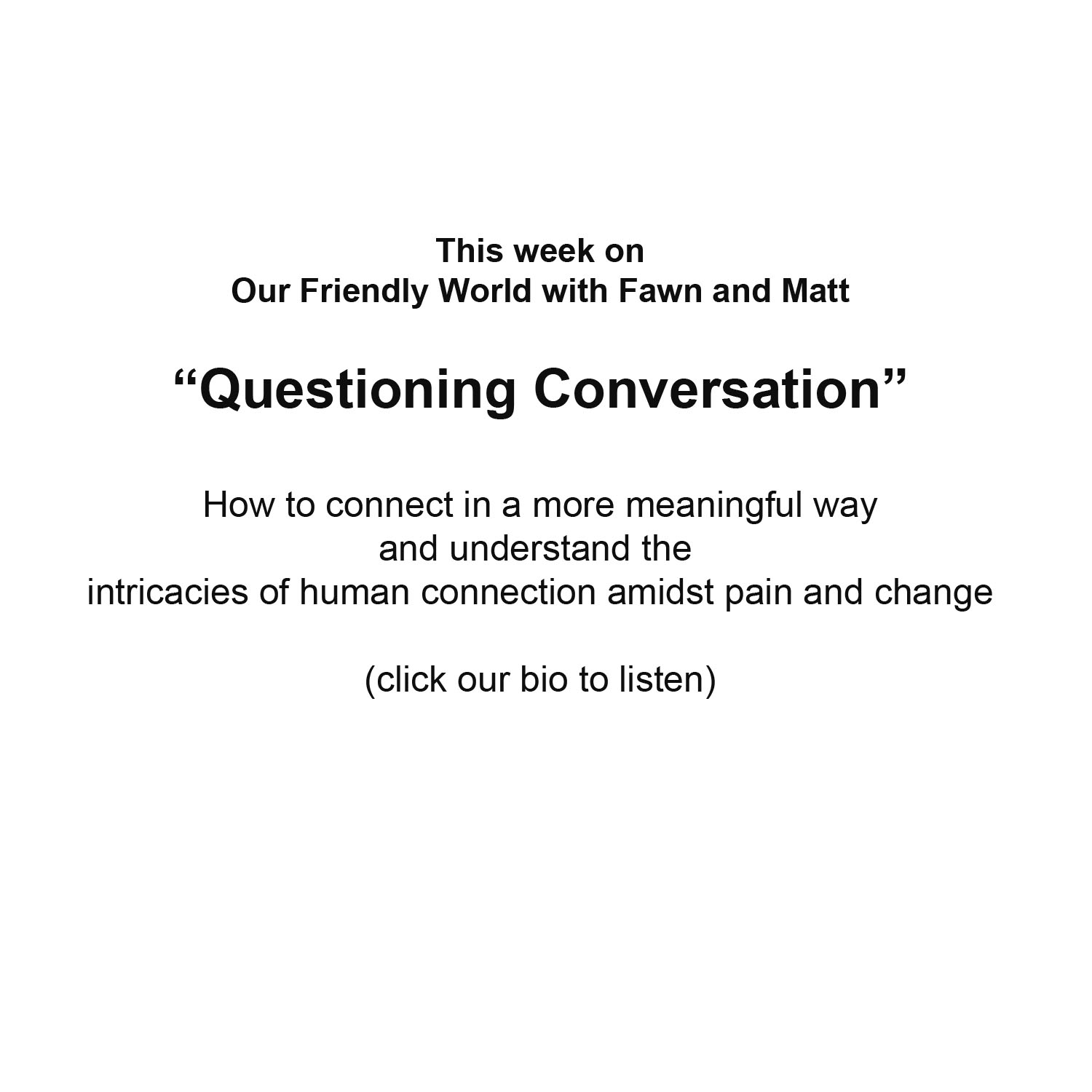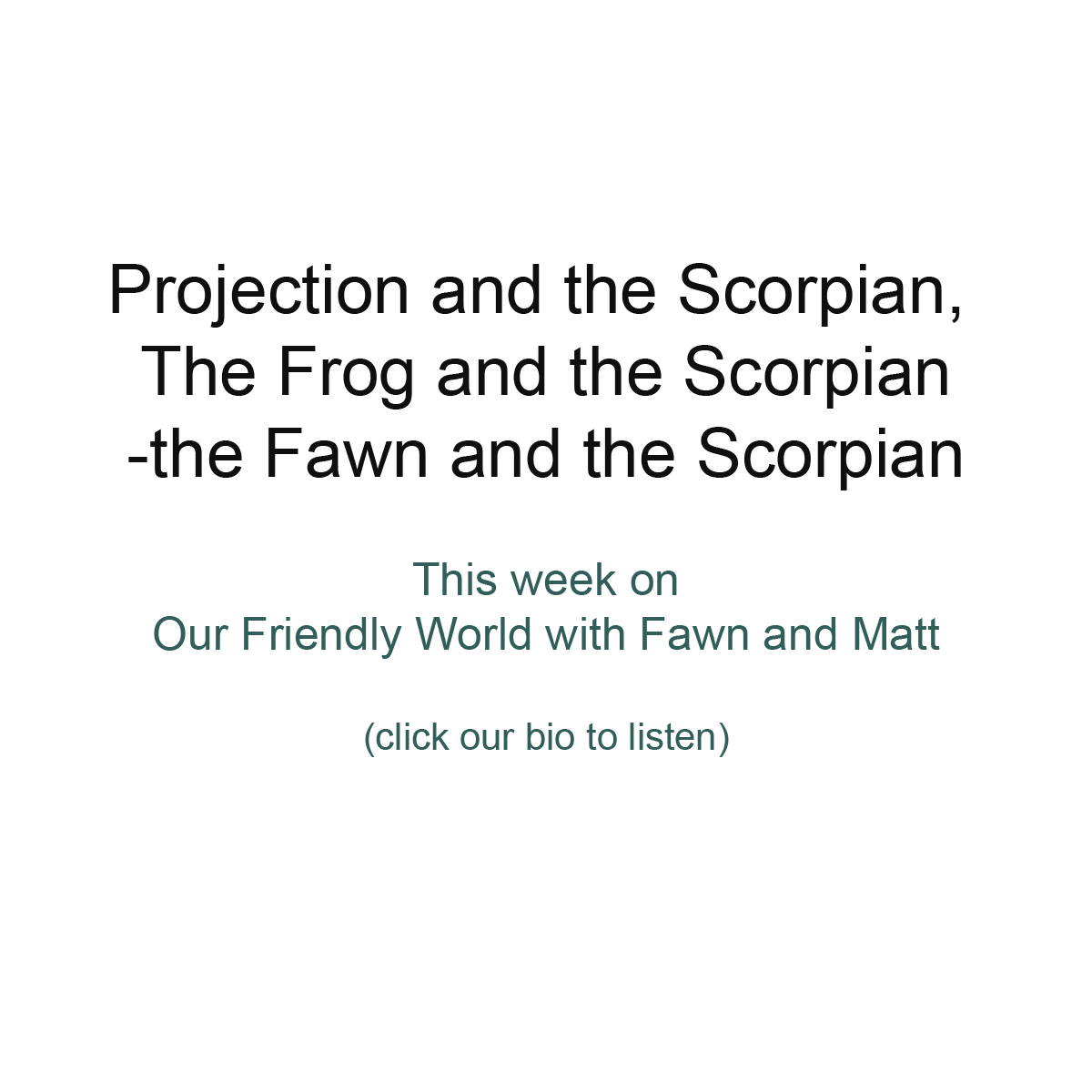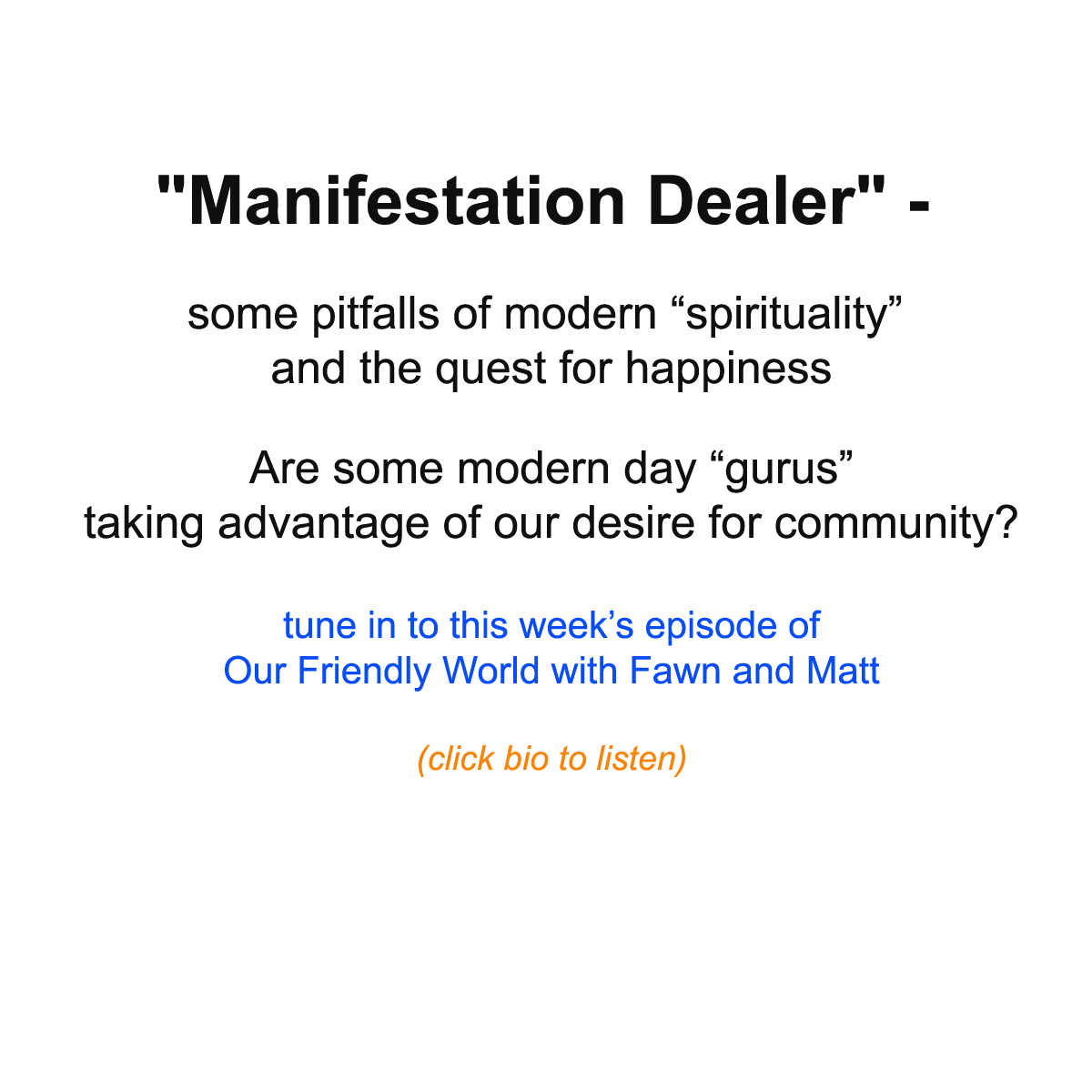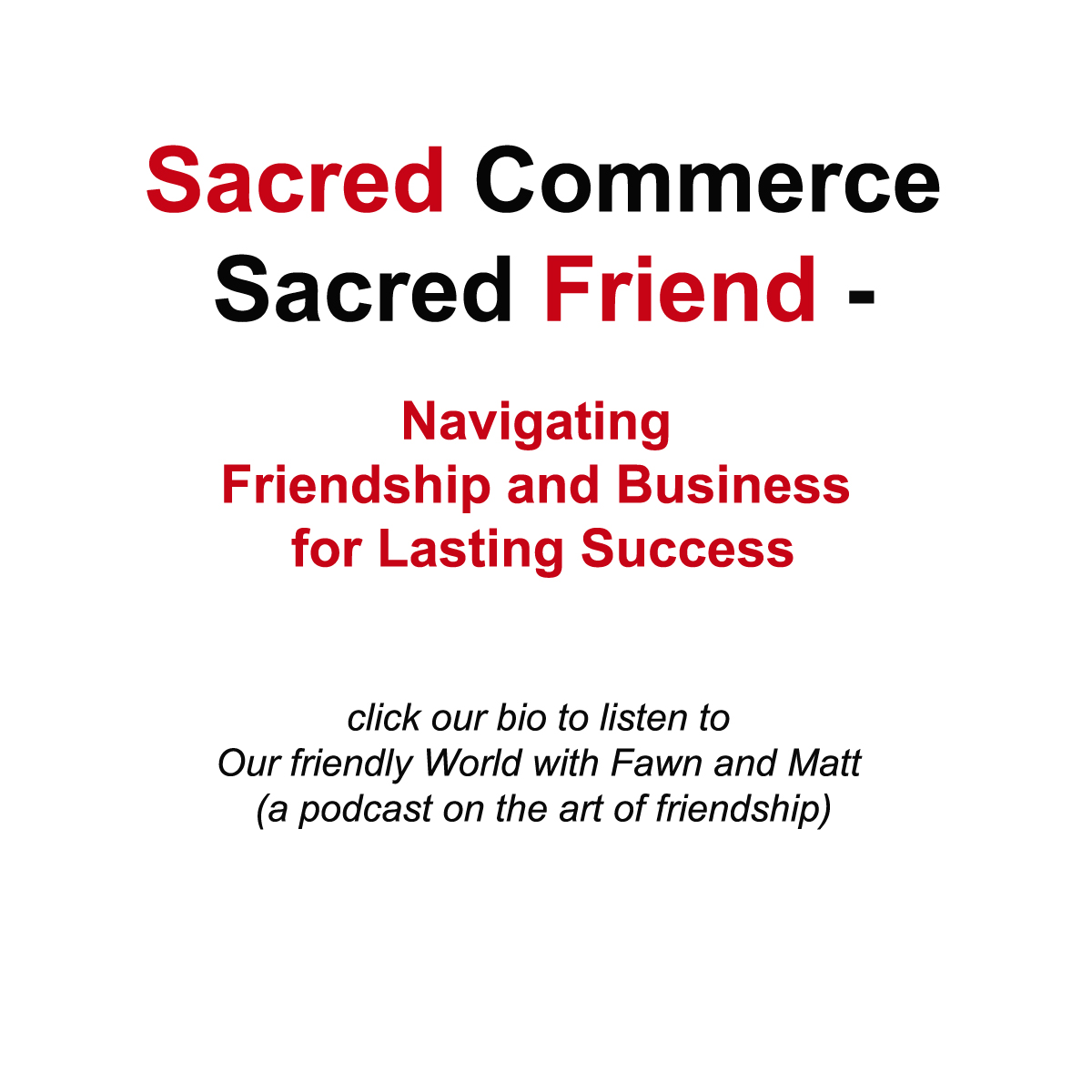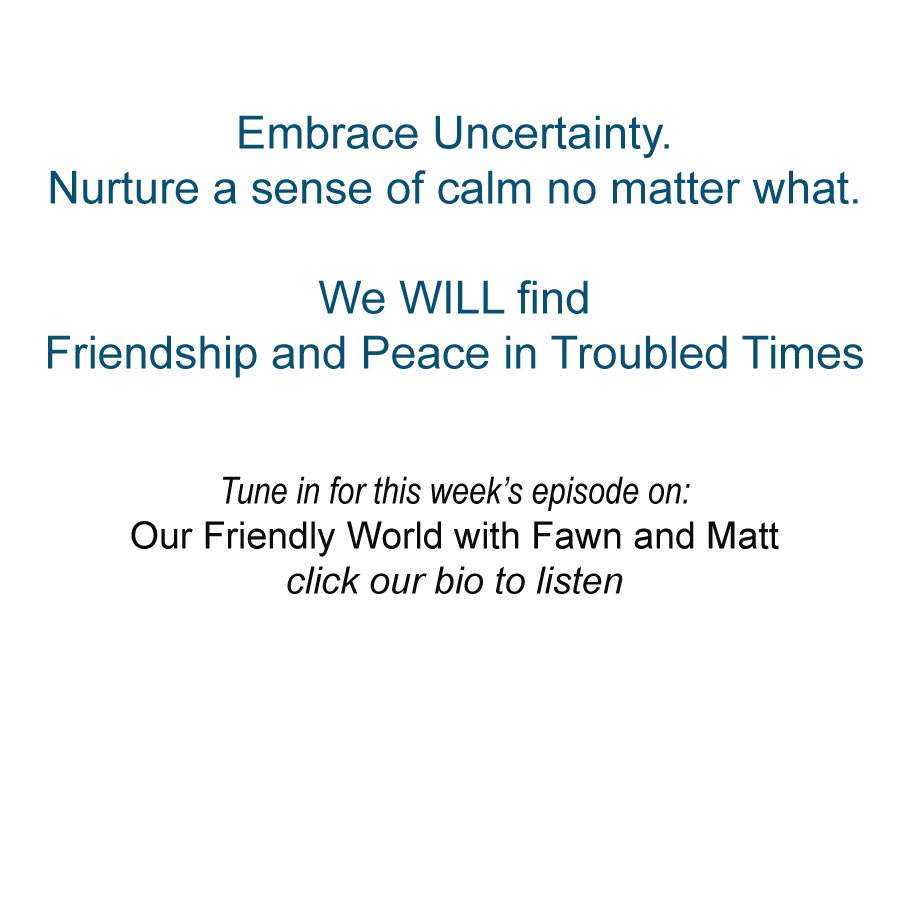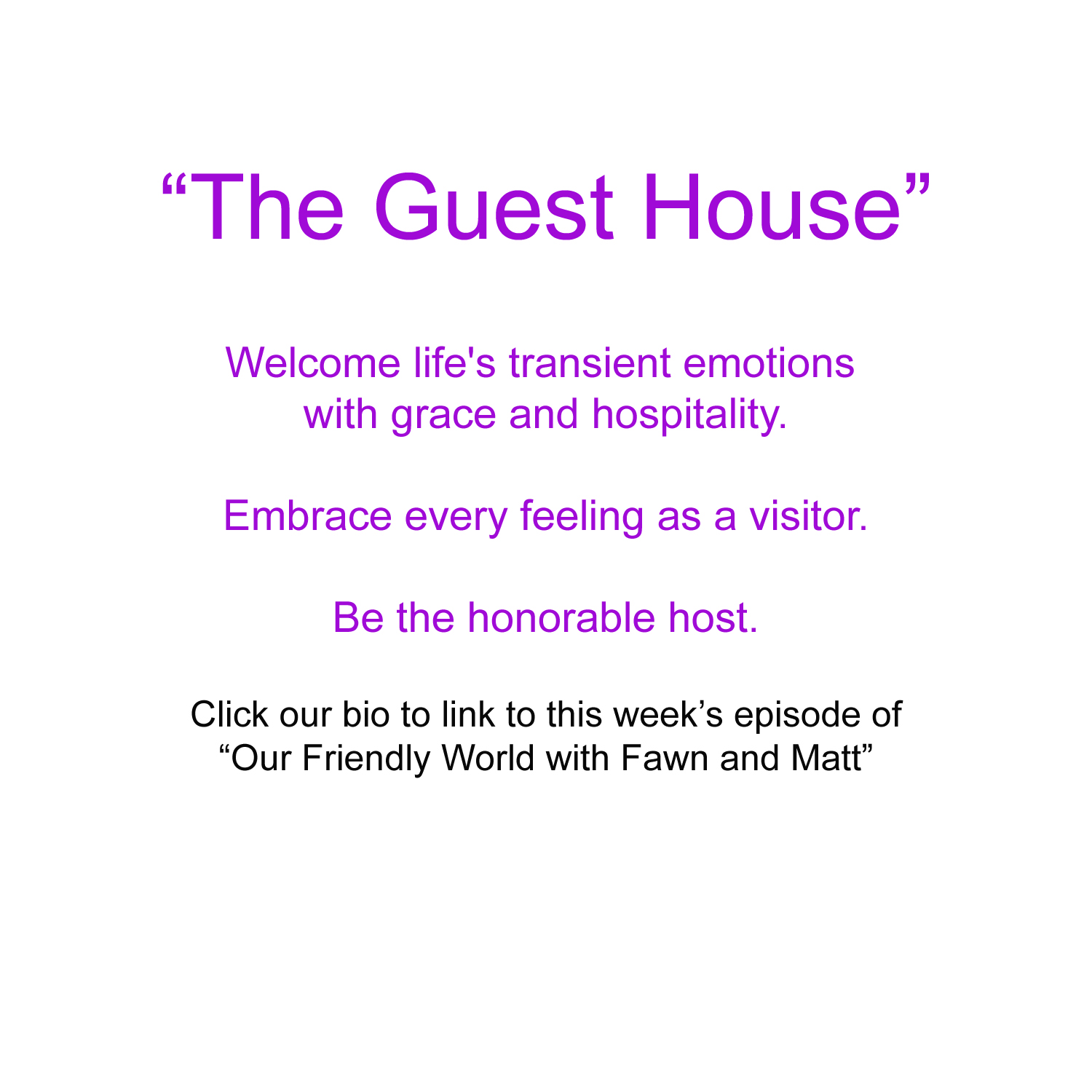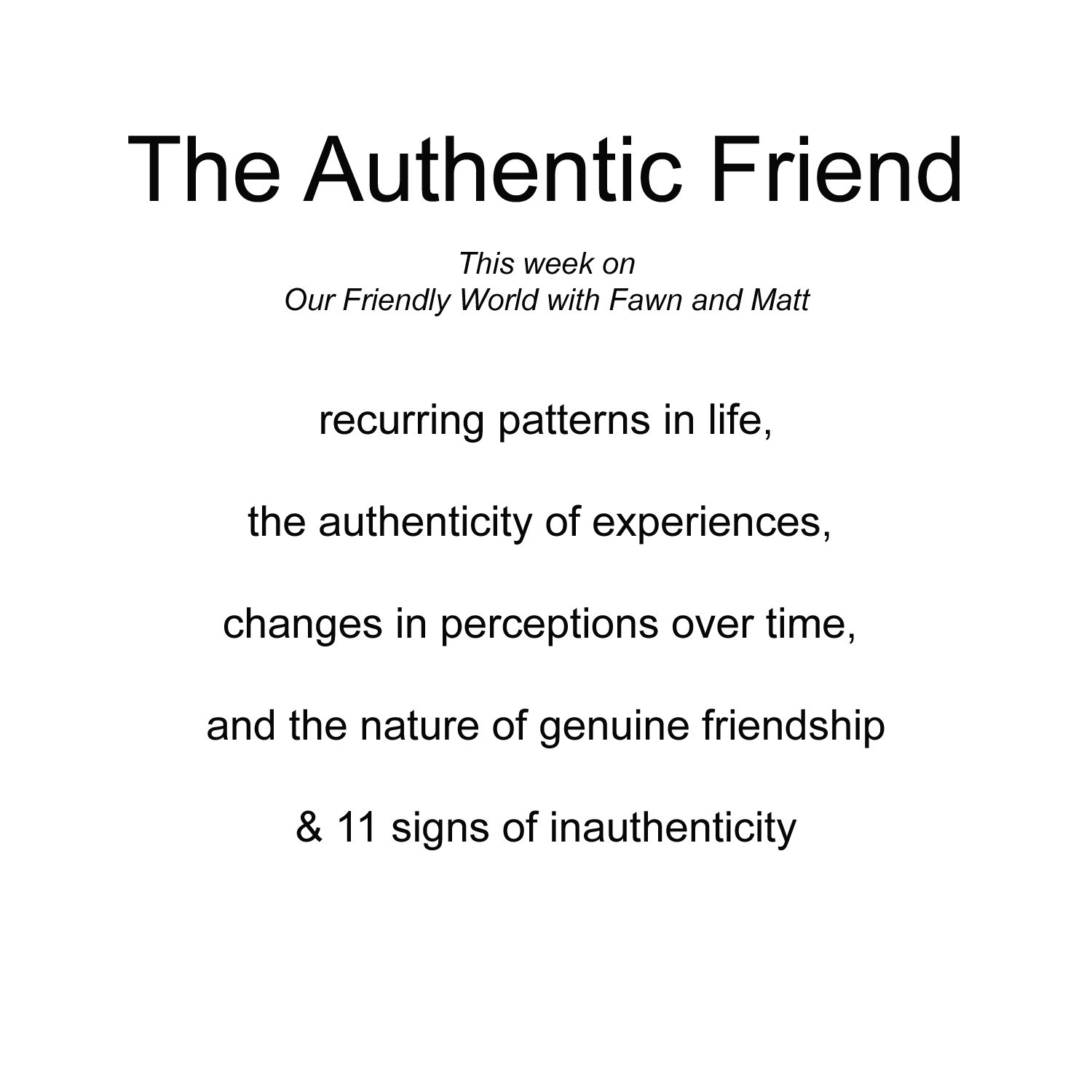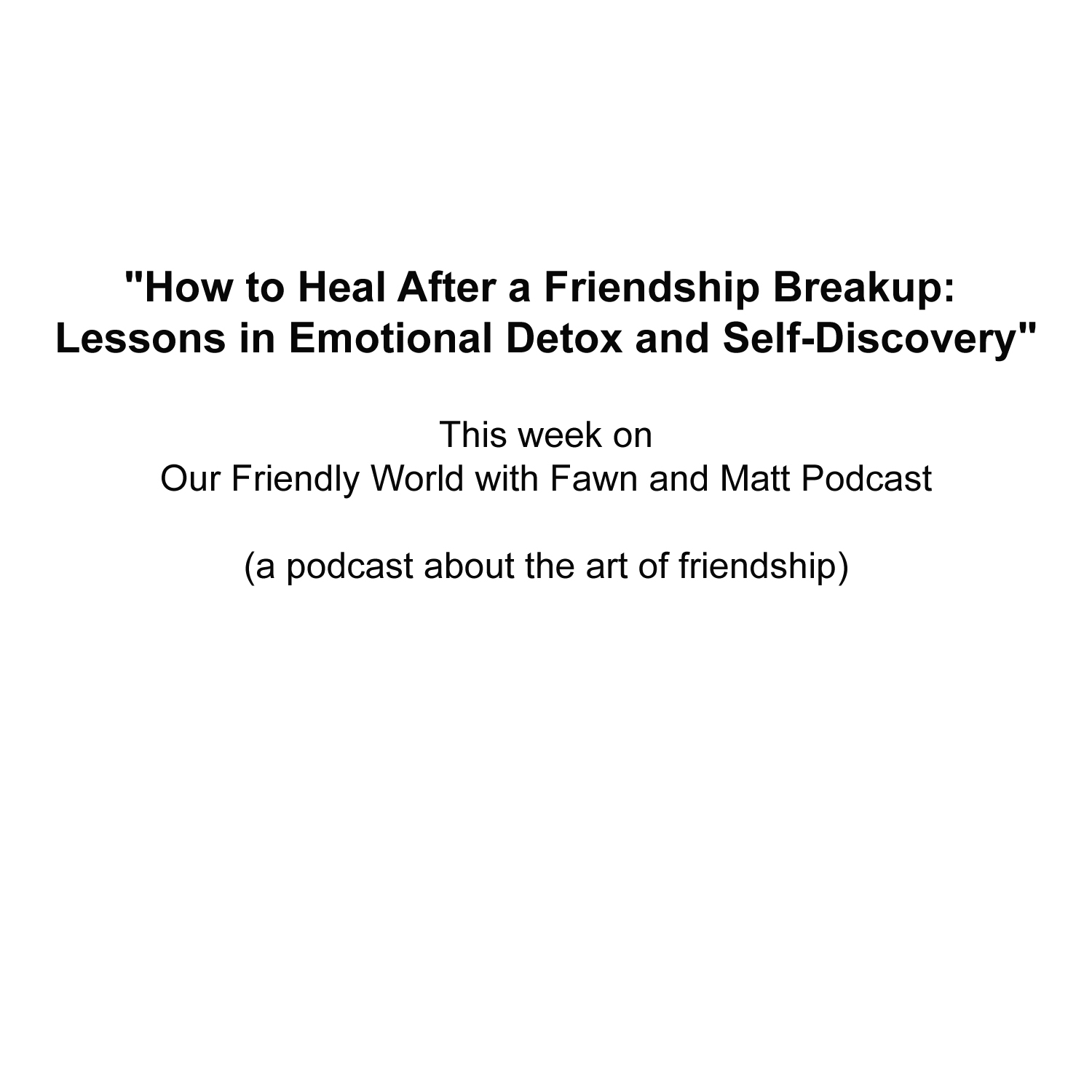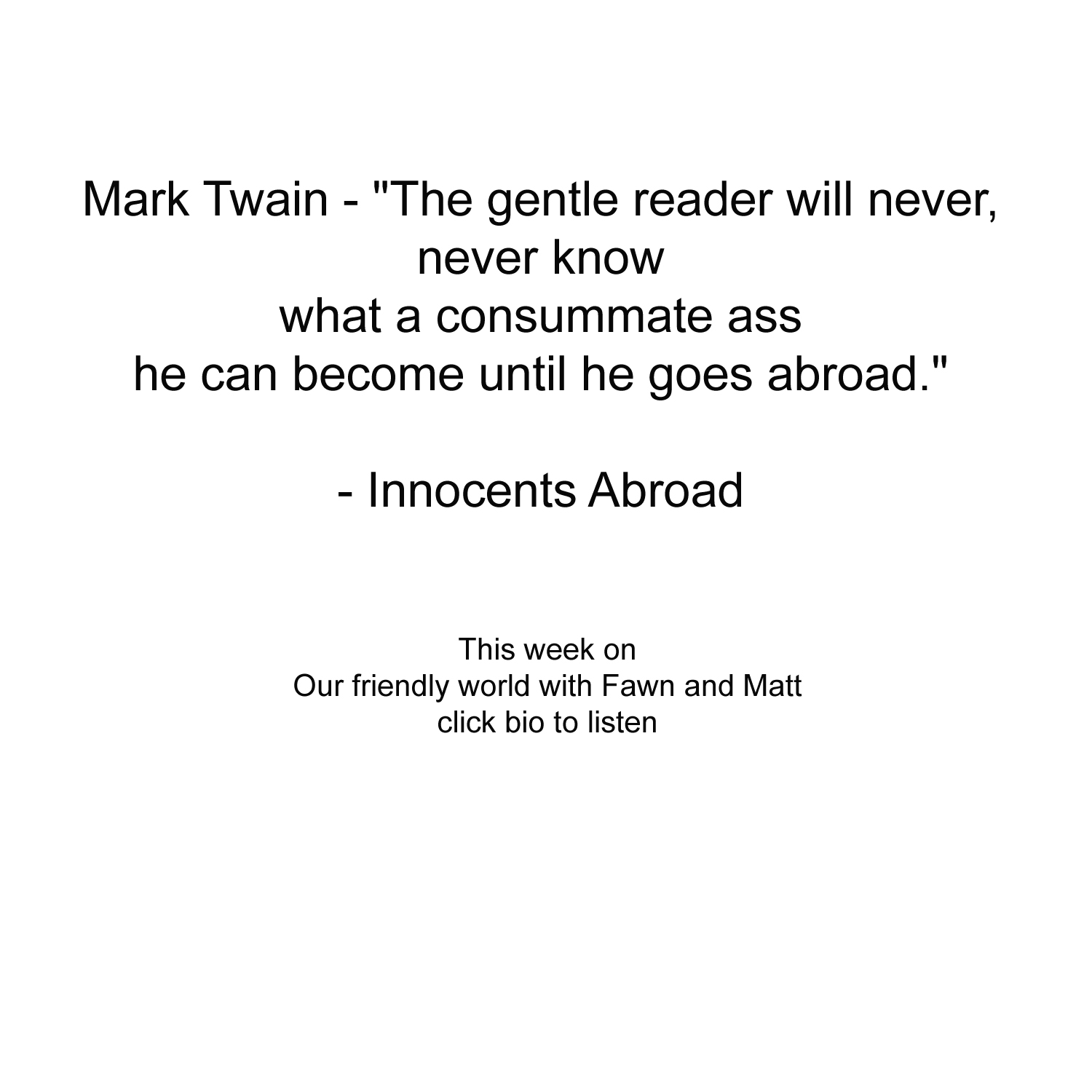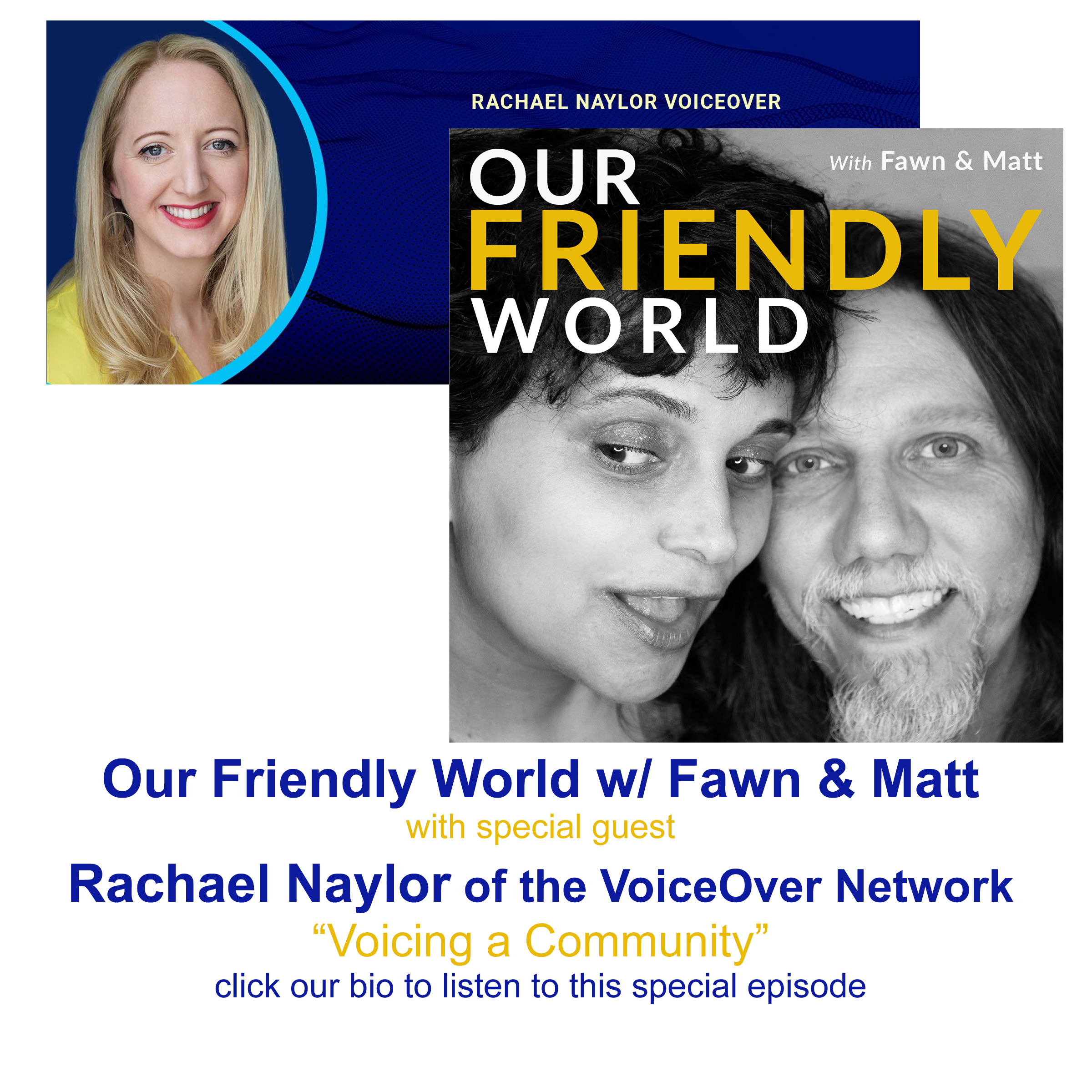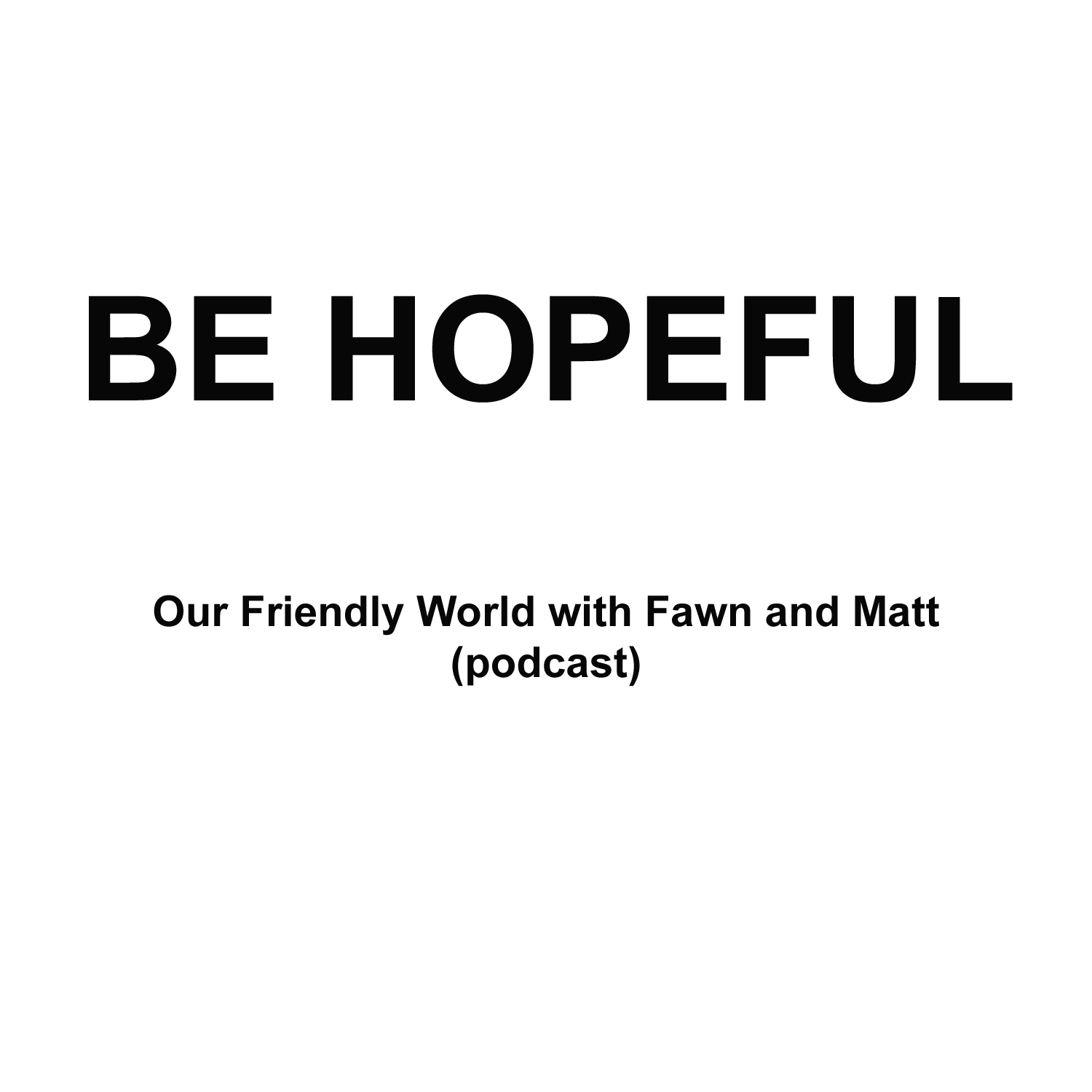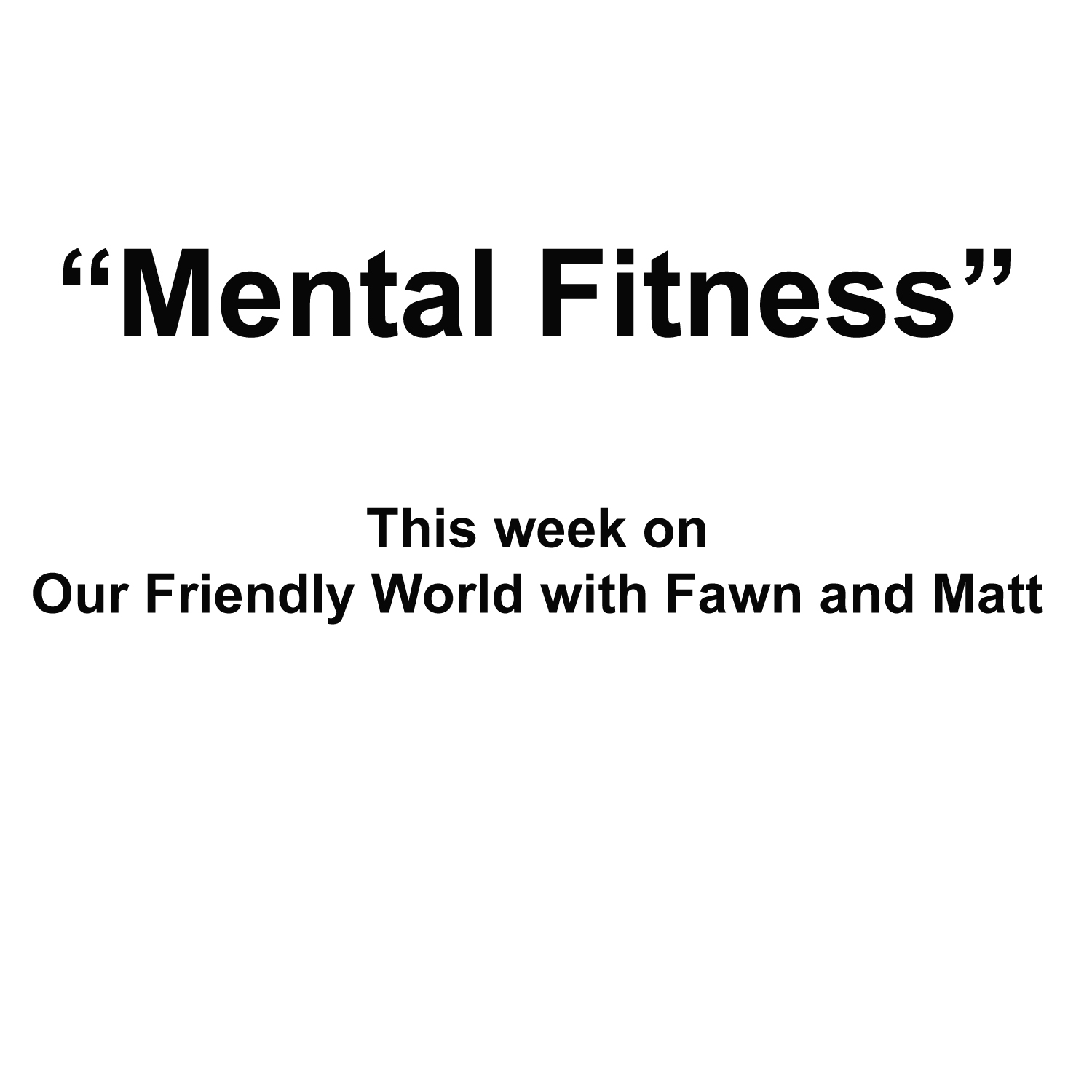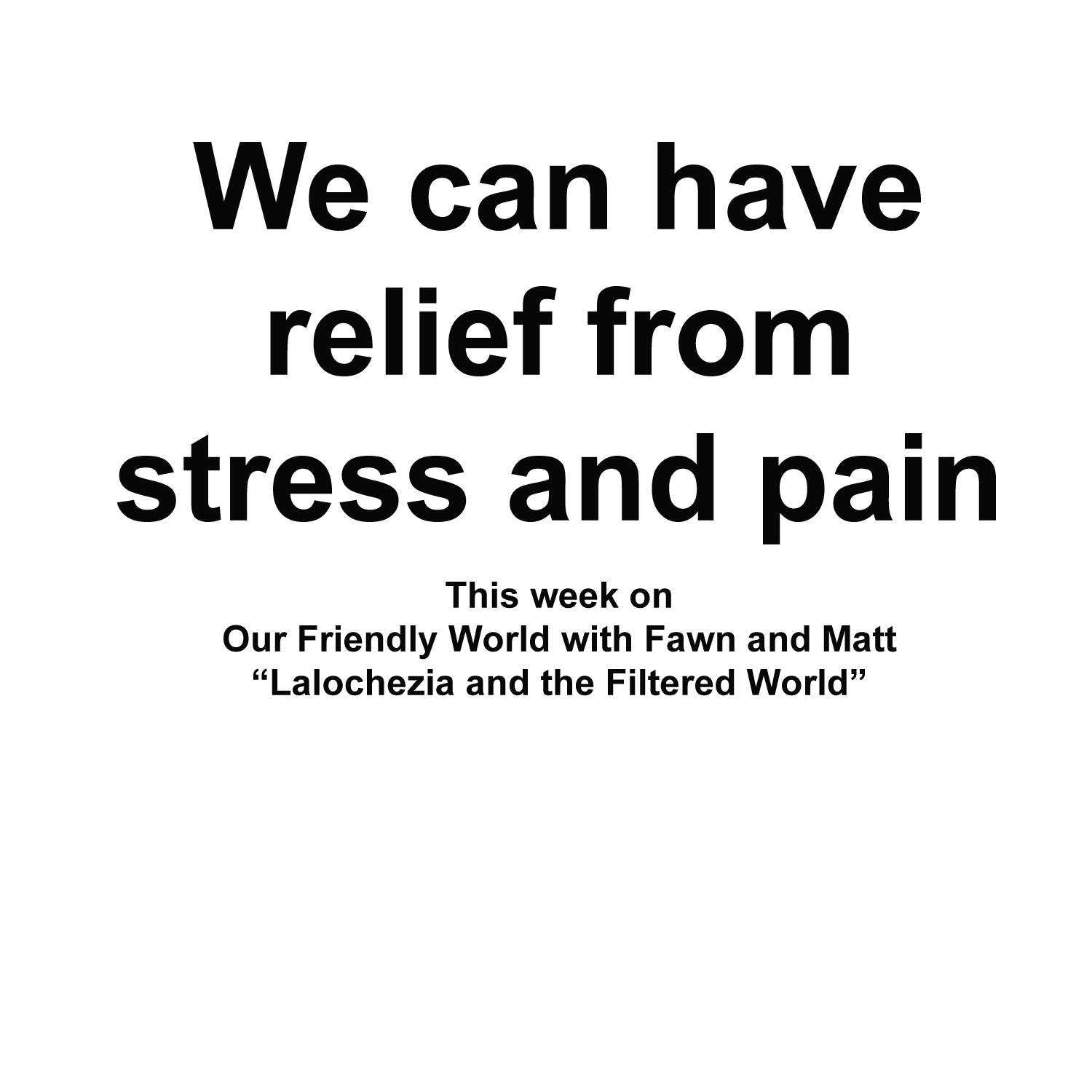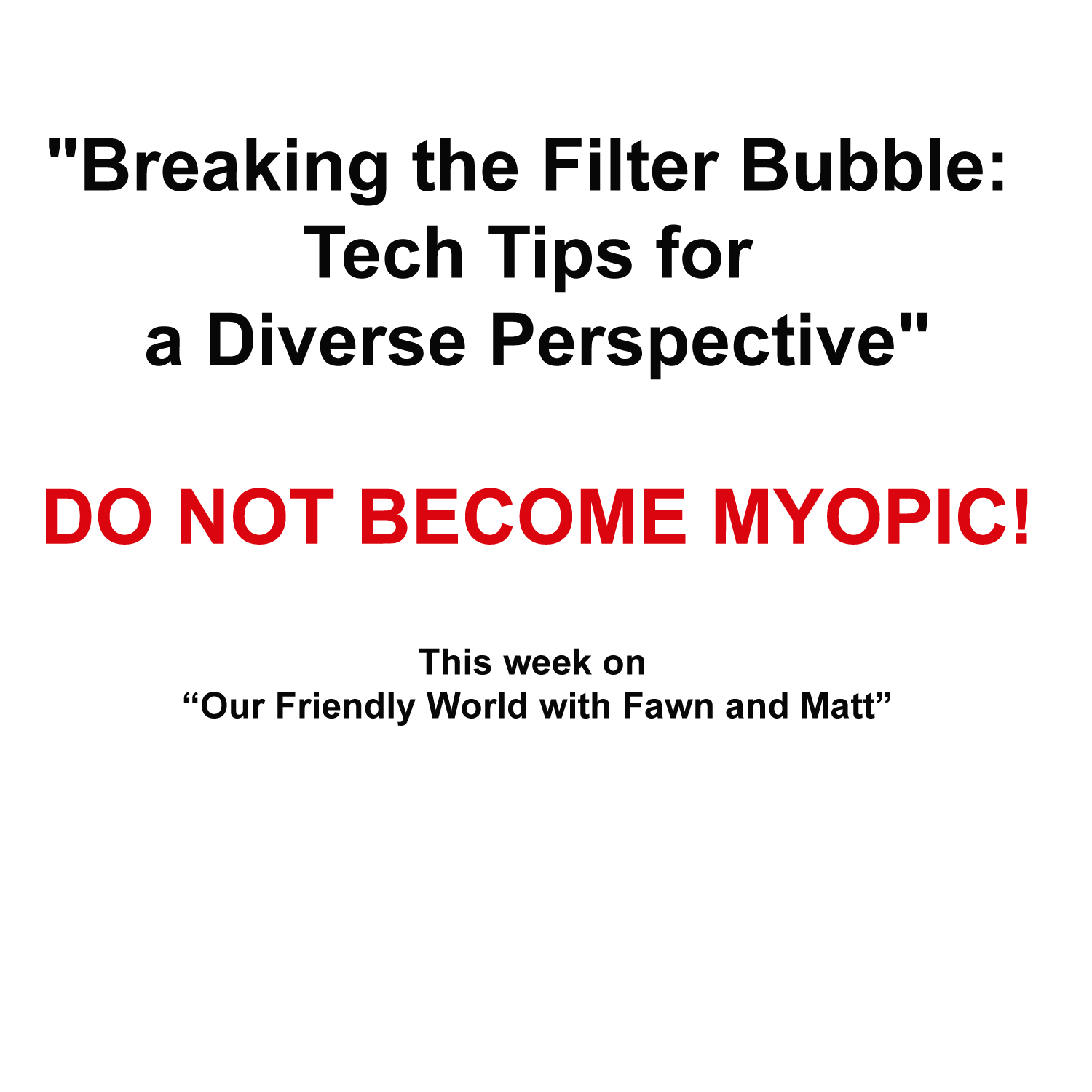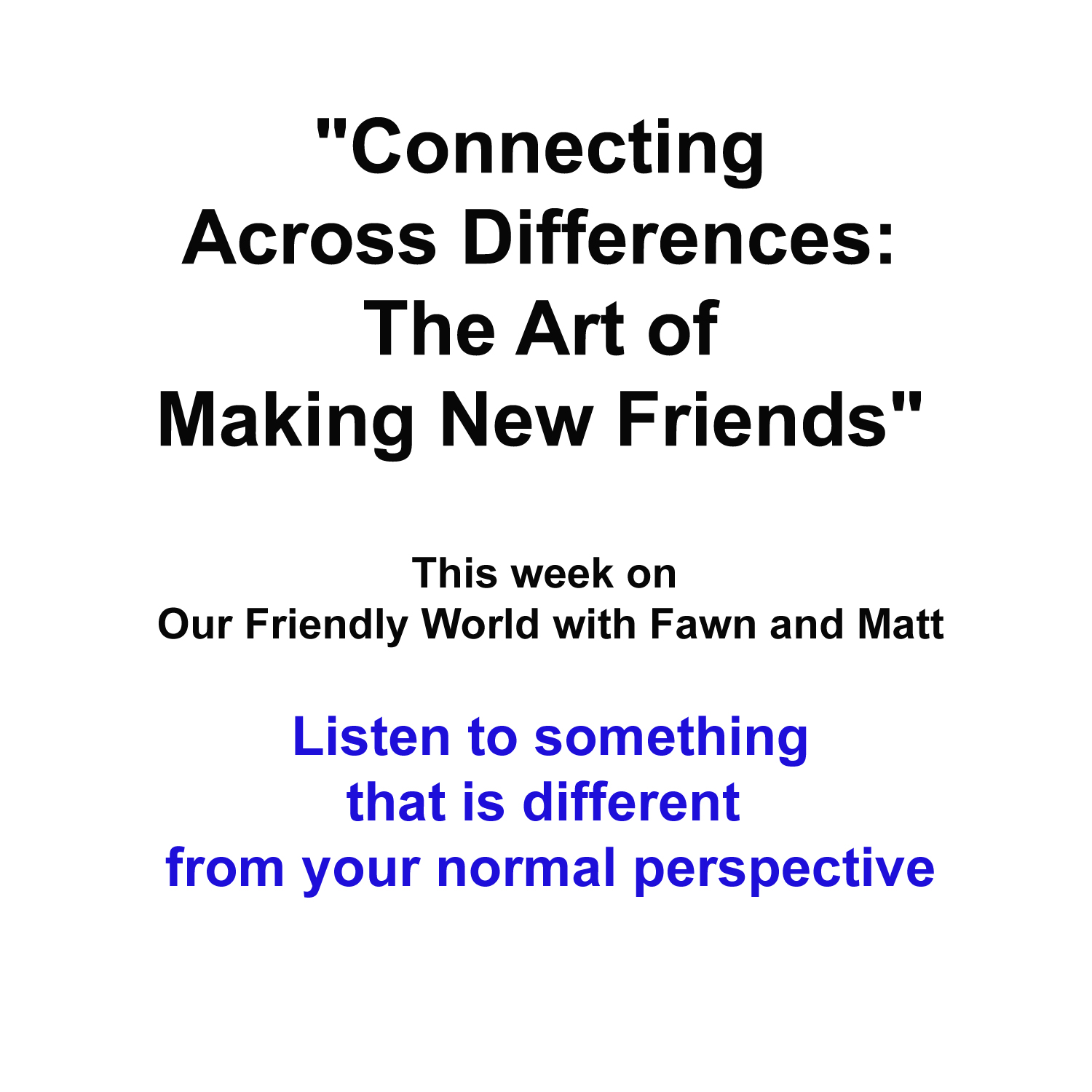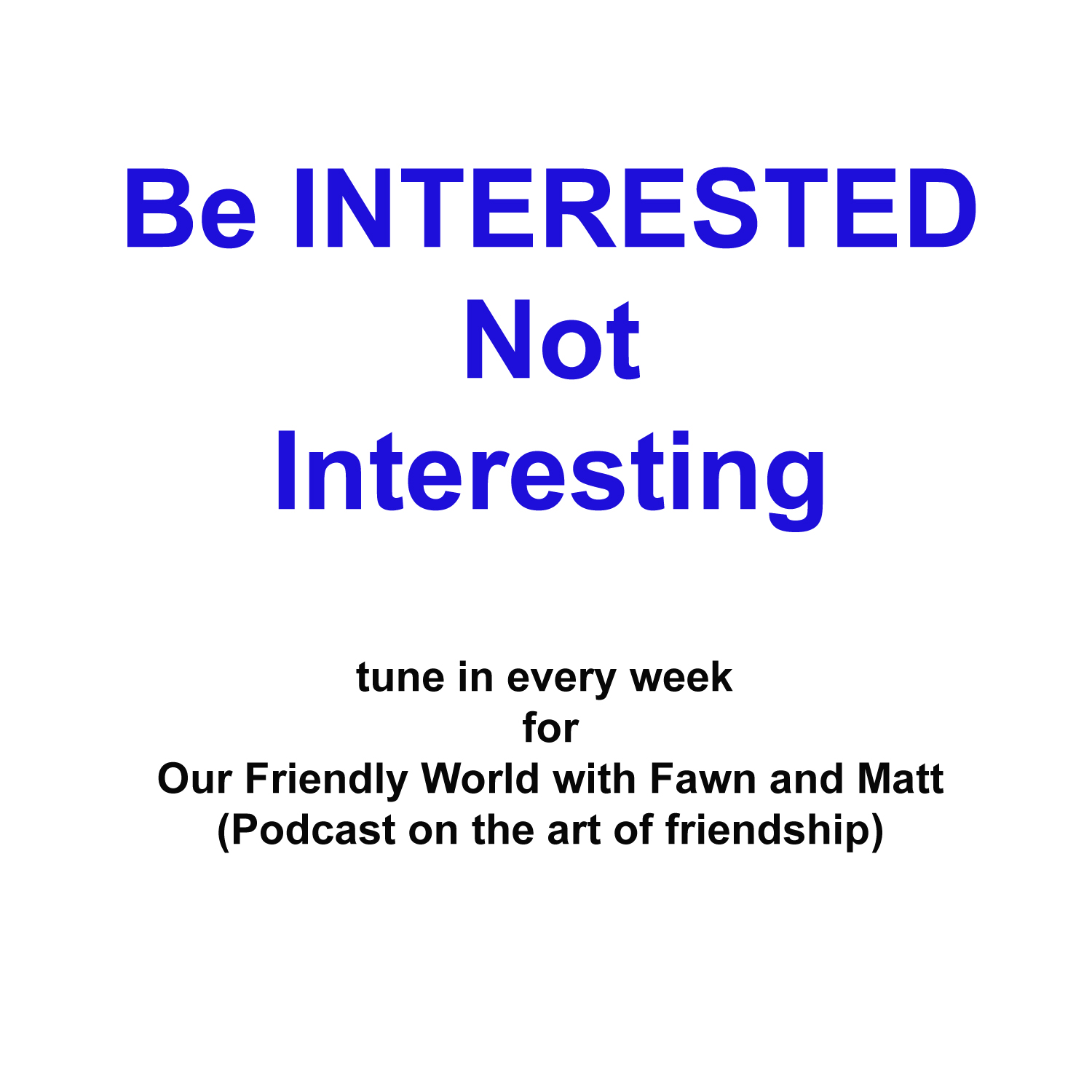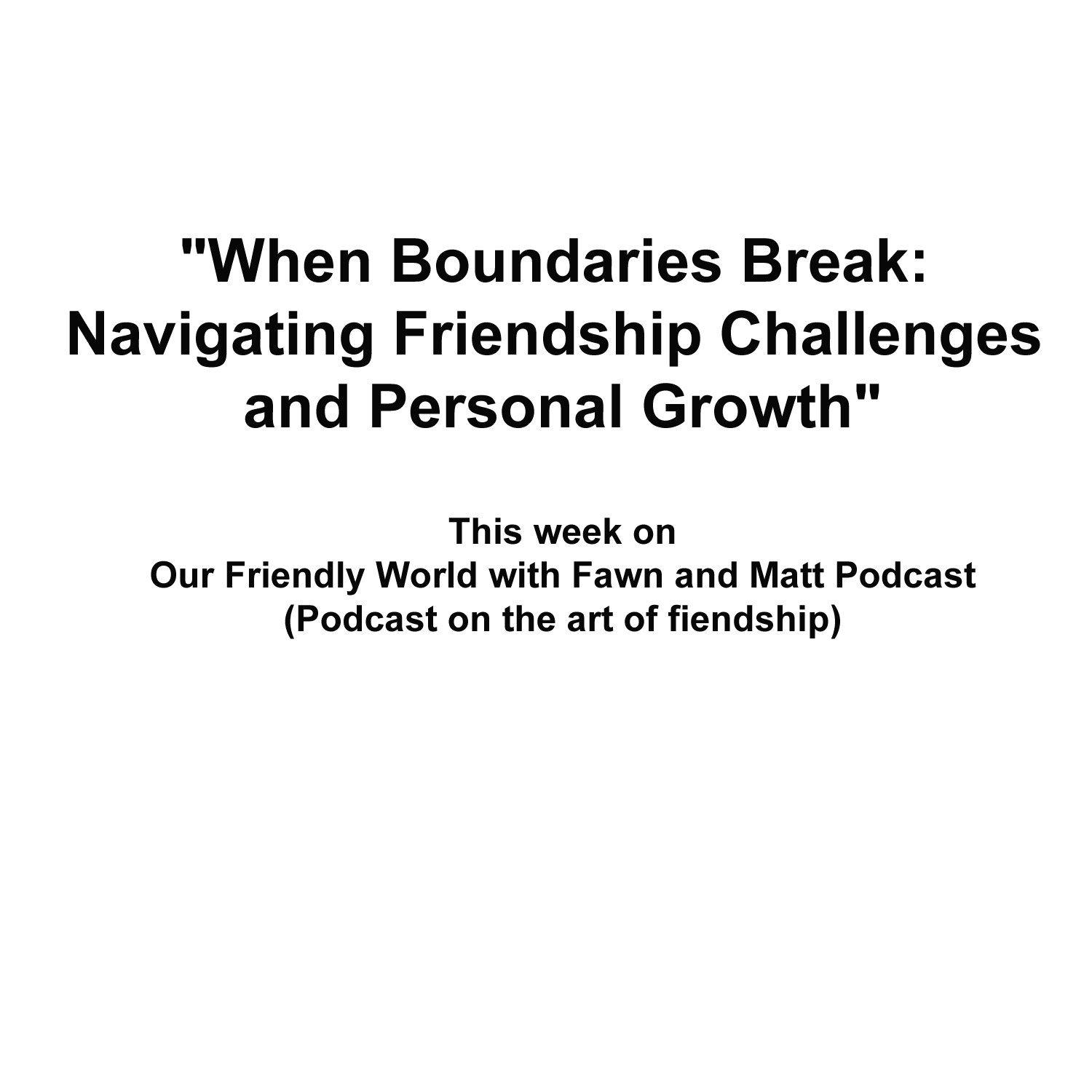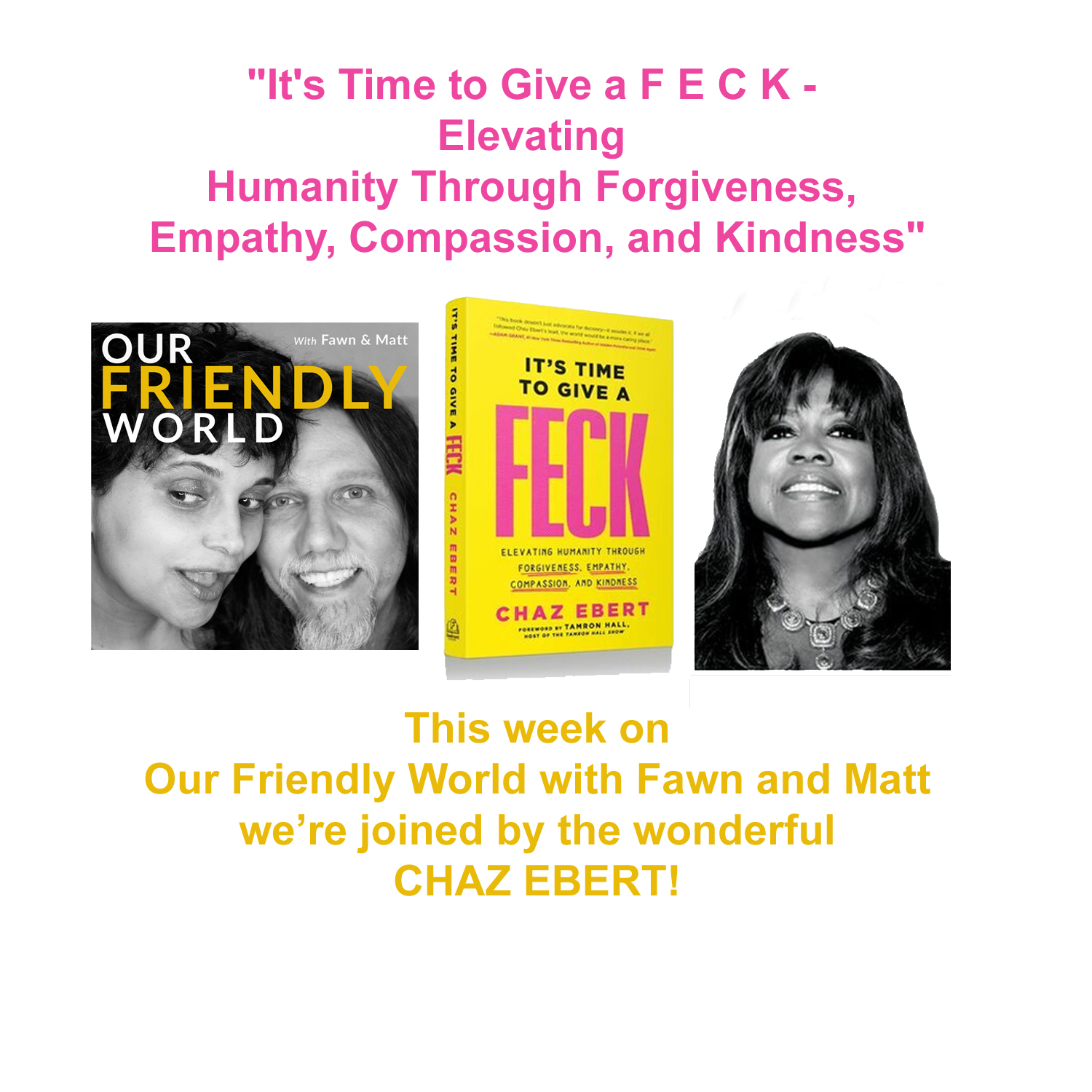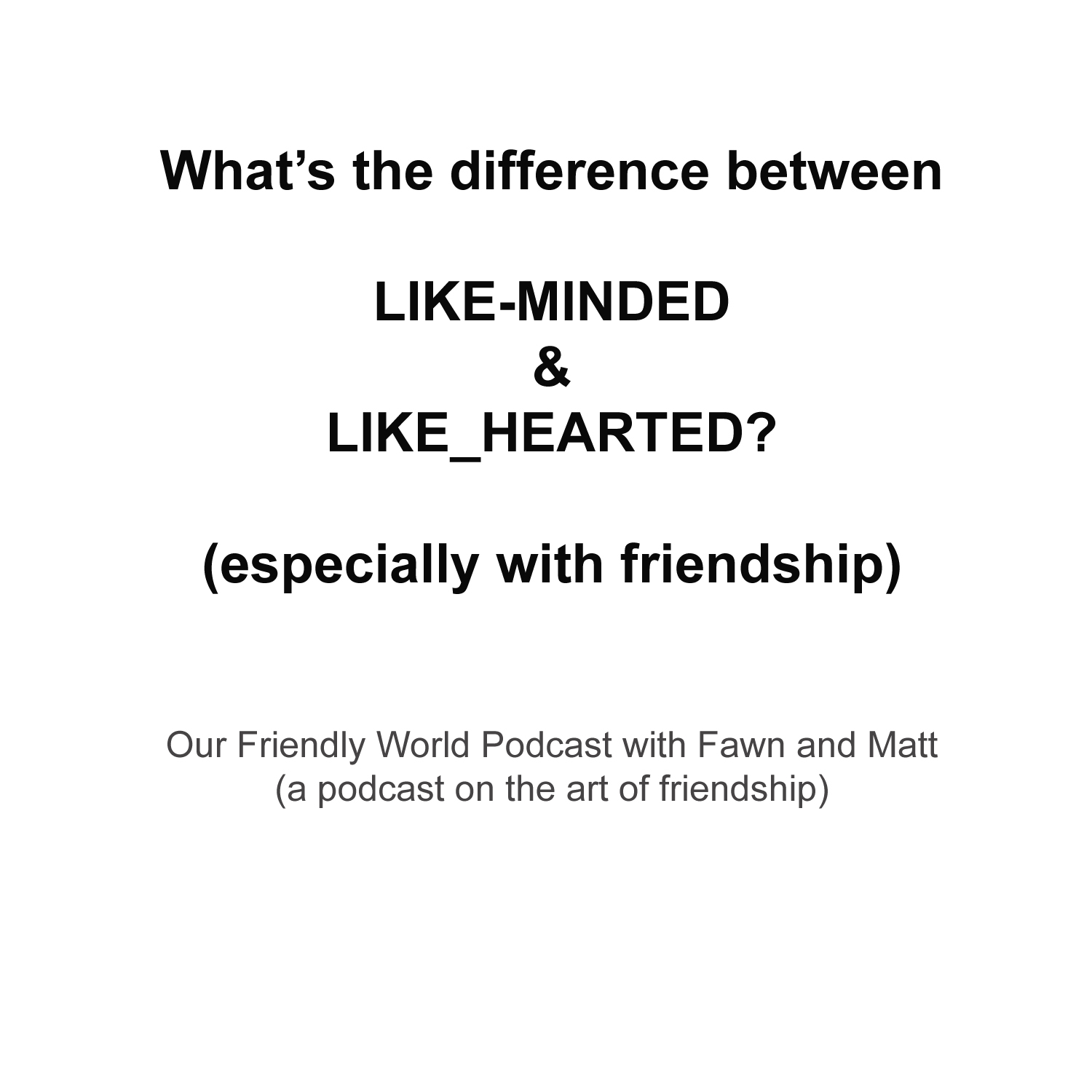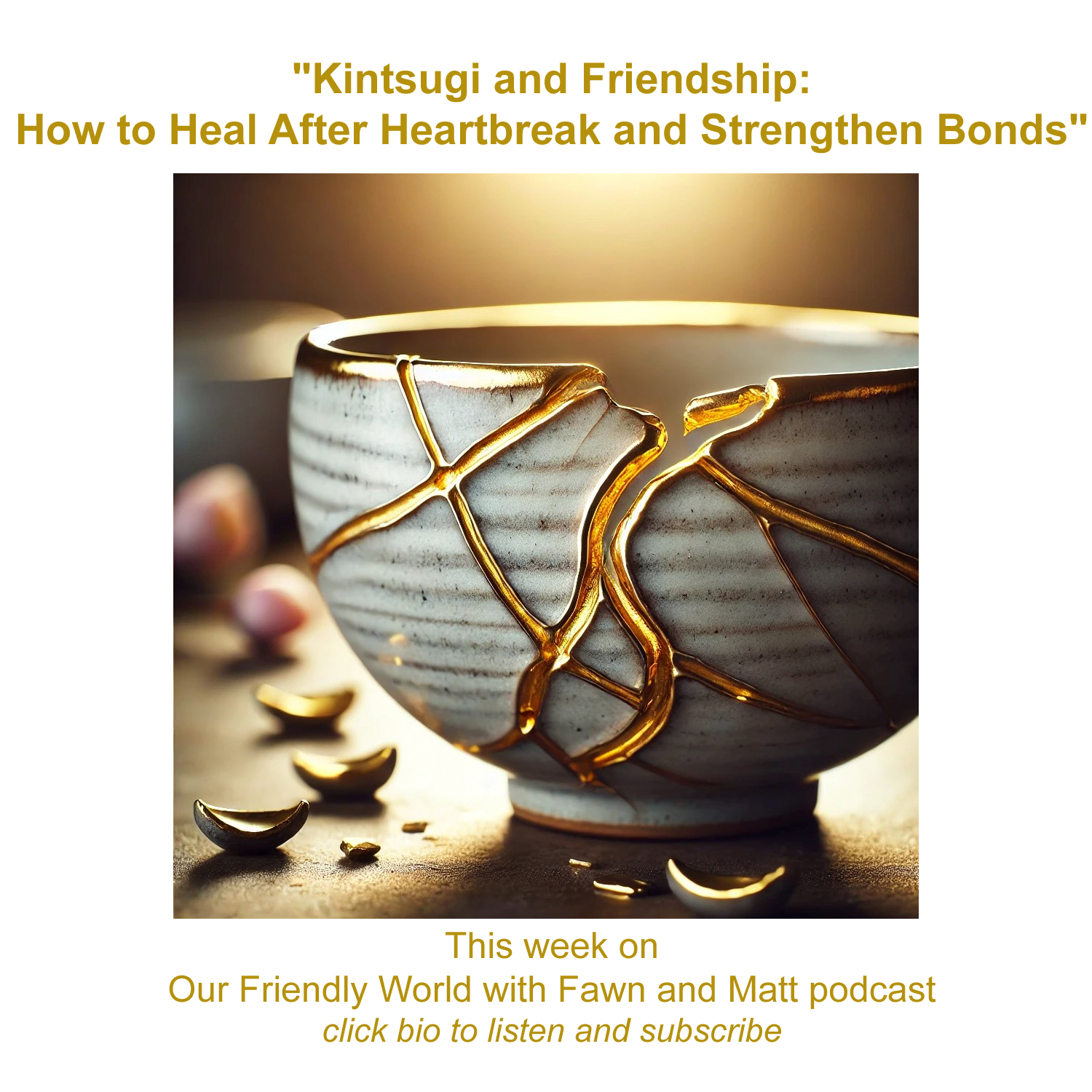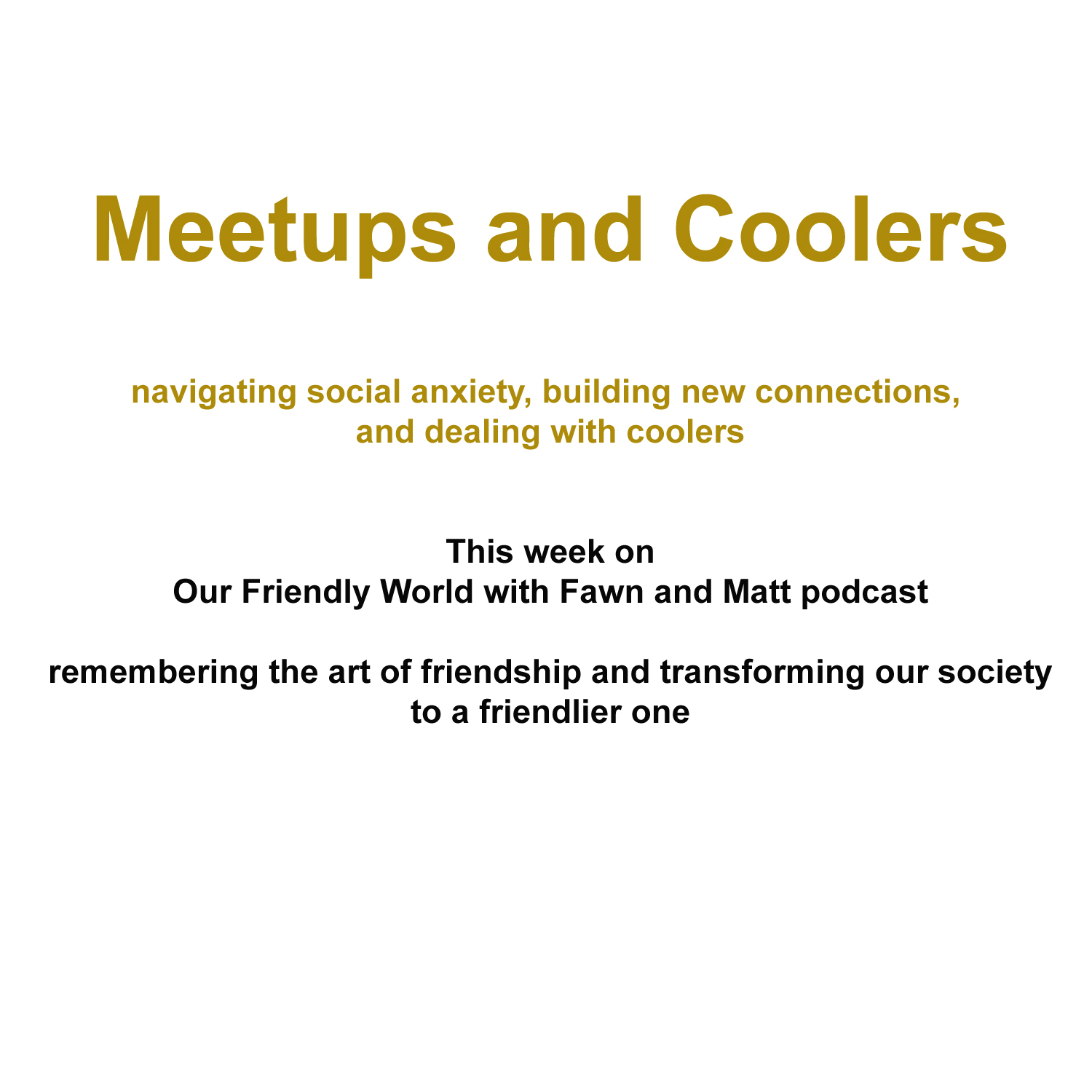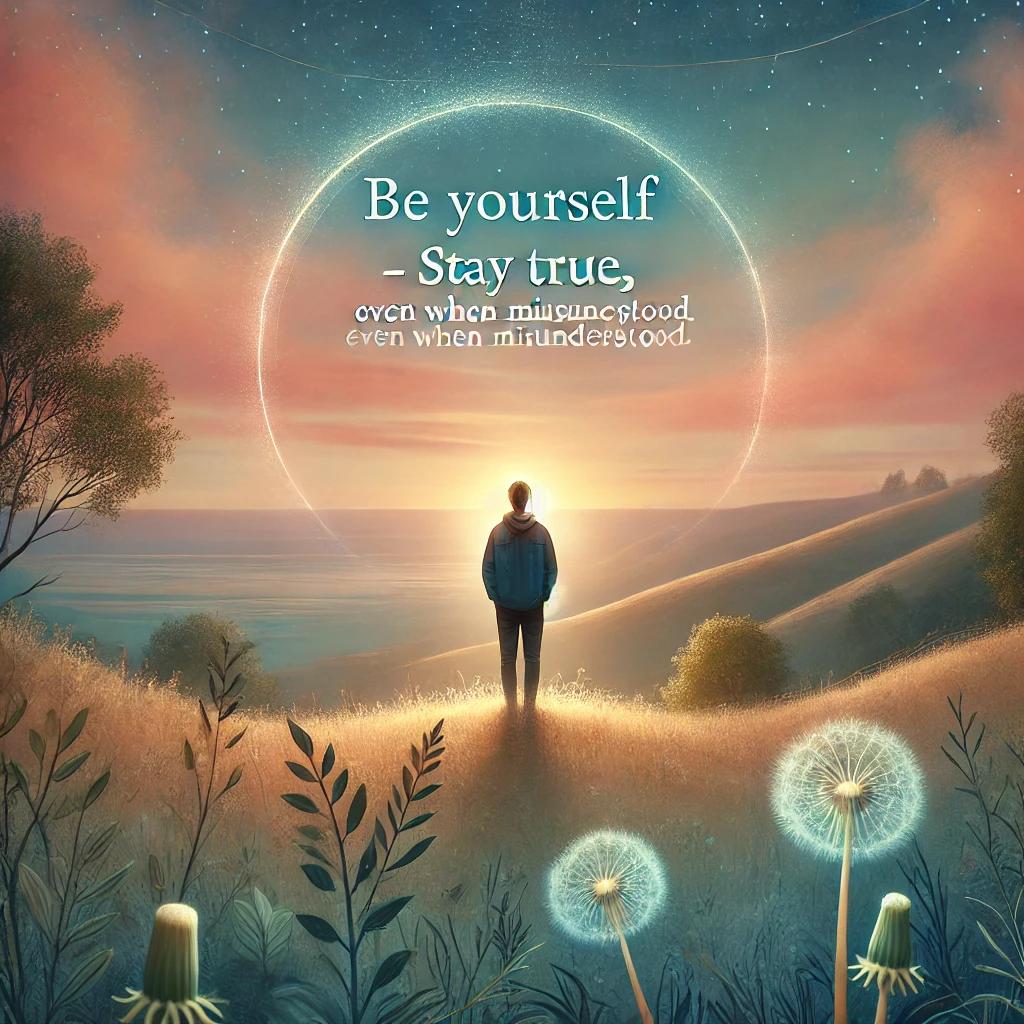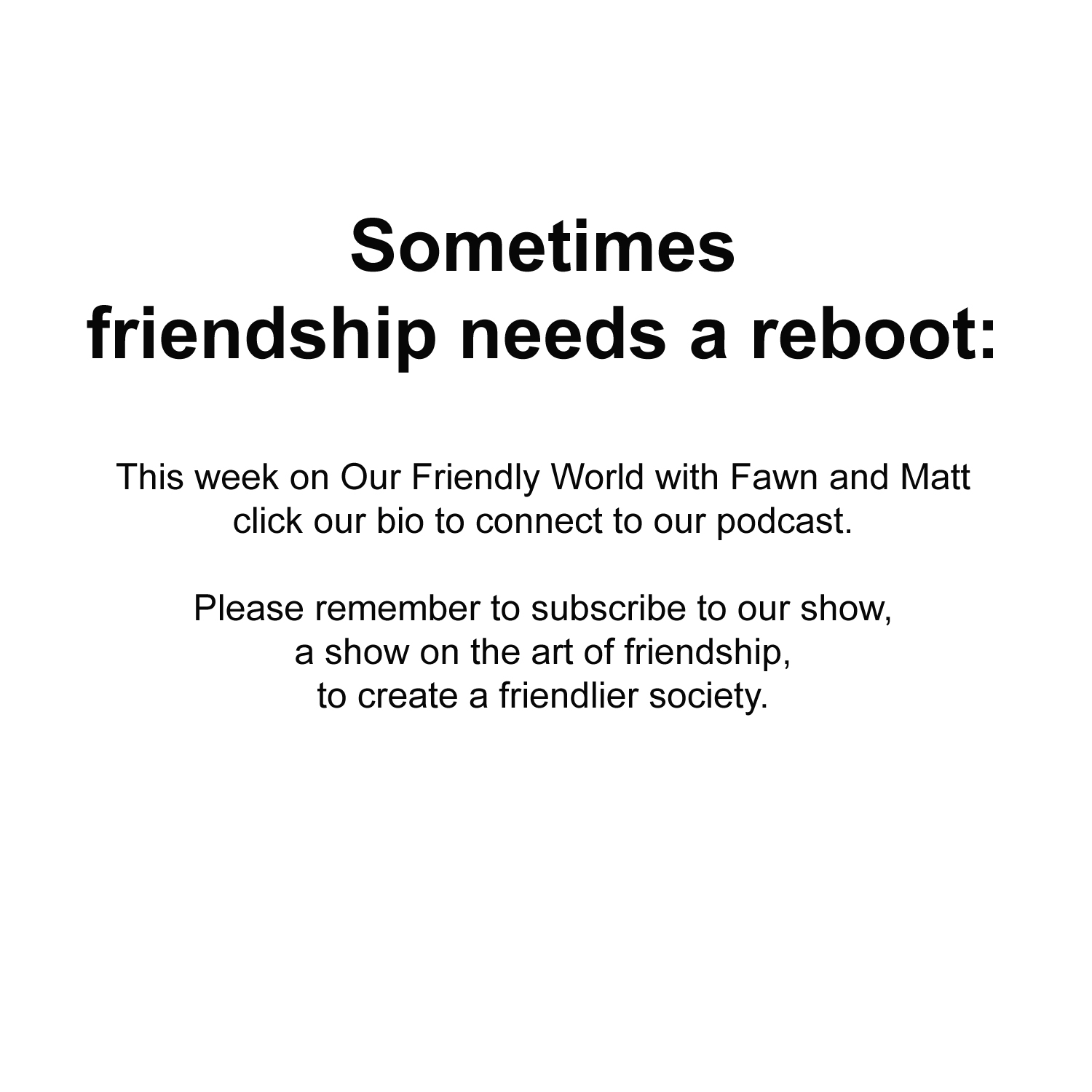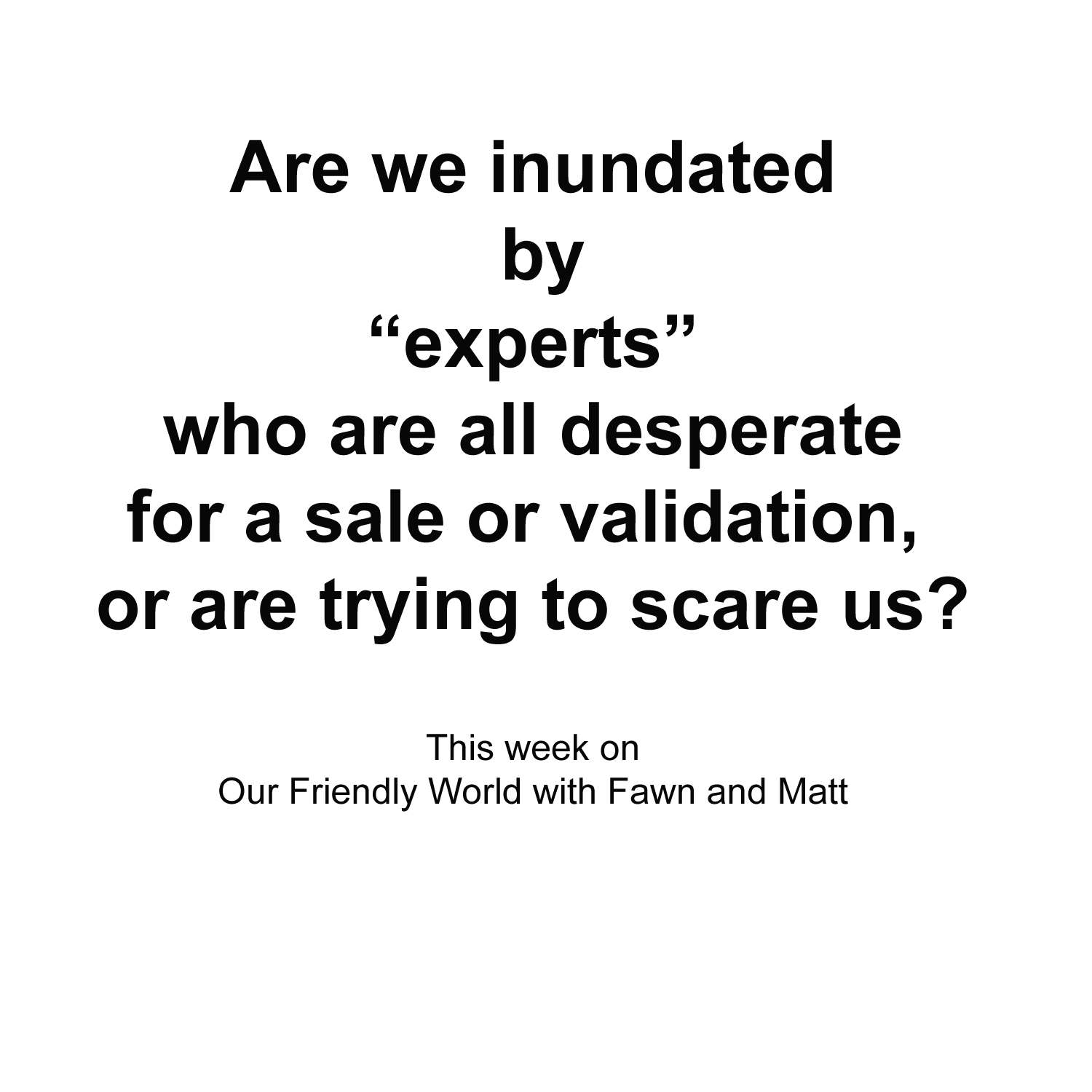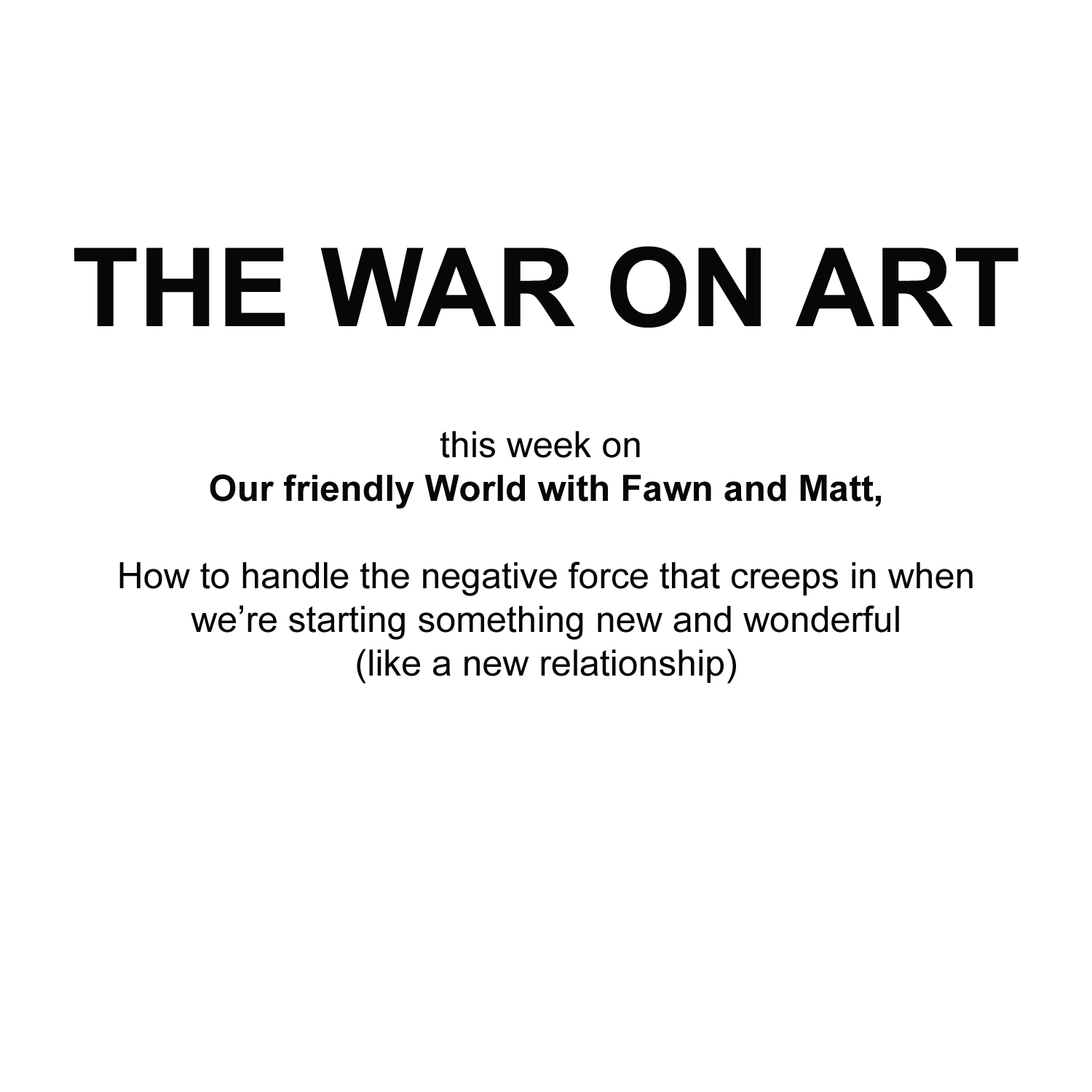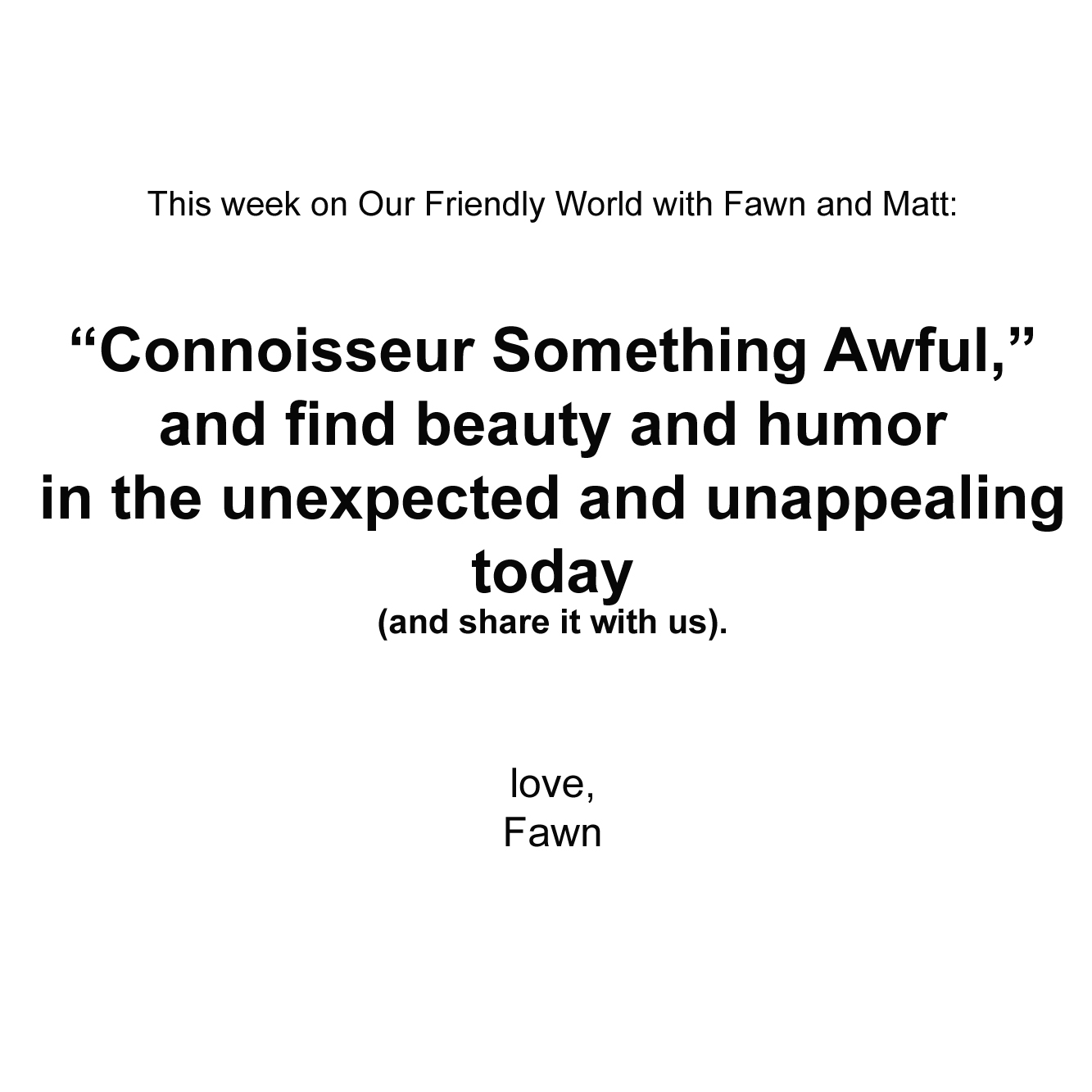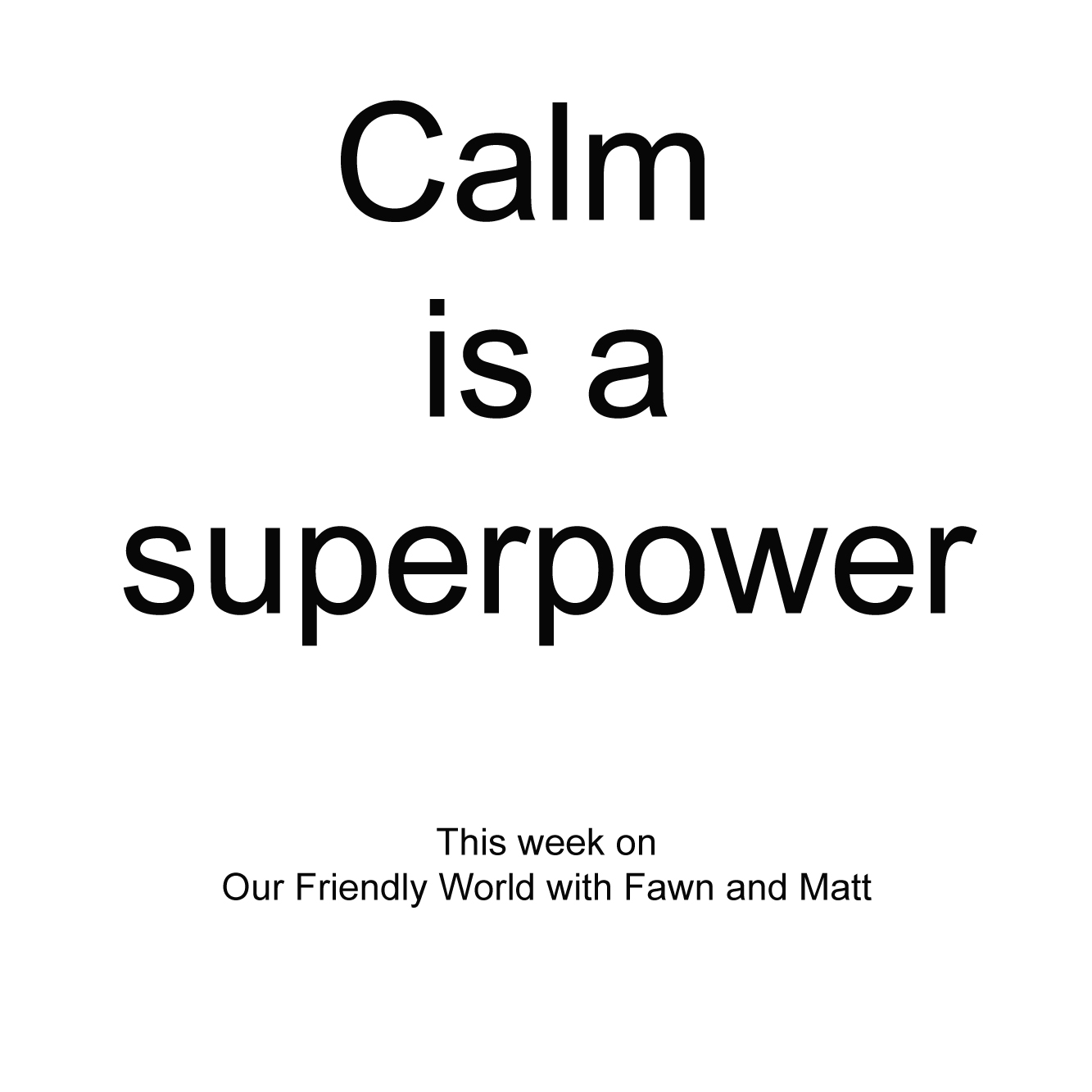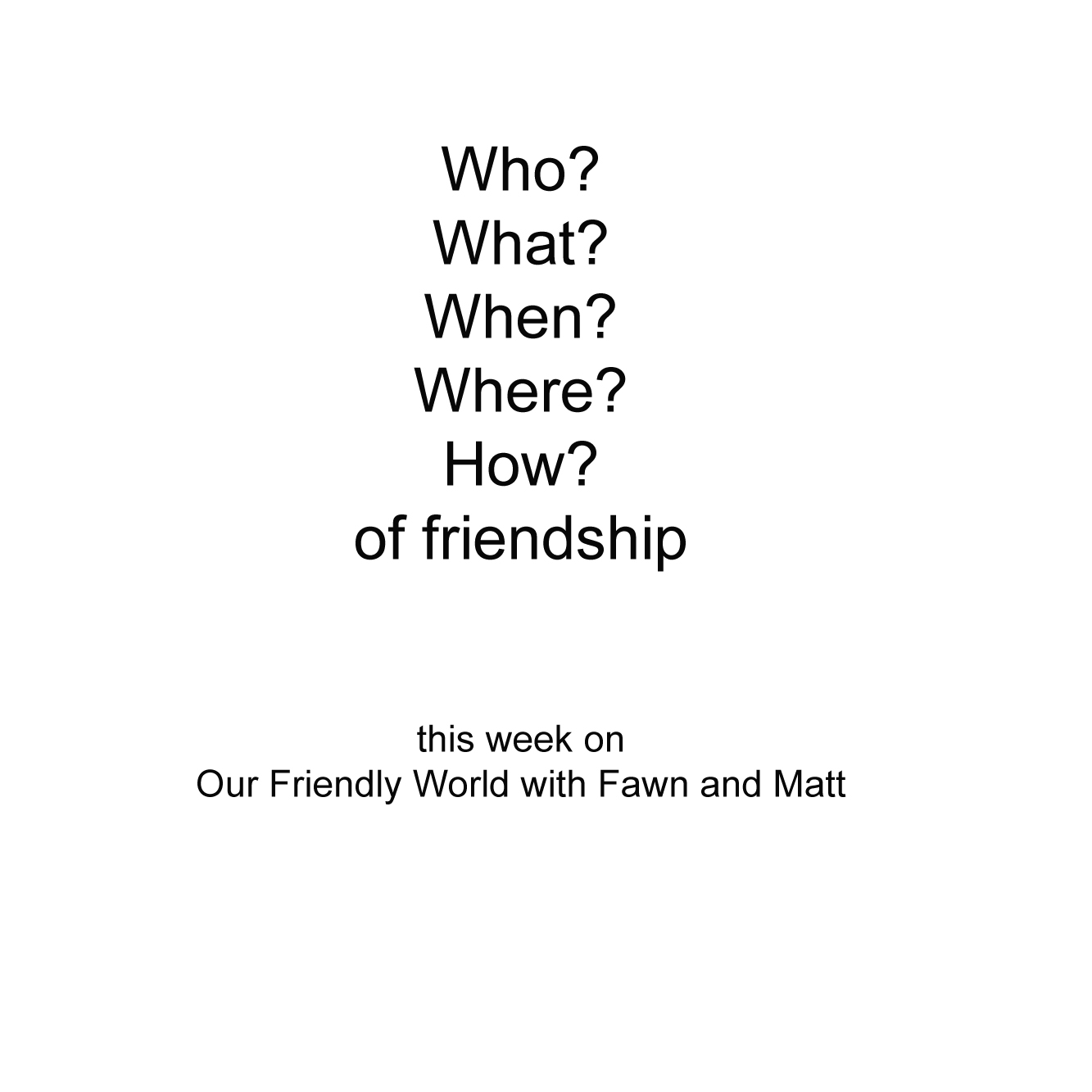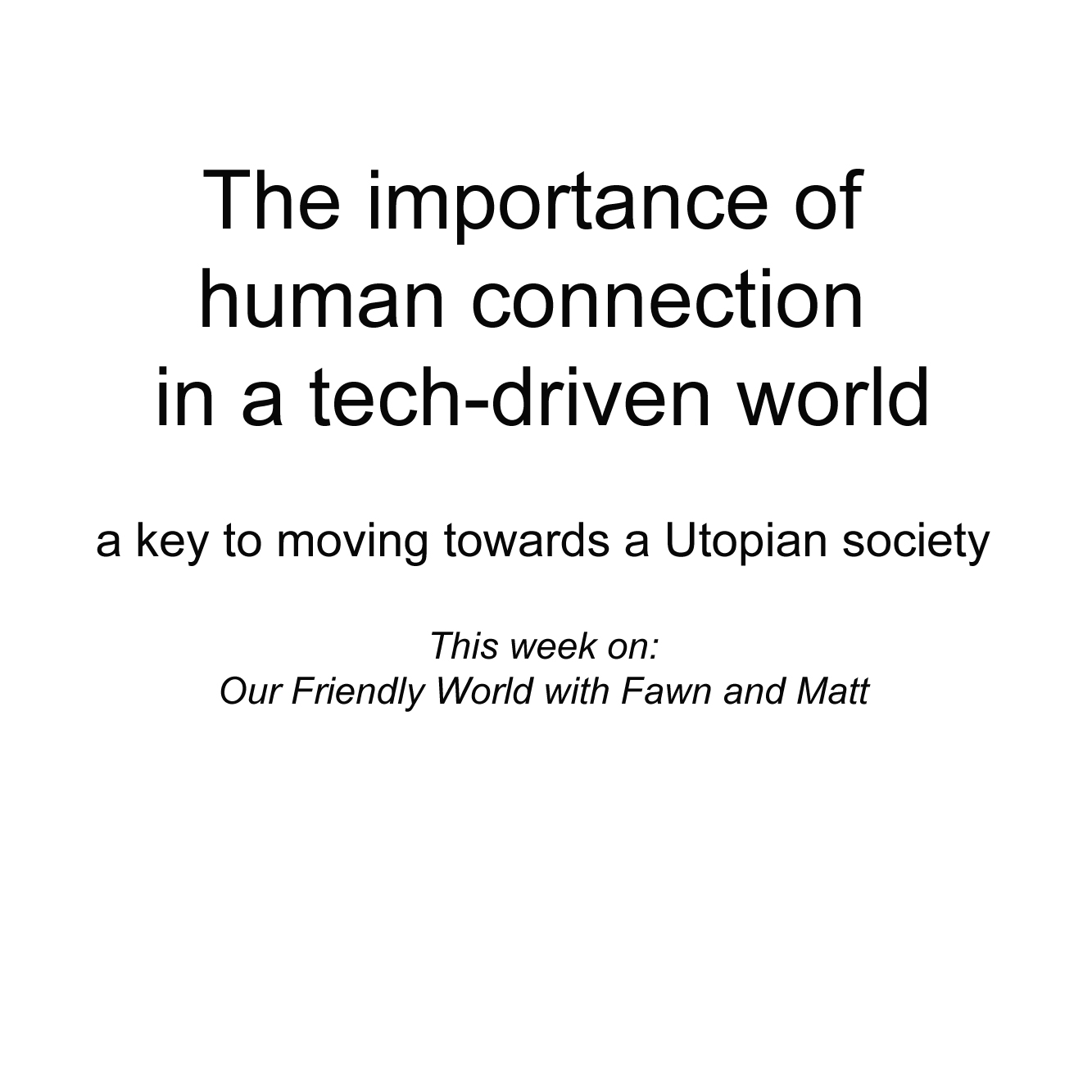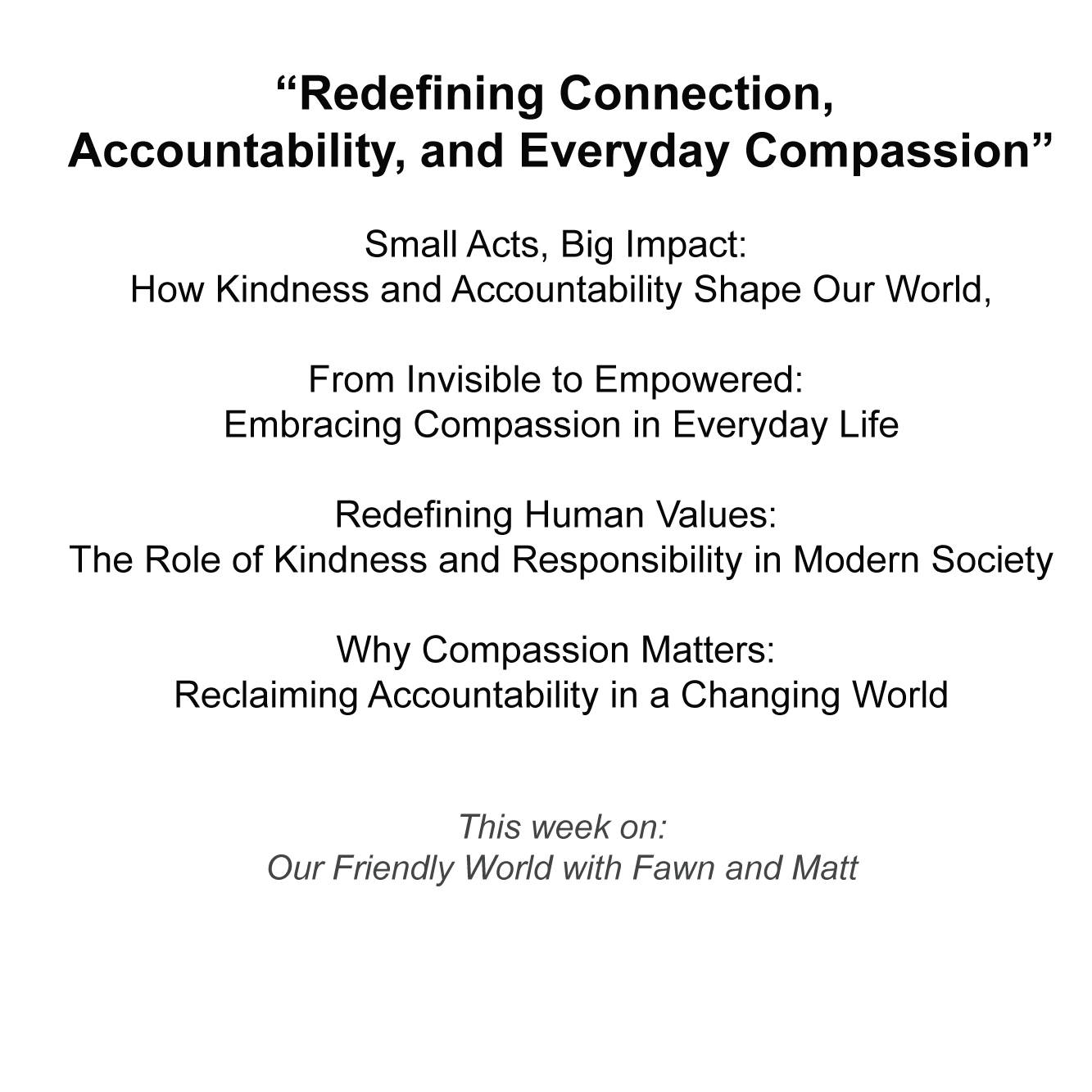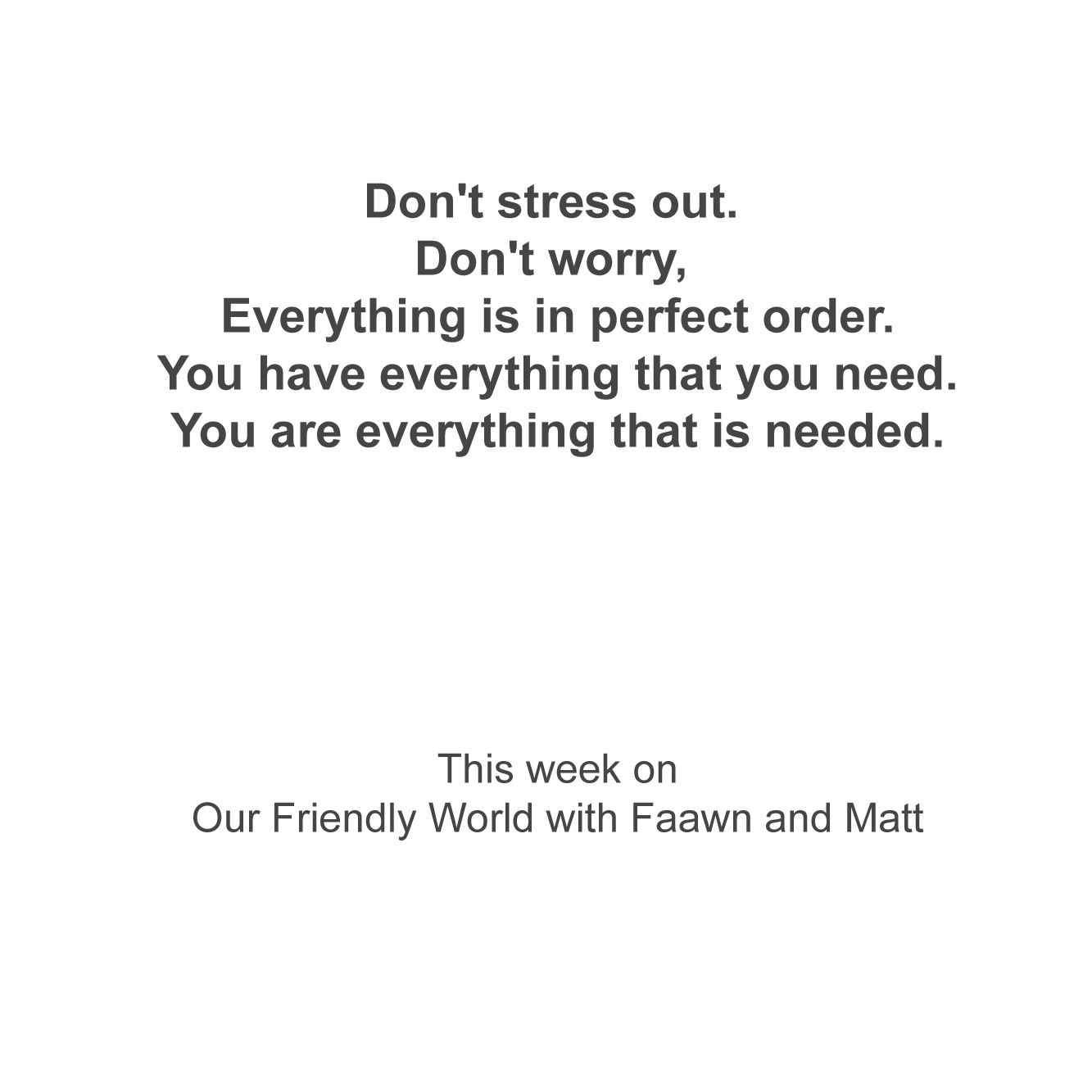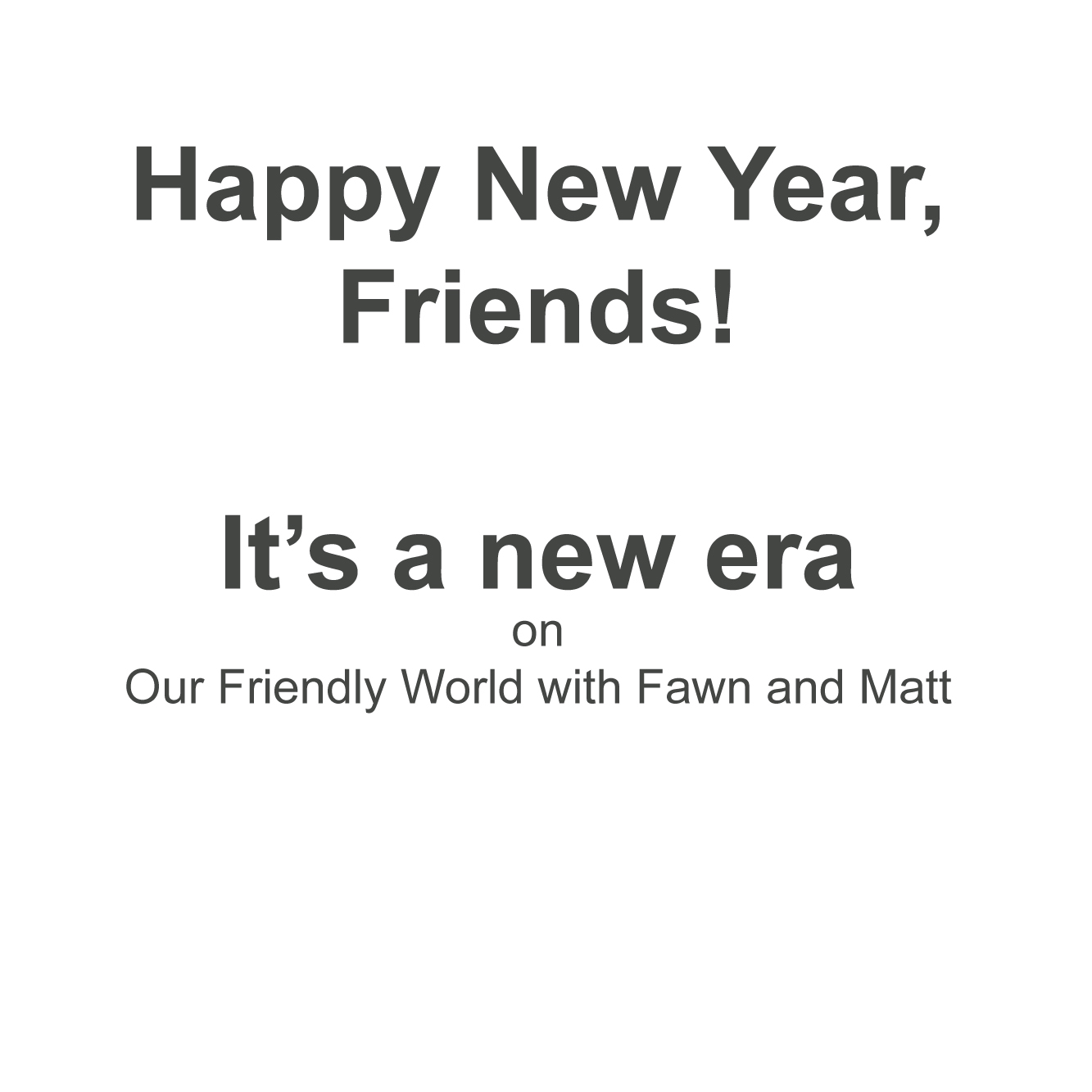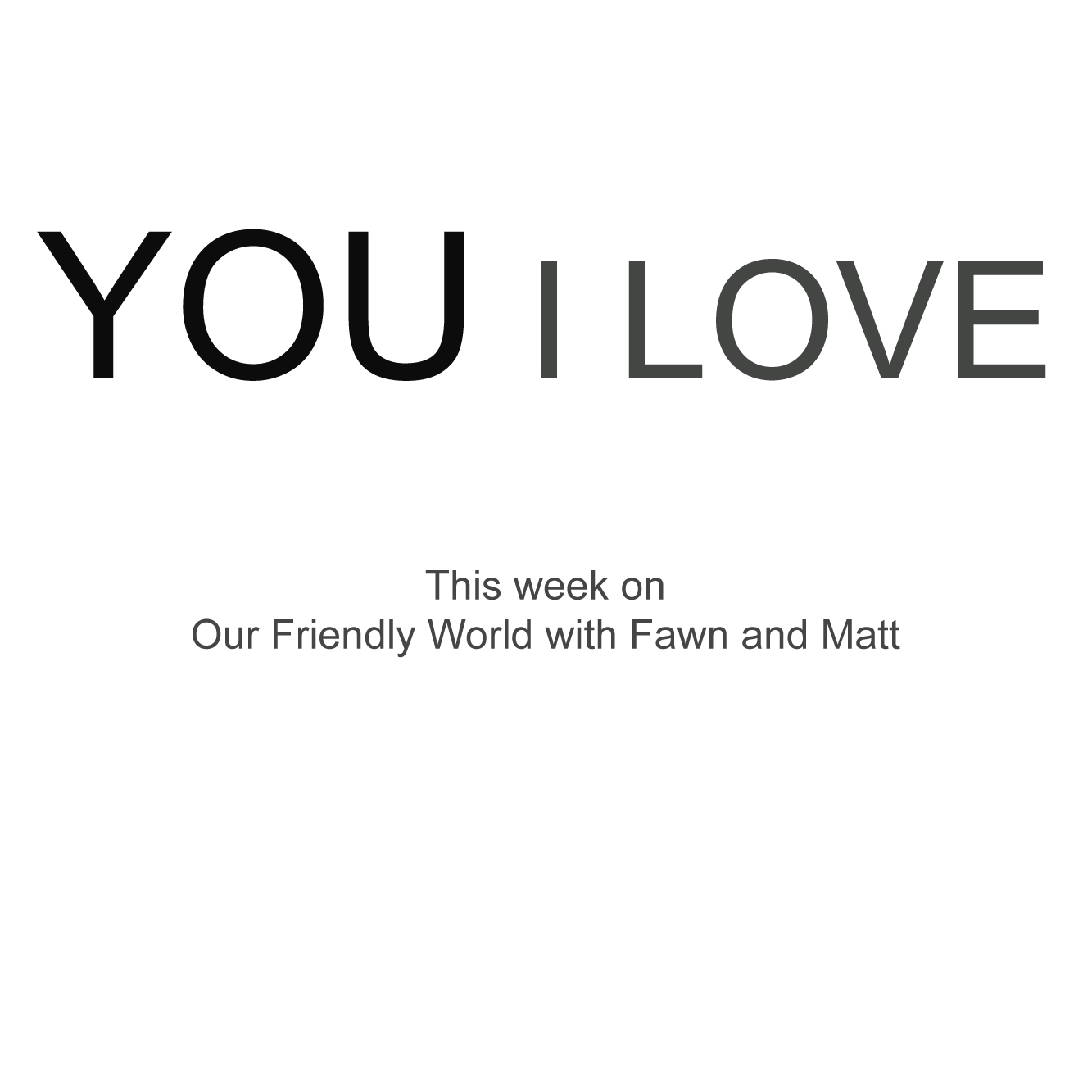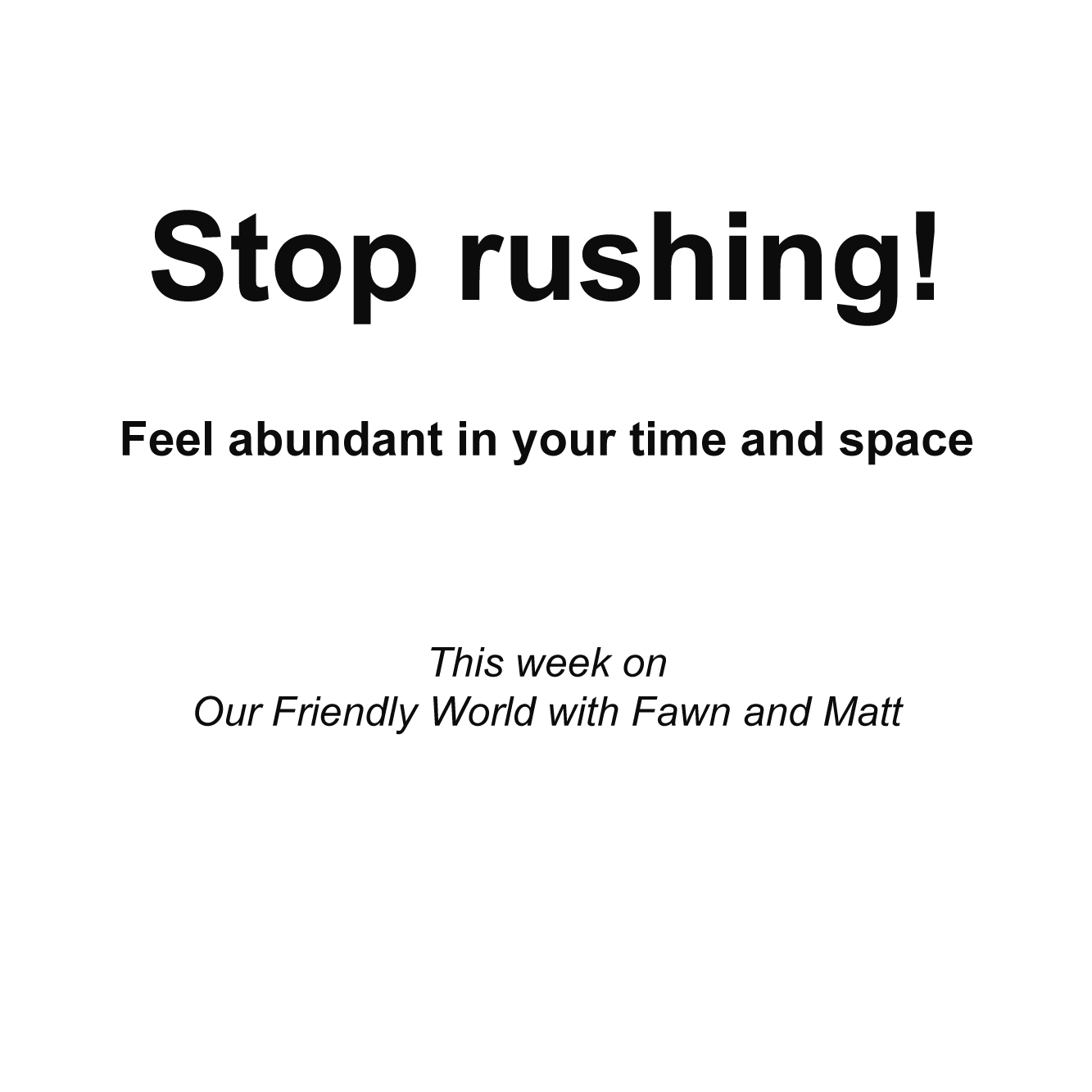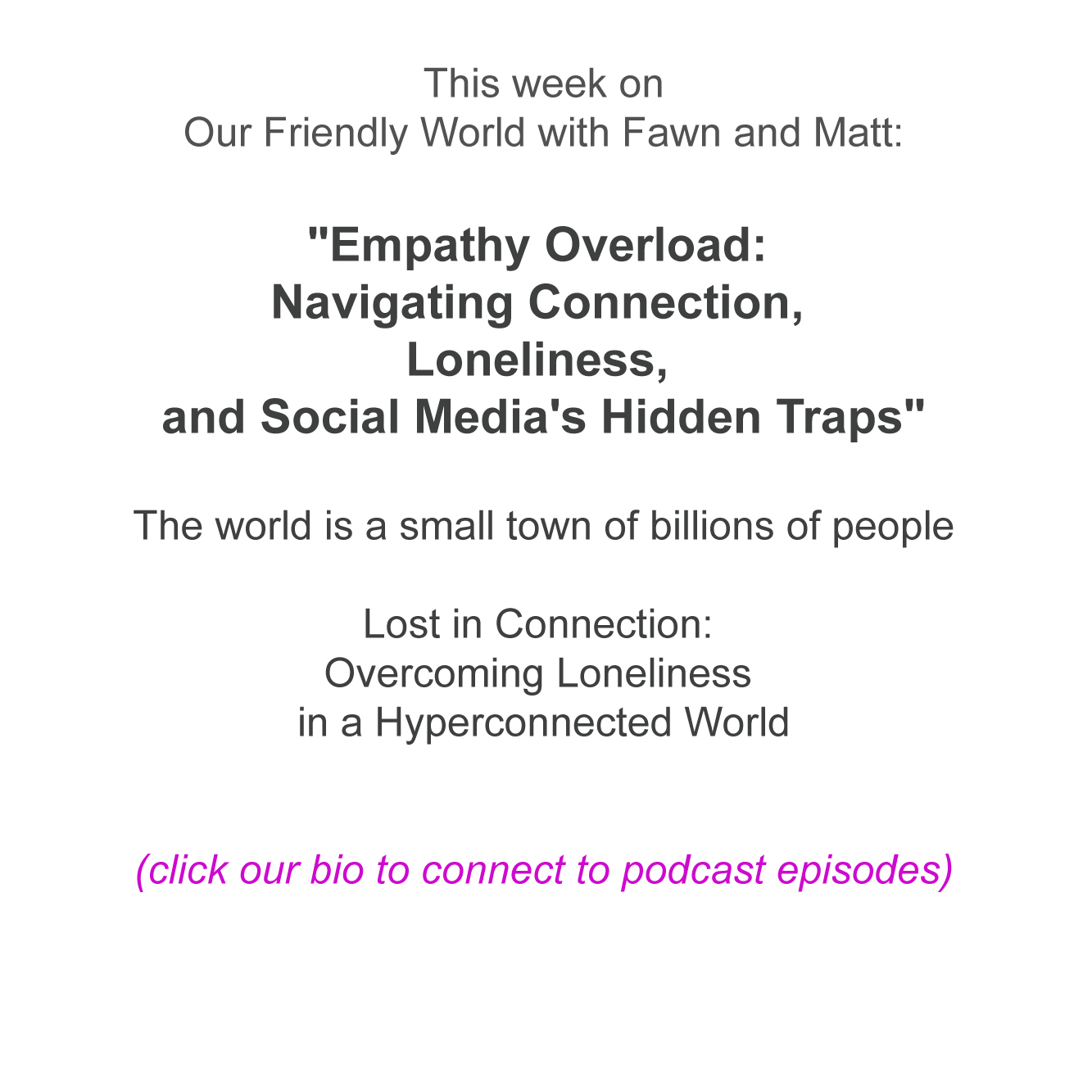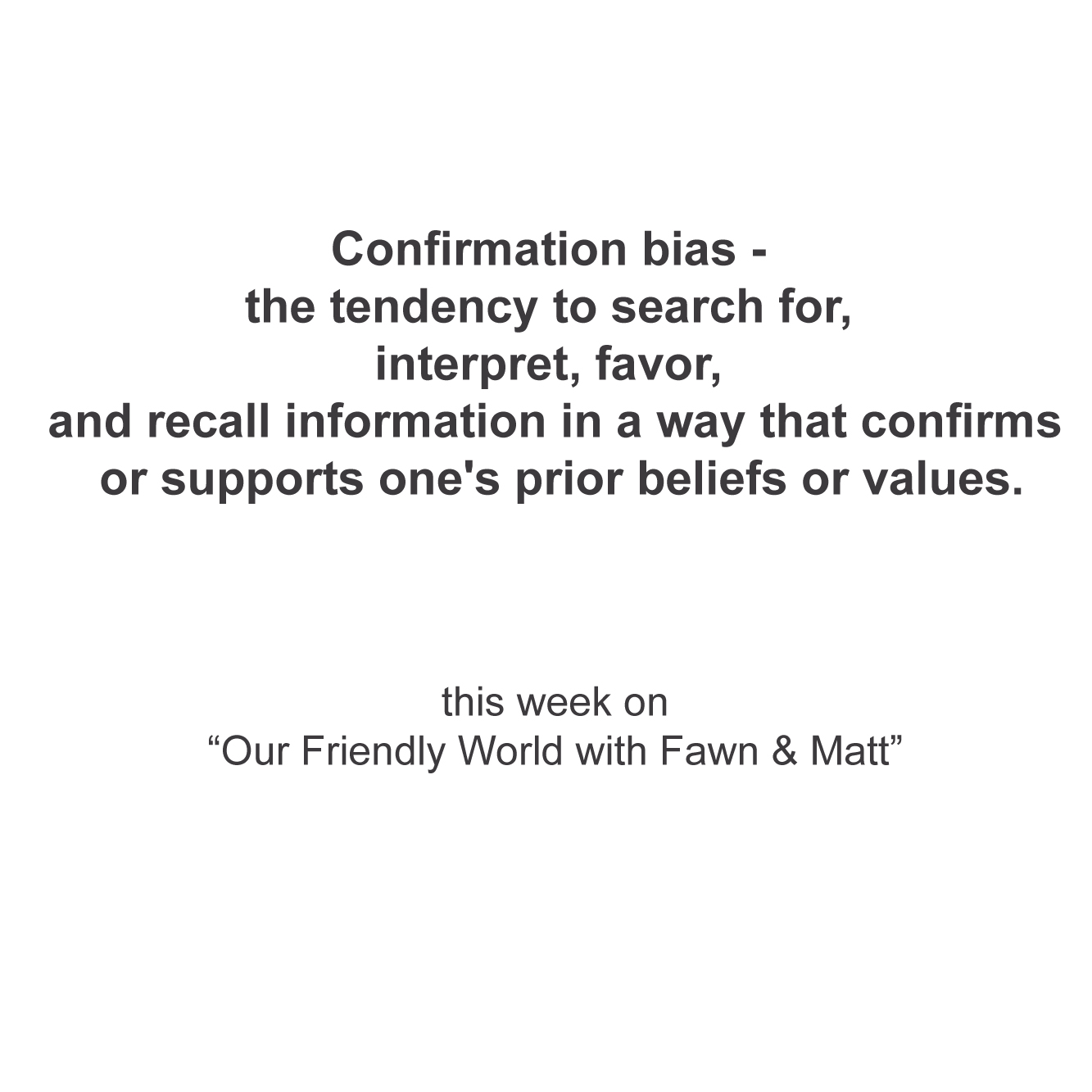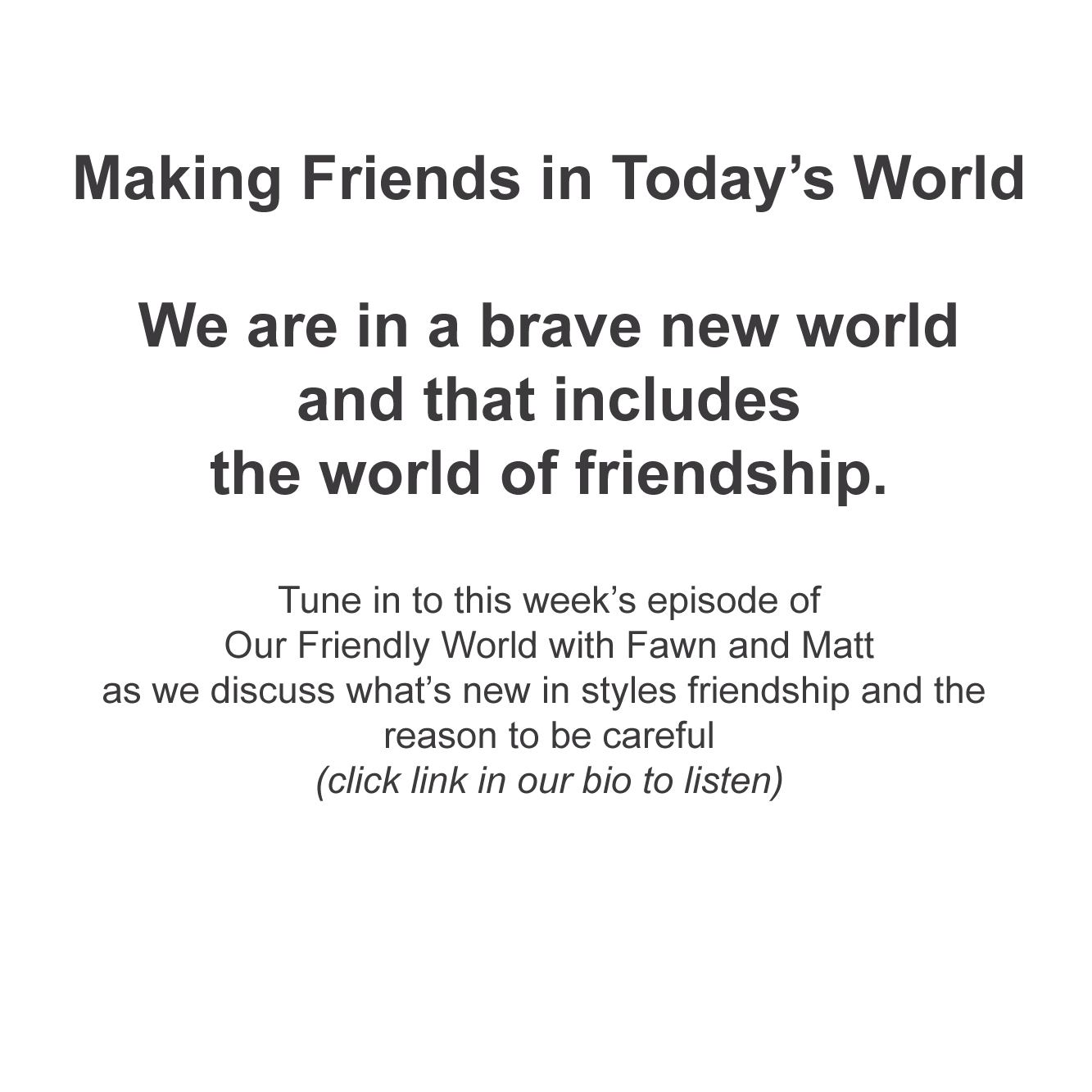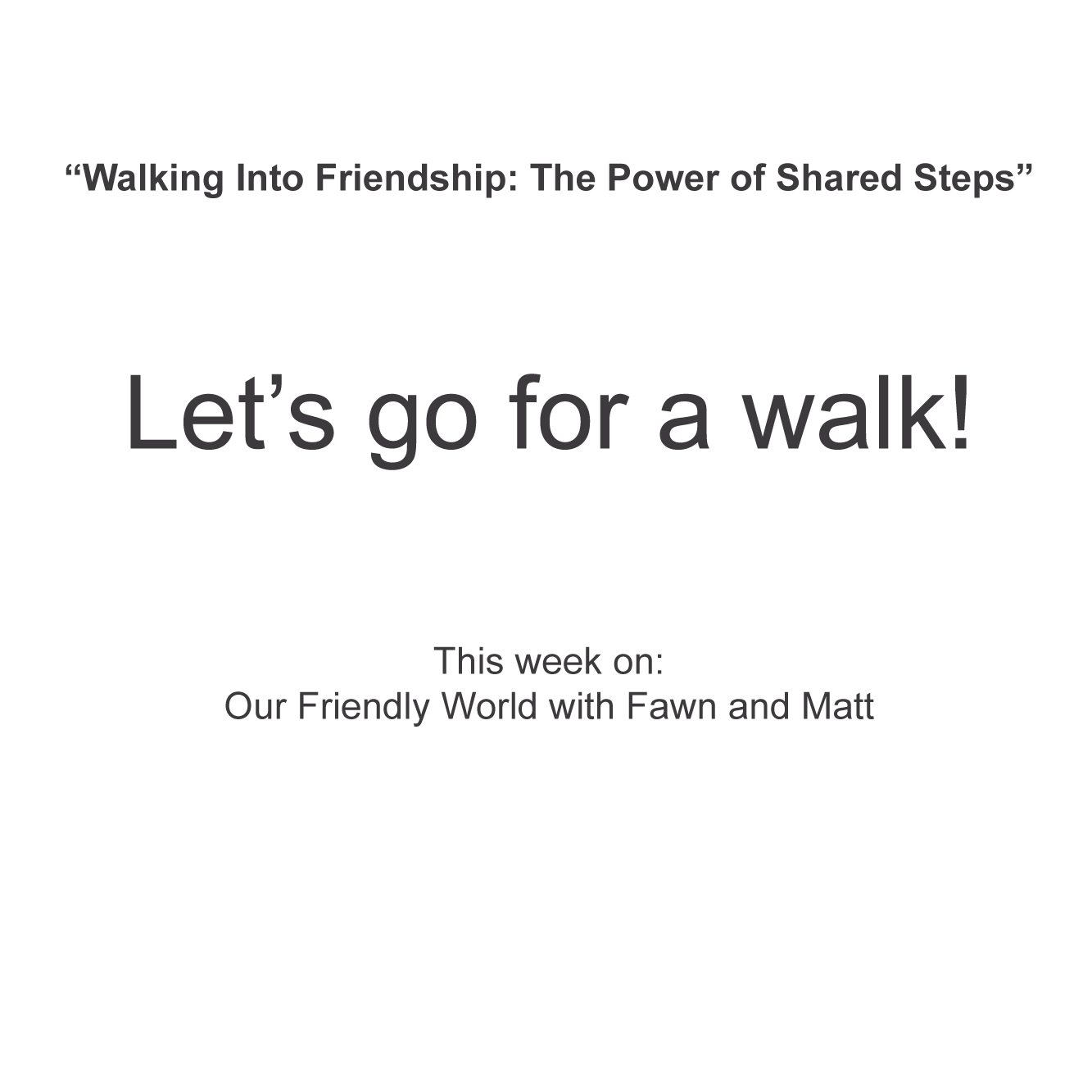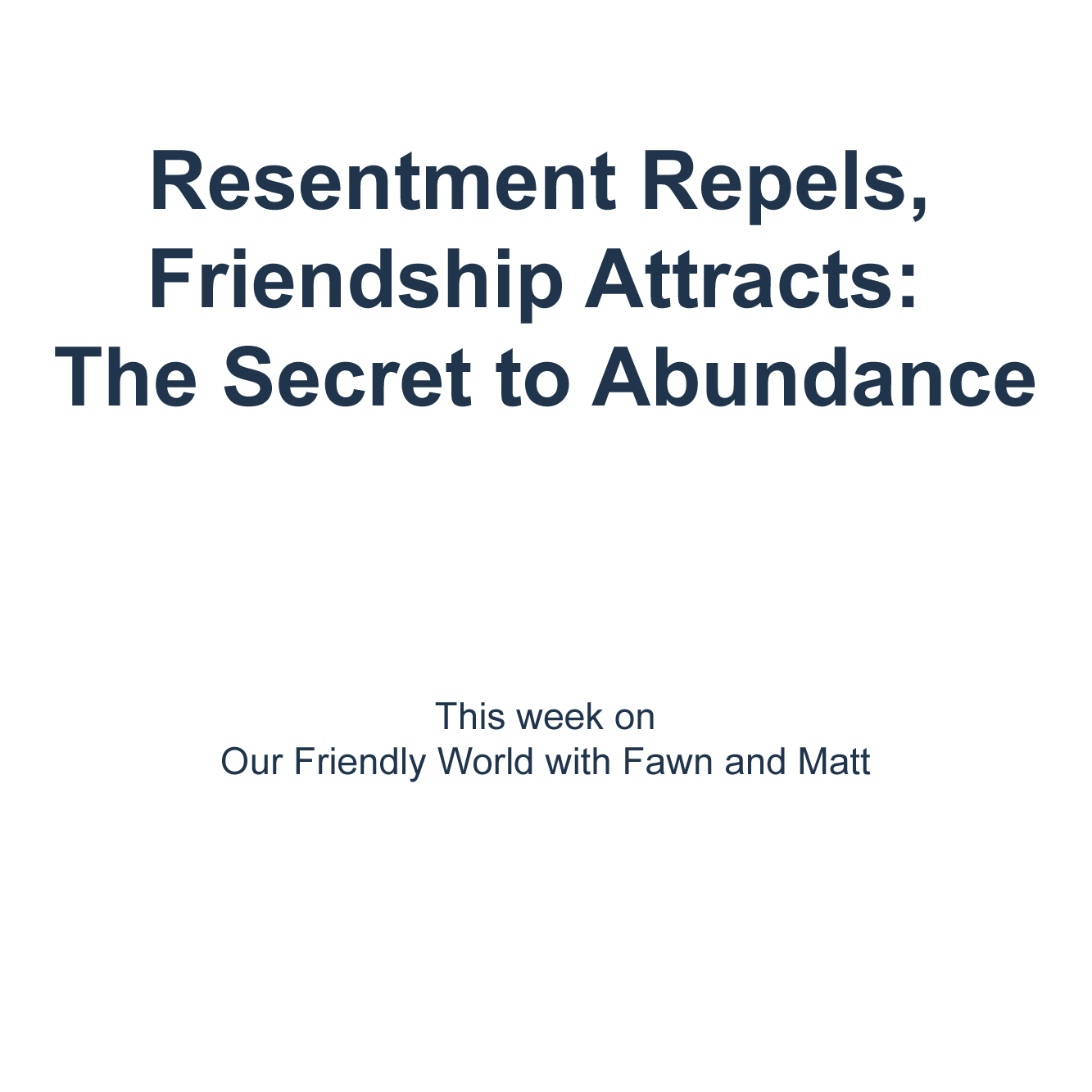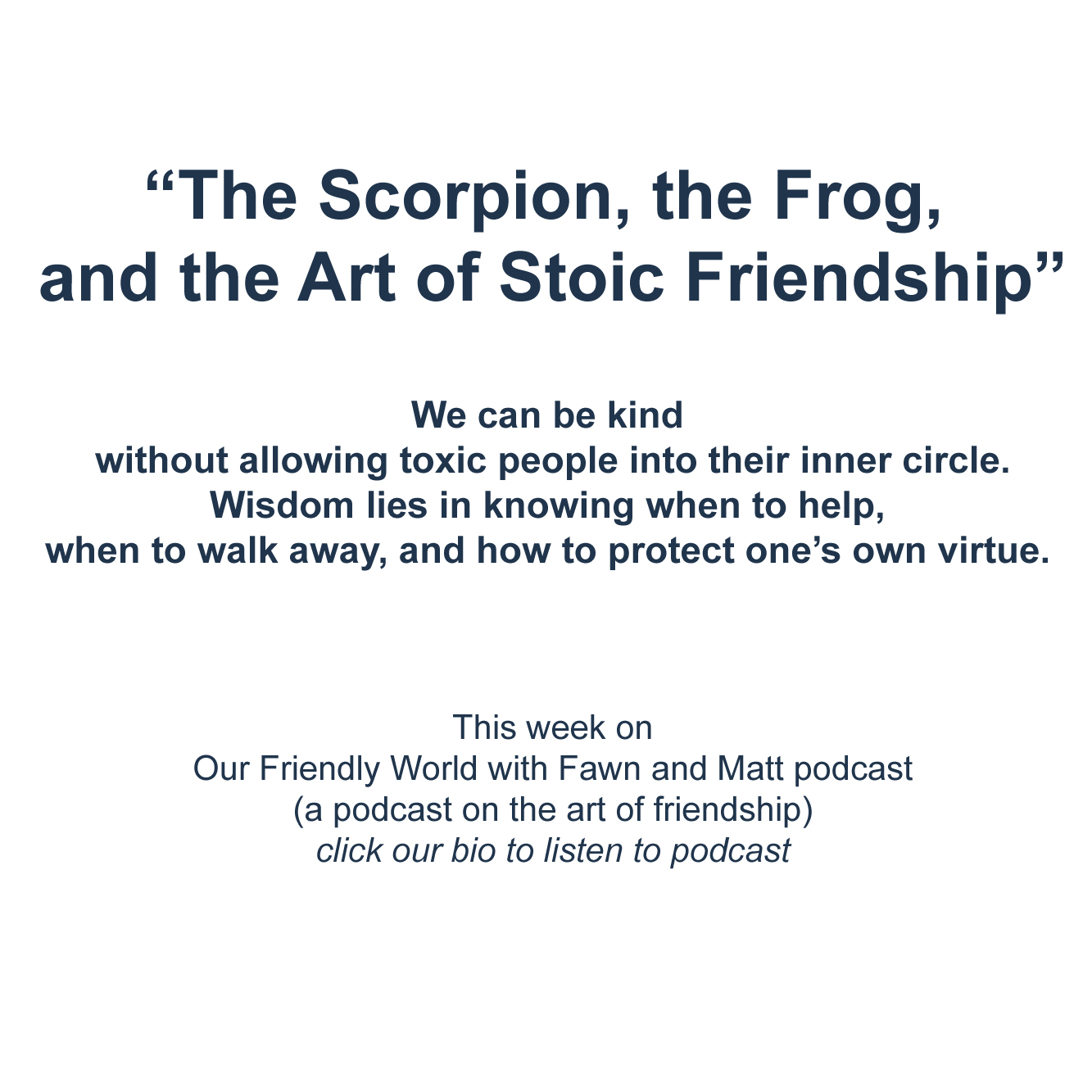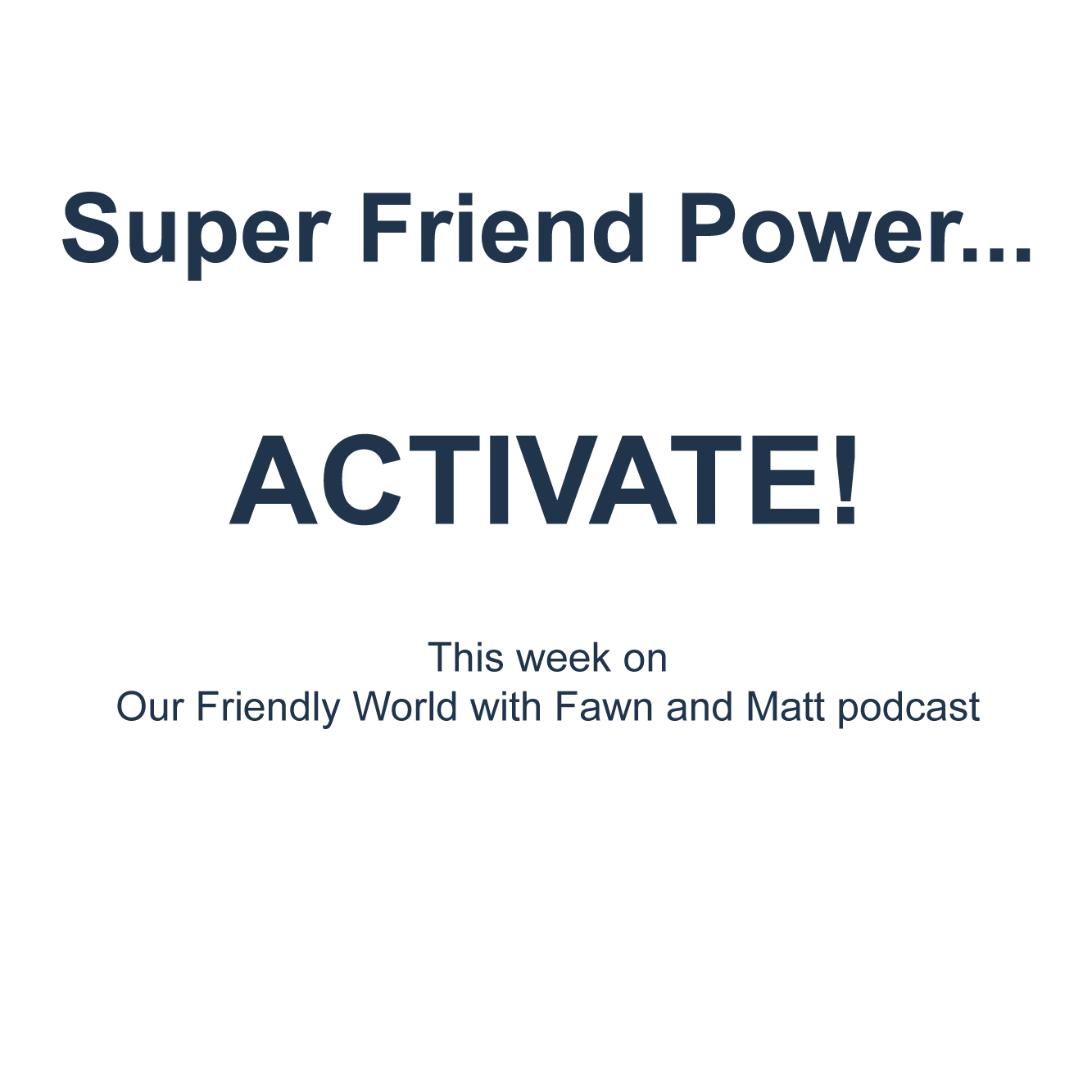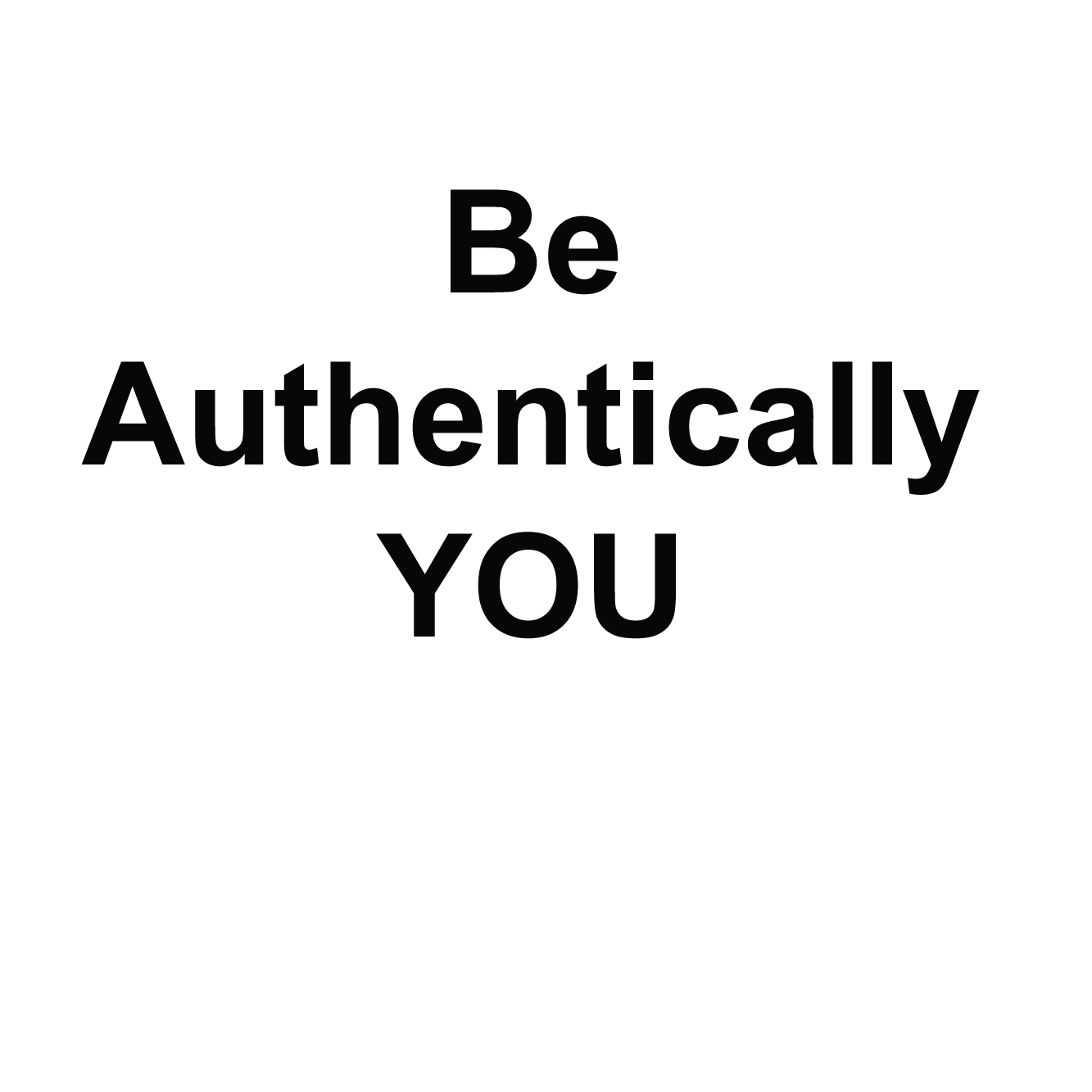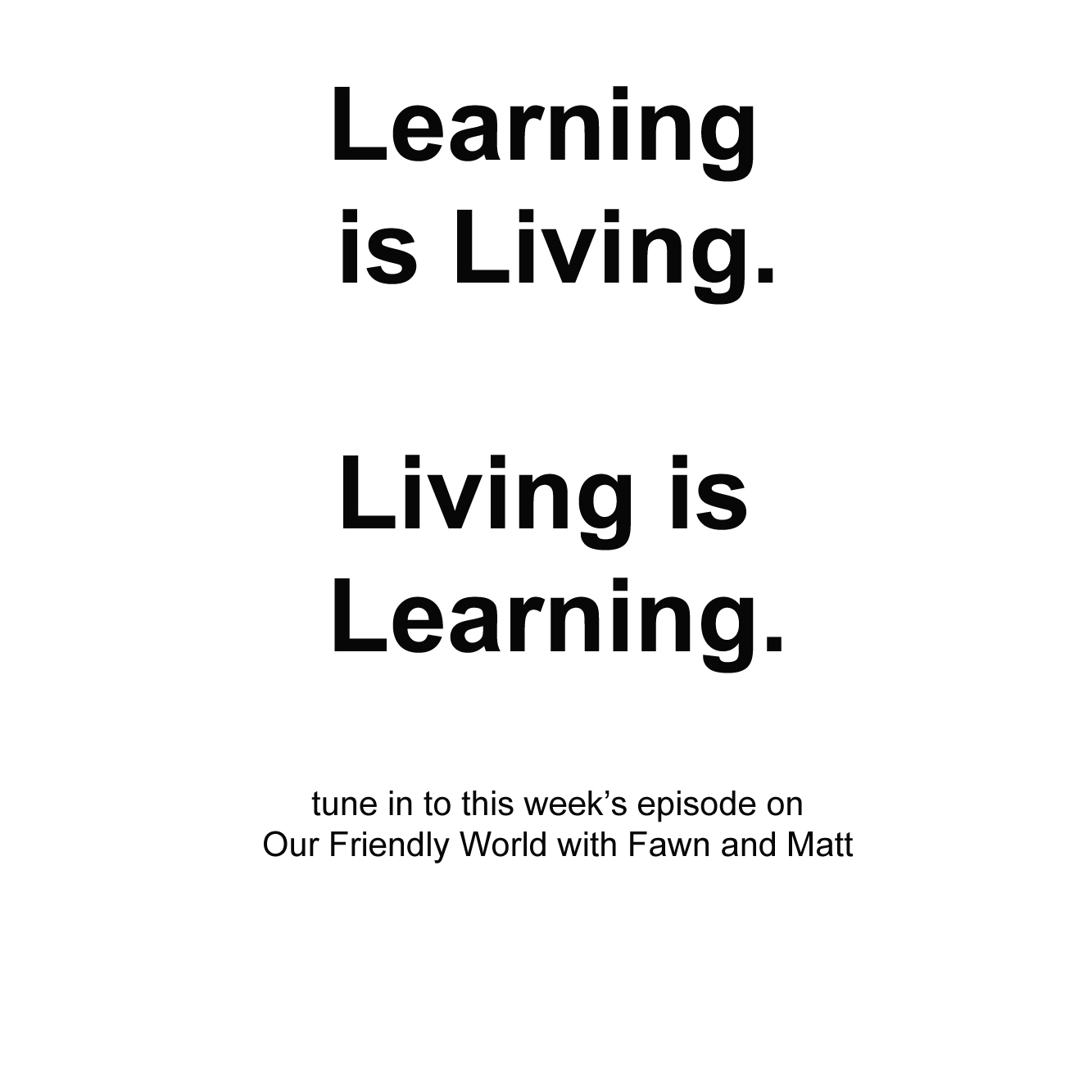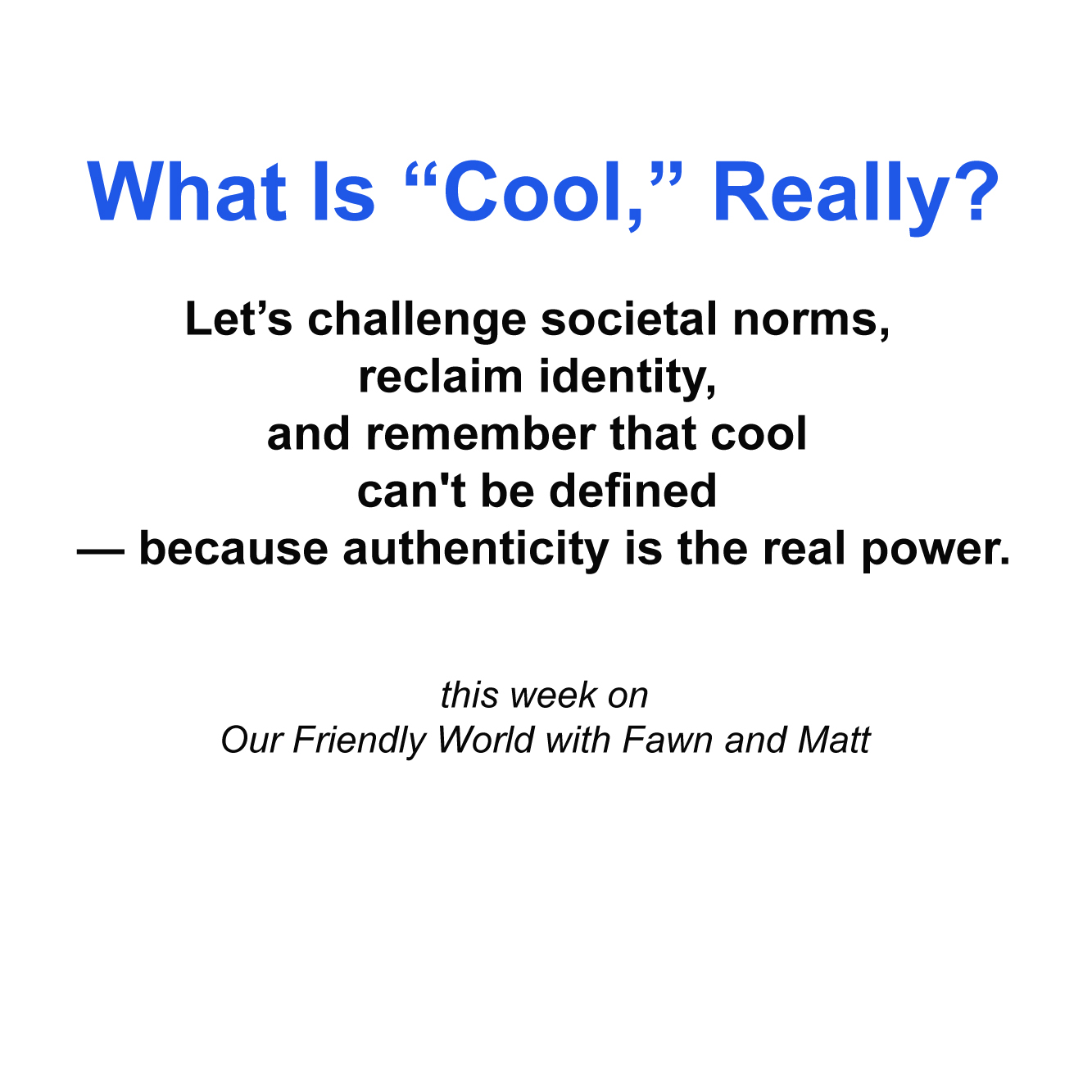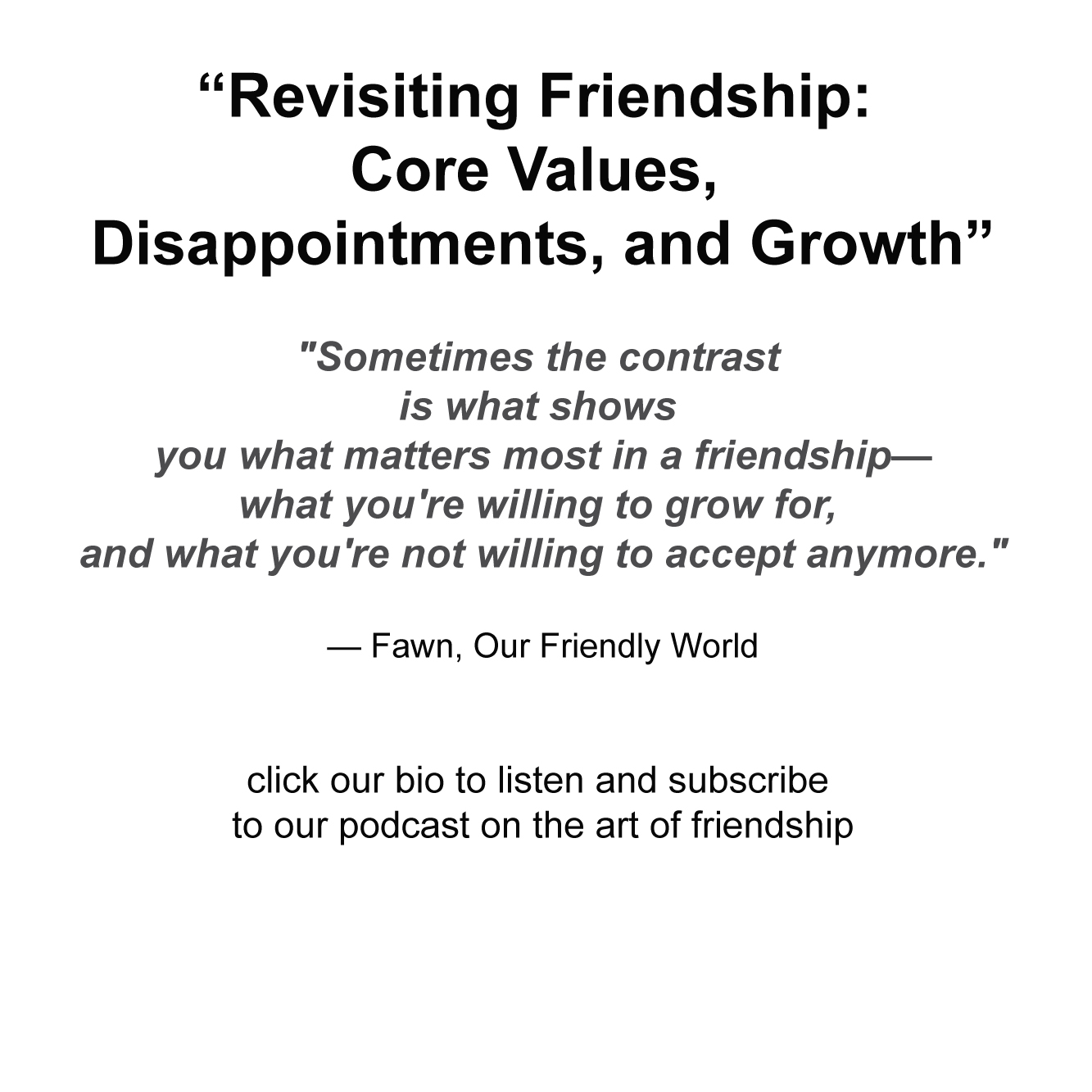Moving Through Trauma, with Dr. Cathia Walters
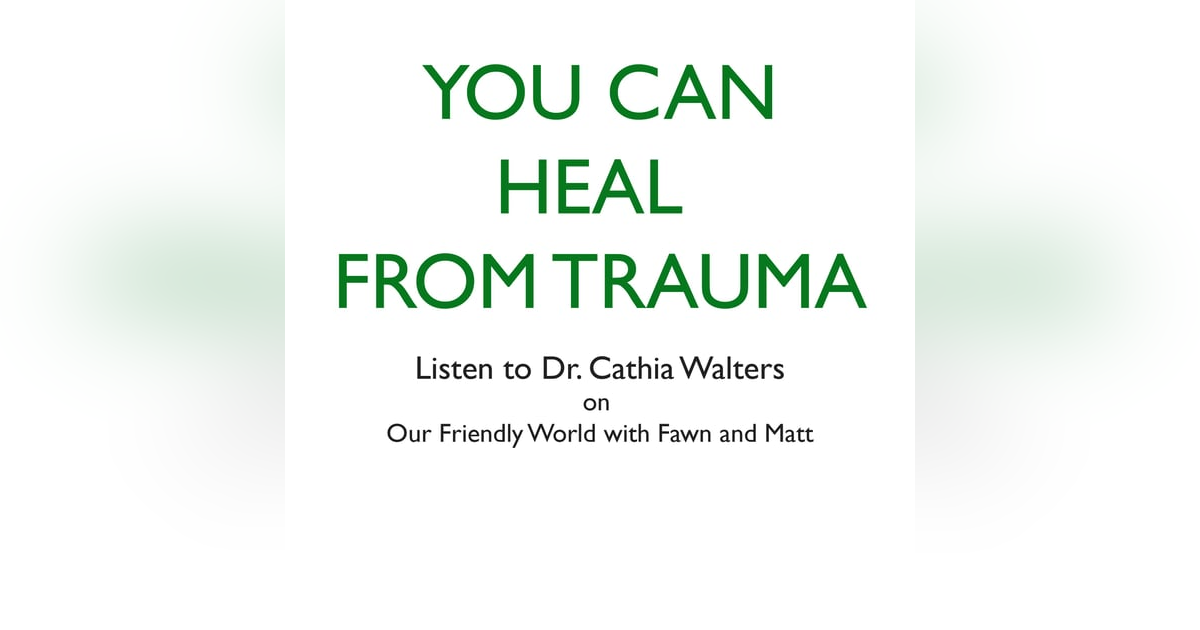
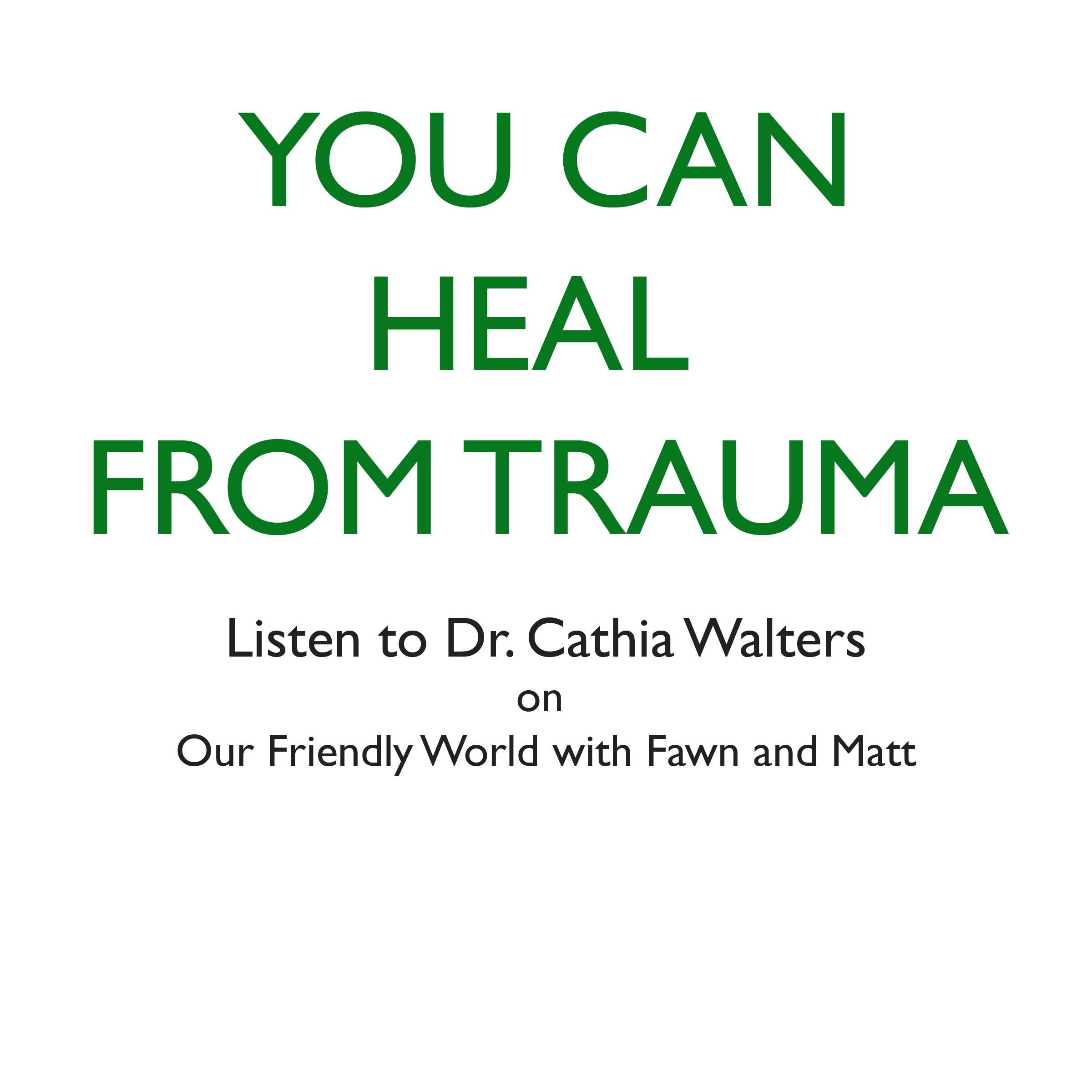
Today we welcome our most honored guest, Dr. Cathia Walters who shows us how we see ourselves, how we see others, how we see the world, what makes something traumatic, how to have self-compassion, how trauma shows up in our lives, how trauma shows up in society, and how to navigate through it all.
What is trauma anyway? How can our various traumas be breaking or making our relationships with ourselves, with the people in our lives, and with the world around us?
You will love your new friend, Dr. C, and will feel the beauty and calm of her teachings. We love this episode.
#TraumaticExperiences, #SelfCompassion, #Acceptance #compassion, #PaulGilbert, #BigT, #LittleT, #TheArtOfSelfLove, #triad, #RelationshipsBeginWithYou
https://www.instagram.com/walterswellnessgroup_/
https://www.facebook.com/WaltersWellnessGroup
https://www.linkedin.com
Dr. Cathia Walters (Dr. C) is an educator, psychologist, relationship coach, and the founder of the Walters Wellness Group in California's San Francisco Bay area.
Through the Walters Wellness Group, Dr. C provides support groups, courses (online and in-person), workshops and community events on a variety of healing-related topics. Her courses like Managing Life Challenges course, Black Women's Support Group, and Healing Trauma program have served hundreds of individuals in healing and personal growth. Dr. C's work focuses on compassion in healing and incorporates movement into the healing journey.
Dr. C designs and hosts annual retreats for Black women in Runaway Bay, Jamaica, a biannual retreat for Black couples in Lake Tahoe, California, and a retreat for managing trauma in Costa Rica. Dr. C also provides training and hosts webinars and workshops on a variety of healing and health-related topics for companies and organizations.
As a Black woman, Dr. Walters considers self-care a radical act that begins with the relationship one forms with oneself.
Today we welcome our most honored guest, Dr. Cathia Walters who shows us how we see ourselves, how we see others, how we see the world, what makes something traumatic, how to have self-compassion, how trauma shows up in our lives, how trauma shows up in society, and how to navigate through it all.
What is trauma anyway? How can our various traumas be breaking or making our relationships with ourselves, with the people in our lives, and with the world around us?
You will love your new friend, Dr. C, and will feel the beauty and calm of her teachings. We love this episode.
#TraumaticExperiences, #SelfCompassion, #Acceptance #compassion, #PaulGilbert, #BigT, #LittleT, #TheArtOfSelfLove, #triad, #RelationshipsBeginWithYou.
Socials and Web for Walters Wellness Group / Dr. Cathia Walters:
-
https://www.linkedin.com/company/walters-wellness-group/?viewAsMember=true
-
https://www.psychologytoday.com/us/therapists/cathia-walters-pinole-ca/213933
Dr. Cathia Walters (Dr. C) is an educator, psychologist, relationship coach, and the founder of the Walters Wellness Group in California's San Francisco Bay area.
Through the Walters Wellness Group, Dr. C provides support groups, courses (online and in-person), workshops and community events on a variety of healing-related topics. Her courses like Managing Life Challenges course, Black Women's Support Group, and Healing Trauma program have served hundreds of individuals in healing and personal growth. Dr. C's work focuses on compassion in healing and incorporates movement into the healing journey.
Dr. C designs and hosts annual retreats for Black women in Runaway Bay, Jamaica, a biannual retreat for Black couples in Lake Tahoe, California, and a retreat for managing trauma in Costa Rica. Dr. C also provides training and hosts webinars and workshops on a variety of healing and health-related topics for companies and organizations.
As a Black woman, Dr. Walters considers self-care a radical act that begins with the relationship one forms with oneself.
Healing Trauma
[00:00:00] FAWN: Stop, breathe, reflect, choose. Stop, breathe, reflect, choose.
[00:00:12] FAWN: Stop renting space in your head. Work on preparing and serving eviction notices. These are some quotes from Dr. Cathia Walters who's going to be our special guest today in just a second. Hi everybody, by the way. Hello. Hello, we're back. Welcome, welcome back. Today we want to talk about trauma. we're gonna really focus on three things today, trauma, something called the triad, and how we can heal from trauma.
[00:00:42] FAWN: What is trauma anyway? What is it exactly? How can our various traumas be breaking or making our relationships with ourselves, with the people in our lives,
[00:00:53] FAWN: with the world around us? There's something that Dr. Walters talks about, which is the triad, which is how we see ourselves, how we see others, how we see the world, and why is that important? We've been talking about this for several weeks now.
[00:01:10] MATT: We have
[00:01:10] FAWN: Self-image, self-identity, and you know, I've talked about this for so long.
[00:01:16] FAWN: You know what I learned in that design studio a long time ago that. It comes to what is now very popular, like hurt people or hurt. Mm-hmm. But realizing that we all have trauma and it totally affects how we relate to one another. Some people you meet them are so grouchy or they're not friendly.
[00:01:37] FAWN: And we take, things personally. Sometimes we don't have the capacity to stop and not take things personally and go, what's happening with this person? Are they in pain? What's going on with them? It's not just about us. And so I think these are keys to developing better relationships, better friendships, better relationships in general.
[00:02:00] FAWN: Correct. So today I'm so glad we have Dr. Walters coming on to talk about all this so that we can all move through, move away from trauma. We all have it.
[00:02:12] FAWN: Of course, I looked up the word trauma in a dictionary.
[00:02:15] MATT: Of course
[00:02:15] MATT: you did.
[00:02:17] MATT: I
[00:02:17] FAWN: mean, to really, for me to really understand something, I, I need to understand the word, and it probably comes from the fact that English was not, I don't know, English and Farsi were my first languages, like simultaneously.
[00:02:32] FAWN: So words, words strip me out. But when I understand, well, they do, right? Yeah. But what, when I understand a word and where it comes from, it helps me to understand life a little bit better. So anyway, I looked it up. The etymology of trauma, guys, it means, of course, what we know it as being, it's a physical wound or hurt, a defeat, defeat anybody.
[00:02:59] FAWN: I mean, do we all experience that? The T R A U is the extended form of the root t e r e. So if you break that down, t e r e means to rub, rub away, wear away, turn with derivatives, this is referring to twisting, piercing. There's also the sense of psychic wounds, unpleasant experiences, which cause abnormal stress. And then if you further look into T E R E, it comes from the proto Indo-European root meaning, which is crossing over, crossover, pass through, overcome. Which reminds me of when we were going through a really bad time. Remember I'm like, this is terrible. Like what we're in. Right. And, and someone reminded me of the quote that says, when you're going through, hell keep going.
[00:03:56] FAWN: So don't stay there. Keep going, move through it, keep going, keep walking, keep moving through it. Right? Absolutely. I mean, it was actually a Winston Churchill, right? It was not that I'm a huge fan of Winston Churchill. I don't wanna get political or anything, but it's a ni it's a good quote. It is. And and then the words rub and wear away.
[00:04:16] FAWN: That really struck out for me because Matt, I mean, I guess it's life. It's not just us, but the past, I don't know, 10 years, nine years, eight years were, they were traumatic. Like we experienced a lot of trauma
[00:04:32] MATT: there.
[00:04:33] MATT: We had, I think, more than our fair share. Absolutely. And you know, this is, people talk about big T traumas and little t traumas, but it's all pain.
[00:04:43] MATT: Yeah, I remember
[00:04:45] FAWN: There is a psychologist who's a concentration camp. Like she, she's a survivor. Mm-hmm. And she was saying that some of her clients, tell her that they're, they're too embarrassed to talk about their pain and their trauma compared to hers. Right. Coming from a concentration camp and seeing all her relatives, her brothers and sisters, her parents being killed in front of her, and she always said, trauma is trauma.
[00:05:12] FAWN: Everybody experiences trauma there. You can't say My trauma is bigger than yours. Hurt is hurt.
[00:05:19] MATT: Hurt
[00:05:19] MATT: is absolutely hurt, and everybody, is the hard part that we need to, I think understand is everybody suffers. In 1995, there was a study and like they discovered 61% of American men had experienced trauma and 51% of American women had experienced trauma, whatever that benchmark was, and then we went and had a pandemic.
[00:05:41] MATT: Mm-hmm. So that number is way higher.
[00:05:46] MATT: I think the pandemic led the
[00:05:47] FAWN: way for us to actually talk about we're all experiencing trauma. It's not that all of a sudden we all started experiencing trauma. It's been there all along. I mean, isn't it interesting that the definition brought up the, the word psychic wound?
[00:06:02] FAWN: Psychic wound. I feel someone on the other side of the planet and I feel like we all do. When one of us hurts , the other one hurts. You may not be aware of it, but. Just the psychic thing too. Anyway, not to get too Lulu about it, but like, getting back to the, the wearing, I feel like the past few years for me personally, Matt, I'll just use myself as an example.
[00:06:27] FAWN: I feel like just seeing these words rubbing, I was like, yes, I feel like I've been rubbed raw. I feel raw. Like there's just, it's like I can't handle any more pain because the wound hasn't been, um, fully healed. And then there's other experiences that come. So how do we heal so you, you can handle the next thing?
[00:06:55] FAWN: Not necessarily meaning that there's going to be more trauma, but I just feel like if you're rubbed raw, You know, you're chaffed, you're chaffed chafing. Is that the word? Yes. Like, do you know what I'm saying? Like, well, just anything normal that touches your skin, you're like, ow. And I think that's what society is now.
[00:07:15] FAWN: It's everybody's kind of raw with everything that they've gone through. I'm sorry I'm cutting you off. But anyway, that's what it made me think of. I'm trying to do my best. I put up a brave face. I'm doing everything I should be. I'm taking care of the things that need to be taken care of.
[00:07:33] FAWN: But to be honest, I don't sleep like a normal person when no one is around. I am crying quietly, burying my head in the cushions of the couch late at night. But I also see, although I don't tell people this, I see it in our friends. I see it in the people that we meet. I can recognize it because I'm going through it.
[00:07:56] FAWN: I can recognize it. I'm like, you're crying on your couch too. You know? What
[00:08:01] FAWN: were you gonna say?
[00:08:03] MATT: Not a, not a
[00:08:04] MATT: whisper.
[00:08:06] FAWN: All right. So today we're gonna get better guys. We're gonna get better with our friend Dr. Cathia Walters, who specializes in depression, relationship issues, trauma, PTSD. Seriously, go check her out.
[00:08:25] FAWN: You can find her on psychology today.com https://www.psychologytoday.com/us/therapists/cathia-walters-pinole-ca/213933 or her website, https://www.walterswellnessgroup.com/. This woman is phenomenal. I cannot believe the great fortune I had of somehow her work came across my path. I love her. She does workshops. She works with people one-on-one. She's amazing and she's coming on here in just a few seconds, guys.
[00:08:50] FAWN: So today with Dr. Cathia Walters, we call her Dr. C. Dr. C is gonna be helping us manage life's challenges. Guys. It's doable. We can do it . Everyone meet your new friend, Dr. Cathia Walters. Dr. C, here she is,
[00:09:10] FAWN: everybody.
[00:09:11] DR. WALTERS: Well, good morning. Good morning, good morning, good afternoon, good evening, wherever you are when you're listening.
[00:09:18] DR. WALTERS: Thank you Fawn and Matt for having me on as we talk about one of those words that I think makes us quiver trauma. As Fawn mentioned, my name is Dr. Cathia Walters. I am founder and owner of the Walters Wellness Group, located in the San Francisco Bay area. And you can always find me@walterswellnessgroup.com, it will link you to my social media pages, Instagram, Facebook, LinkedIn.
[00:09:49] DR. WALTERS: Again, welcome. And as you tune in, I invite you to just be, just be wherever you are, whatever you're doing, just be. And by that I mean just take a nice deep breath
[00:10:08] DR. WALTERS: and just think about who you are in this moment, in this body as you ground yourself and invite us into your living spaces. Thank you for joining us as we talk about trauma. But what does that even mean, right? When you think of trauma, what is that, right? How does that, you know, what comes to mind for you?
[00:10:33] DR. WALTERS: Because as you know, Matt said, trauma comes in a variety of different ways. We talk about trauma, we talk about big T traumas, and we talk about small T traumas. Either way, it's an experience, right? And so one of the things I often reframe it to say is that we all have traumatic experiences, whether it's a big T that's associated with the known traumas, you know, sexual, murders, all those horrific events or small Ts, right?
[00:11:05] DR. WALTERS: Such as grief, such as losses. Having, a baby, losing a child, retiring, job loss.
[00:11:15] DR. WALTERS: As we think about this, we think about what makes something traumatic and how do you know, you know, how do you recognize that trauma has occurred? Right? And so that's what we're gonna talk about today, is we'll talk a little about how trauma shows up in our lives, how trauma shows up in society, and you may have to tune in to find out how we then navigate those in later episodes.
[00:11:42] DR. WALTERS: Okay.
[00:11:43] FAWN: We're so excited Dr. C agreed to come and be irregular on our podcast.
[00:11:48] DR. WALTERS: I really appreciate the opportunity to be here and to join both of you. And this what I think is a wonderful and is going to be an experience that I think we can all learn and grow from.
[00:12:03] DR. WALTERS: So again, thank you for having me here. Trauma. Wow. So, and I love what Fawn did,
[00:12:12] DR. WALTERS: in breaking down the roots off the word trauma, right? As I mentioned before, for me, trauma is anything that negatively impacts who you see yourself as, right? So it's how you see yourself, it's how you see others and it's how you see the world. And of course, how you then see yourself in relationship to the other.
[00:12:38] DR. WALTERS: So how do I see myself in relation to Fawn? How do I see myself in relation to Matt, how I see myself in the larger scheme, which is the world, right? So it can be a physical injury, it can be a simple wound, it could be a hurt, it could be a pleasant experience, right? I have a
[00:12:59] FAWN: question. Yes, ma'am. So I never thought I would have trauma like it just what you just said.
[00:13:06] FAWN: Dr. C made me think of, I used to love the ocean so much. That's my place. I go to the ocean, I sit there, I go inside the ocean and I feel taken care of. I feel blessed, I feel centered, all of that. But mm-hmm. But a while ago there was this huge tsunami that was like in my lifetime, it was the first tsunami that I saw that wiped so much life away.
[00:13:37] FAWN: And shortly after that, we moved to places where we were kind of away from the ocean, and if we were near a body of water, it was very still and passive. It wasn't like the roaring waves of the ocean, you know, the, the raw exposed ocean, right? And the first time I went back to the ocean, I felt betrayed by the ocean bec.
[00:13:59] FAWN: I'm like, and then I, and I, and I thought, how can I love you? Because you took so much life. I'm scared of you now. So that was a trauma too, right? That's a trauma too. Simple stuff that is a trauma, like seeing things differently all of a sudden, something you used to love and feel safe with is now seen as, um, a monster.
[00:14:23] DR. WALTERS: Maybe. Absolutely. Absolutely. And that's the, you know, that's the thing about the brain. Cuz you know, when you talk about trauma, it's hard not to talk about the brain. And I know that's not what we're doing here today. But what I will say very quickly is that, a brain is broken into, I call them three regulation systems, right?
[00:14:42] DR. WALTERS: There's our threat regulation system, which is also a protector, right? Right. There's a soothing regulation system. That's the part that brings us peace, comfort, compassion. And then there's our, I call it the, it's called the drive excitement, but I call it the plan and regulation system. Now, if I'm used to going to the ocean and it's beautiful and you know I'm enjoying it and then all of a sudden something not so beautiful happened, that part of my brain is gonna imprint that memory.
[00:15:16] DR. WALTERS: Right, and it sees it now as a threat. So even in relationships or partners who are who we love, we care for, all these beautiful things can be seen as a threat because that part of our brain, which recognizes danger is also our protector, right? And so this beautiful beach that was so much fun now comes up as a threat.
[00:15:46] DR. WALTERS: So that part of the brain, its job is to now protect you, right? And so in trying to protect you, it's gonna say danger, danger, danger. Because it's not able to distinguish between real or imagine faires or dangers. That's also a reason why when we're exposed to negative news all the time, right? People become traumatized even though they were not a part of the actual experience.
[00:16:17] DR. WALTERS: Right, because that brain, it becomes, it's imprinted and it feels it, because the thing to understand is our body feels things, you know, on a whole level, right? So it's, I talk about life and our body as a holistic experience. So we're gonna feel it somatically. So first we get a visual. That visual creates a narrative, and that's how trauma stays, right?
[00:16:45] DR. WALTERS: Is I see something and based on my early experiences, I'm going to create a narrative. I'm gonna create a story, right? And so that story becomes a part of my somatic experience. So each time I see the beach now, or if I hear a wave crash, guess what? I tighten my body tightens because the story that I now have says, oh my god, tsunami.
[00:17:15] DR. WALTERS: You know, tsunami, tsunami, tsunami. And so until I'm able to tap into my other regulation systems and create a different storyline, I'll forever fear the beach. Right? My favorite beach, even, I'm going to fear it because my body is doing, my brain is doing what it's meant to do, which is to protect me. The problem is it doesn't, again, as I said, does not distinguish if this is real, if it's happening in real time, right?
[00:17:47] DR. WALTERS: Or if this is way back here. Now, of course there's ways we can navigate that and change that.
[00:17:55] FAWN: So you mentioned changing that. That was my next question. Okay. And I want you, I hate to interrupt you, I'm sorry, but I'm just going to put this out there and please if you could answer it at some point, I don't wanna disrupt what you were saying. My question is, you know, everybody's the ocean.
[00:18:12] FAWN: The ocean is beautiful. It's passive some days, some days it's stormy, and aren't we all that way? Right. Sometimes we can be stormy. It's
[00:18:22] DR. WALTERS: nature. Absolutely. Which, absolutely. So I was
[00:18:24] FAWN: thinking of like, what if you, uh, what if you're a mother that turned into a tsunami one day, but you still love your kids, and you're like, oh my goodness, did I traumatize my kids because they saw me?
[00:18:40] FAWN: Mm-hmm. Stormy. Mm-hmm. And maybe I, I changed the, the way they now see me. How can I repair that relationship? Like, how can we repair that with one another when mm-hmm. When we go through stormy days, and that's not us all the time. Mm-hmm. But how can that be repaired? Like for me, I still look at the beach cross eye, you know?
[00:19:04] FAWN: Yeah. Like side eyed. Yeah. Not cross eyed. Mm-hmm. But like with a side eye, like I'm, I'm. I'm forever on guard. But what if you don't want your loved ones to be on guard? How can, is it, is it possible
[00:19:17] FAWN: to heal that?
[00:19:19] DR. WALTERS: Yeah, absolutely. Absolutely. So I'll address both at the same time in different times. So in terms of the beach and the ocean being as human beings, yes.
[00:19:30] DR. WALTERS: I mentioned that when we feel threatened, when the brain, that threat regulation system, that Hein brain, which is a protector, feels threatened. It's going to do what it needs to do to protect you, that's a given, right? So one of the ways we are able to tap, and that's same for the child, you know, you're yelling at your child, but I'm gonna address that piece in a different way.
[00:19:53] DR. WALTERS: So one of the things we have to be able to do, remember I said, you know, I look at everything somatic, uh, holistically, mind, body, spirit, right? So one thing we can do to tap that threat system is to pull our soothing system in, you know, in trauma we call it, we talk about the adaptive child, the wounded child, or the exile, and then there's the adult self, right?
[00:20:19] DR. WALTERS: So what we are trying to do at this point is we're trying to bring in that adult self to have a conversation with that adaptive child, which is our protector, right? So when we're wounded, we cope. We cope by creating what we call that adaptive child, that protective layer, right? Again, that's the person that stays with us throughout our lives.
[00:20:46] DR. WALTERS: It's gonna, it's gonna be the one to say, okay, water, ocean, walk on this side, water, ocean, let's run to this side, right? And it's doing its job. That's its job. But somewhere along the line, you know, we start to realize, wait, the water hasn't even moved. Right. I'm okay. Right? That's that adult self. That adult self is saying, Hey, huh, something's not right here.
[00:21:17] DR. WALTERS: Why am I running, why am I doing this thing? Right? And so what needs to happen is that adult's self is then going to, needs to have that conversation with that adaptive child and to say, Hey, I notice each time we go by your running. And that adoptive child is gonna say, yeah, because tsunami, what are you talking about?
[00:21:41] DR. WALTERS: Tsunami? Right, right, right. And that adult self is gonna be, but there's no tsunami. Right? So we can do one of two things. We can have a battle of the wills, right? But guess what? That adaptive child is primitive. It's strong and it's not gonna budge if you try to force it. All right. So that adult self has to learn how to have that conversation in a way so it's heard, so it's going to be able to say, Hey, I see you're scared.
[00:22:13] DR. WALTERS: I understand why you're scared, but guess what, today, we're okay in this moment, right? And so in this moment, what we're gonna do is I'm gonna remind you and we can practice what we call grounding skills, right? So grounding skills are things that keeps us in the present.
[00:22:35] DR. WALTERS: So it's gonna, it's gonna tell that part of that brain, that adaptive child is gonna say, Hey, guess what? Today is, today is April 30th, 2023. You are remembering a time in 1990 when this happened. But guess what? I know why you're doing this and I love you for it, but we are okay. So how about we just, instead of running, how about we just take a brisk walk and tomorrow let's just walk, and the next day let's just stop and see what happens.
[00:23:10] DR. WALTERS: And I promise if we are on unsafe, we'll go back to running. Right? But it's about making friends with that and then coming up with a plan of safety and of self-care. Matt, I know you had your hand
[00:23:26] MATT: question. Yeah, no. When you're talking about the adaptive child and you know, the more, I guess wisen adult it.
[00:23:32] MATT: Mm-hmm. It feels a lot like something I really dwell on a lot, which is emotional arguments and logical arguments. If you're bound to something emotionally, it's really hard for logic to kind of pull you out of this whole thing, which is exactly what you're talking about, and it's about, mm-hmm. It's about, I never really thought of the logical side as being more of the adult in the room, but the adult has to take into account everything about a child.
[00:24:00] MATT: This is one of these things you discover when you, you have parents is, I mean, you have parents, you have children,
[00:24:07] DR. WALTERS: is,
[00:24:08] MATT: you know what, yeah. You've got to, you've gotta take their entire totality in and you have to try and really understand as opposed to going, your ice cream fell on the ground, who cares?
[00:24:22] MATT: Well, your kid's bawling. I mean, come on. Obviously somebody does.
[00:24:26] FAWN: Right. We always were careful to to like, like, you know, they, they were like little cats. Like all of a sudden they would freak out and they're like, what is going on? And it, you know, and I was very careful to say, yeah, that noise was terrible.
[00:24:42] FAWN: That noise scared me too. You know, I, I recognize that was a scary noise. You know what I'm saying? Yes. And so
[00:24:50] DR. WALTERS: maybe we should, that's that compassion, that's that compassionate piece,
[00:24:55] FAWN: right? Like, it, it, it takes it away from my own self. Like, okay, I'm, I'm fine with it. What's the matter with you? No, but looking at what happened, there was a big noise came outta the blue.
[00:25:07] FAWN: It was startling. Right. But, and I'm, and I'm thinking about the ocean. Maybe we should look for signs because maybe we can say, okay, well if you're afraid of the ocean, the ocean is a wild living creature also. So there are these signs. If you see the water retreat a certain way, the way you saw before mm-hmm.
[00:25:30] FAWN: Maybe, know that's when you should be coming up with a plan to retreat or to run. But right now everything is okay in this moment.
[00:25:40] DR. WALTERS: Exactly, exactly. And and what you're both tapping into, and I think Matt used that, the word, it's what we call the wise mind, right? So there's our emotional mind, which is that if you wanna go Freudian, think of it as the iid, the impulsive, reactive part of her brain.
[00:25:59] DR. WALTERS: Right. And again, there's times we do wanna be in that part of our brain. Right? And then there's the, rational or logical brain, which is Mr. Spock. Everything is just black and white. There's no in between. Right. And then the wise mind is the intersect of two. So if you think Venn diagram, right, we have emotional, rational, and the wise mind is that intersect.
[00:26:21] DR. WALTERS: And that's exactly what you guys are talking about, right? So it's that part that's able to acknowledge the hurt, the ice cream fell and the kid is bawling, right? So they're sad and they have a reason to be sad. My ice cream is on the floor. Right? Of course. So we validate that experience, right? And then the other side of that, okay, now what, what do we do to, you know, clean it up to maybe give another ice cream?
[00:26:47] DR. WALTERS: Right? So that's what we're talking about here. And in context of the ocean. Exactly, yes, it's true that this did happen. Right? And this is also where dialectical, behaviors and intention comes in. We can have both can be true. The ocean can be a dangerous place if it's upset. But it could also be blue and not, but, and it could also be a beautiful thing, and so is human experience, right?
[00:27:16] DR. WALTERS: So when mom is yelling, because mom is frustrated, right? That does not mean that mom still cannot and does not care, right? And so what we have to look at is, yes, mom needs to, you know, if we put it in the context of trauma, mom has to kind of think about, okay, what just happened here? What was triggered for me?
[00:27:41] DR. WALTERS: Because we all respond and react based on our experiences and for trauma, because everything is separated in the brain, right? We have the memory of our, whatever that traumatic experience is, it's on one side. And then we have all the somatic on the other side, right? Sound, smell, taste, you know, it's over here.
[00:28:04] DR. WALTERS: That's over here, right? So in that moment, What got triggered for me, why I reacted the way I did. And that memory could be something as simple as when I was at this age, this happened for me. Right? But because we do live in the unconscious, it's not gonna be like, snap. I know what it is right away. Right.
[00:28:27] DR. WALTERS: All I know, remember I said earlier, is that my body reacted, right. So one of the reasons I always go back to the I am present grounding skills is because how we tap into that resource, Matt as you were referring, is we are able to say, my body is remembering a time when it did not feel safe. In this moment, I am safe.
[00:28:53] DR. WALTERS: So when I snapped at my daughter or when I snapped at my child, this wasn't about something that was going on in this moment, it was from here. Right. And so how do we repair is, first we have to acknowledge that we have to be aware. We cannot change what we are not aware of, right? We cannot change something that we have not accepted, right?
[00:29:23] DR. WALTERS: And so first we have to bring that in awareness that, oh my goodness, I just snapped at my child, right? I have to accept that the way I did it was not okay, right? Because let's face it, sometimes people think, oh, well, it's fine that I did that, but I have to accept that that was not okay. And by doing that awareness, by accepting that, then I can change it.
[00:29:49] DR. WALTERS: But here's the kicker, because I'm also operating based on my traumatic experiences, guess what I also have to do to repair? I have to be aware of that for myself Also. And have some compassion for myself and from that compassionate stance, guess what I can now do? I can extend that to my child. So I can then repair that relationship by having a conversation, by acknowledging what I did, accepting responsibility for how I did it right, and then co-create and move forward with healthier, safer behaviors, right?
[00:30:40] DR. WALTERS: Allowing the person opportunity to hear and appreciate and make sure we understand that they don't have to agree, right? They don't have to agree. Acceptance doesn't mean, I agree. I can accept your apology. I'm still mad. And guess what? I'm entitled to that because that's my experience, that's my bill of rights to process for me, what I'm experiencing in the moment.
[00:31:10] DR. WALTERS: Okay. I can, yes, Ms. Fawn.
[00:31:13] FAWN: Yes. I heard everything you're saying. I got stuck. I got stuck in the beginning, and I can speak for my friends. How do you have compassion for yourself? Like for example,
[00:31:24] MATT: oh, ooh, that's a big one.
[00:31:26] FAWN: And please, mind you, I don't mistreat our kids, by the way. Now I feel guilty for saying, you know, I, I don't, I'm very cautious about very, trying to be completely there for our kids.
[00:31:38] FAWN: But when you go through trauma and you're a human being yourself, you don't always have all your wits about you. Mm-hmm. Mm-hmm. So when something small happens, I, I have been known to yell and get upset, but I also recognize because of my background, Coming from a family that never accepted their wrongdoings, never acknowledged it, and then also said, oh," you're imagining it".
[00:32:06] FAWN: "I never did that. I never said that". That's what I grew up with. So I'm very careful to always point to myself and go, whoa, look at all these messed up things you just said, or did, or, or looked like, like, you know what I'm saying? I, I don't have compassion for myself. I'm very hard on myself, and I know a lot of my friends out there are also, and we can't have compassion for ourselves.
[00:32:32] FAWN: We feel like we don't deserve it. How do you have compassion for yourself? Mm-hmm.
[00:32:39] DR. WALTERS: So compassion. It's, you know, it's funny, I just did a blog on compassion and I quoted, you know, Gilbert, you know about that. Um, but the way I talk about compassion is, They're elements, and Paul Gilbert did a lot of work around this.
[00:32:55] DR. WALTERS: You know, you talk about compassion has in it having four elements, right? There's that element of wisdom, and I love that element. I'll talk about the other three, but I'm gonna focus on wisdom. Wisdom basically in essence says that there's two parts. The first part said, you know, there's certain aspects, certain elements in our lives that we have no control over.
[00:33:19] DR. WALTERS: So growing up in a family that the way they dealt with conflict was to yell and to use the language of today, gaslight, right? And to create these scenarios where you walk away feeling unheard, you know, not felt, right? That's part one. It says there are elements that are the root of our suffering that we have no control over, or had no control over. That also goes to our identity in terms of our physical makeup, or race, or genetic makeup. Right? And those are the root of for suffering. However, and this is the part I like, right? However, the world is not black and white. Right? And we can start making changes where we are in our lives and our experiences today, right? To make that different. I hear you say that I'm raising my, I've chosen to raise my kids differently, right? I learned from my experience growing up what worked or what I liked and what I didn't like, and from that, I made changes. That's wisdom. That's the first element of compassion, is to have that wisdom to say, you know what?
[00:34:34] DR. WALTERS: I'm not gonna let this dictate my life. Right. Compassion. The other element says I owe that to myself because I am choosing to live not exist. I'm choosing to rewrite my narrative, meaning I'm gonna keep the pieces that works for me and then I'm gonna release those pieces that does not serve me well.
[00:35:02] DR. WALTERS: Right? It also says that you have the courage to do that. You have the strength to do that. You just have to tap into those resources, and when you do it that same tone, you use Fawn, when you're talking to Matt or when you're talking to your kids when they're hurt, you wanna use that exact same tone with yourself, which is what we often don't do.
[00:35:29] DR. WALTERS: Right. We do it in a way where we think we are building ourselves up. Right? So how many times have you said, oh God, just suck it up. It's been a week. Get over it
[00:35:38] DR. WALTERS: all
[00:35:38] FAWN: the time.
[00:35:39] DR. WALTERS: How often have we Exactly. And we call that telling ourselves we're being kind to ourselves. Right? Right. We're, we're encouraging, not kind, but we're encouraging ourselves.
[00:35:49] DR. WALTERS: That's what we tell ourselves. But guess what we're doing? Remember I talked about that regulation system, that primitive threat protector? Guess what it just heard when you told it? Oh, it's been a week. Just get over it. What did it hear? It didn't hear kindness. It heard her threat. So suck it up, get over it.
[00:36:14] DR. WALTERS: Right? That's what it heard. And so guess what it's gonna do? Backup woman, I don't know, who you think you are, but this ain't gonna happen here today. That's right. That's what it hurt. And that's why, and that's what it's doing. And that's why
[00:36:31] FAWN: back up escalate, right? Because I never feel better. Exactly. I
[00:36:34] DR. WALTERS: get worse.
[00:36:35] DR. WALTERS: Exactly.
[00:36:36] FAWN: And then I'll call Wendy Case and I'll call a friend and, and intuitively like other girlfriends, you know, other mothers who are other friends who are also mothers, will say what I need to hear instead of me saying it to myself.
[00:36:50] DR. WALTERS: Bingo. But compassion is allowing you, or just teaching you how to do that.
[00:36:58] DR. WALTERS: Remember that compassionate behavior doesn't mean it's going to, absolve you from things that you're doing wrong. Compassionate behavior also holds you accountable. How you handled this situation was not okay. So you need to make amends with this person, whoever this person is. That's the wise mind, right?
[00:37:17] DR. WALTERS: However, I understand that you were triggered. I get it. You were triggered and you were hurt. Right? That's compassion for self. And how do we move forward? That's that third regulation system that I didn't really talk about. That's that planning part. Now what do we do from here to make amends, right?
[00:37:40] DR. WALTERS: But compassion is very hard, I think, for most people, and especially I think for women, because most women, especially women of color, are so socialized to be caretakers. Right. You, your job is to take care of, to protect, to do, to do, to do, to do, to your own detriment. Right? And so to practice kindness to yourself, it's almost like you're being selfish, right?
[00:38:07] DR. WALTERS: Totally.
[00:38:08] FAWN: Totally right. You feel guilty. Totally. I feel guilty. You feel guilty for sitting on the, I feel guilty for, I was just saying last week, I feel guilty for eating food because Matt, Is the provider right now, he is making money. Mm-hmm. And I'm not, and because I'm not making money, I feel guilty for eating the tangerine.
[00:38:27] FAWN: Mm-hmm. Or the expensive strawberry. Mm-hmm. I just feel guilt all the time, not just about food. Yeah. Just all the like for existing.
[00:38:37] DR. WALTERS: Hmm hmm. So sounds to me like there's more existing than living that's happening. Right. Because there's a difference. There's a difference. Right. And so one of the things that is I think is also important to think about is, and this may be for, another podcast, but how we got to where we are, right.
[00:38:58] DR. WALTERS: Because a lot of that has to do and, and I think Fawn, and I think you kind of touched on it a little, when you talked about, your family dynamic, your family of origin dynamics, because a lot of that also shapes our experiences and how we navigate our traumatic experiences. Right.
[00:39:15] DR. WALTERS: Because when we are born into this world, the first thing we look for, is the extent to how others are trustworthy, right? How do they respond to my needs, right? That's how we learn what to expect from others. Can I lean on Matt for support? Will Matt grumble behind my back?
[00:39:36] DR. WALTERS: Oh my God, I can't believe she's eating three tangerines. You know, and I couldn't believe it. Too loud. No, I'm kidding.
[00:39:45] DR. WALTERS: Right? And so, you know, so it shapes who we see ourselves as, right? So if I don't, if I did not feel supported, if I didn't have good role models, if I wasn't given the attention, the consideration, if I didn't feel, or it was not reflected back to me as a child, that I was worthy, you know, as I get older,
[00:40:09] DR. WALTERS: and I'm in these relationships and it sounds very petty, but am I worthy of eating this? Enjoying not even eating, enjoying this tangerine right now. Right. Right. Am I worthy? Right. Because you know, last time when I was a child I was told that you're such a glutton, you know, for look at the ...you ate three.
[00:40:35] DR. WALTERS: What about the rest of us? What about the bro? Your siblings? What about your brothers? Right. Oh, you don't think you are that? Oh, when you're crying, why are you crying? Suck it out. Right, exactly. You know? Yeah. Quit being a whimp. So now I'm older and I don't even know how to express my emotions. Cuz if I cry, I and I, I wanna go back to something you said earlier.
[00:40:56] DR. WALTERS: You said, you know, I cry at nights by myself. Quietly.
[00:41:02] FAWN: Quietly. Oh, even giving birth. I said, I'm not going to yell, I'm not going to cause drama. I'm going to be quiet. Mm-hmm. And mm-hmm. And other people's, um, one of the scariest noises for me is when people are in pain, I can't handle
[00:41:20] DR. WALTERS: it. Mm-hmm. Yeah. So that goes back to what I was saying is what was modeled for me in terms of how I expressed emotions, what was modeled for me, or told to me about how you deal with pain, right?
[00:41:36] DR. WALTERS: We learn a lot from those around us. We learn a lot from our family of origin. How our parents or caregivers is, it doesn't have to be parents, our caregivers, how did they handle pain, tears, hurt, anger, any kind of traumatic experience. How do they handle birth? How do they handle death? Right? How do they handle life?
[00:42:01] DR. WALTERS: Any kind of life challenges. What stories did they create? And that's what I see, and that's what I then model after. Mm-hmm. Right? What I see, what I hear, what I felt. Did I feel good enough? Did I feel worthy? Did I feel loved? Did I feel like I deserve love? And from those experiences, we start to develop these schema, right?
[00:42:28] DR. WALTERS: And from those schema, that's how we then attach
[00:42:31] FAWN: what's schema.
[00:42:32] DR. WALTERS: Huh? So schema is a model of how you see yourself. Mm-hmm. Right? So schema is, I am not worthy, right? Or I'm not good enough. Um, I'm not lovable, right? So schemas are the things that shapes how we move through the world, right? The schema is, think of it as a core belief, because if I think I'm not good enough or if I'm not worthy, Then all my interactions are gonna be built on that, right?
[00:43:07] DR. WALTERS: So I'm gonna qu, um, cry quietly. I'm gonna feel guilty because I'm eating two of 24 tangerines, right? My connection with my partner is not gonna be the healthiest because I'm not gonna feel like I'm deserving of love. And so I'm going to either be very walled off in my relationships or I'm gonna be boundriless;
[00:43:33] DR. WALTERS: I depend on this person to feel love. So there goes my self-esteem, right? Cuz my self-esteem remember is what I believe about myself. And that changes, right? That's that wishy-washy thing. So if Matt turns over and, and says, oh my God, you look so gorgeous today, guess what? Oh, I feel great. But if he doesn't say tomorrow, guess what?
[00:43:59] DR. WALTERS: I'm doubled over. Right, right. Because it's contingent on that. So those are schemas. Schemas are, how we see ourselves and how that then shapes how we connect with self, how I see myself, how I see myself in relation to others and how I see myself in the larger scheme, which is the world.
[00:44:21] DR. WALTERS: Right. Can I,
[00:44:23] FAWN: yes. I have another question . And is it okay if I take us a little bit, veer it to, to the right a little bit or to the left, whatever,
[00:44:30] DR. WALTERS: veer it on a little bit? I, I love it. I love questions. I think that's how we learn,
[00:44:35] FAWN: right? So you brought up the world, and I'll just use myself as an example.
[00:44:41] FAWN: Not to make it about me. I really don't wanna make it about me. I'll just use it in an example
[00:44:45] MATT: as I am good with you, making it about you. This is a very touchy subject for me.
[00:44:48] FAWN: So Matt wants to, you just, you just wanna stay out of it.
[00:44:53] MATT: I'm really surprised I'm not grabbing for a hat right now, cuz that's one of the things I do to comfort myself.
[00:44:59] FAWN: That's interesting. Why are you feeling that way? Just
[00:45:02] MATT: because, so it's a raw, vulnerable subject. Anyways, go ahead. I'm
[00:45:06] DR. WALTERS: sorry. Well, we, well, but I But do you mind Matt, if I just say something?
[00:45:11] DR. WALTERS: Oh oh...Where's
[00:45:11] MATT: my hat? Where's my hat?
[00:45:13] DR. WALTERS: Well, I appreciate you sharing that because grab your hat. You know, the beautiful thing about what you just said though is that's also compassion, right?
[00:45:22] DR. WALTERS: Is that knowing this is my vulnerable spot, this is my trigger. And not just that, one of the things you said, and I know you, you said it jokingly, but I reached for my hat because that's my comfort. Yes. When I talk about self-care, when I talk about how we navigate these challenges, right, that's one of the things we have to know is what is it that helps to get me through this, right?
[00:45:52] DR. WALTERS: Okay. And if it means put it on my hat, you know, we can tease that apart later, what that all means, what the hat represents. But, but seriously, well, no. It really is about how do I, how do I do this? How do I love me and protect me in this moment, right? And if it's working, then that's what I wanna do. That's what I need to do.
[00:46:14] DR. WALTERS: Because we can be raw, we can get pulled apart because we're human. We're human beings. And as human beings, we hurt. We feel pain. The problem is when we don't acknowledge those hurts and those pains, it becomes problematic. So I appreciate hearing you say these things because without, remember I said earlier, without that awareness and that acceptance, we can't, cannot ever do the things that we need to do to take care of ourselves, to affect those changes that are healthy because if not, then we're gonna keep going down that same path.
[00:46:54] DR. WALTERS: It's like, um, the Three Stooges, right? I don't know if people, maybe I'm dating myself here, but Curly Larry and Moe, right? Remember he would, and he'd run into the wall Yes. And he'd back up and he'd keep and run back in the wall. Right? That's that child who is willful and is not ready to make those changes.
[00:47:16] DR. WALTERS: Right. And until we are able to, you know, Matt say, you know what, this hurts. This is raw. This causes me pain and I want to learn a different and healthier way of doing that. We're gonna keep running into that wall. Right. And those are the things. So I just wanted to acknowledge that I see you, I hear you.
[00:47:39] DR. WALTERS: I support you, and we're here. Right? And it's okay to be a part of compassion again, is to be vulnerable with what and where we are. I started this all by saying, just notice where you are. Where are you in your body? What are you feeling in this moment? How are those feelings showing up? And if it's serving you, then stay with it.
[00:48:07] DR. WALTERS: But if it's not, then it's time for change with love, not with force, right? Not with a fist. Not out of anger, but with love, right? Because when we are here, our fists are tight, when we do with love and compassion, it's open. Okay, so I just wanted to give that to you. Thank you.
[00:48:34] FAWN: Okay. Can I get back to that
[00:48:35] DR. WALTERS: question?
[00:48:37] MATT: Yeah. I think I'm just quiet
[00:48:38] DR. WALTERS: now.
[00:48:38] FAWN: Wait, wait. So I was, I wanted to talk about, so the word world came in and so how we see the world, and I was gonna say, I, I wanna use my own example as just a, jumping off point, but, so I'm, I consider myself a documentary type photographer, a humanitarian focused photographer.
[00:49:04] FAWN: Love people, love. I found it interesting that I'm looking at myself and, and I'm, and I'm shocked by myself because I love people. I love humanity. I love the world, but I've found myself so disappointed in humanity. And for me that's a trauma because, and it, it had happened and I'm aware of it because how we see the world sometimes is how others talk about the world.
[00:49:37] FAWN: And I knew this from a very early age as an immigrant,
[00:49:42] FAWN: you know, I loved myself, I loved my culture. And then I would hear the way people would talk about my culture. And when I went to school, the way they talked about me, these kids who had no idea about history or politics or anything like that. Mm-hmm. They didn't even know the country I came from exactly where I was on the planet.
[00:50:04] FAWN: But what they heard was on the news and whatever they heard from their parents, that was hateful. And then I'm like, wow, isn't that interesting? That their whole worldview and their view of me as one individual is so askew right now. And so I, I didn't think that I would ever fall prey to that kind of thinking, but because for a while I, I didn't travel as much and I was listening to the news like everybody else.
[00:50:38] FAWN: I, I, I just saw so much ugliness out there, there, and I know that's what the, that's what the news does is they're not there to sell cotton candy. They're there to sell shock and keep you engaged in a negative way. I, I'm aware of that. Even so, I find myself so disappointed in humanity and for me, that's not okay.
[00:51:04] FAWN: And I can see that's why there's so much, that's one of the reasons why there is so much division and so much hate, and all we hear is bad news, especially in the United States, all this violence. All this hate. I don't know how to reconcile that. Hmm.
[00:51:23] DR. WALTERS: So I'm gonna go off a little here because I may not hold the majority of the opinions on this, but this is my stance, and this is how I take care of myself when it comes to the world and the world at large.
[00:51:38] DR. WALTERS: I cannot honestly sit here and tell you the last time I watched the news, I don't, I stopped watching the news years ago. Does that mean that I don't keep up with what's happening in the world? Absolutely not. Of course, you have to know things that are happening, but I made a choice. I made a choice to live.
[00:52:00] DR. WALTERS: I made a choice to protect my life, my health, my integrity. And a part of what that meant was I need to set boundaries. I need to set boundaries about what I allow into my life. What I allowed to take with space in my family room, in my living space, in my work quarters, and the news was one of the first things to go, right.
[00:52:24] DR. WALTERS: What I do for me is I, do you know what they call little clips of smart news or when Yes, I do have aol. So when I open aol,
[00:52:35] MATT: oh
[00:52:36] MATT: my,
[00:52:36] DR. WALTERS: the first thing that, the first thing that pops up will be like a, A subject line. Guess what? I have a choice. I have a choice. If it grabs my attention, I click on it. I read the first line, and if it's something that I feel like I wanna learn a little bit more about, I may read that first paragraph or the last paragraph and I'm done.
[00:53:01] DR. WALTERS: Right? When I work with my patients around trauma, one of the first things I tell them, I said, turn it off. You have that power to turn it off. Right, so I don't get it. Why do you need to watch? And I, and, and this is where I ha I'm at odds with a lot of these news stories. I don't understand why we need to say it at 9:00 AM and the 9:00 AM news, the 10:00 AM news, the 3:00 PM the 12 noon news, the 3:00 PM, the 5:00 PM, the 10, the 11.
[00:53:32] DR. WALTERS: And it's the exact same story. It's not the good stories. And you're right, it's, I know it's for shock value. I also know based on working with trauma, that the brain works based on habits, right? And so the more you hear it, the more it becomes ingrained, right? The more you're inflamed. Because now you're seeing it, you're hearing it, you're seeing it, you're hearing it, you're seeing it, you're hearing it.
[00:53:59] DR. WALTERS: But we have choices. Do you remember wisdom? Yes. Second element of wisdom. I have a choice. And it doesn't mean I have to shut myself off from the world, but I can set that boundary because remember, boundaries is what protects us. Boundaries is what I say. What I will allow into me, whether it's physical, sexual, financial, or the world, that's my choice, right
[00:54:31] DR. WALTERS: again, you know, when we're kids, we're not talking about, so let me make sure I'm making this clear. I'm not talking about, minors, kids who don't have that cognitive awareness, that ability or even someone in their lives that's able to tell them that you don't have to subject yourself to that.
[00:54:52] DR. WALTERS: That's not what I'm talking about, right? I'm talking about those experiences where we do have some levels of control, right, because they're elements that we have levels of control. Right. And for those, as I said with wisdom, that we don't, once we are aware of that and we have the cognitive ability to make and to discern first, reflect, discern, make those choices, then we should.
[00:55:19] DR. WALTERS: Right. So, you know, again, that's not about younger kids minors who don't have that capacity. I'm talking about people who have the capacity to do that. Right. Does that answer your, does that make sense?
[00:55:36] FAWN: It totally does. Mm-hmm. And it goes back to, for me, understanding that one of your quotes better stop renting space in your head, work on preparing and serving eviction notices.
[00:55:49] FAWN: So Exactly. Serving eviction notices to terrible shock value news out there that mm-hmm. That holds us down. Mm-hmm. I mean, I Exactly. , I get it.
[00:56:03] DR. WALTERS: Yeah. Yeah. And that's what we often do. And it's not just you, I think, myself included, we've all been in situations that we have rented much longer than we needed to, to people We care about the people who we believe, we think we thought cared about us, right?
[00:56:25] DR. WALTERS: And we create that space. And, but here's the beautiful thing about compassion. It's okay, right? It's okay, right? Because in that moment I said, I tell, I said, you know, we should never live with regrets. Every choice we made in that moment was the right choice because it was based on my experiences in that moment where I am in me;
[00:56:56] DR. WALTERS: who I thought I was in that moment. And so I made that choice based on where I am, who I am in that moment. Now, later on, I learned a little bit more about me. I have a better understanding about me. I understand about self-esteem, I understand about boundaries. I understand how my narrative was shaped by my experiences.
[00:57:20] DR. WALTERS: And so guess what? When that same situation comes up, I'm going to show up differently. Does that mean that I was, my mistake over here was wrong? No, it was the right choice. Now I'm choosing to do something different, right? I'm choosing to do something different. So how I interact with the world is gonna look different.
[00:57:43] DR. WALTERS: How I interact with others will look different. And more importantly, how I interact with me. Is going to look different because it all begins with me. If I don't know who I am, where I am. All these experiences, whether it's big T, small T traumas, traumatic experiences, regardless of what it is, if I don't understand this, who I am, where I am, it doesn't matter out here.
[00:58:17] DR. WALTERS: So the compassion has to begin with self. The healing of my traumatic experiences begins with me. Perfect.
[00:58:27] FAWN: That's where it is. Oh my goodness. I just, I wanna leave it right there for today, cuz that is it, what you just said.
[00:58:38] FAWN: I have to go back and replay it.
[00:58:43] MATT: Fair enough. Yeah, no, I'm just over here feeling insufferably smug right now, so I just feel smug. Feel
[00:58:48] FAWN: good? Yes. Oh, Matt, Matt is feeling smug because he always tells me to turn off the news. I tell you to
[00:58:53] MATT: turn off the news. I talk about my whole theory of circles and my circles expand from me, and it's about who I let in and who I choose to kick out or what I choose to kick out.
[00:59:04] MATT: I mean, you're just, you're preaching to the choir over here. Dr. C I'm loving it.
[00:59:08] DR. WALTERS: Okay. You are so welcome. Good for you, man. I love you. You know,
[00:59:12] MATT: and I, and I get all my news from England because Yeah, this was a habit I picked up a long time ago because it was okay for the Royal Bank of Scotland to fail.
[00:59:22] MATT: It's not okay for, you know, my local bank down the street to fail. So, you know, I can, I can detach myself a little bit from the emotional connection I have from the news. Mm-hmm. So I know all about British politics. Woo-hoo.
[00:59:37] DR. WALTERS: Well, there's also what we call distraction, right? Oh, yeah. You can distract herself from, you know, pain, right? Emotional and physical pain. That's by the way, where grounded skills come in. It allows us to distract ourselves from emotional and physical pain by doing something different. So, Dr.
[00:59:55] DR. WALTERS: C, thank you. Mm-hmm. So,
[00:59:58] MATT: man, that's a lot of wisdom on this one, huh? Don't be too smug, Matt. Oh, I'm just gonna live here for a minute.
[01:00:06] DR. WALTERS: Well, I appreciate you guys having me on, and I do look forward to coming back and, you know, I know, yes, you're right, Matt. There's a lot of information that was put out there.
[01:00:16] DR. WALTERS: A lot of it, and I just wanna, put the disclaimer out that, it's all informational, it's not meant to be therapeutic or therapy. This is just the tip of the iceberg is what we touched on. Right. So there's a lot more that people, if you do wanna learn, please feel free to reach out.
[01:00:35] DR. WALTERS: Walters wellness group.com https://www.walterswellnessgroup.com/ is probably the quickest way to find me. You'll have all my contact there. And I do look forward to being on the show again as we delve in to different topics or continue the topics around trauma. But also, how trauma intersect with grief, you know, things like that.
[01:00:55] DR. WALTERS: So, again, appreciate you guys having me on. Love you. Appreciate the listeners for listening. Oh my goodness. Thank you, Dr. C,
[01:01:03] FAWN: Dr. C So yes, let's schedule the next session. Before we go, based on what we talked about today, Dr. C, how would you lead us further down the road? What should the next, healing be for us?
[01:01:18] FAWN: Like what should we concentrate on? Today, we talked about trauma, what it is, we talked about our relationship with ourselves, with others, with the world, and we talked about ways we can heal that within ourselves to start with ourselves. What else should we explore?
[01:01:36] DR. WALTERS: I always believe in talking more about just how we take care of ourselves, and so I think we can , expound on the self-care piece, and we don't have to necessarily think of it in terms of trauma, but, you know, how do we live? How do we choose to live?
[01:01:55] DR. WALTERS: What are the choices we make? You know, to say that I'm done renting in space, I'm choosing to live versus exist. What does that look, what does that look like? You know, how do you know that you're living and not existing?
[01:02:08] FAWN: And that's perfect. That's perfect for friendship too. Because for example, when, making friends out there.
[01:02:15] FAWN: That's my whole mission in life is to bring people together, to have other people become friends with one another. But the question that always comes up is, what are we gonna do? What should we do? We don't even know how to be together. How do we, you know, what's the self care for ourselves? But also coming together with someone else, like within a family, within a friend that we're bringing into the family.
[01:02:44] FAWN: How do we sit together or how do we walk together? How do we celebrate together? It's like we have to relearn the art of all of that. And coming
[01:02:57] DR. WALTERS: from art of loving of self. Right. Exactly. So the art of Loving of Self. And then how to then extend that to our relationships. Cuz remember, relationships begin with you.
[01:03:08] DR. WALTERS: Yeah. As an individual. And then you extend to the other. So that's the whole triad, right? It has to start with self before we can extend it to others and or to the world.
[01:03:19] DR. WALTERS: I
[01:03:20] FAWN: love it.
[01:03:20] DR. WALTERS: So even with our friendships, the first friend you should have is yourself. Is you. Yeah. Right? It's yourself. So friendship, my friendship with me, and then I can do my friendship because again, you know, all these words and things connect, right?
[01:03:39] DR. WALTERS: Because if I don't know who I am, then I can't be friends with you because how do I know I'm being my authentic self? Right? And if I don't know who I am, it means I don't have boundaries. And if I don't have boundaries, how can I set anything with you and tell you what I want to eat? Right.
[01:03:57] DR. WALTERS: What I wanna do, because I don't know who I am. I don't know where my boundaries are. I don't even know if I like me and if I don't like me, how can I expect you to like me? So see again how it all ties in self, all this world, right? Right. I don't like me. How can I expect you to like
[01:04:13] FAWN: me? And if I don't know how to enjoy something, then how am I supposed to share a moment of enjoyment with a friend, with anyone in my life?
[01:04:25] FAWN: Exactly. I remember I had an all, and we'll close it off here, but it comes, everything comes back to a cup of tea for me. I feel like tea can solve everything. Tea and cake.
[01:04:37] DR. WALTERS: So I dunno about the cake, but definitely tea. Oh, cake for sure, too. Cake. Cake. Oh
[01:04:43] FAWN: cake. Dr. C, please come over to our house. Okay?
[01:04:47] DR. WALTERS: Okay. Ke all rights also.
[01:04:49] DR. WALTERS: I'll be there. I'll be there in maybe August. Keep it out, you know? Yes, please. So,
[01:04:54] FAWN: But I remember, like, you know, I, I, tea is, I love drinking tea. I love tea, but not normal tea. Like I, I make tea. Like, it's just, it's like baby formula when I'm done with it, you know, just, it's lovely. Anyway, but I remember like, I would drink and drink tea, tea, tea, but then I, I worked with another designer.
[01:05:17] FAWN: I worked at a design studio and she took that tea and brought it to such enjoyment on a whole other level because she knew how to enjoy life. It changed the tea ceremony for me. It became a ceremony for what you just said totally sparked life in me again because yeah, let's learn to enjoy, so then that way we can further expand that enjoyment and bring someone else in
[01:05:50] FAWN: to have them understand the enjoyment of this cup of tea, you
[01:05:55] DR. WALTERS: know? Absolutely. Well said, well said. So
[01:06:02] FAWN: Let's enjoy life. And again, Dr. C, we are so grateful. Thank you for being our friend. Thank you for reaching out to all of us and everyone out there, contact Dr. C, everything is in our show notes on our website, our friendly world podcast.com.
[01:06:22] FAWN: All the links are there and we look forward to having you on. Again, Dr. C very much. Thank you so much.
[01:06:30] DR. WALTERS: Oh, welcome. Glad to be here. Thank you again. We
[01:06:33] FAWN: love you all. We'll talk to you in just a few days. Be well.

Dr. Cathia Walters
educator, psychologist, relationship coach, and the founder of the Walters Wellness Group in California's San Francisco Bay are
Dr. Cathia Walters (Dr. C) is an educator, psychologist, relationship coach, and the founder of the Walters Wellness Group in California's San Francisco Bay area.
Through the Walters Wellness Group, Dr. C provides support groups, courses (online and in-person), workshops and community events on a variety of healing-related topics. Her courses like Managing Life Challenges course, Black Women's Support Group, and Healing Trauma program have served hundreds of individuals in healing and personal growth. Dr. C's work focuses on compassion in healing and incorporates movement into the healing journey.
Dr. C designs and hosts annual retreats for Black women in Runaway Bay, Jamaica, a biannual retreat for Black couples in Lake Tahoe, California, and a retreat for managing trauma in Costa Rica. Dr. C also provides training and hosts webinars and workshops on a variety of healing and health-related topics for companies and organizations.
As a Black woman, Dr. Walters considers self-care a radical act that begins with the relationship one forms with oneself.















